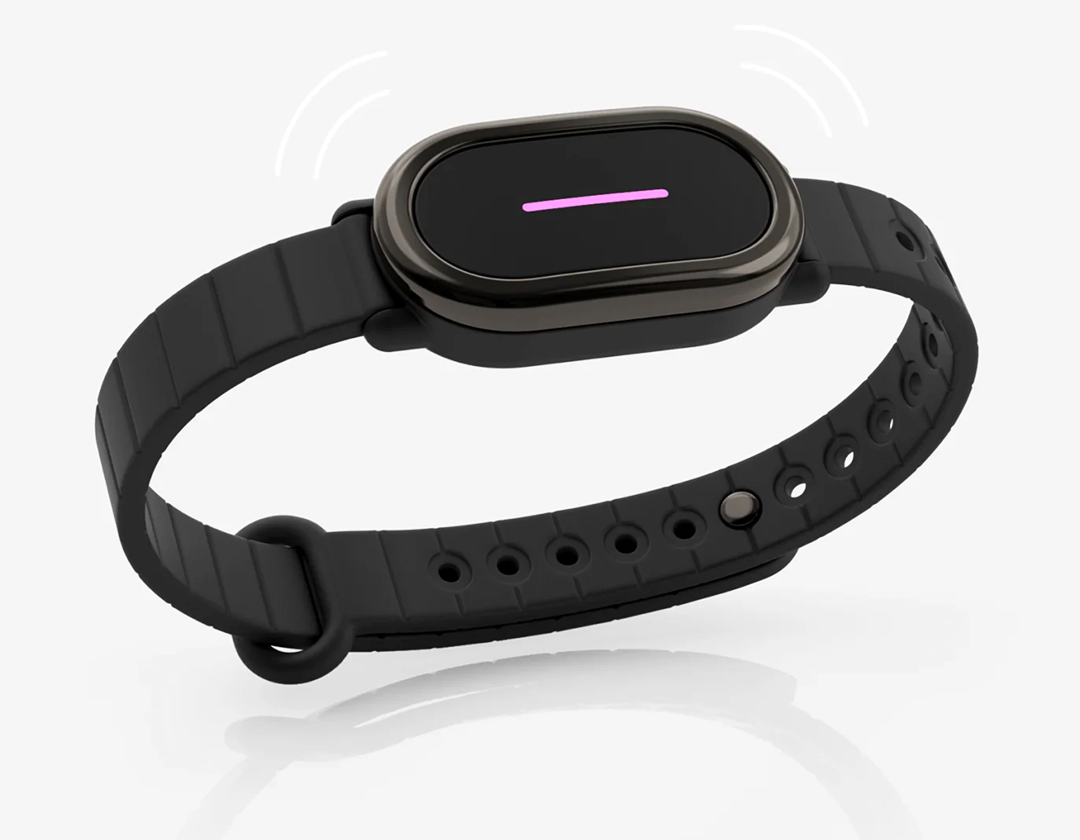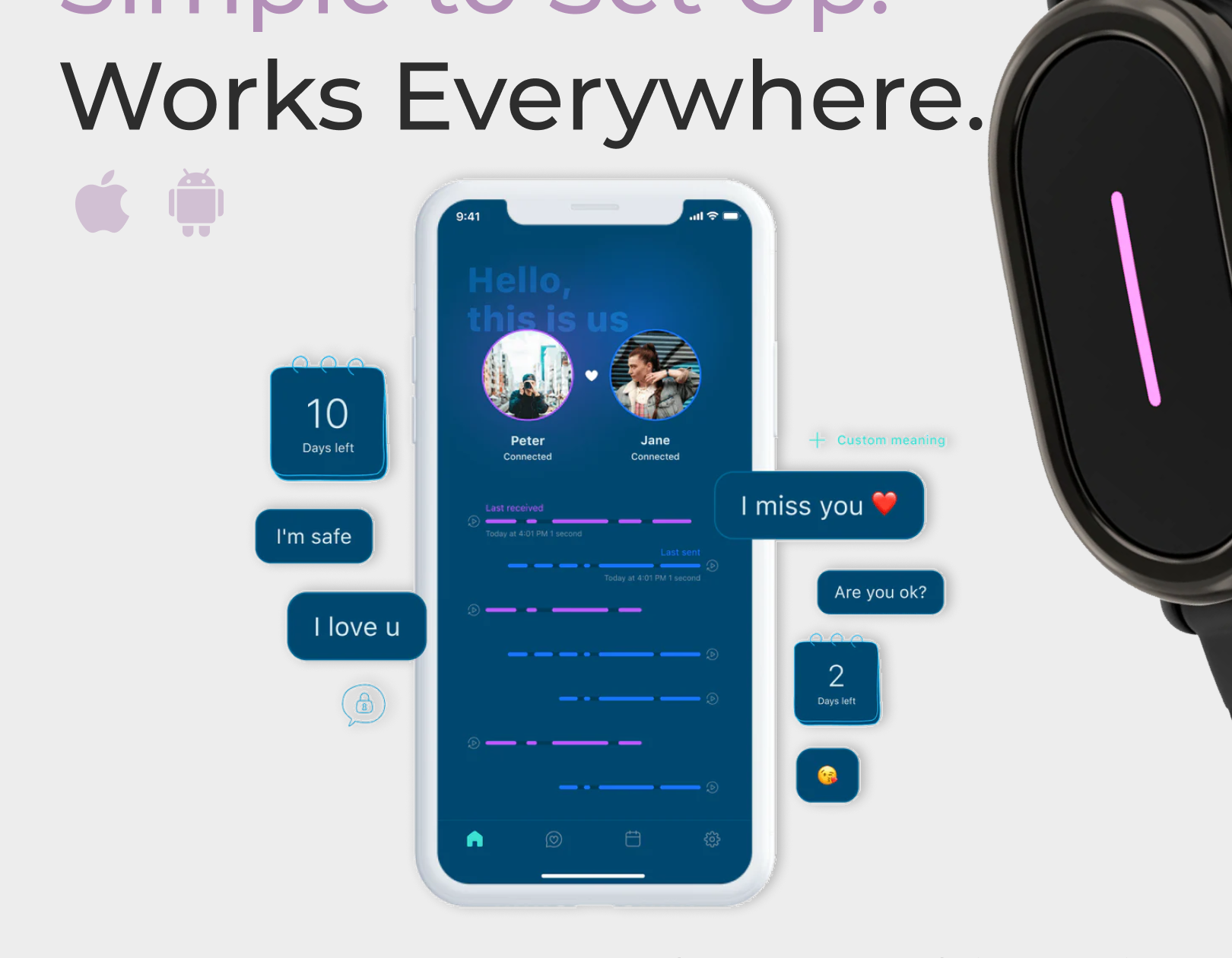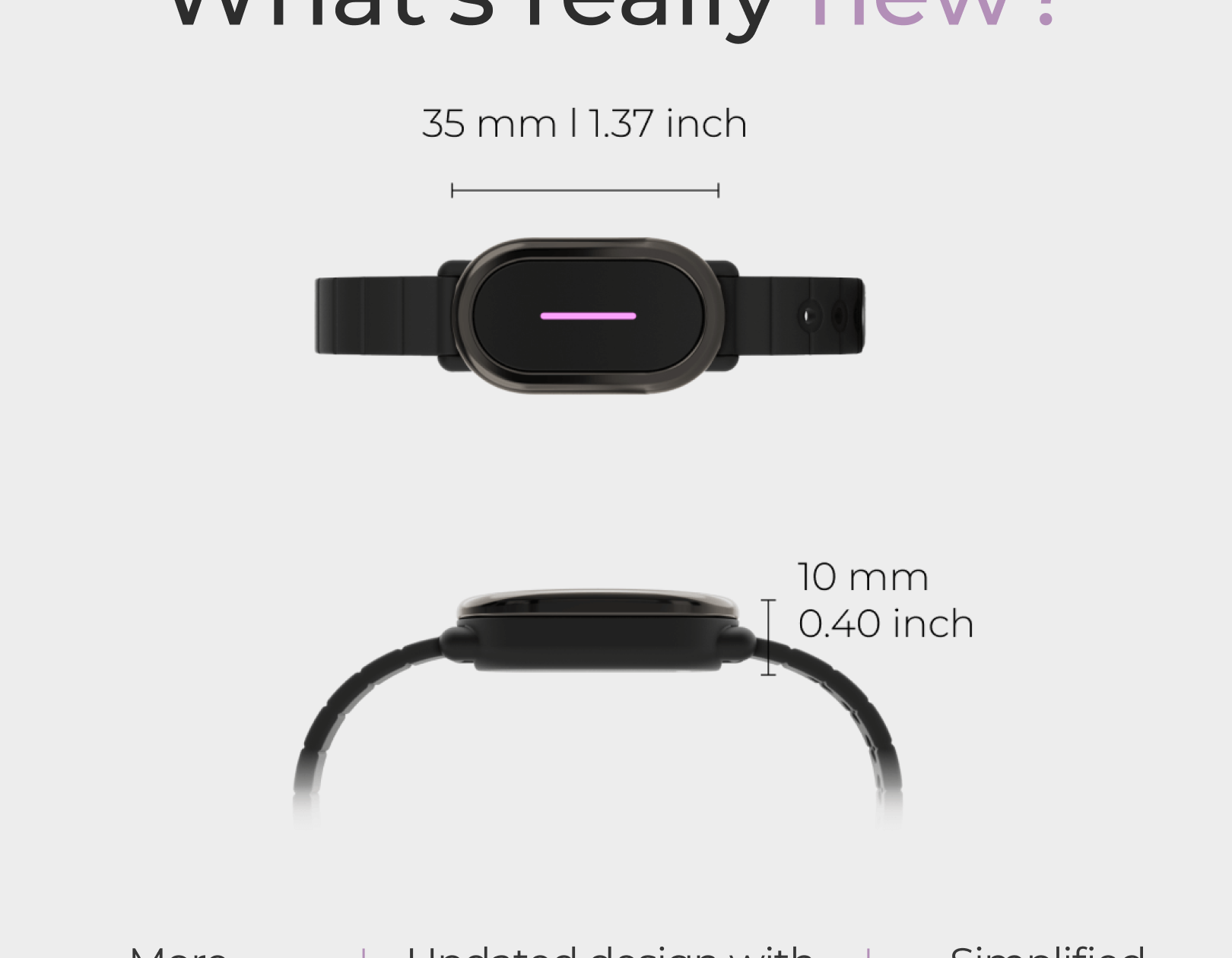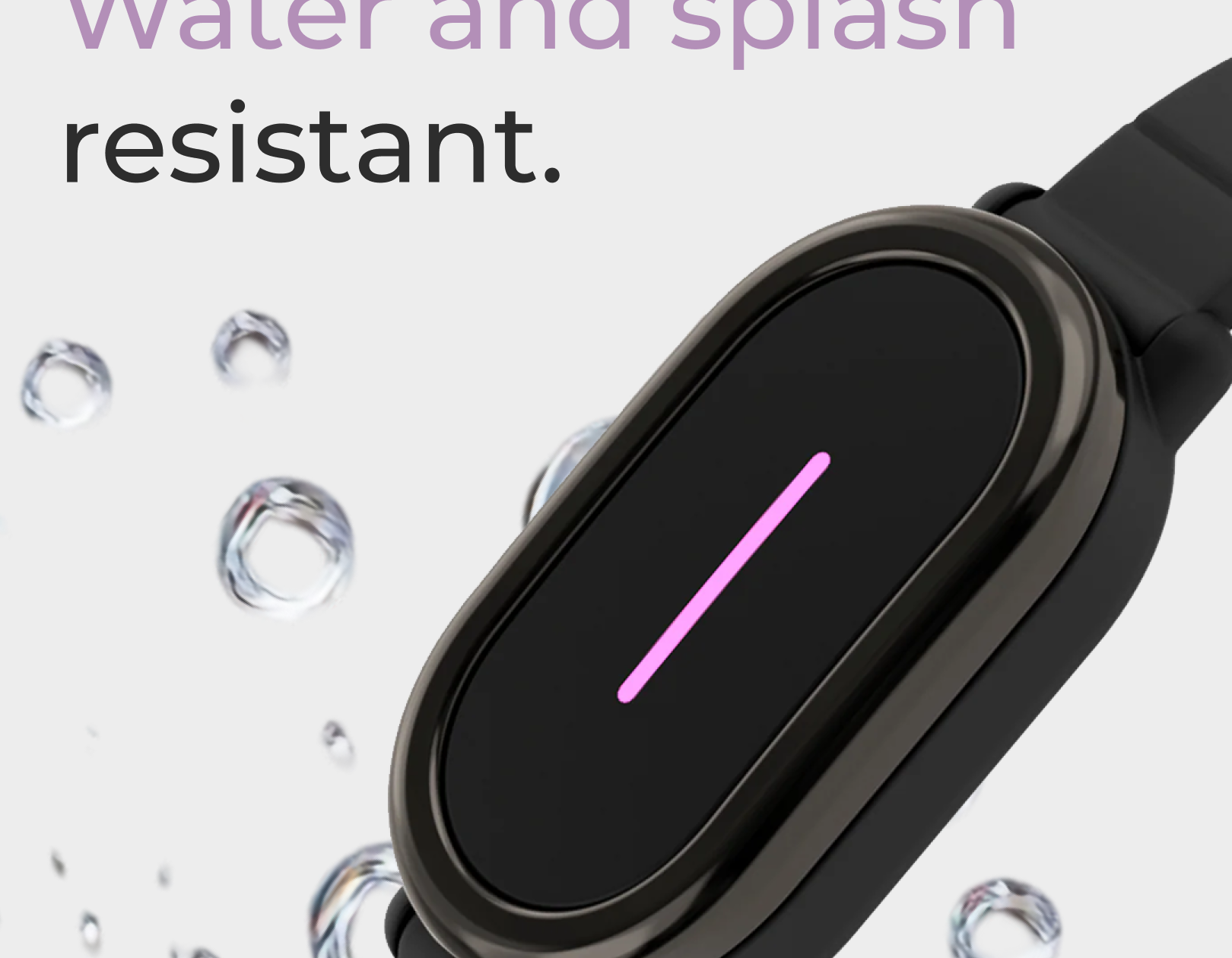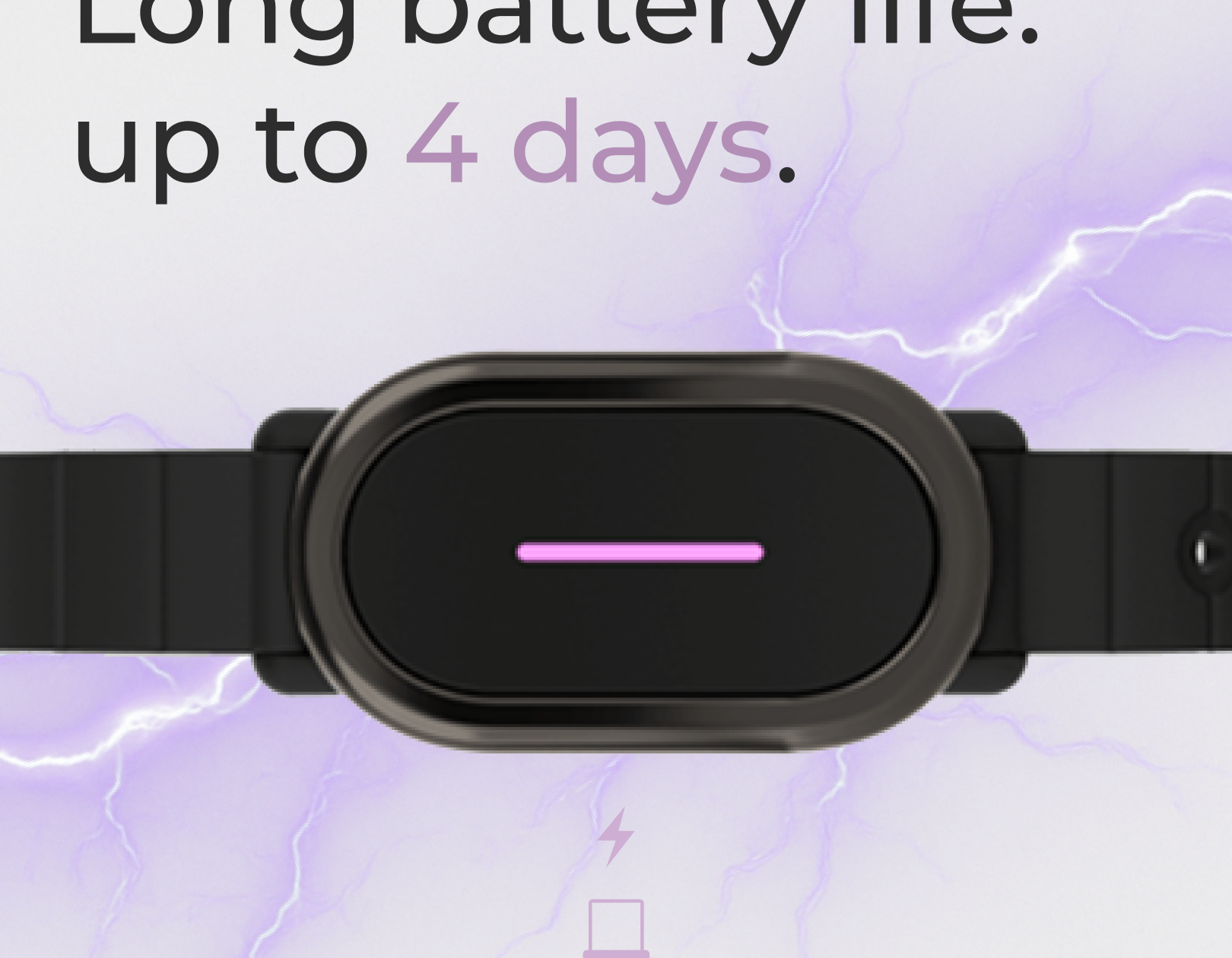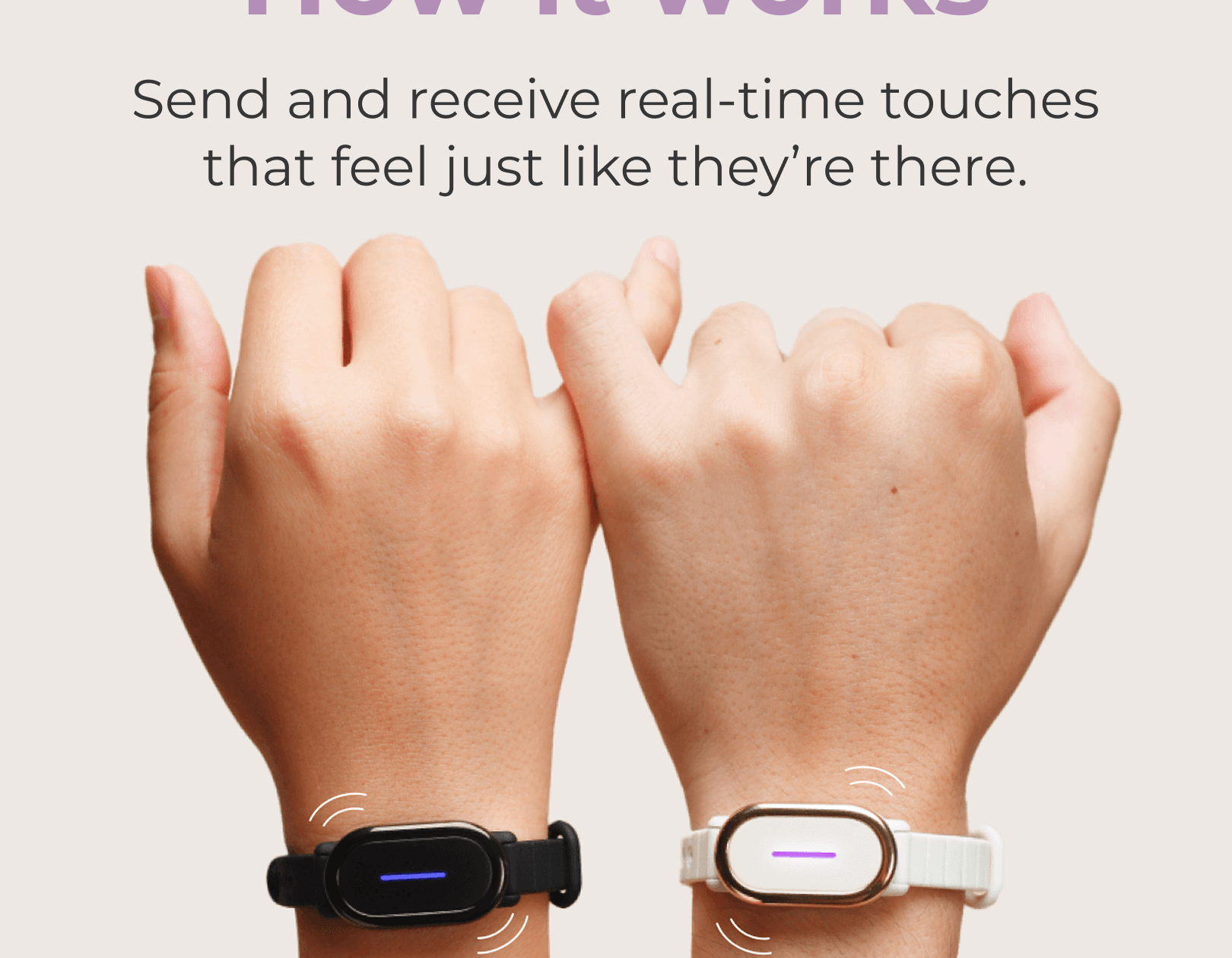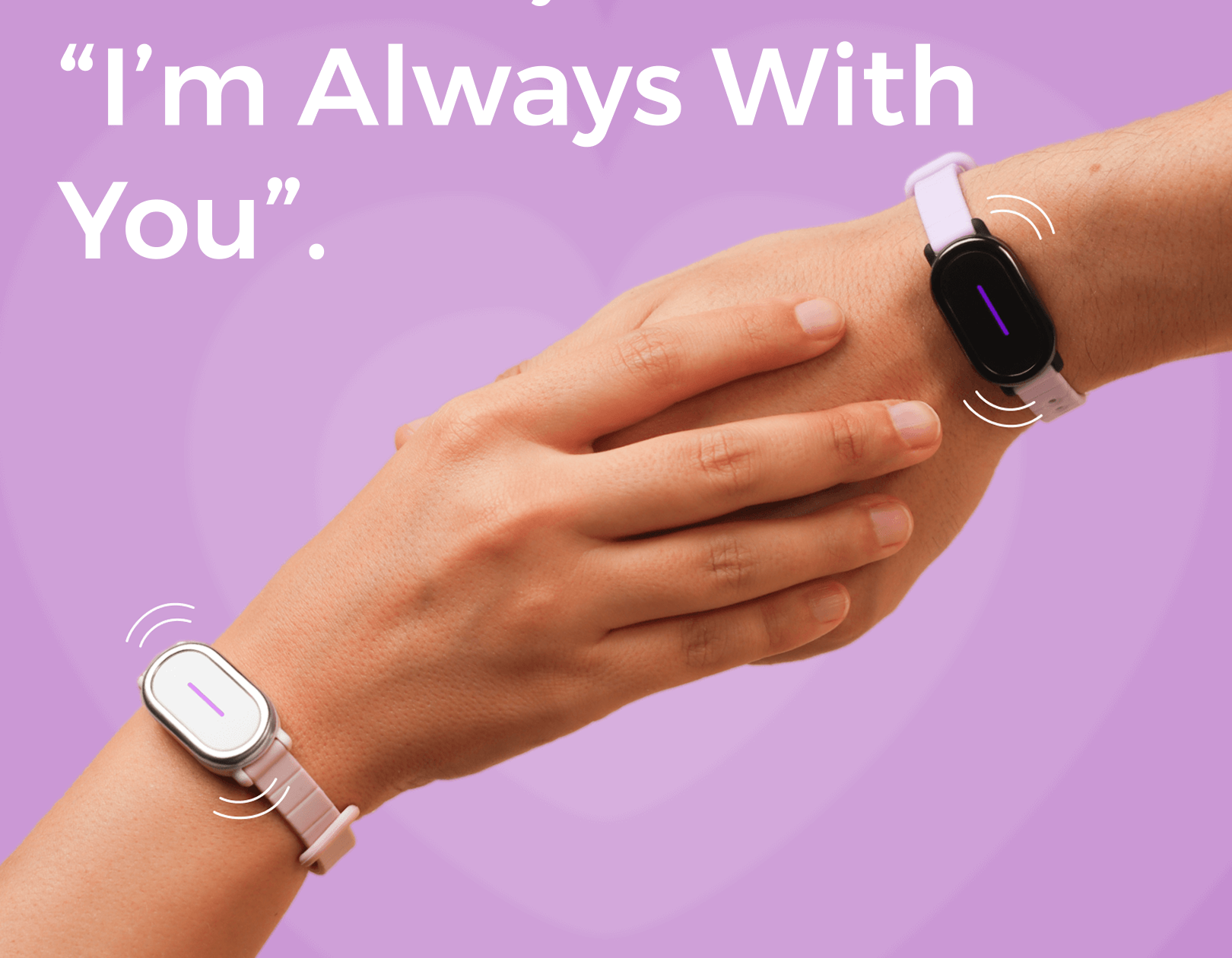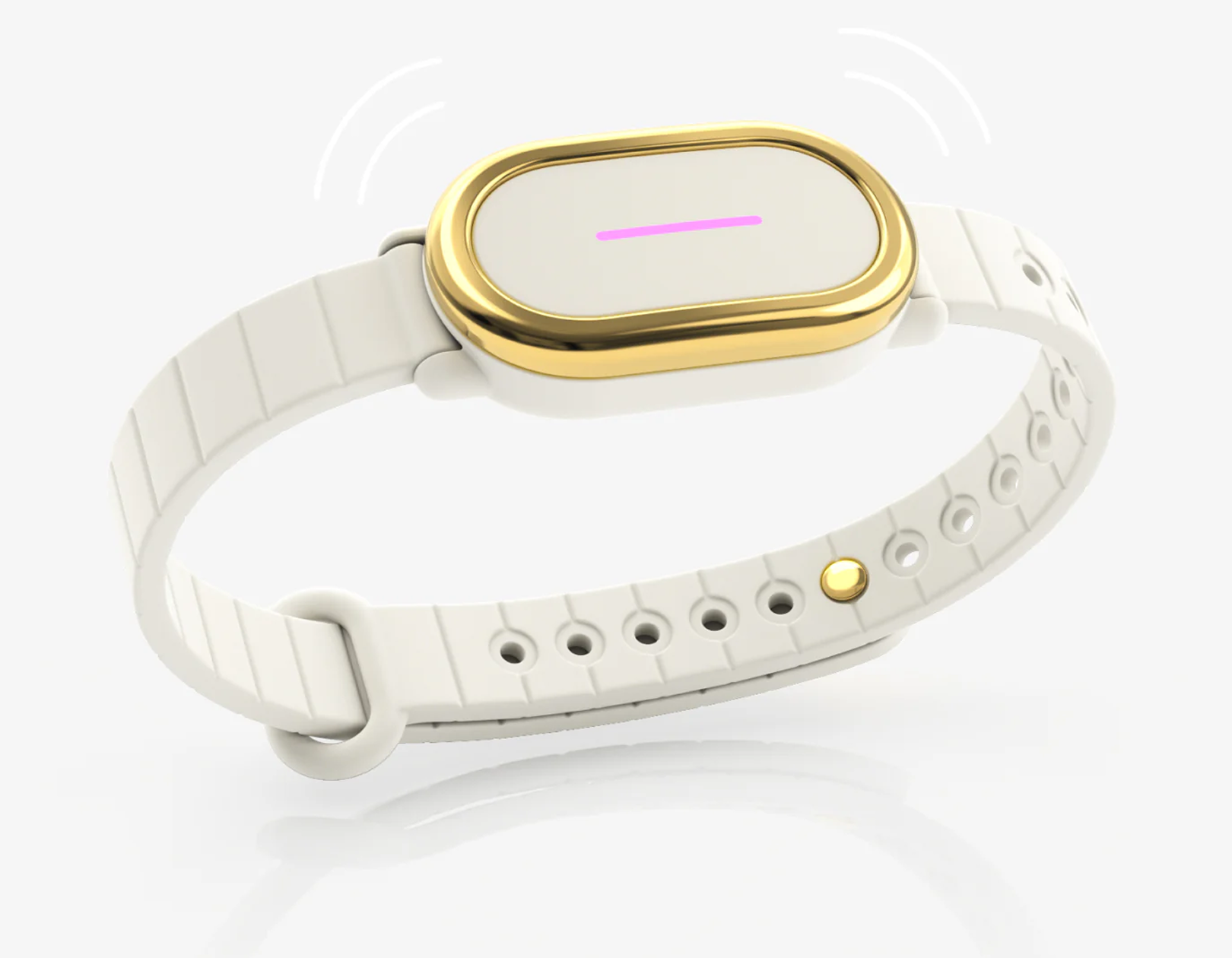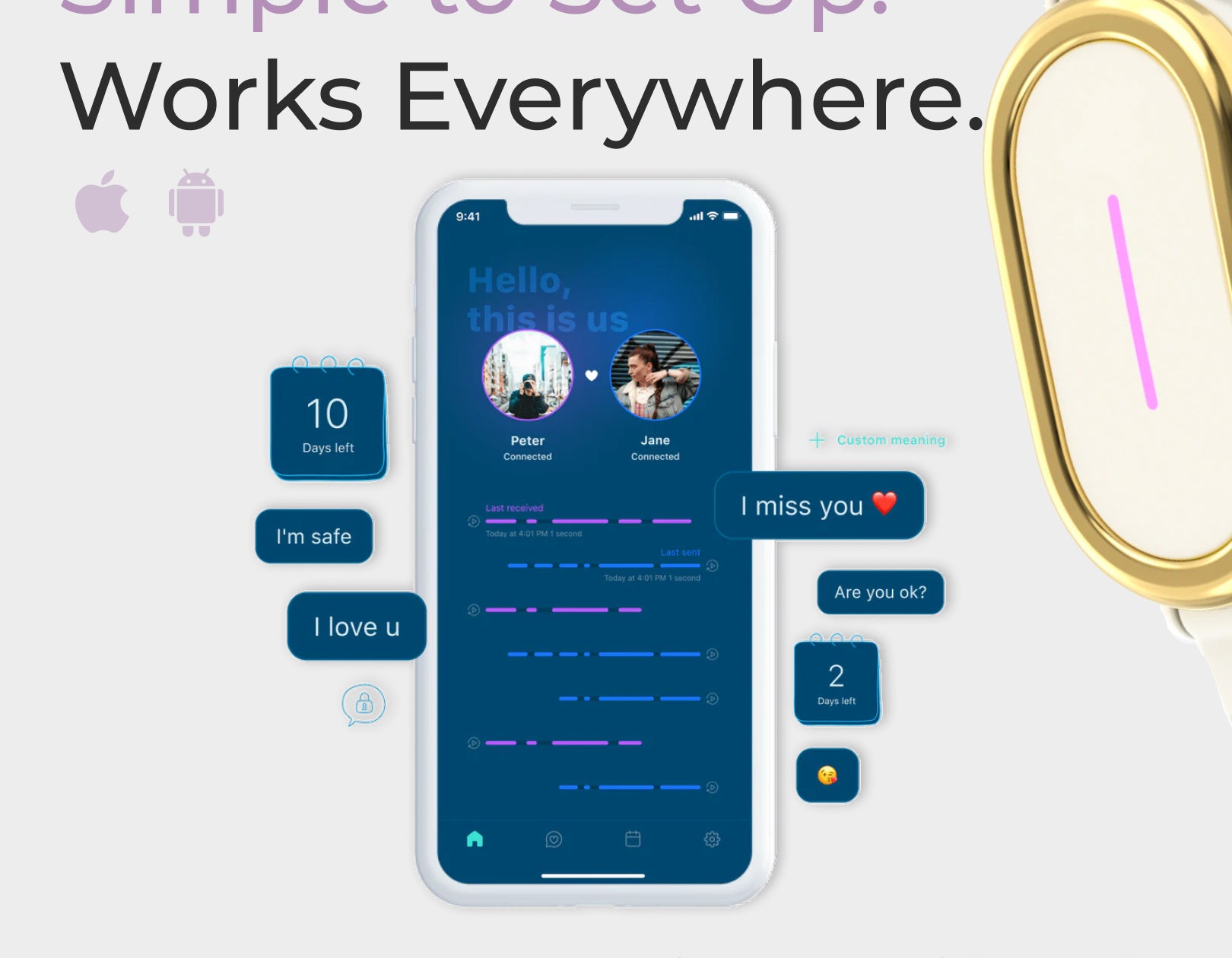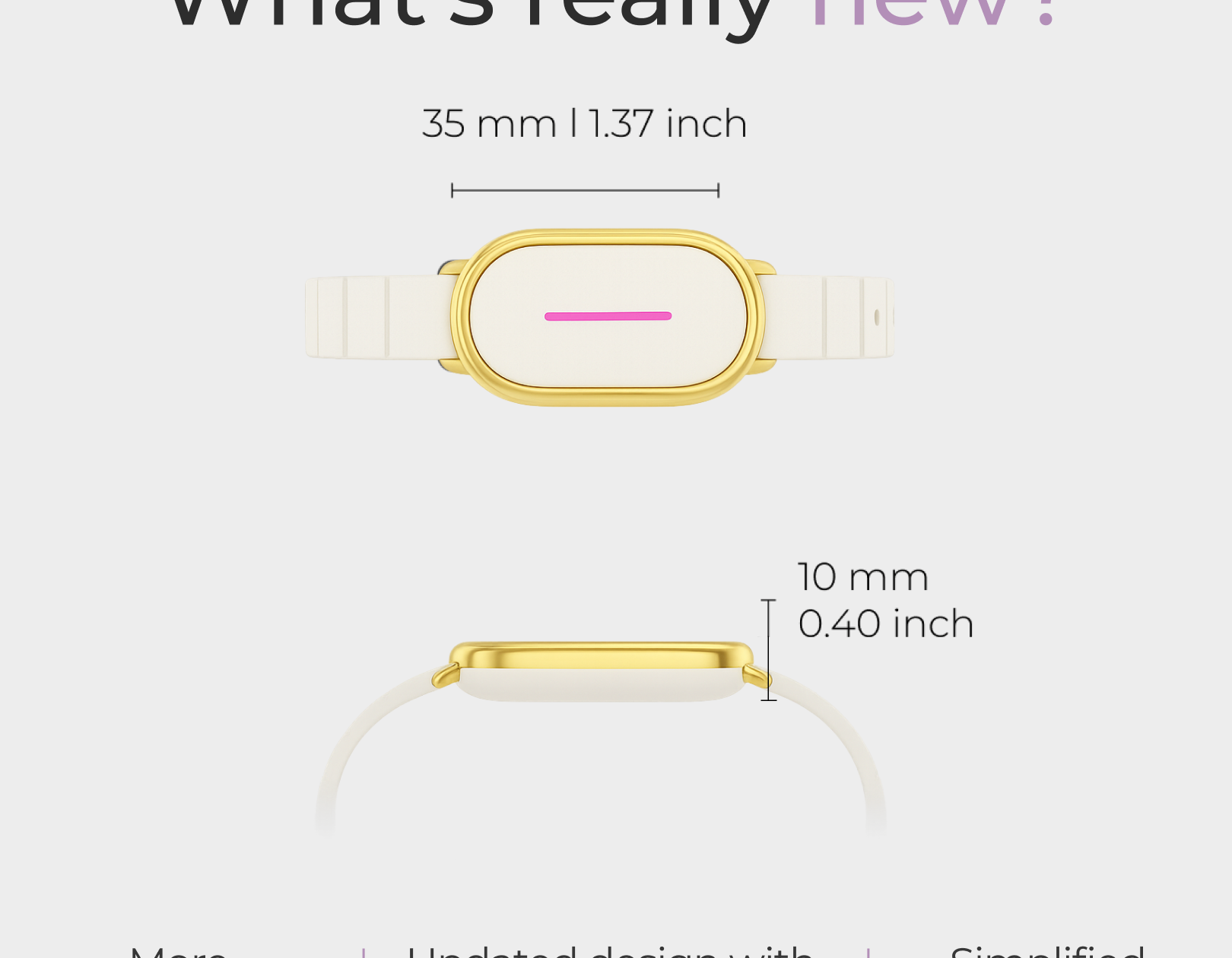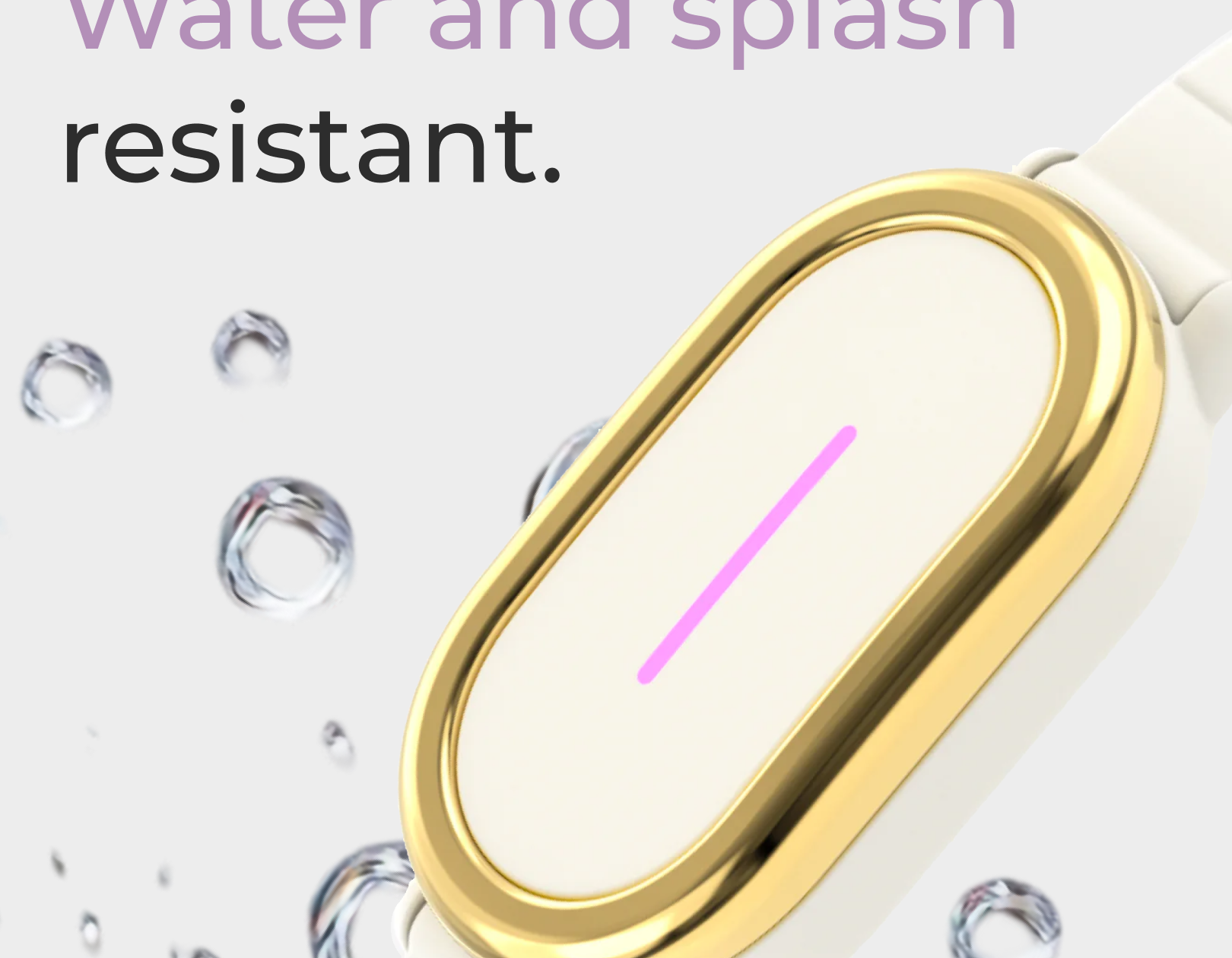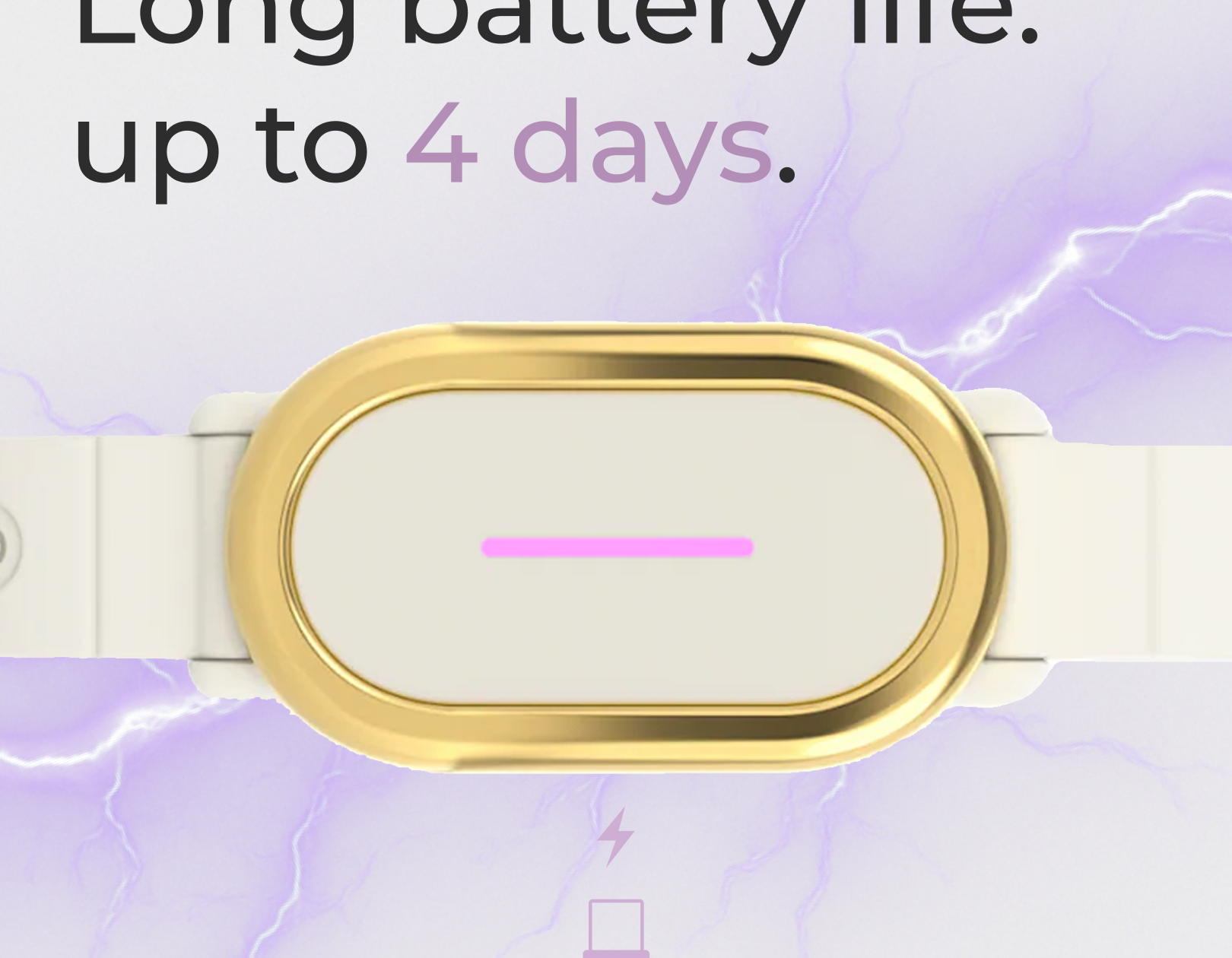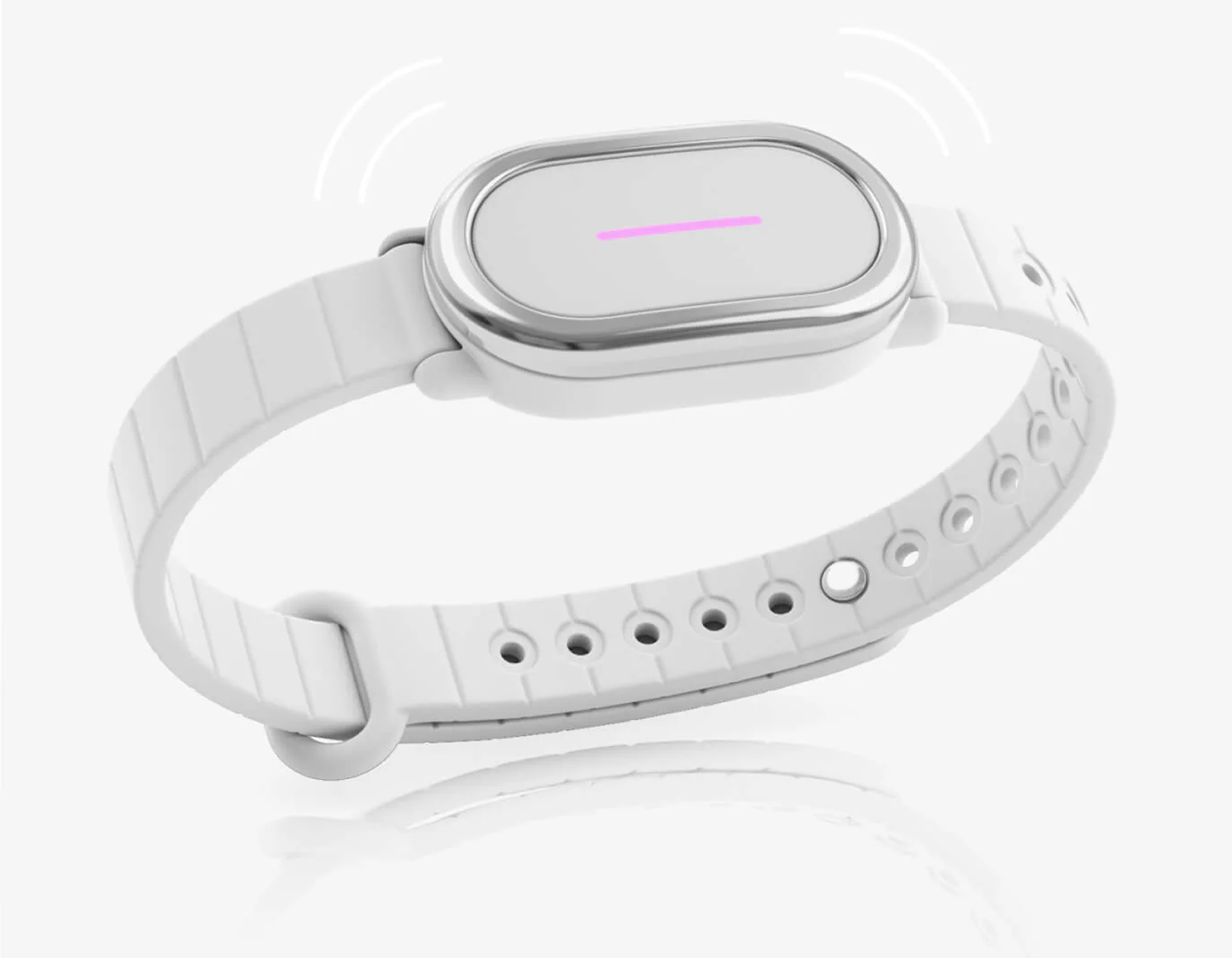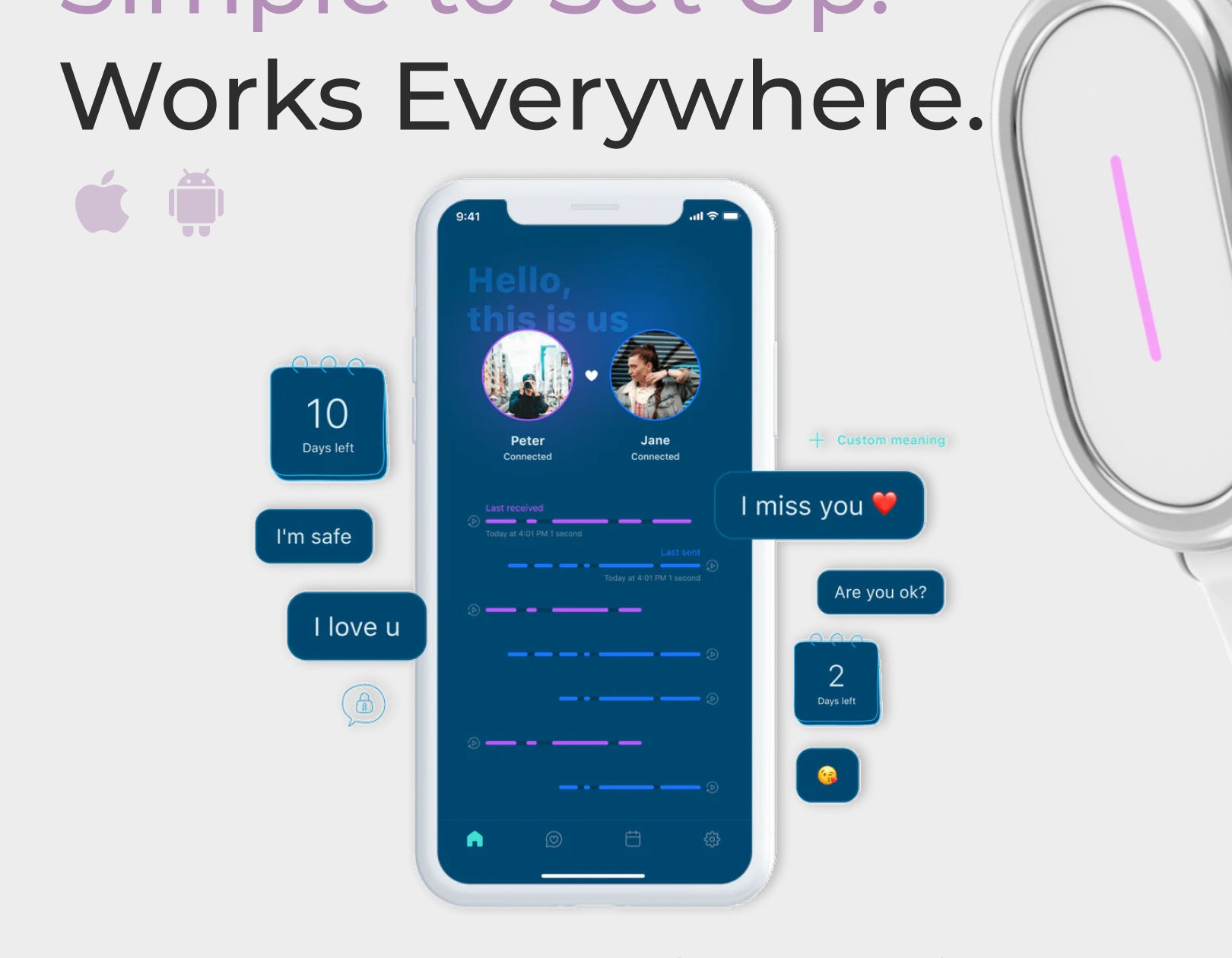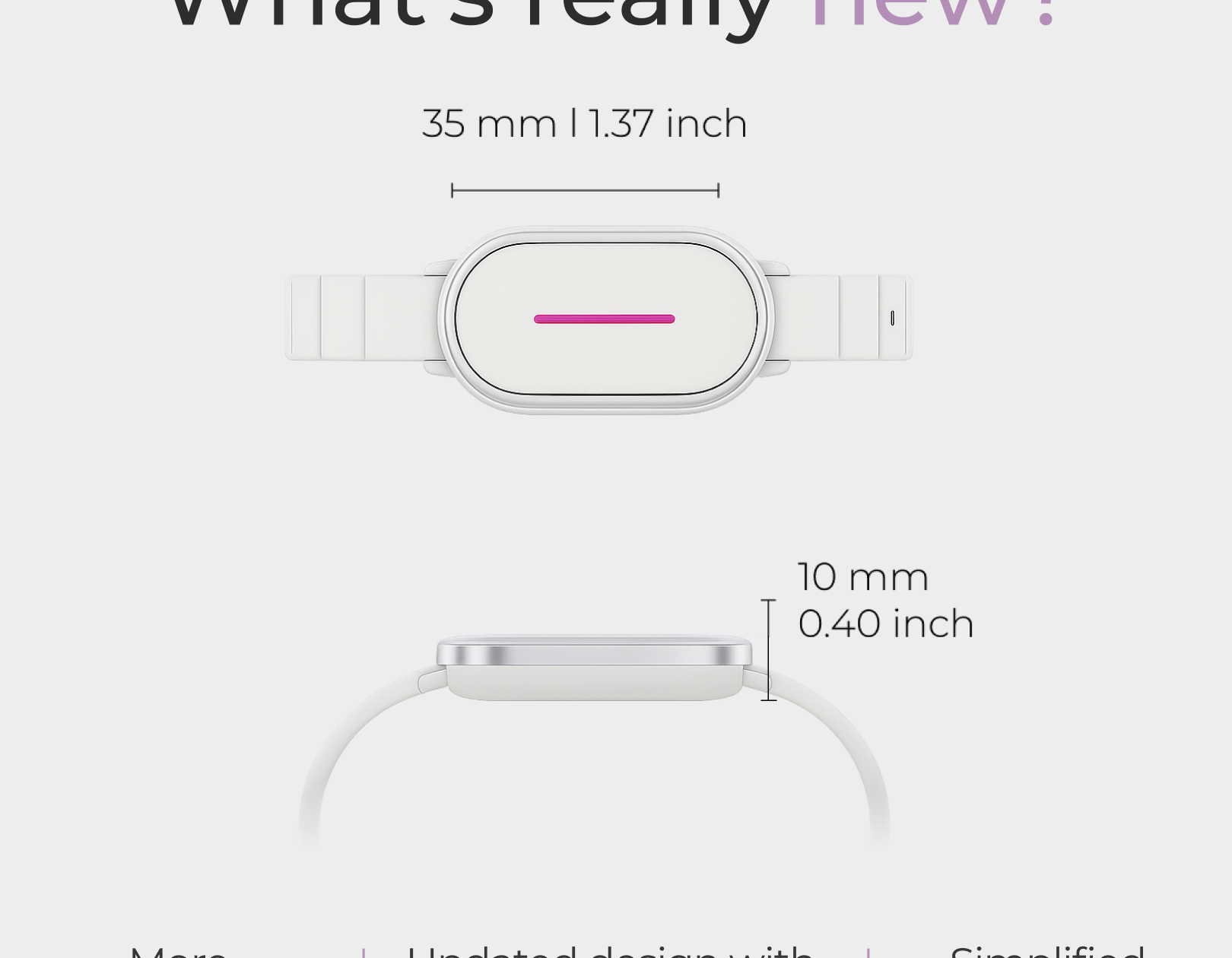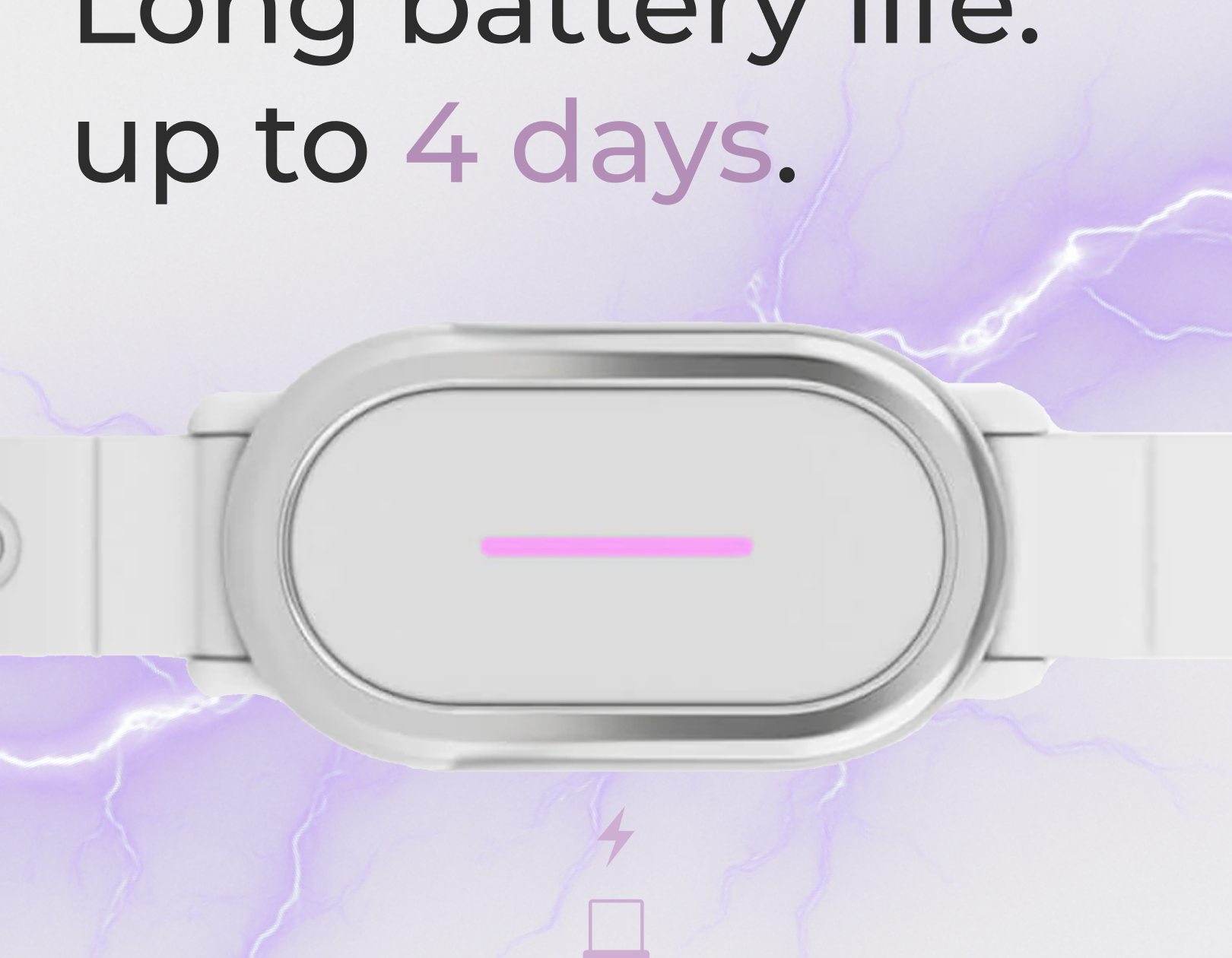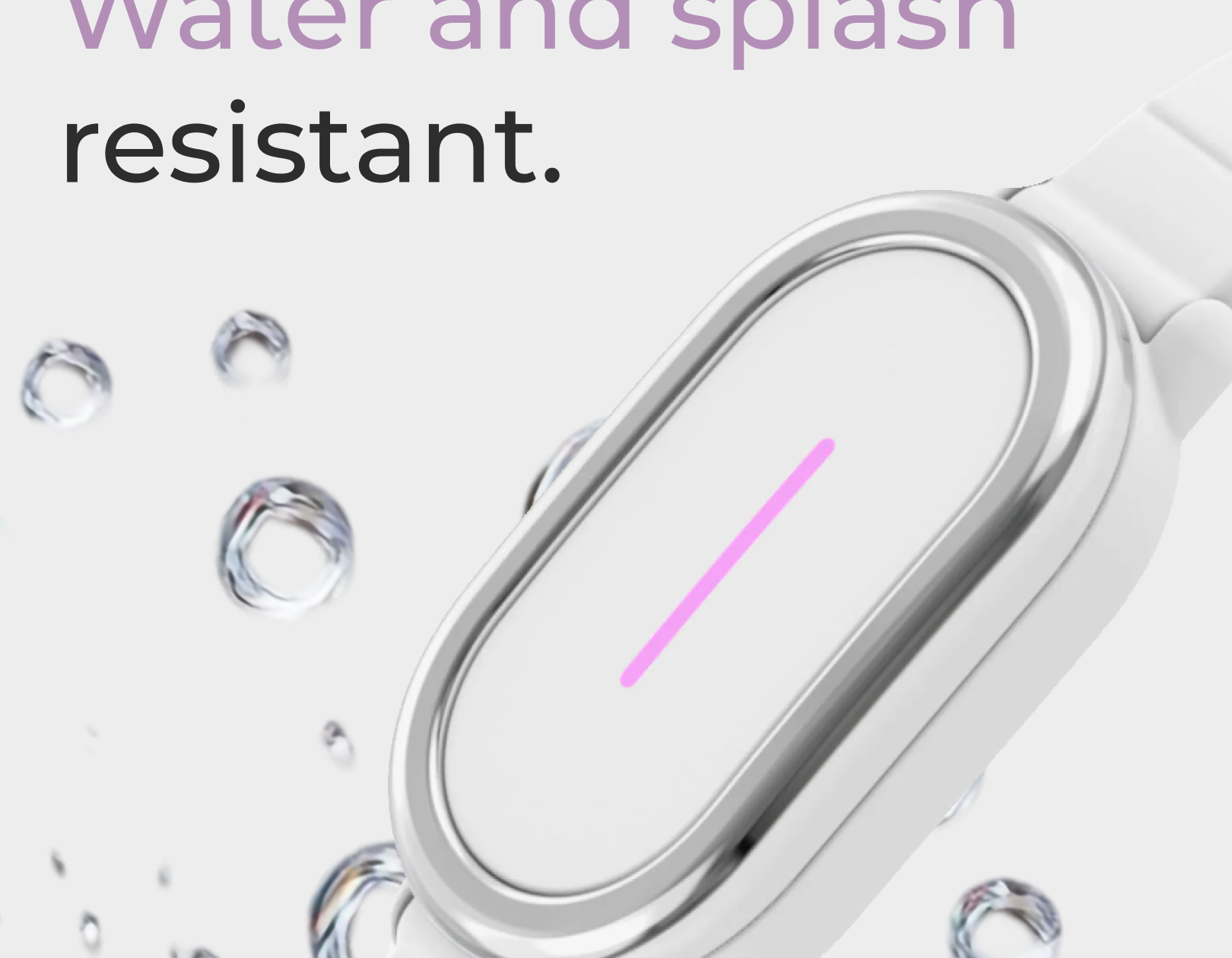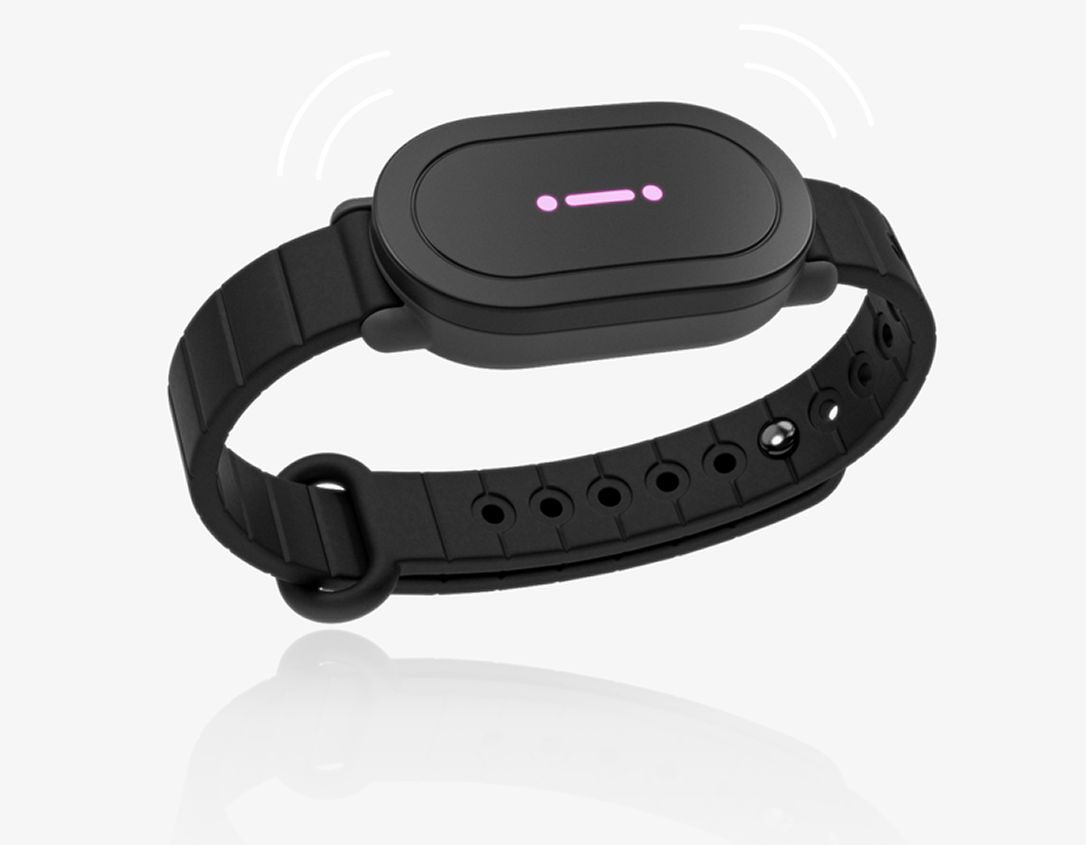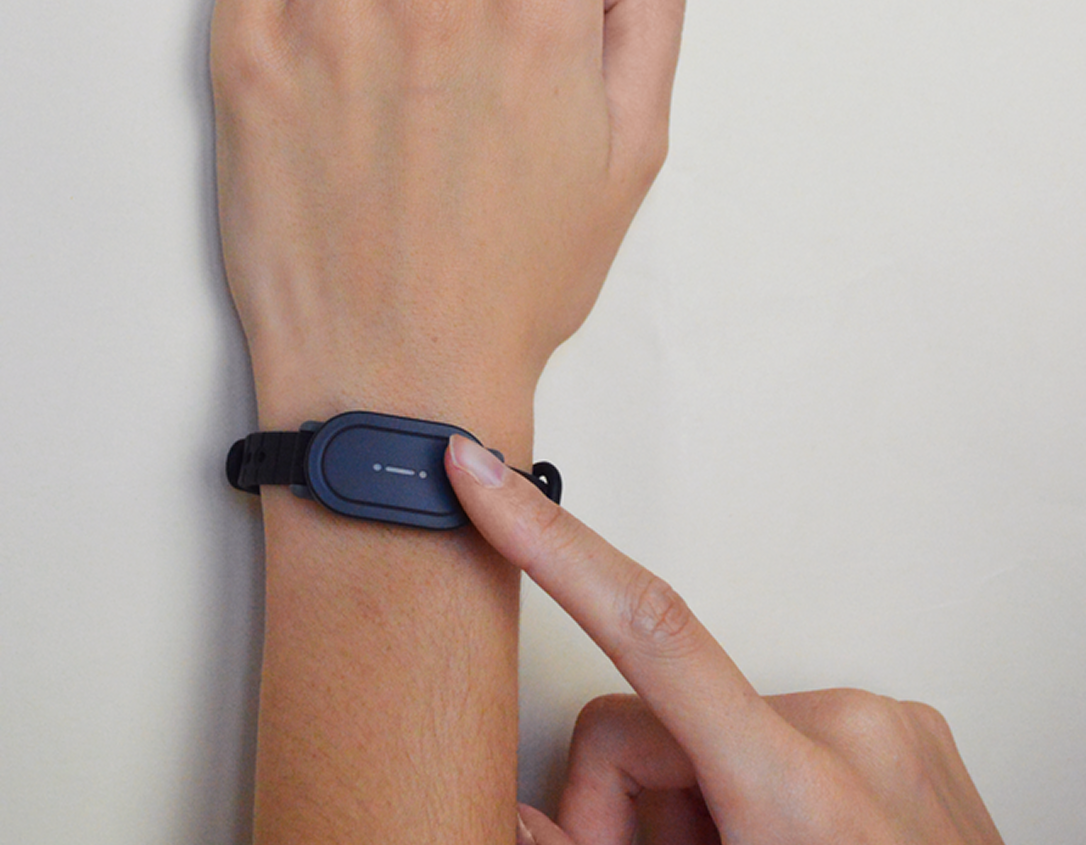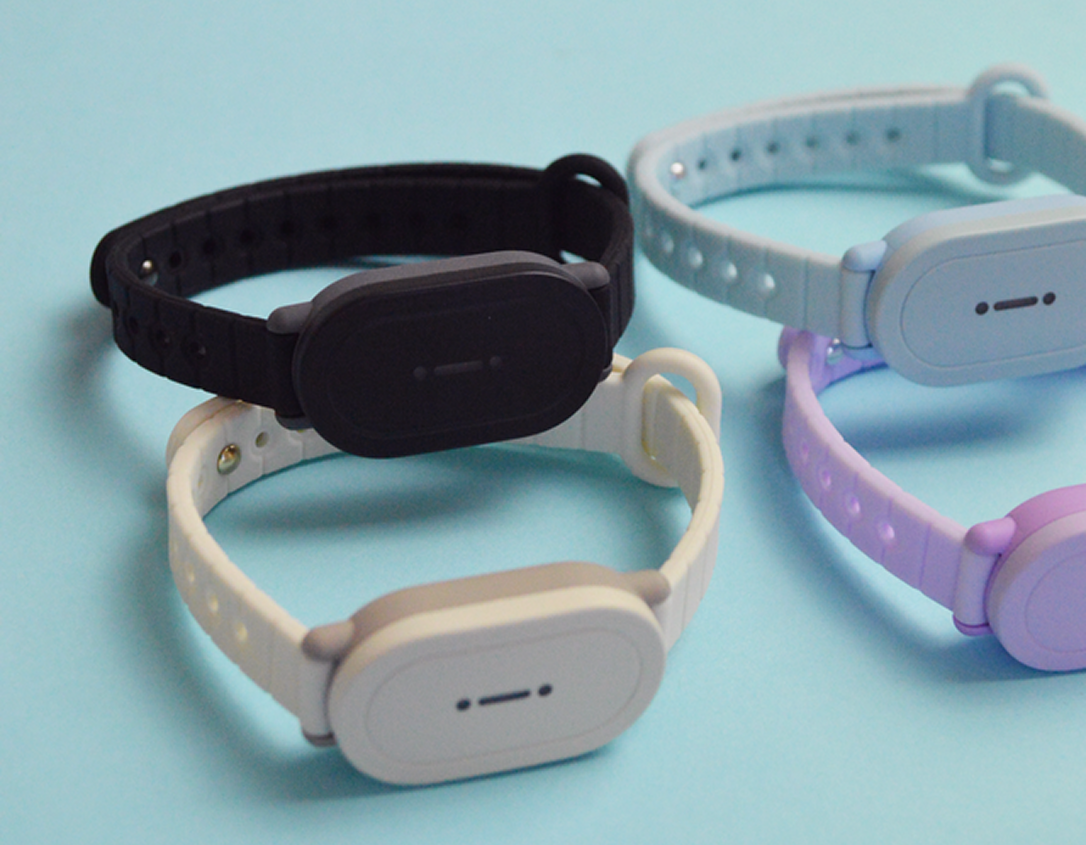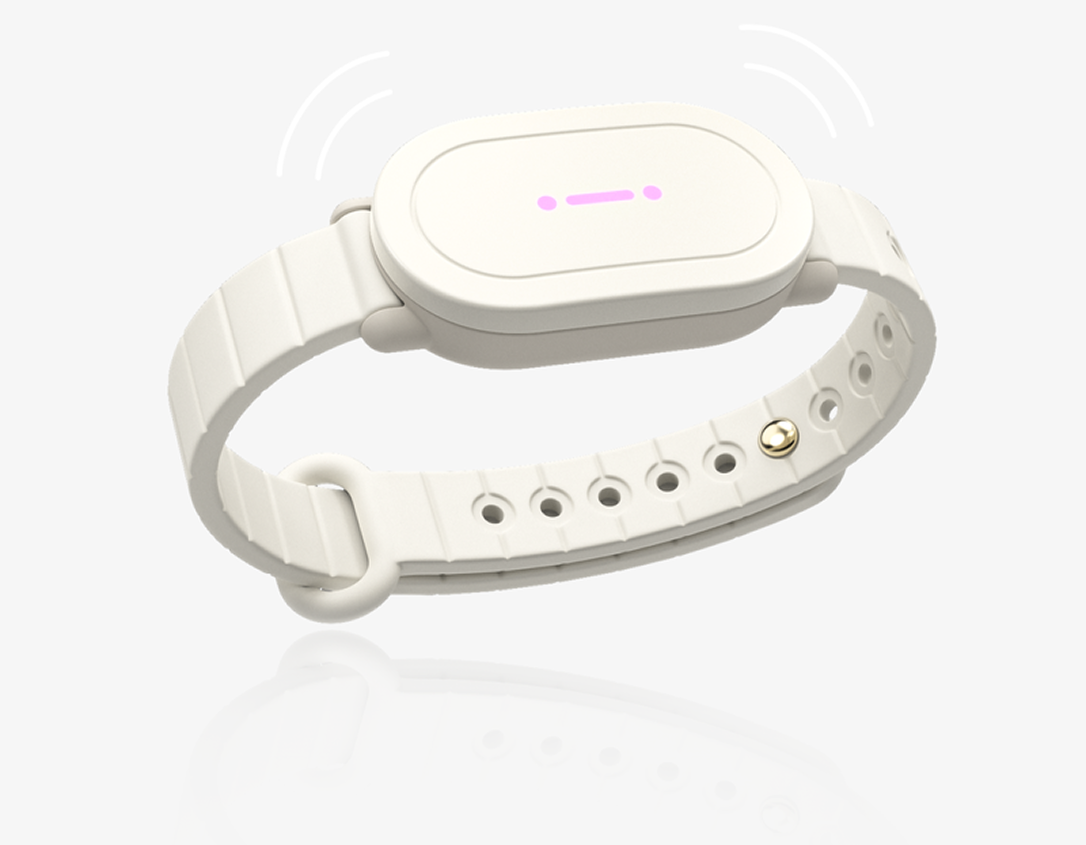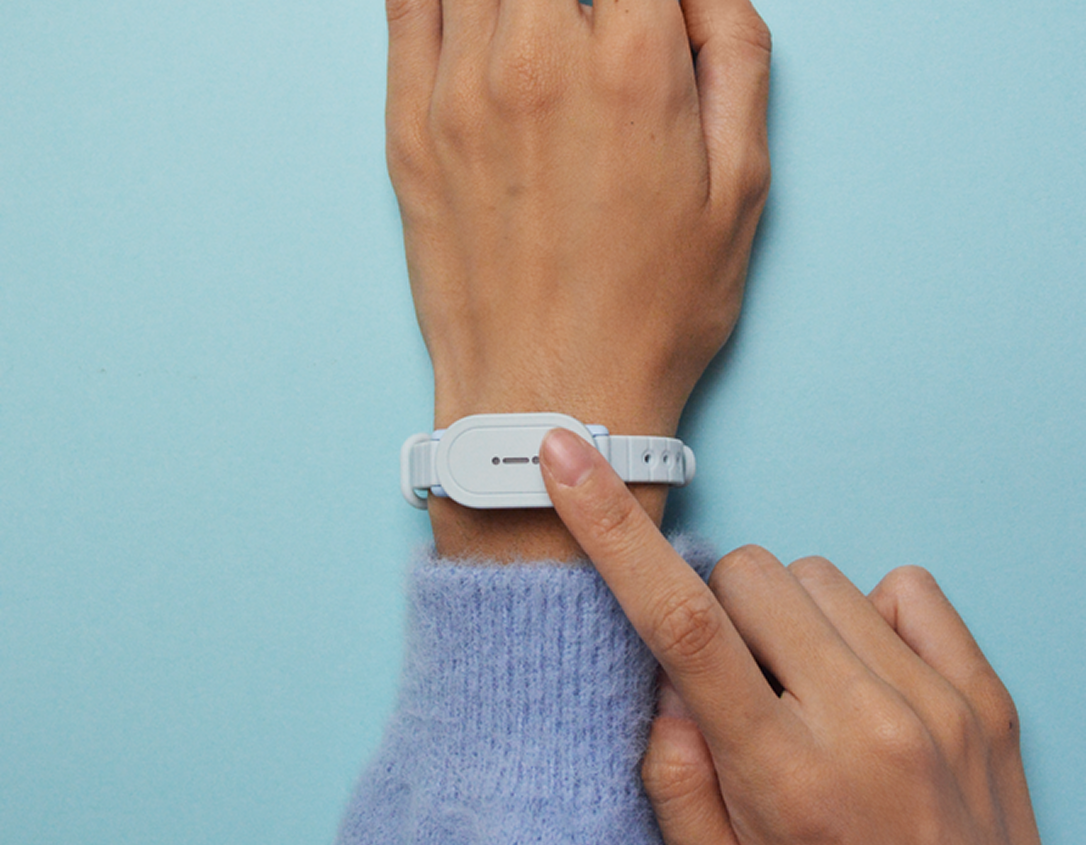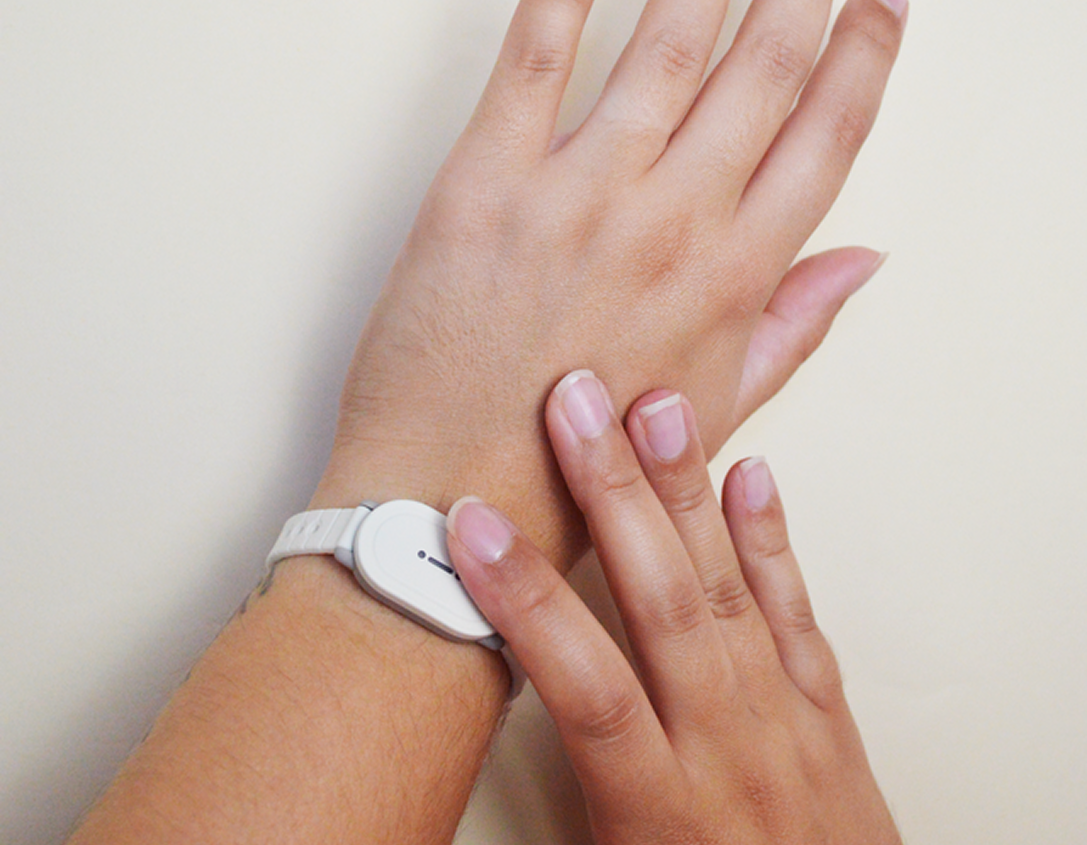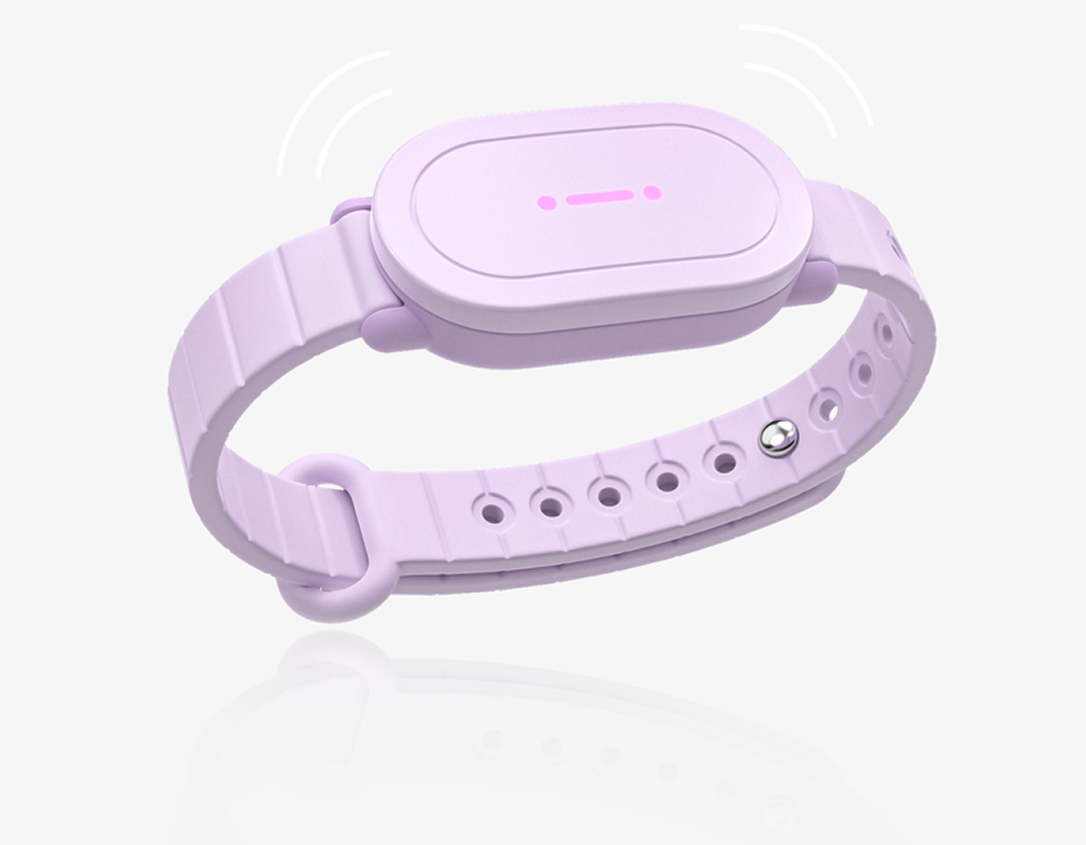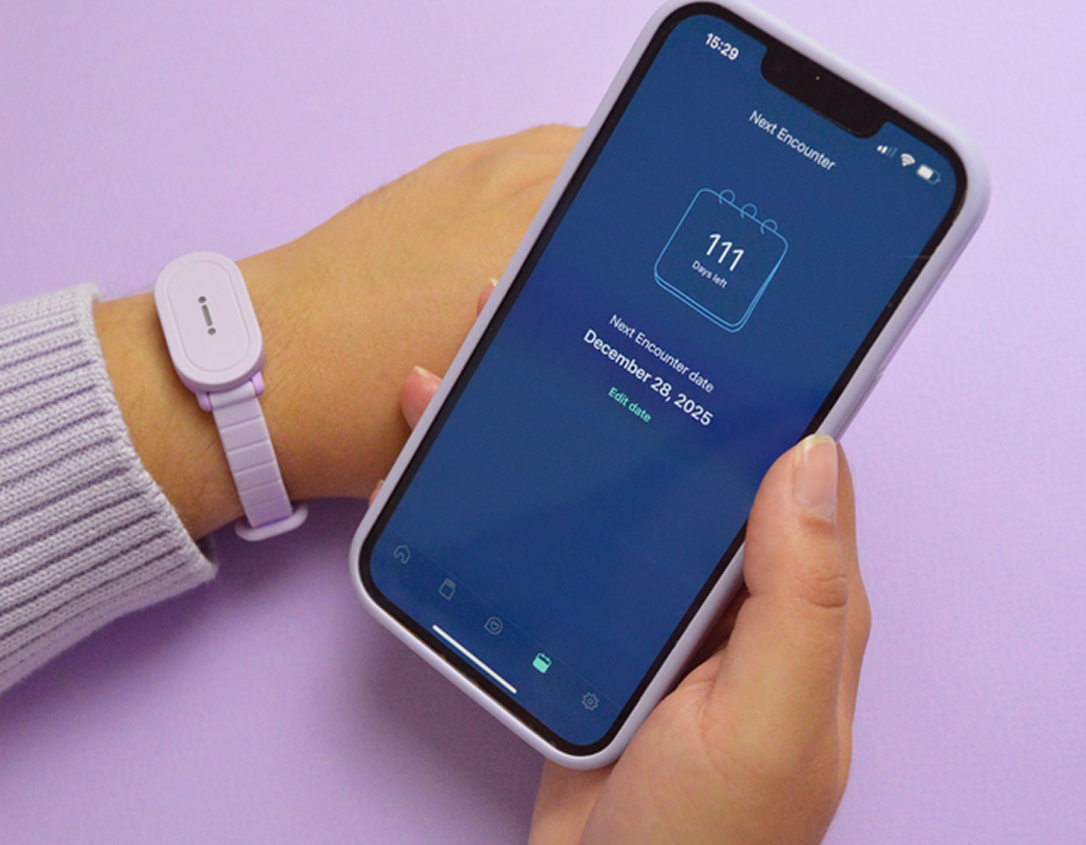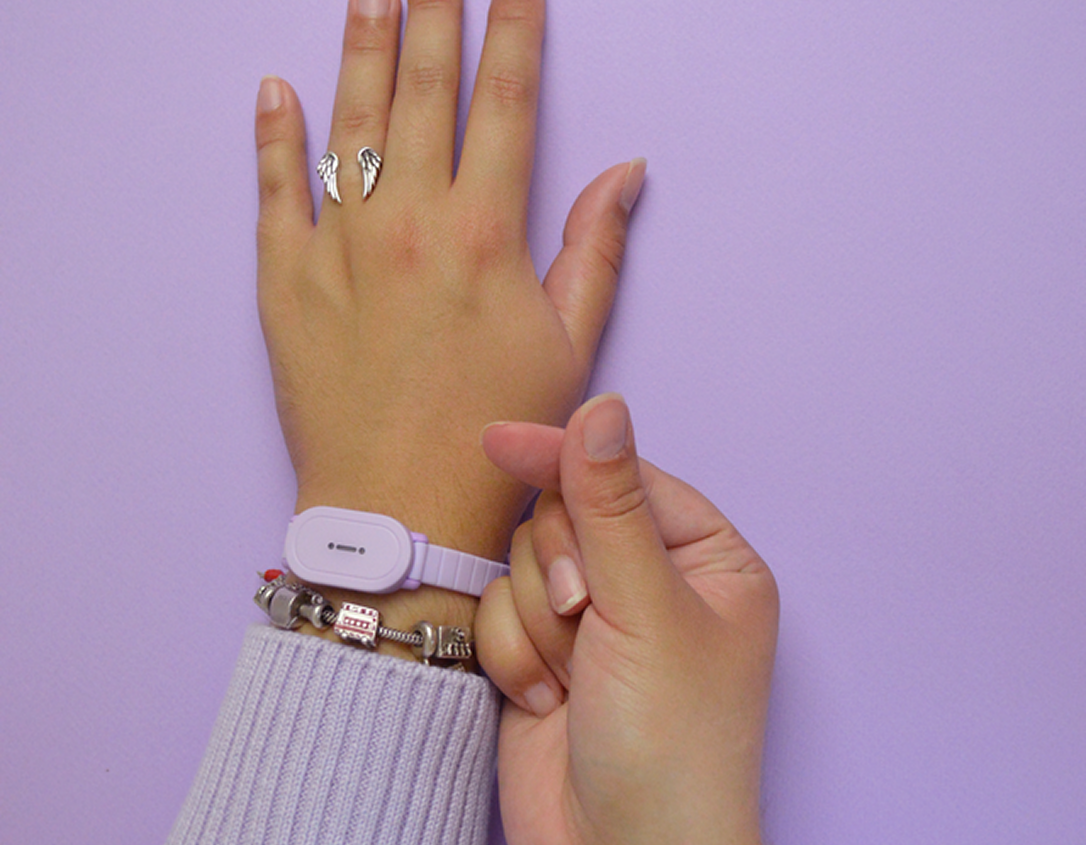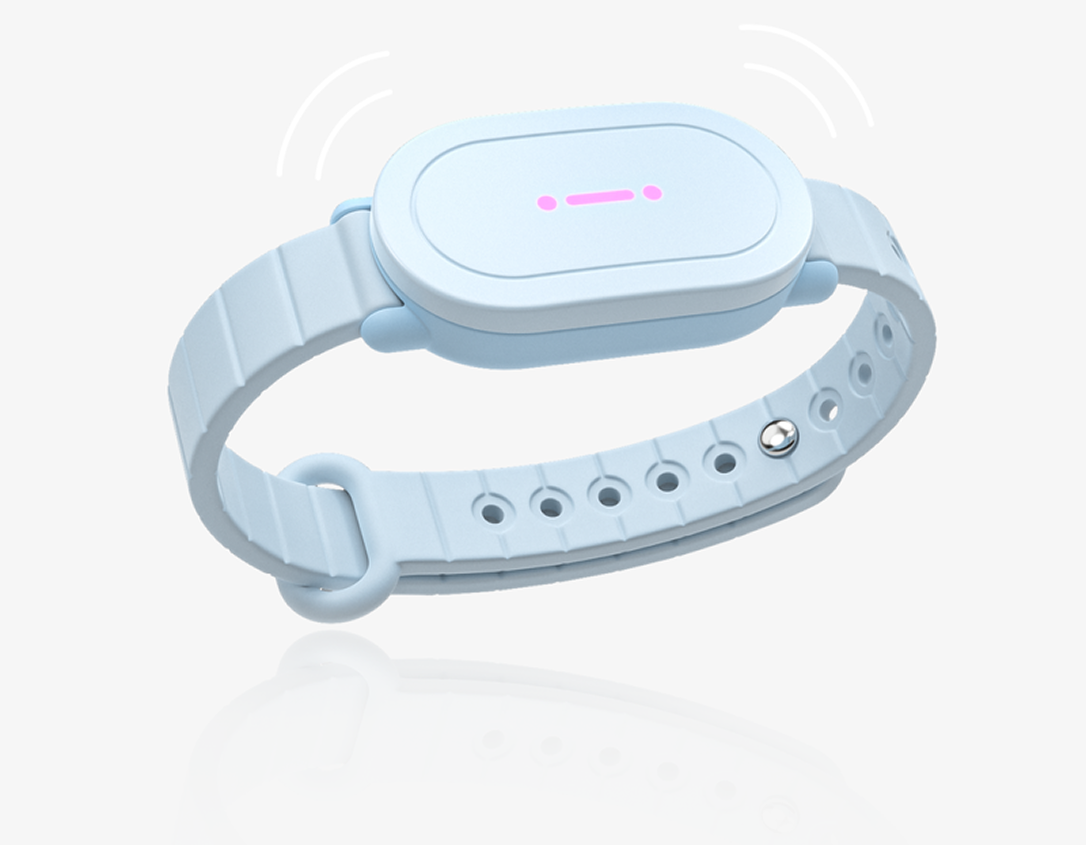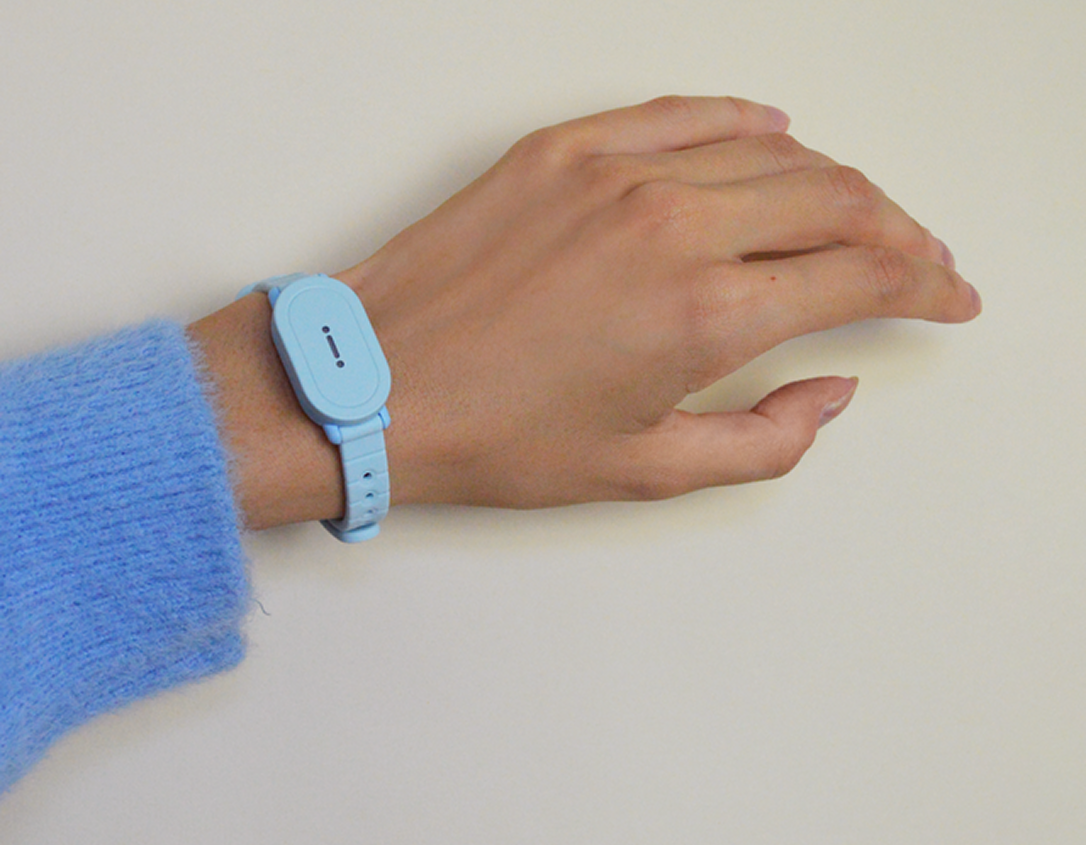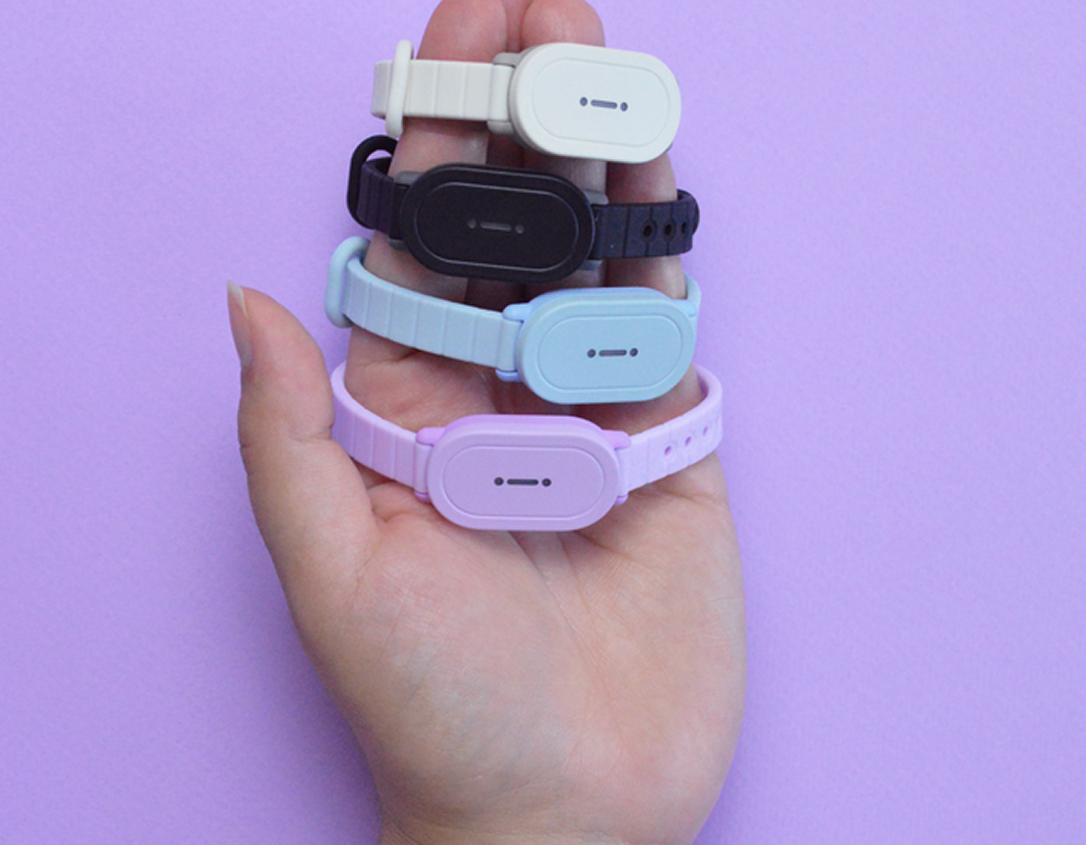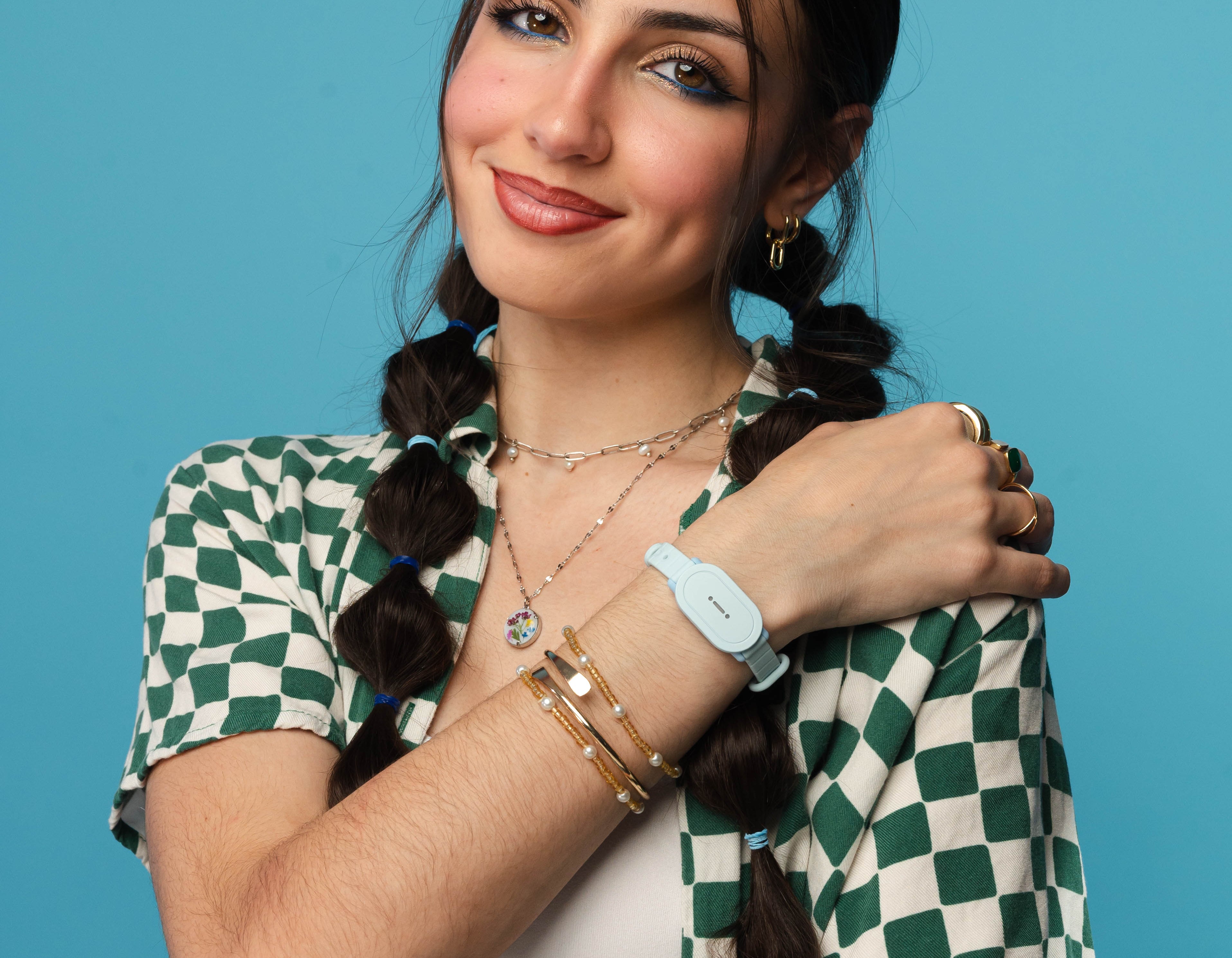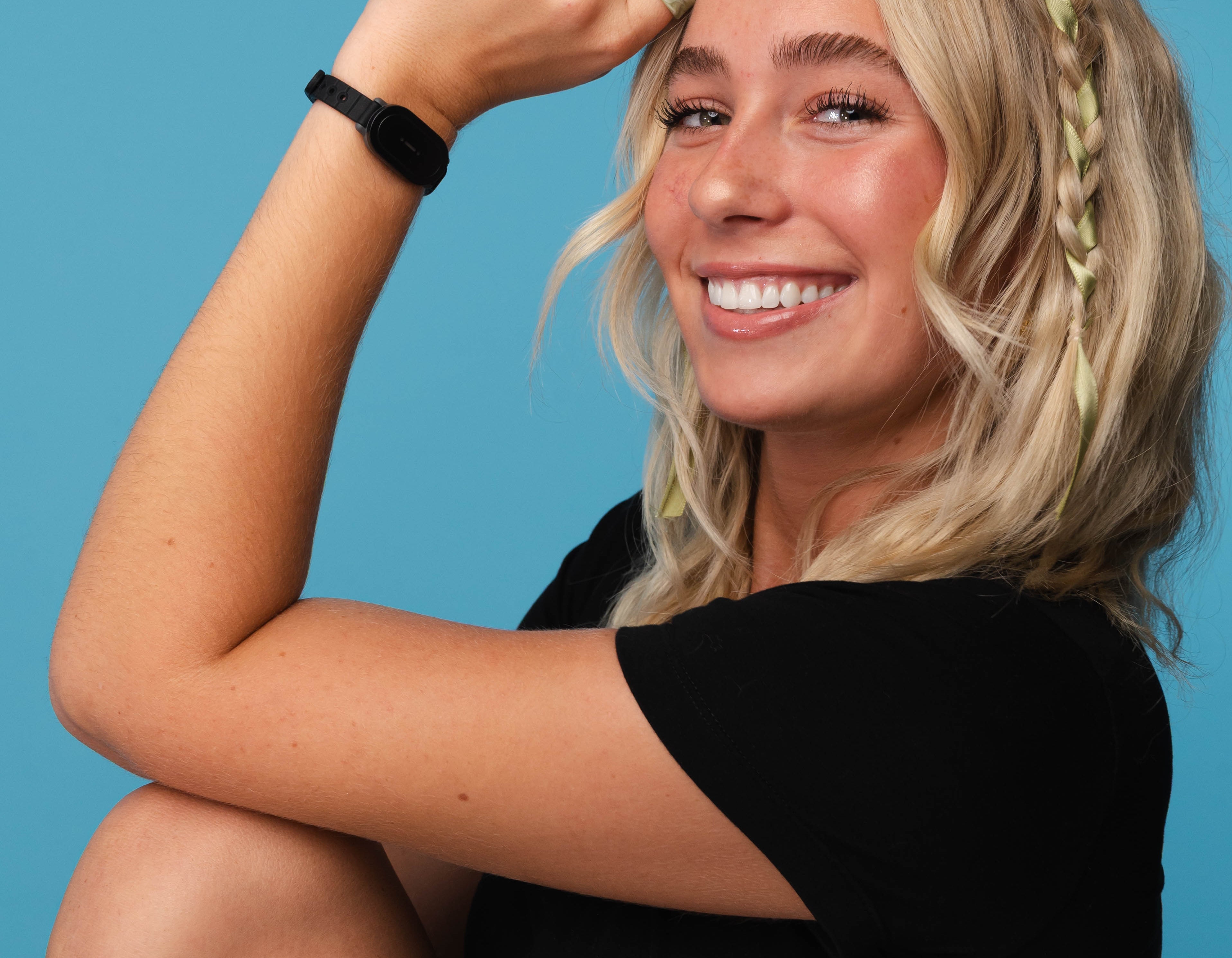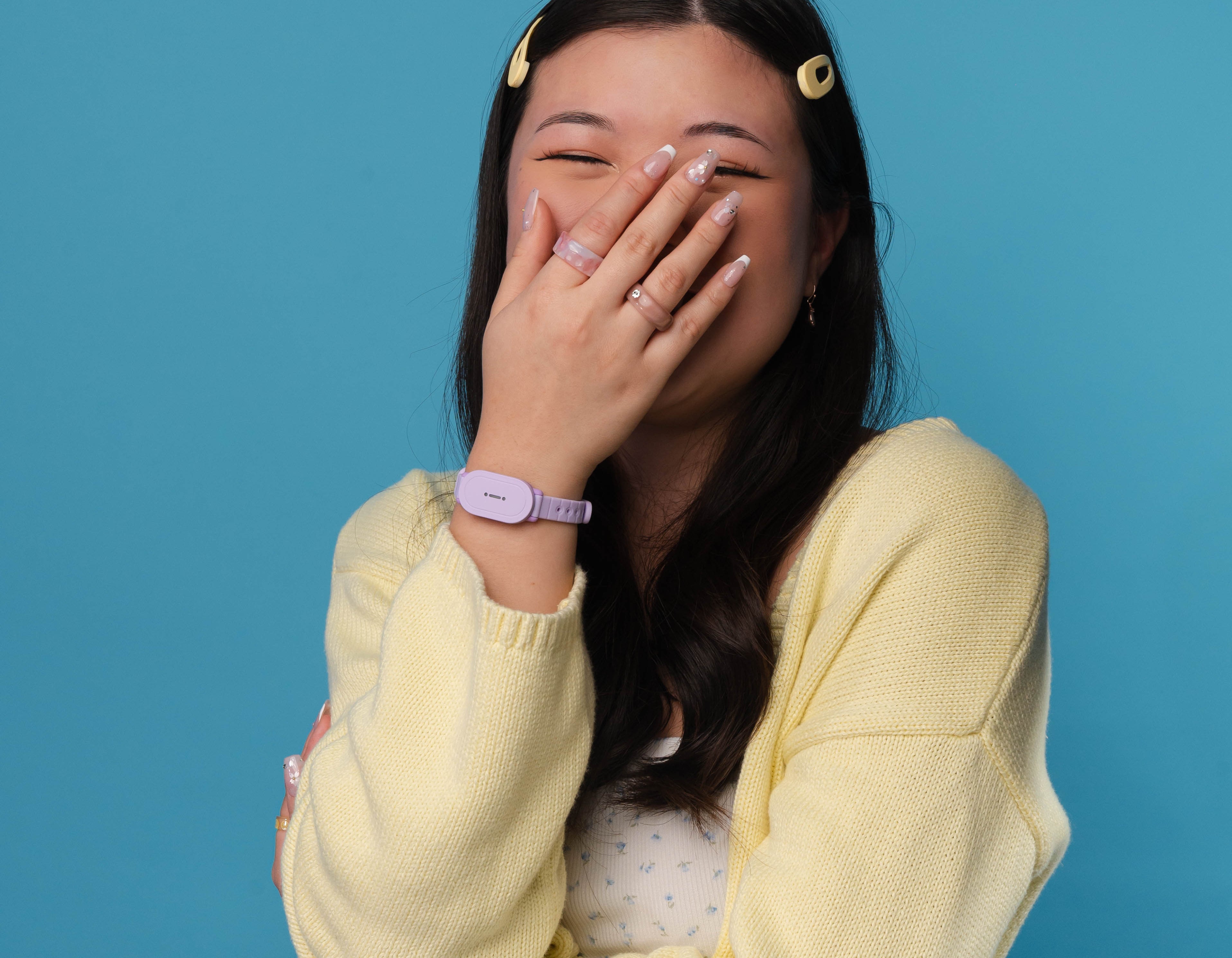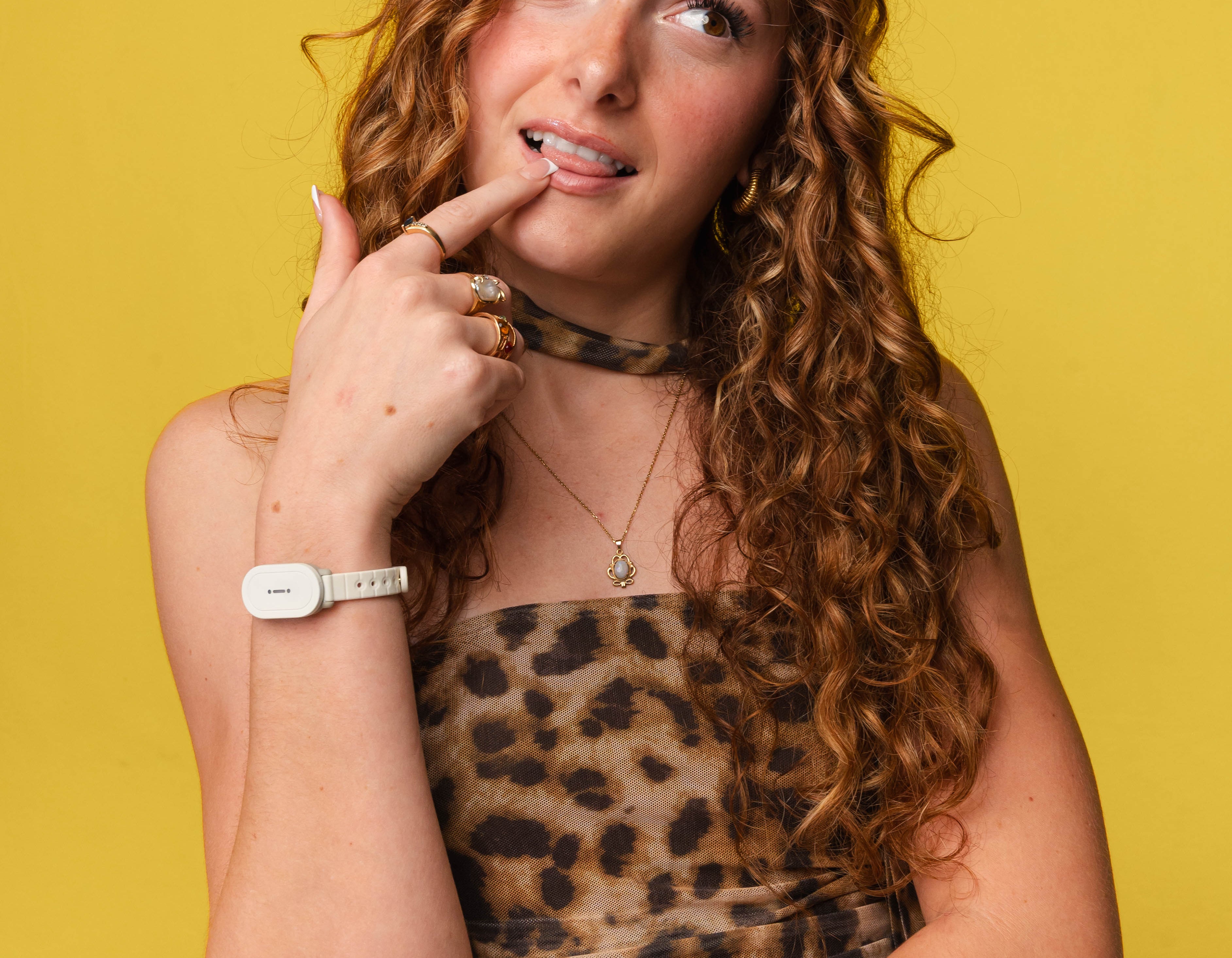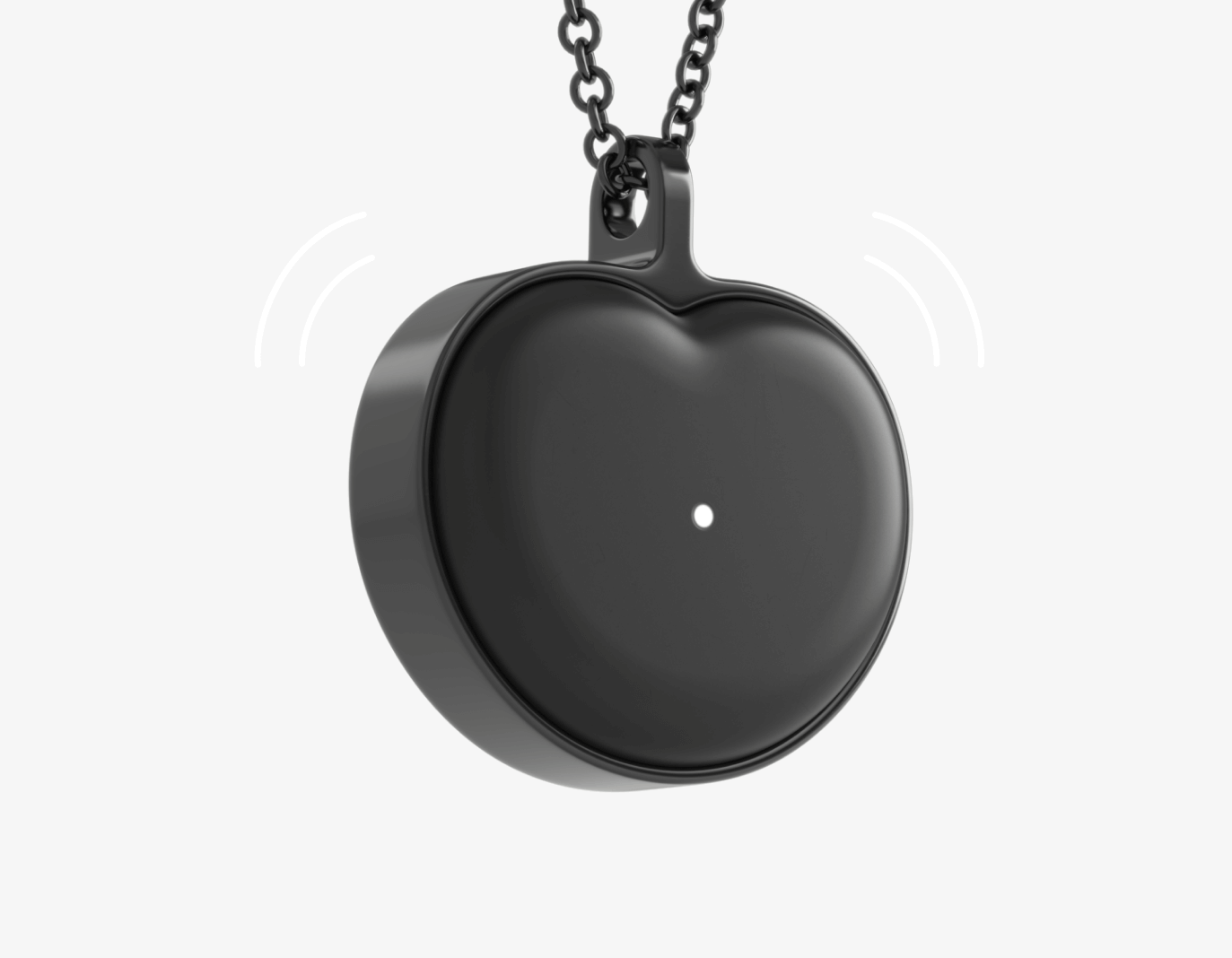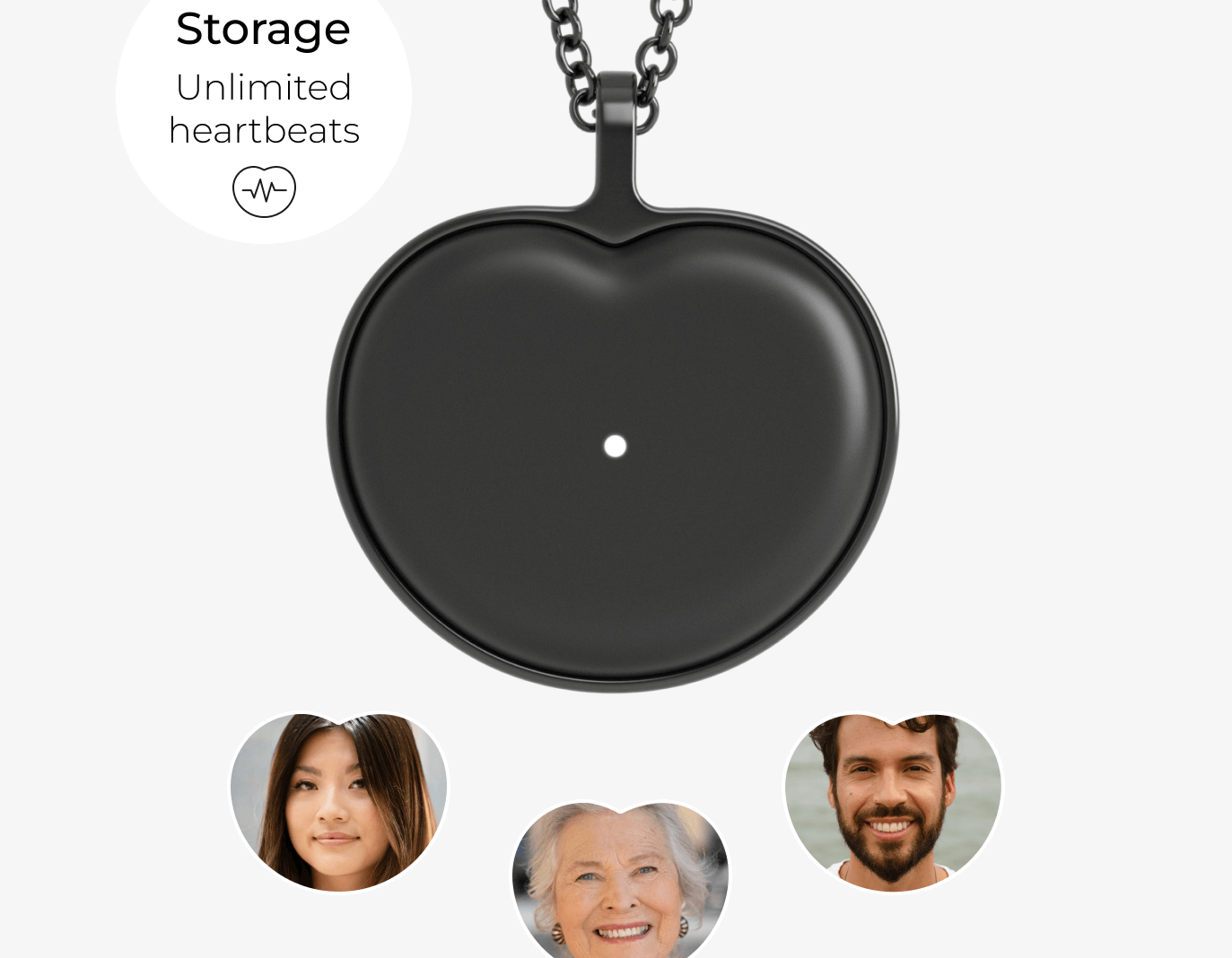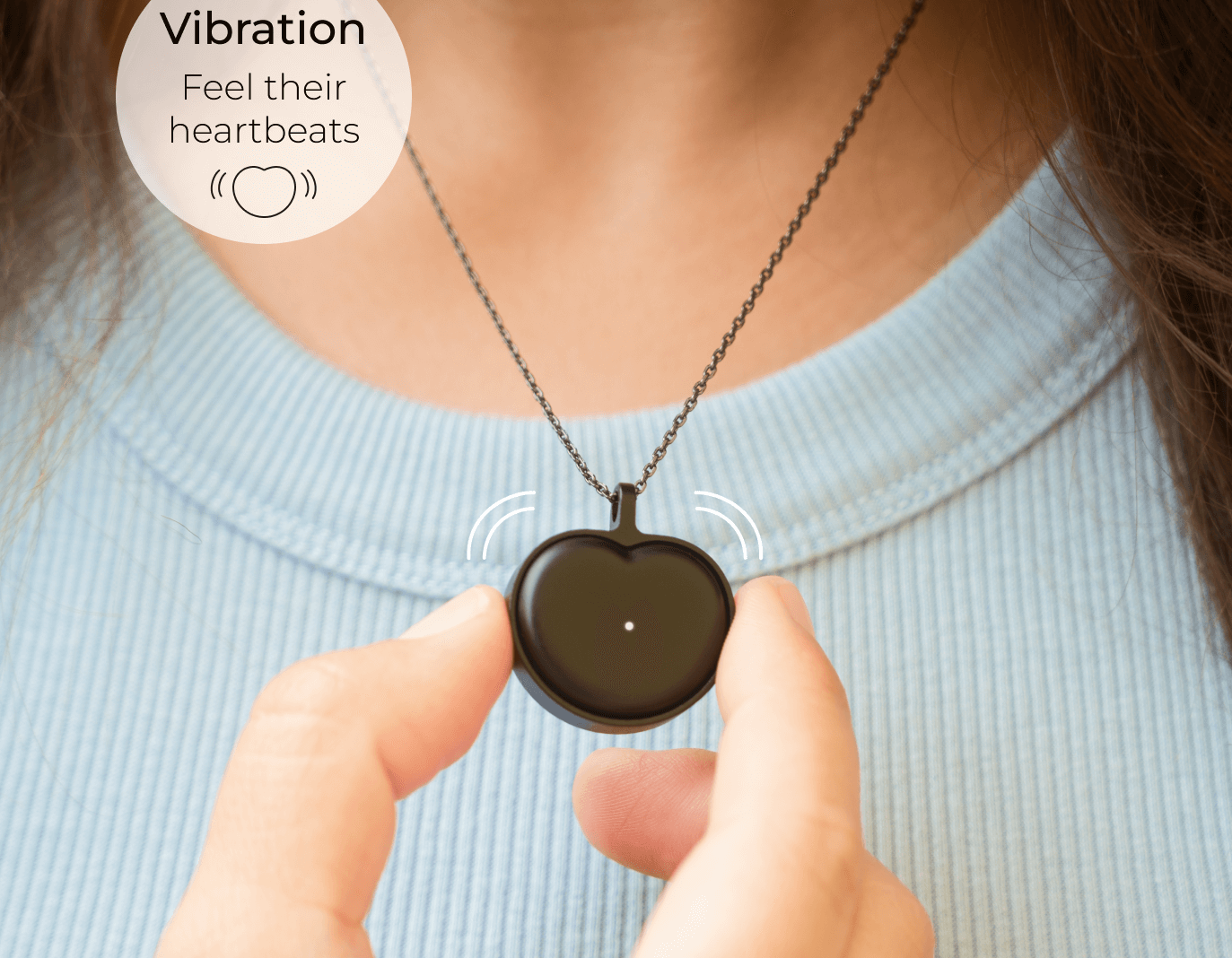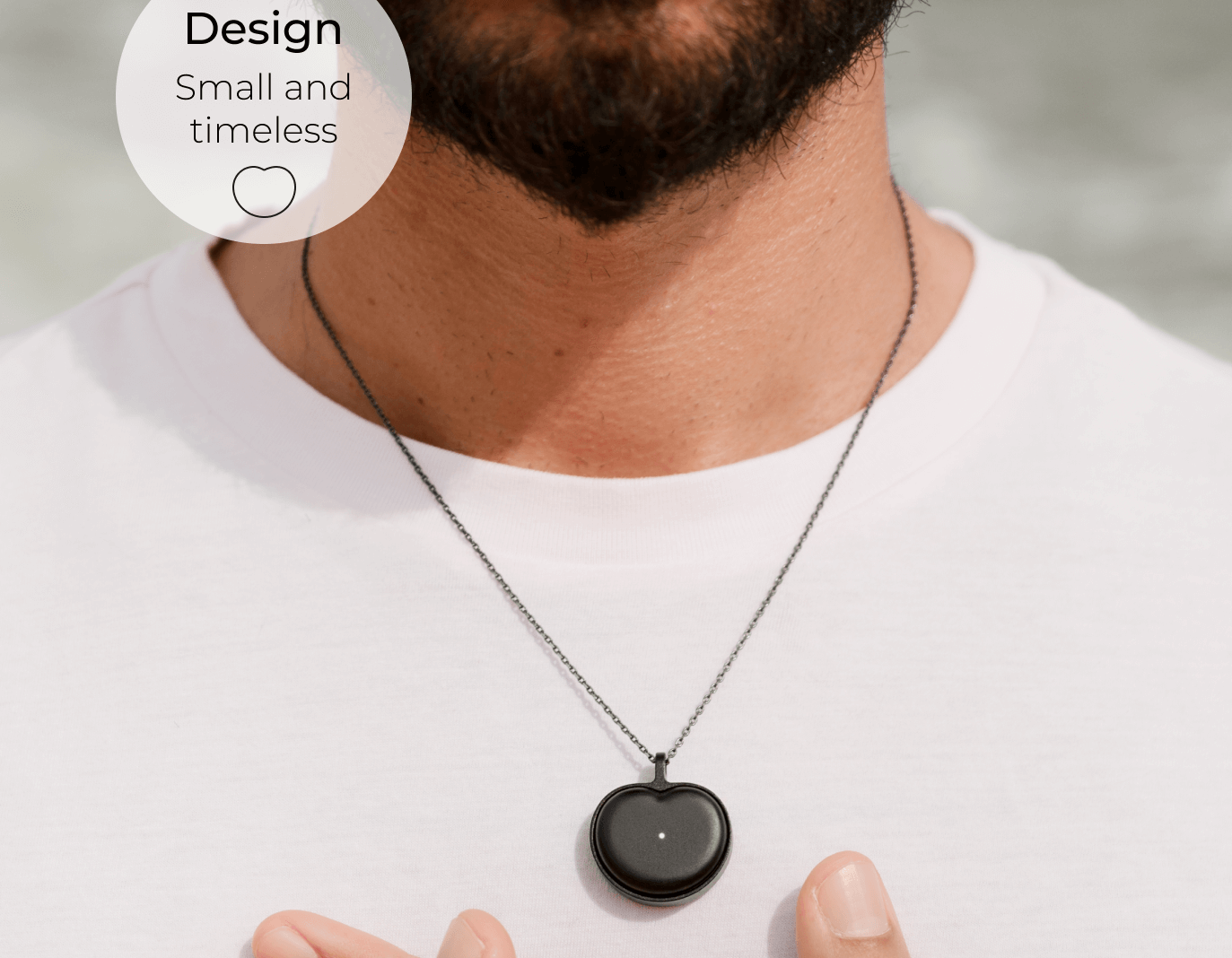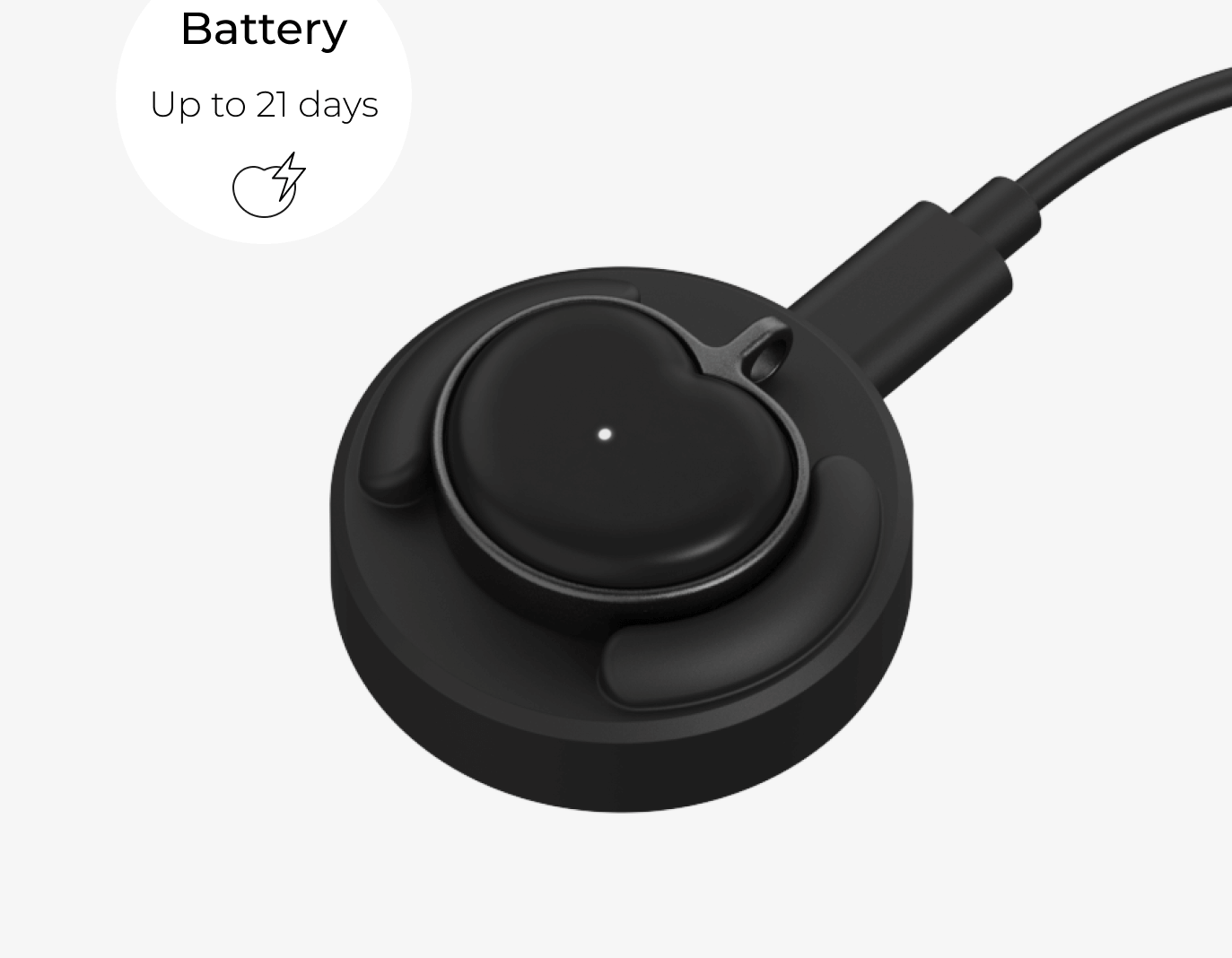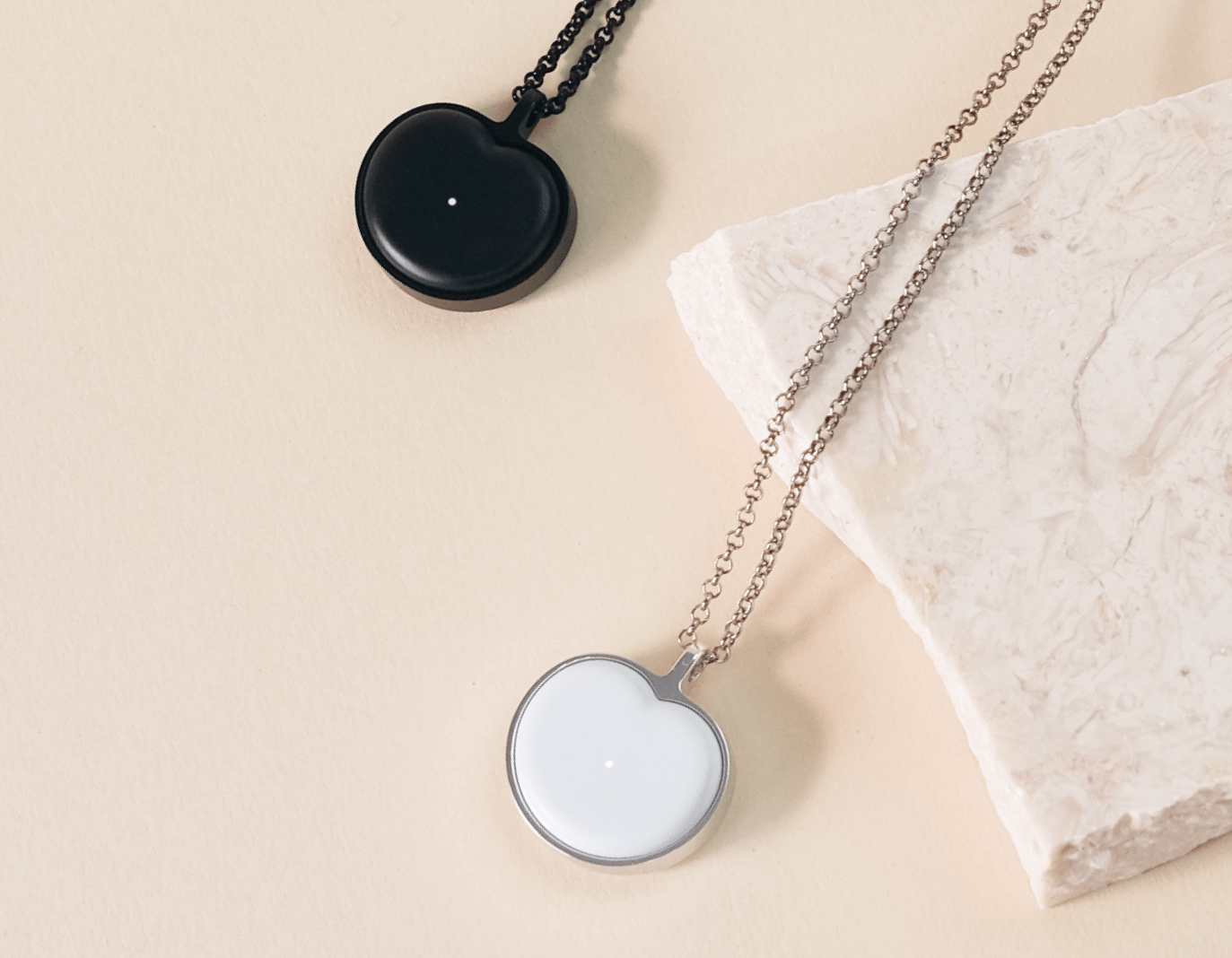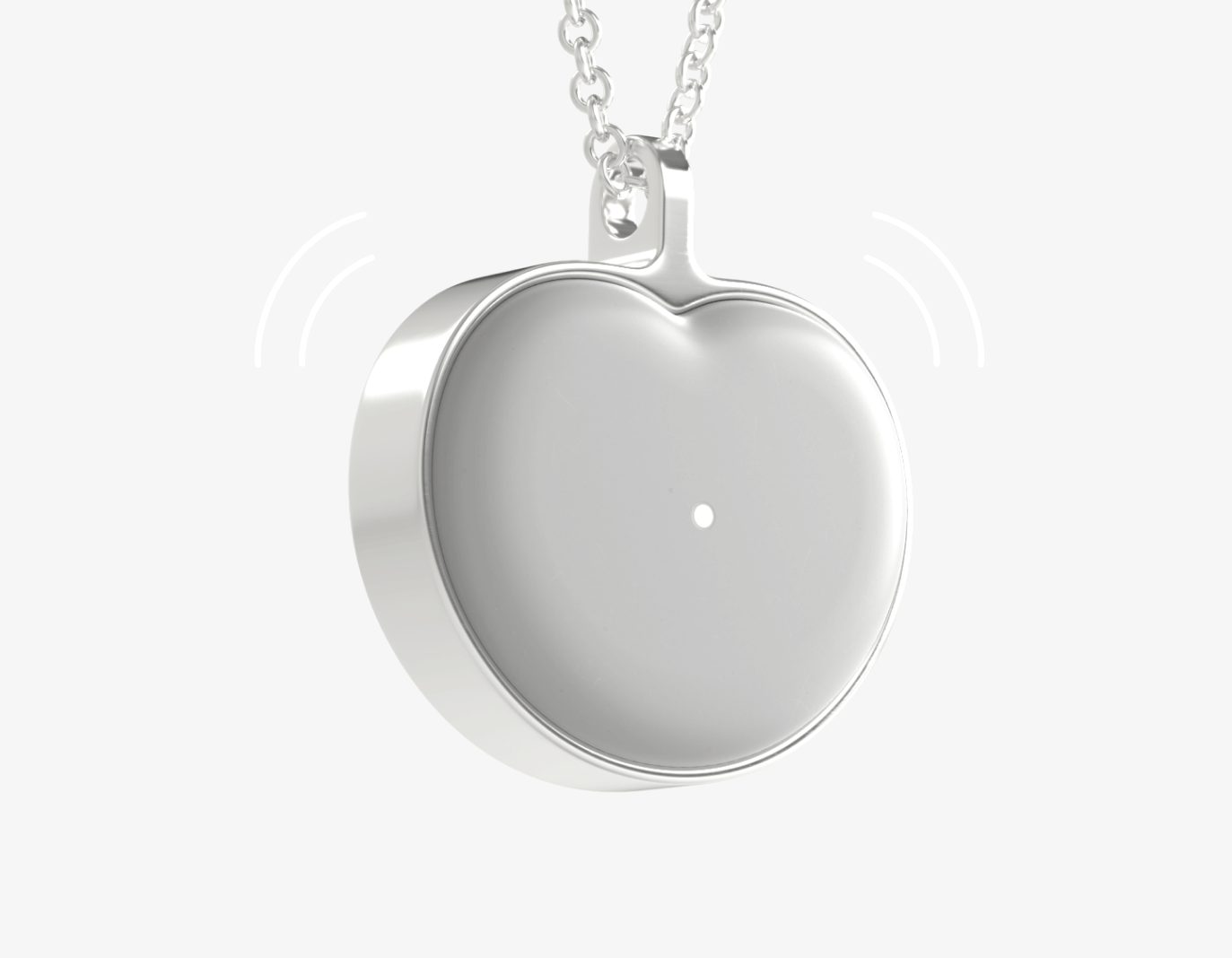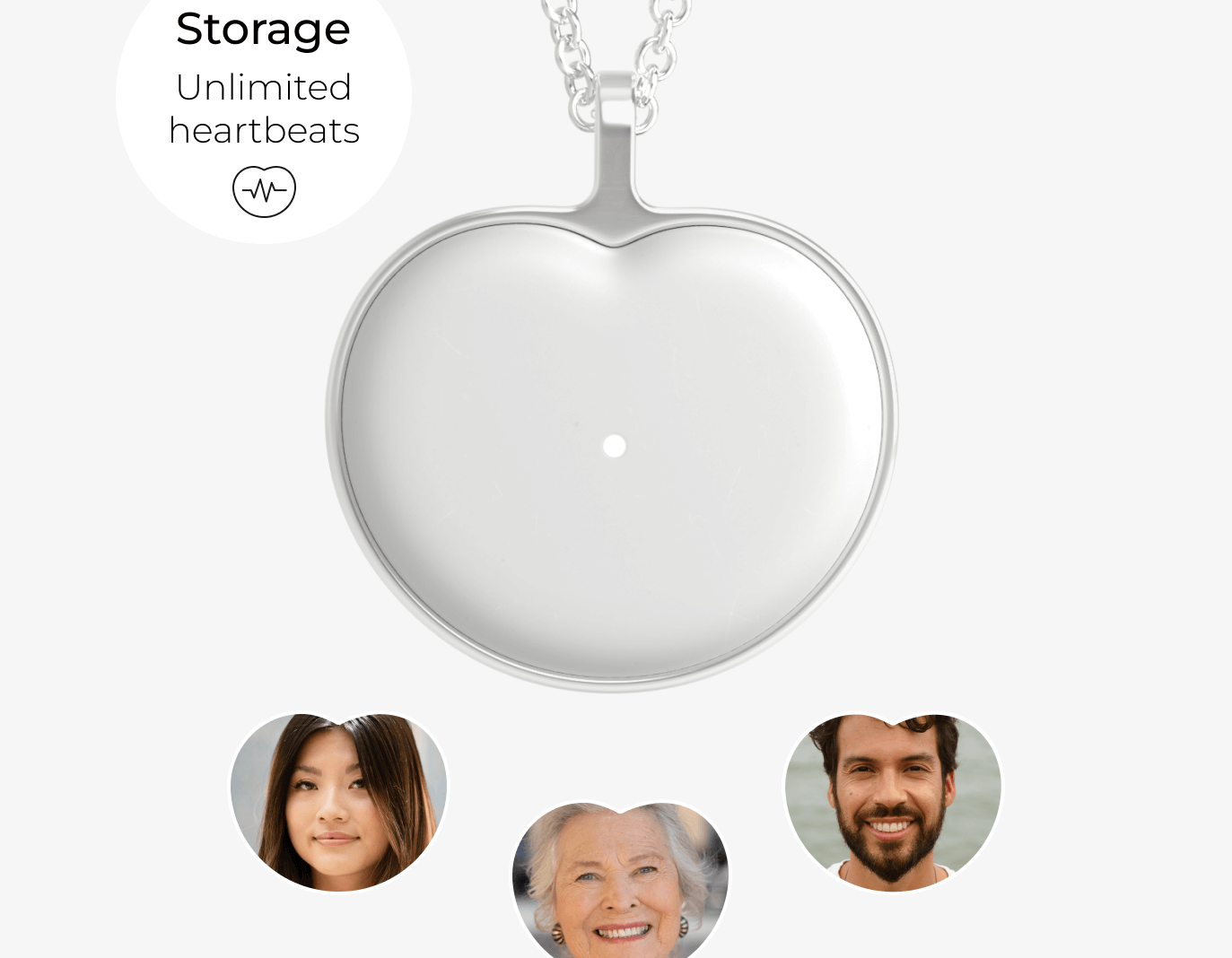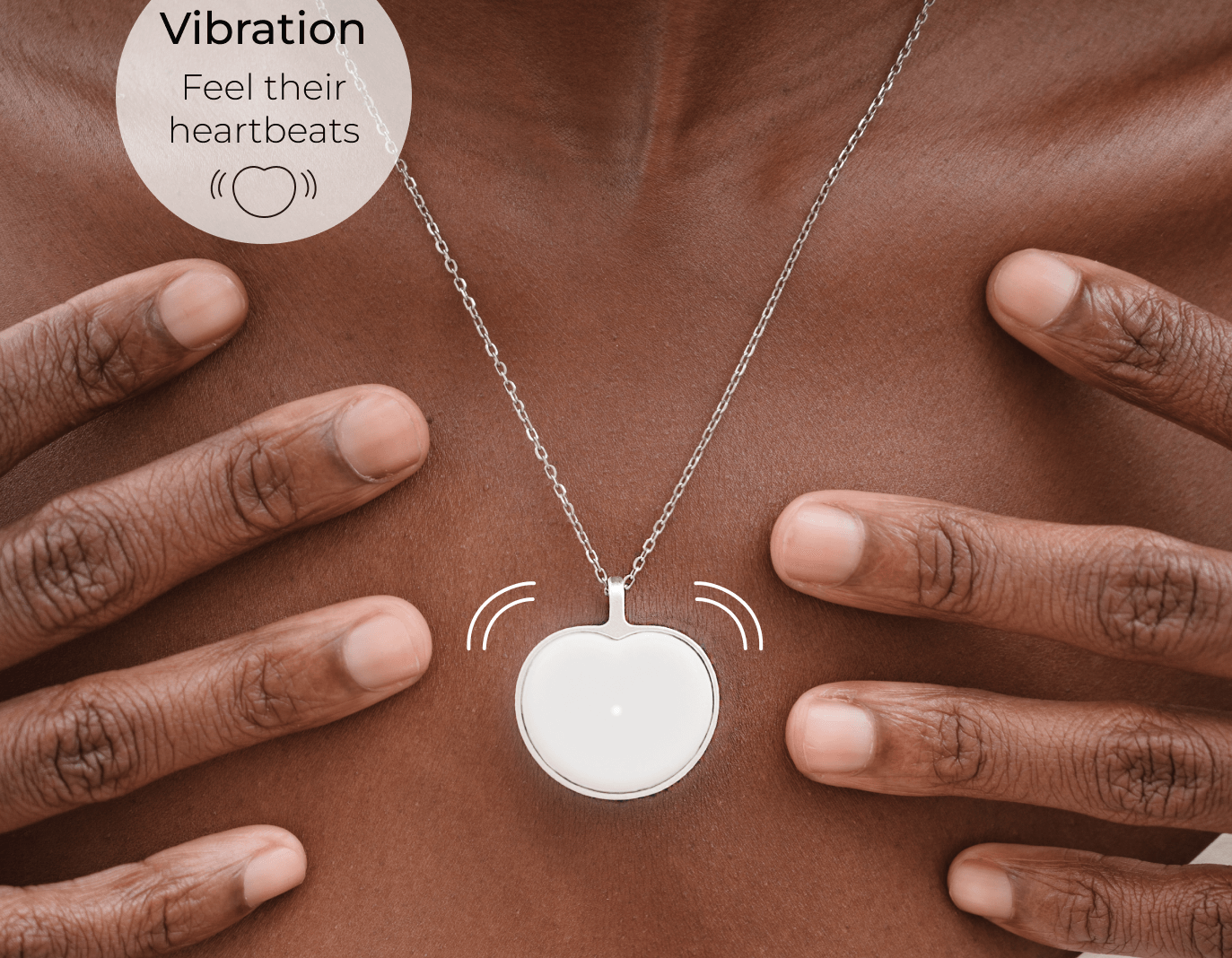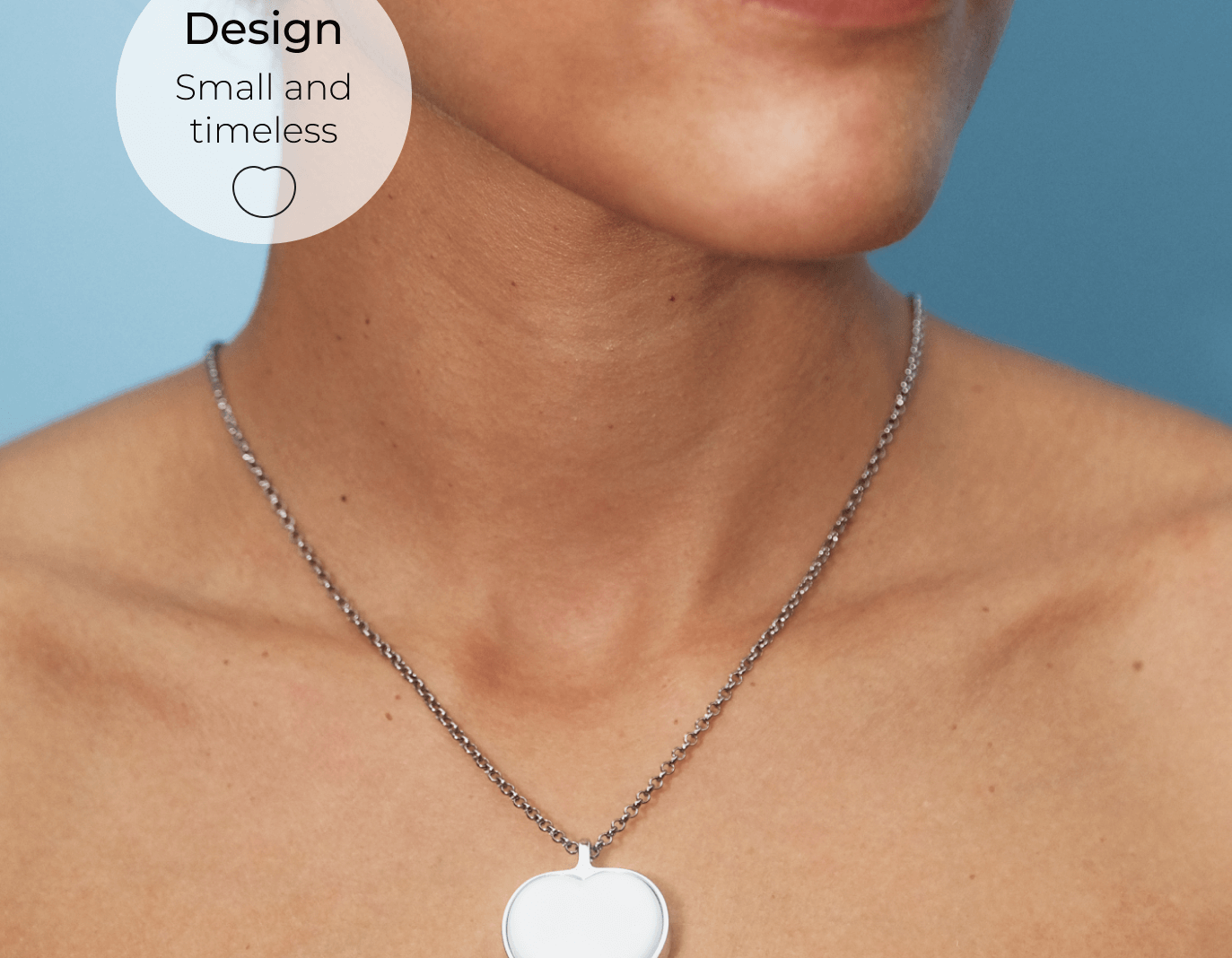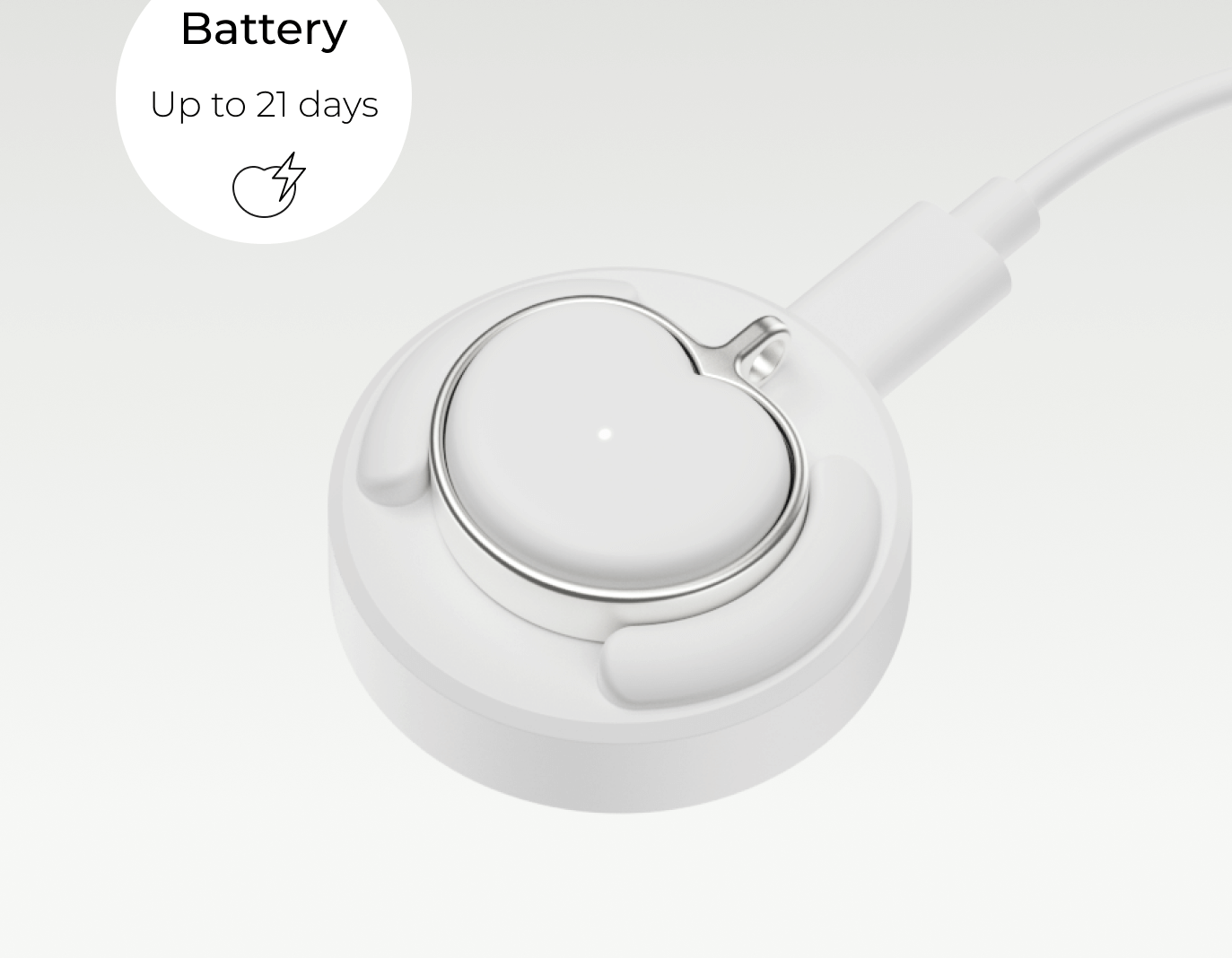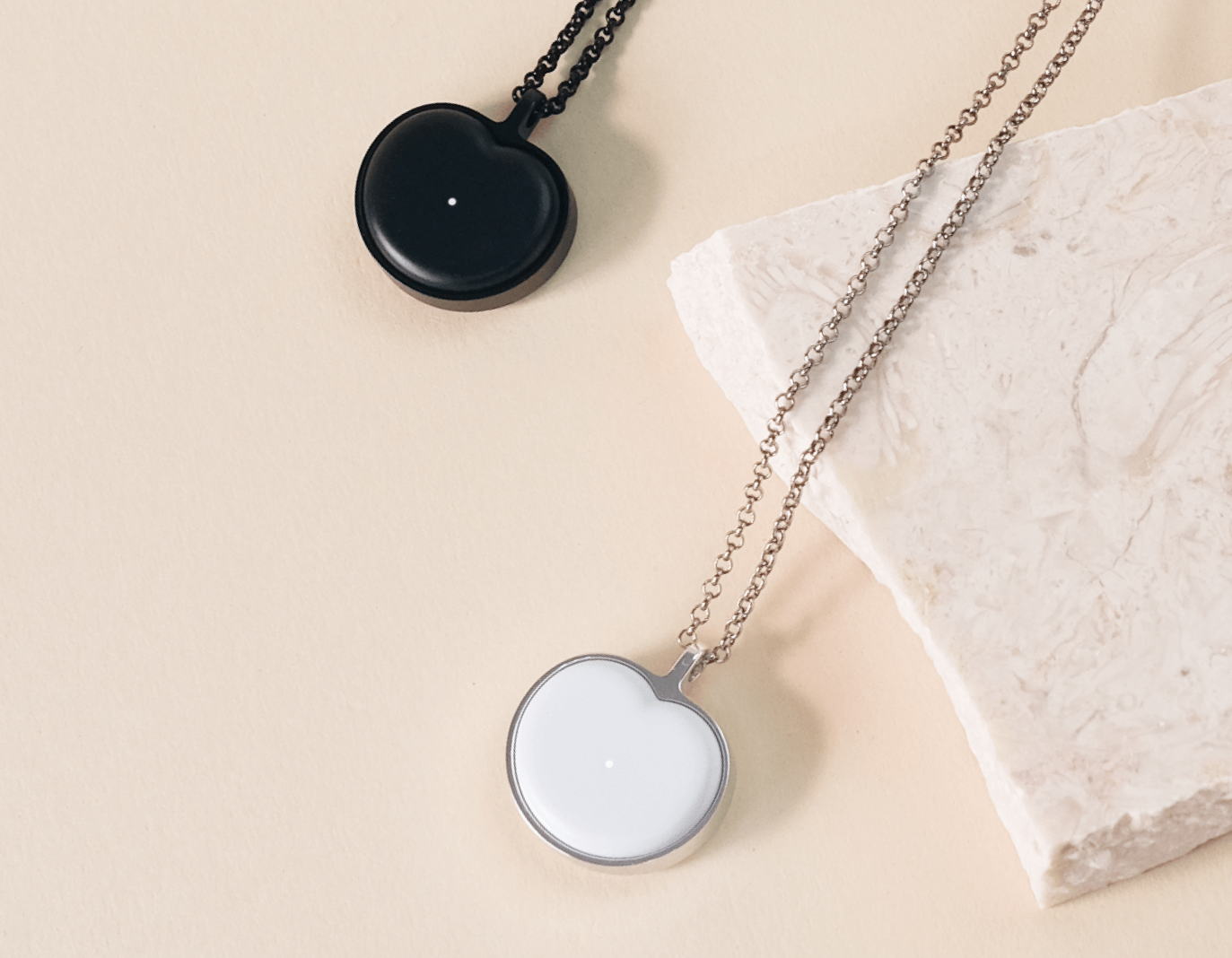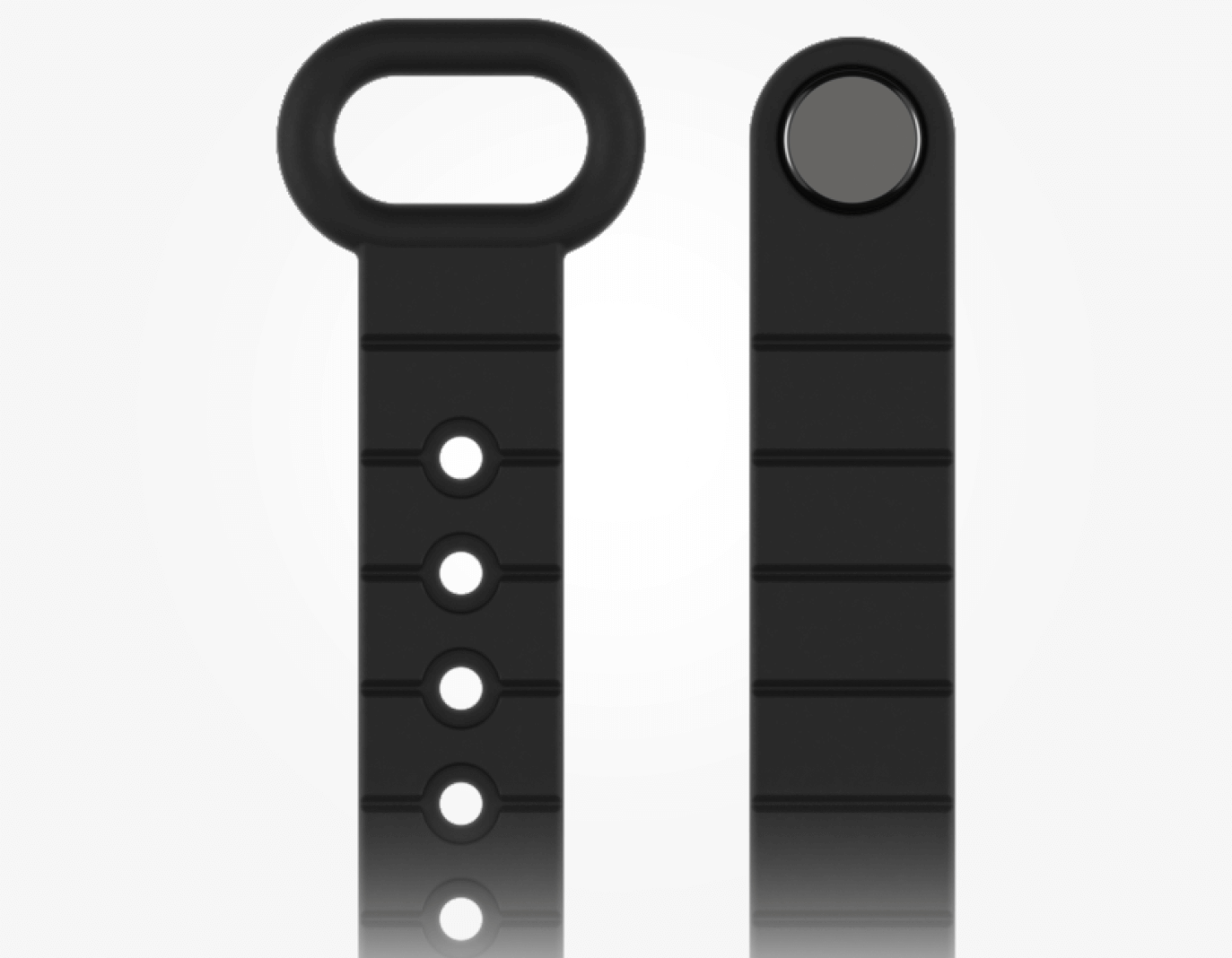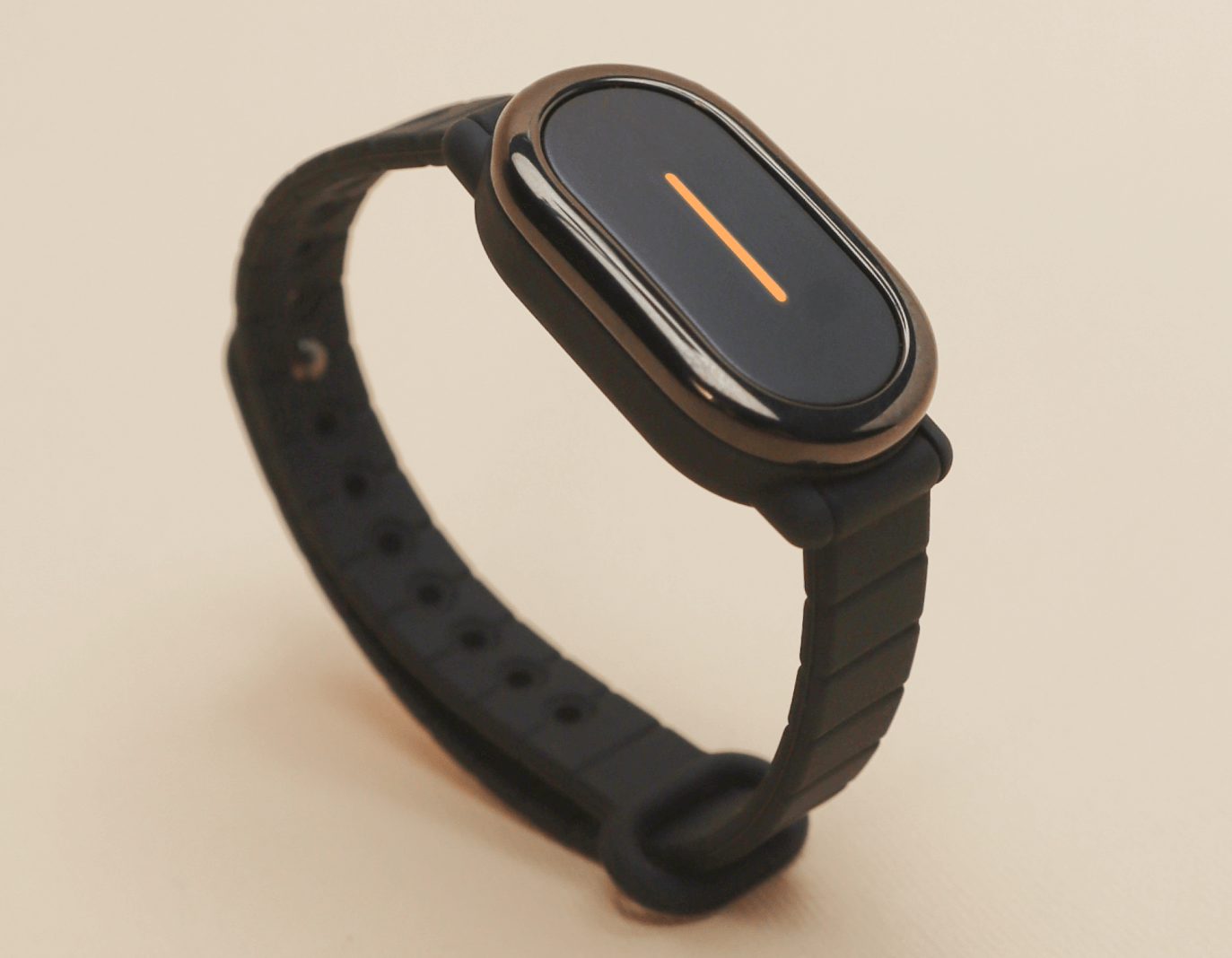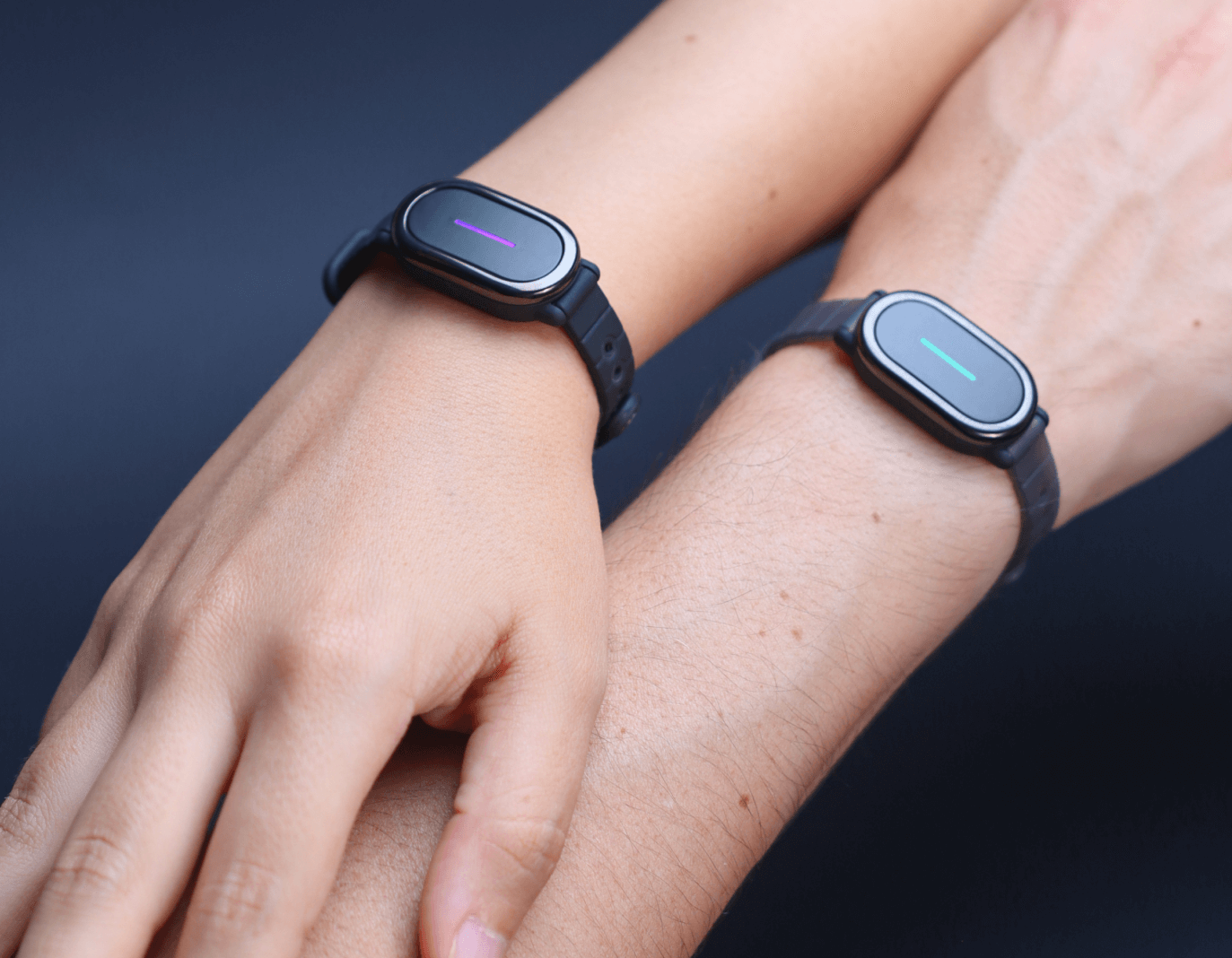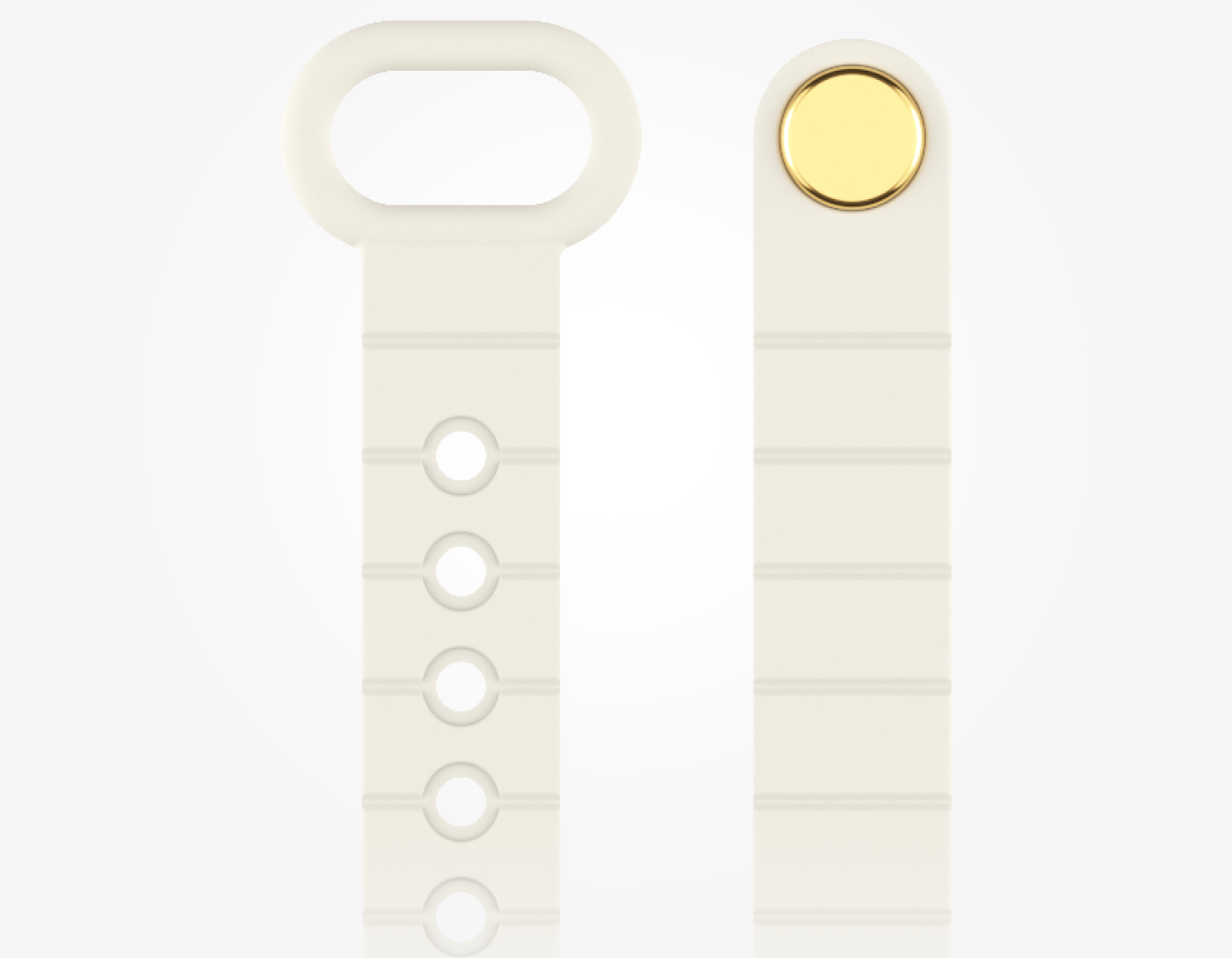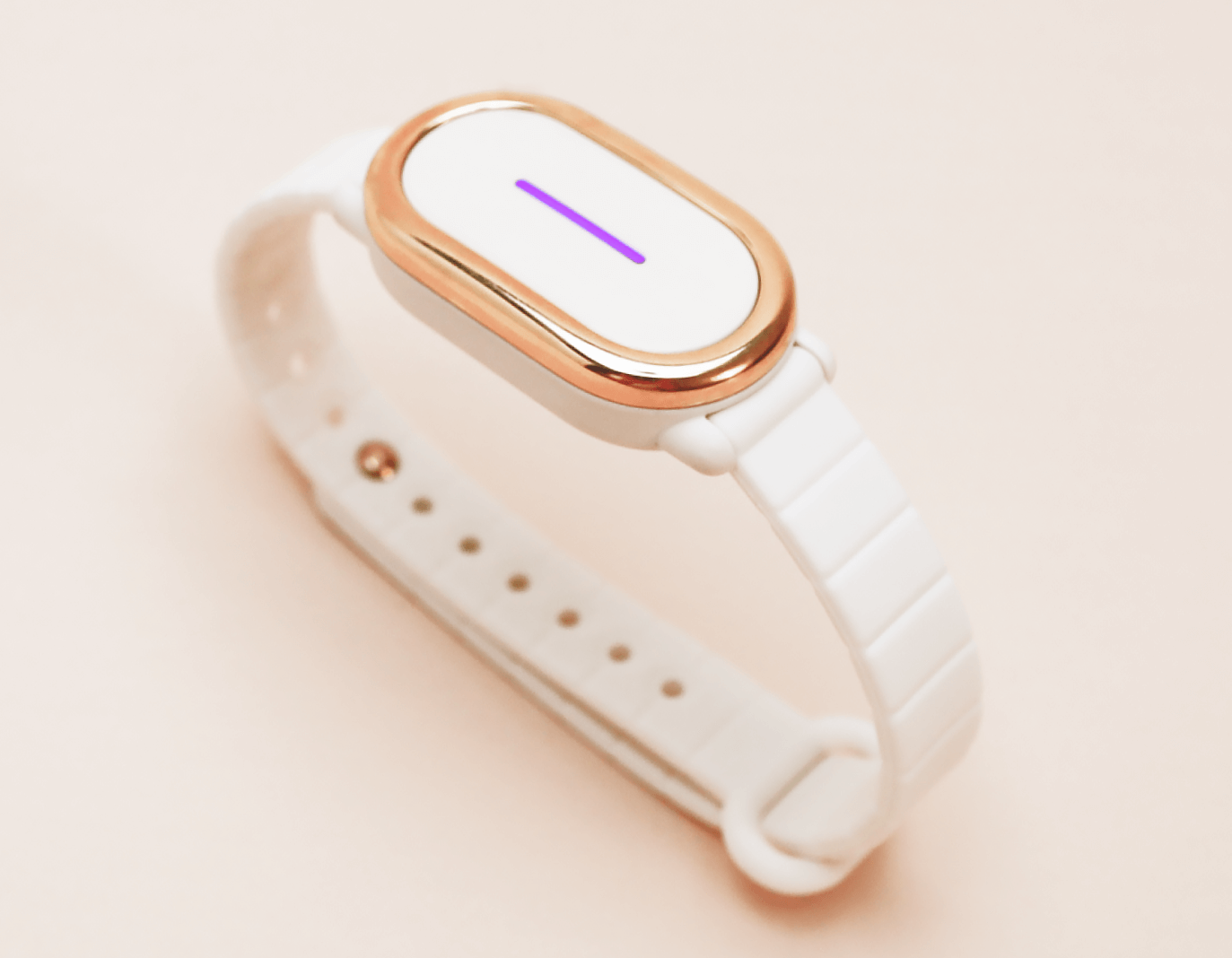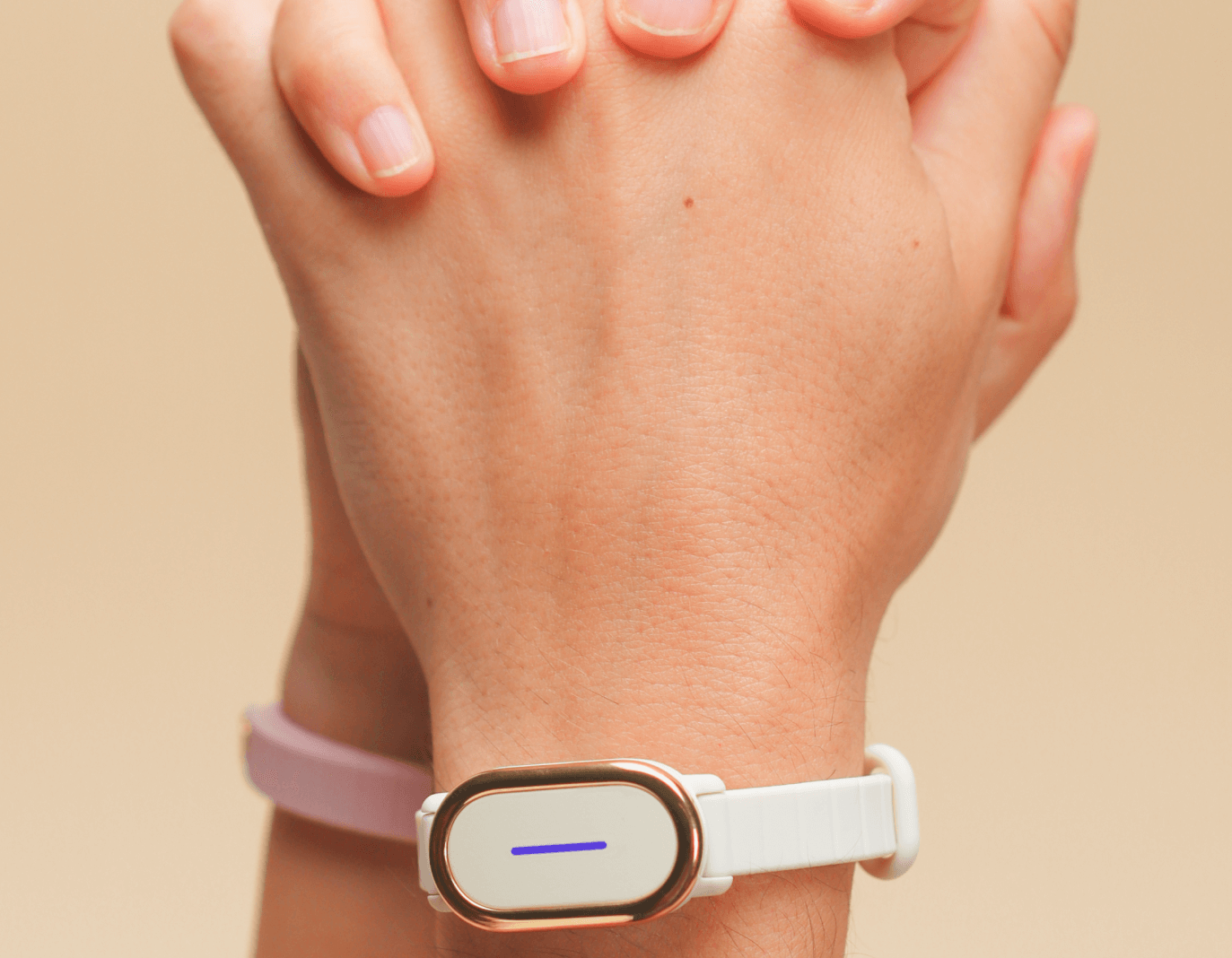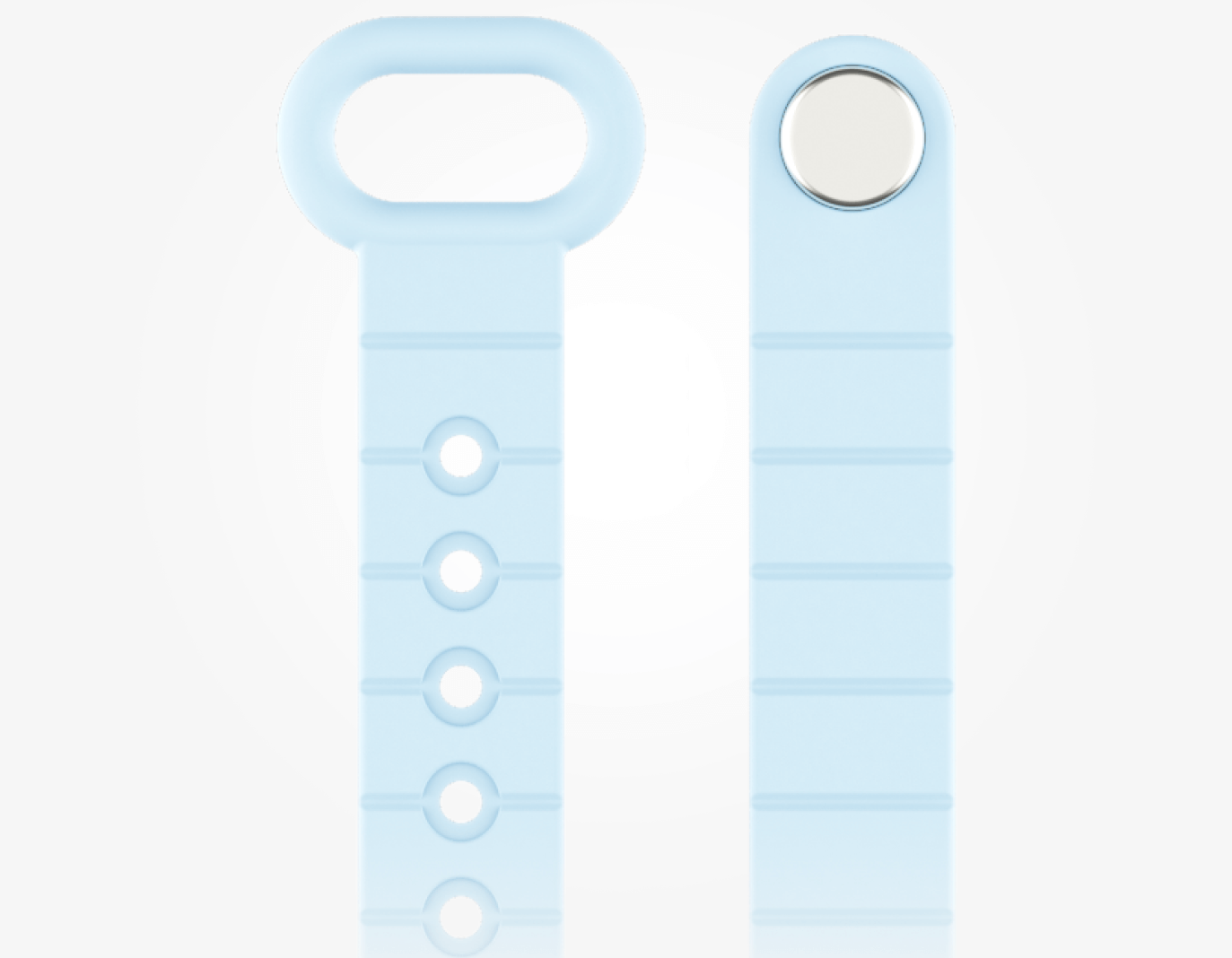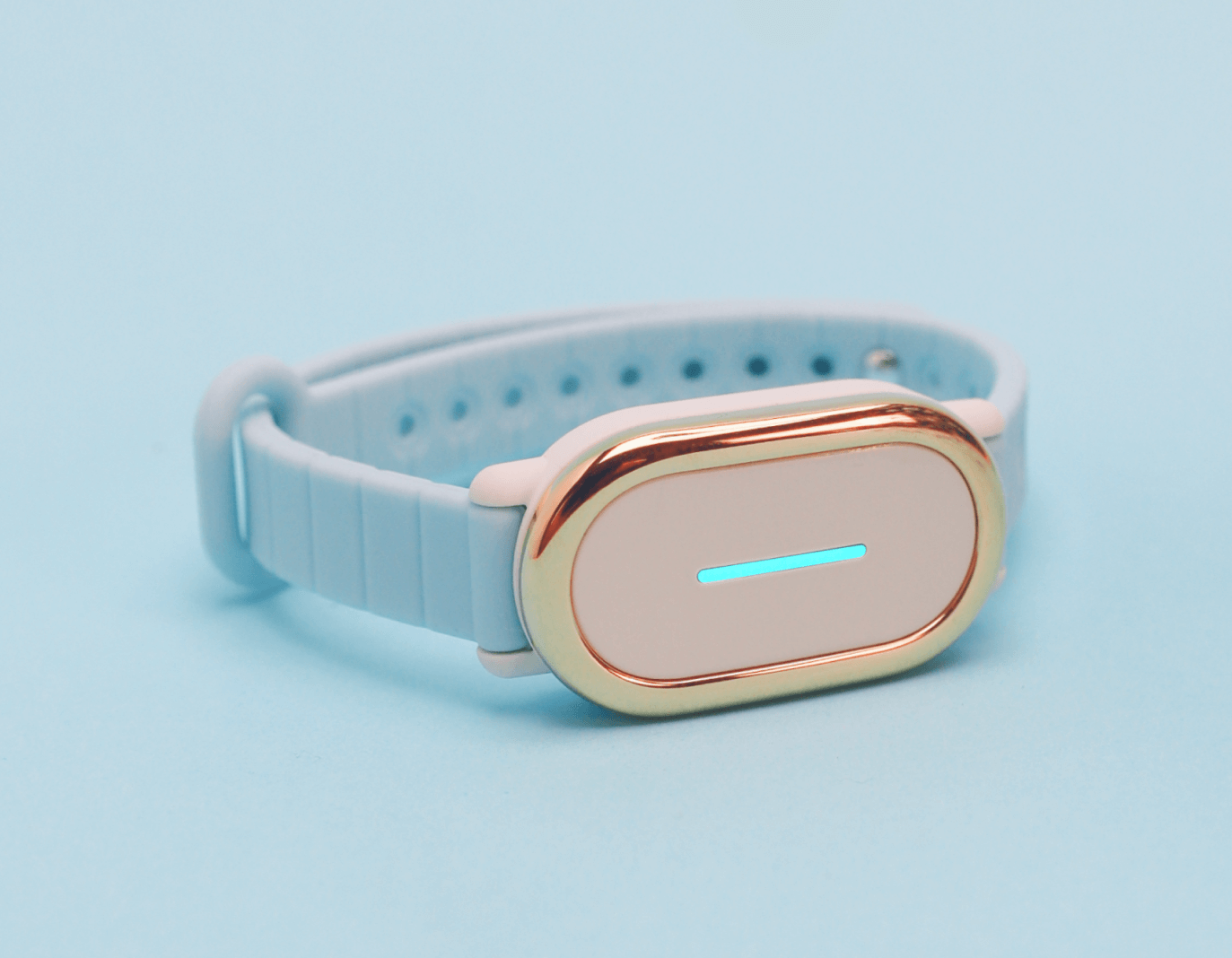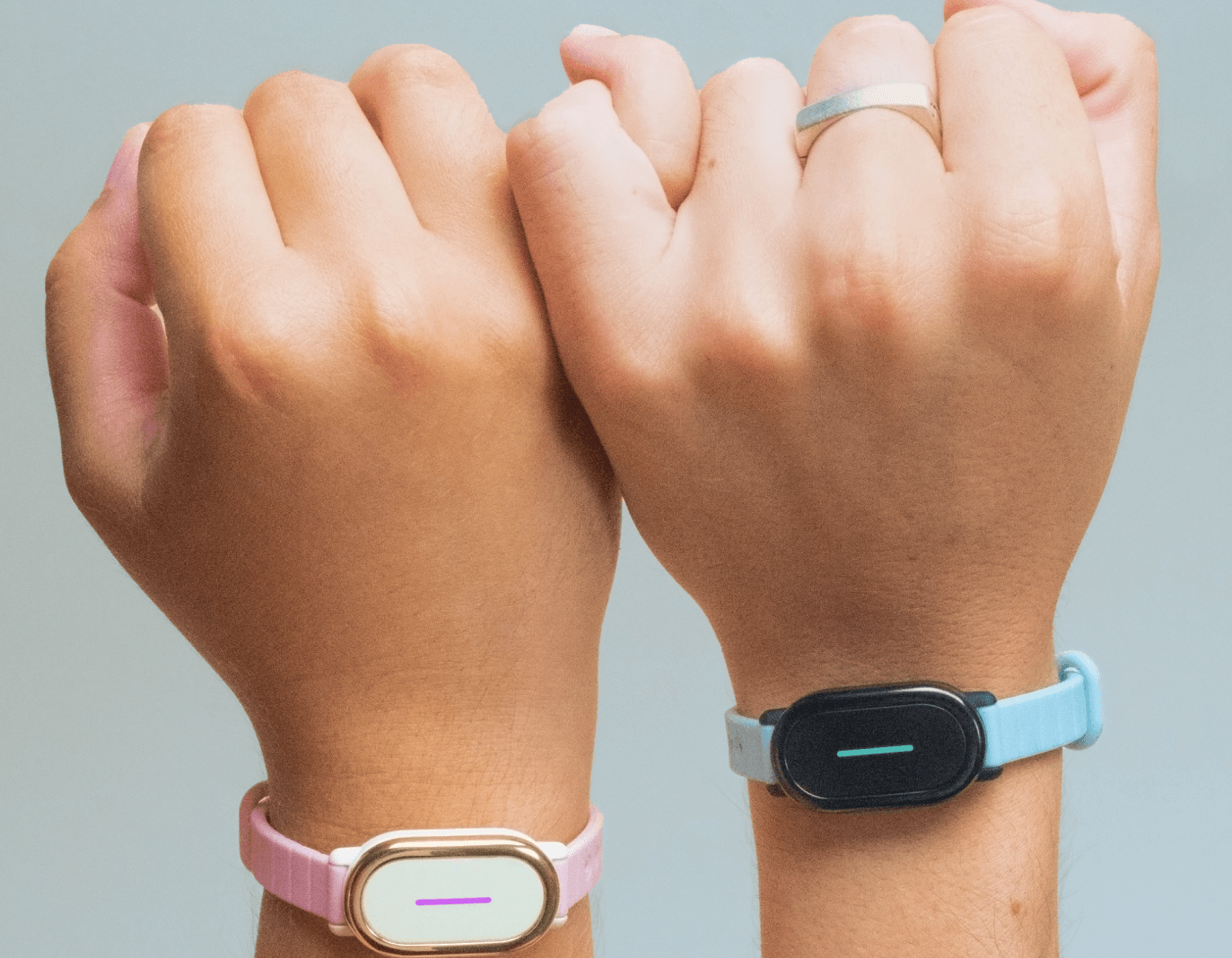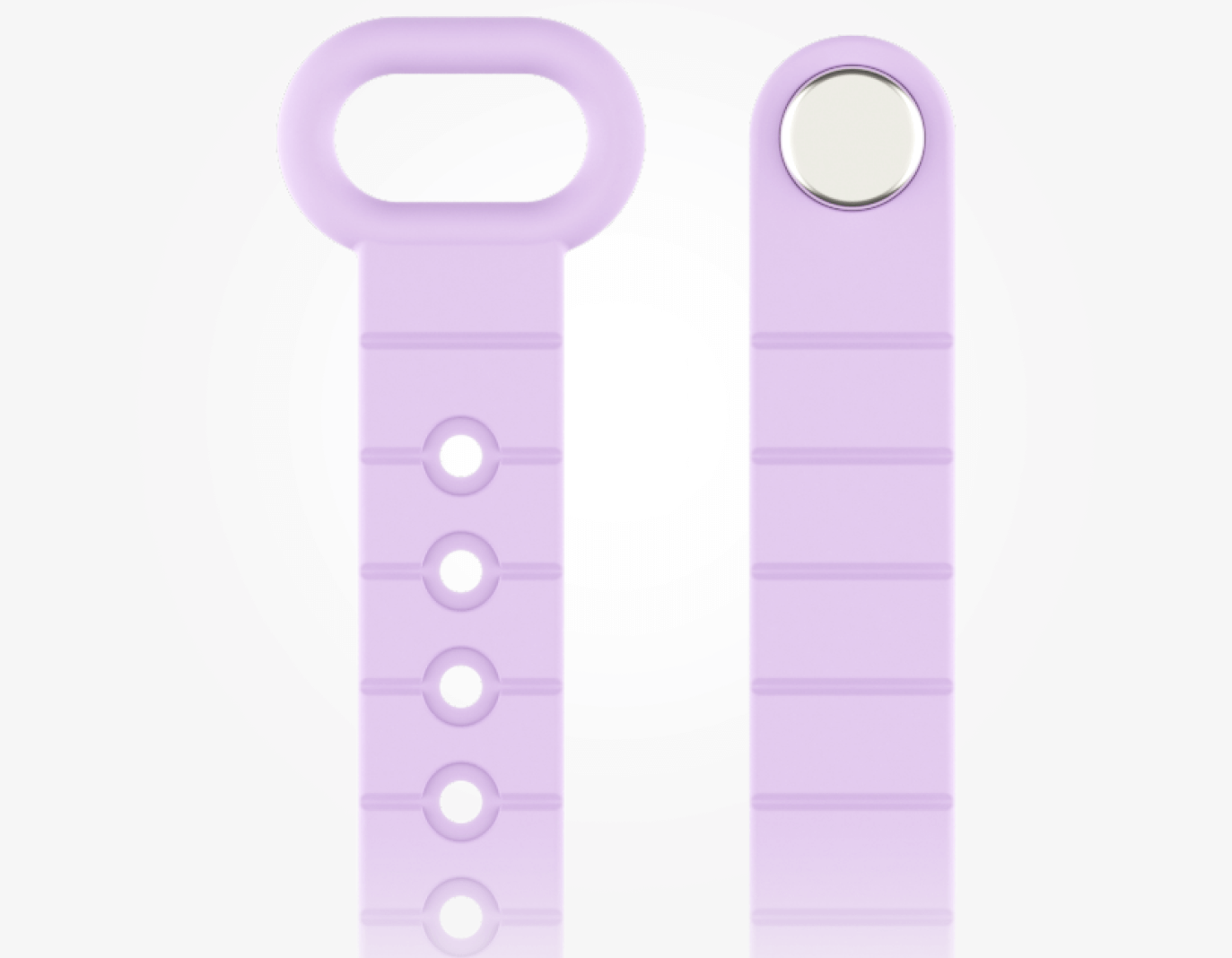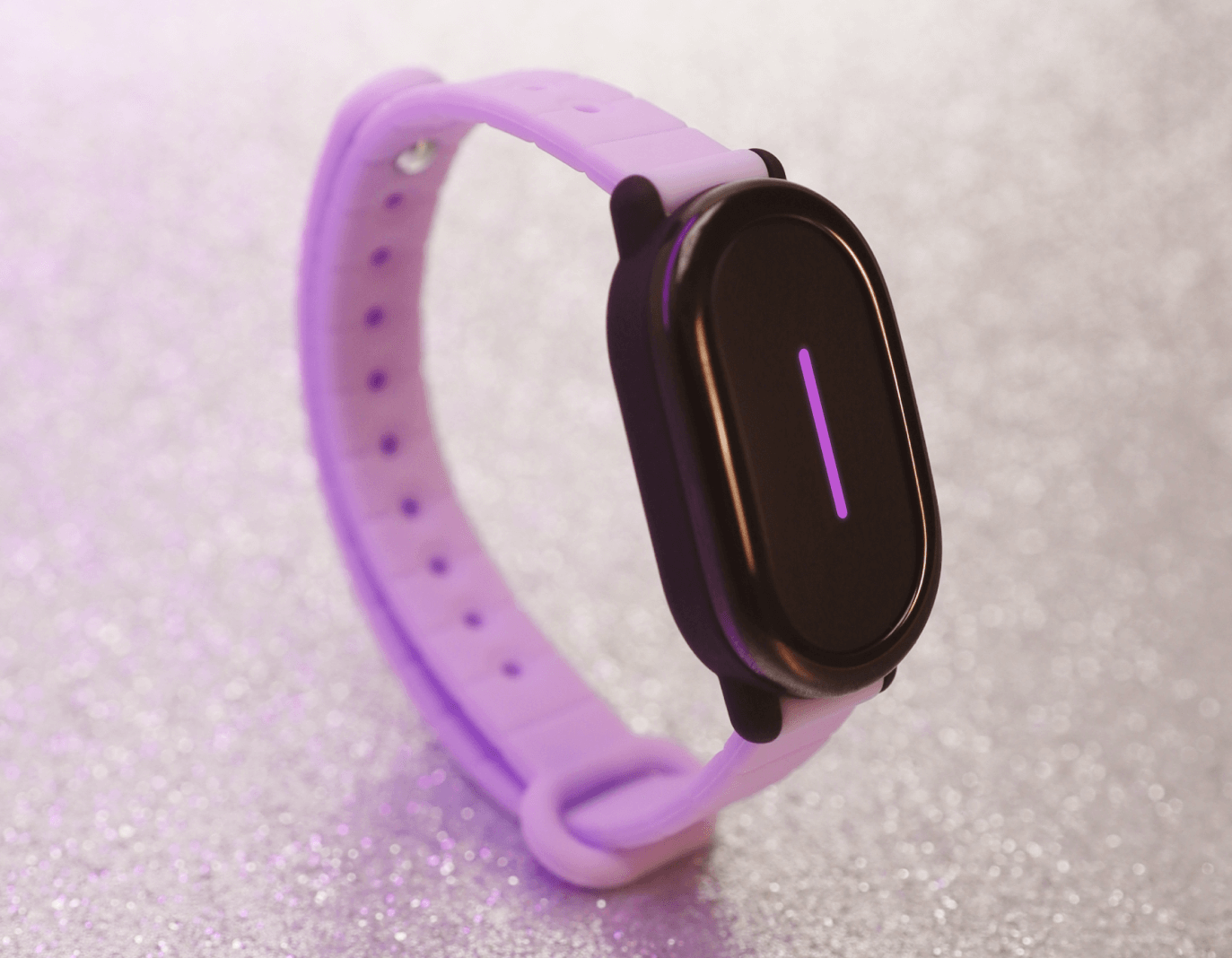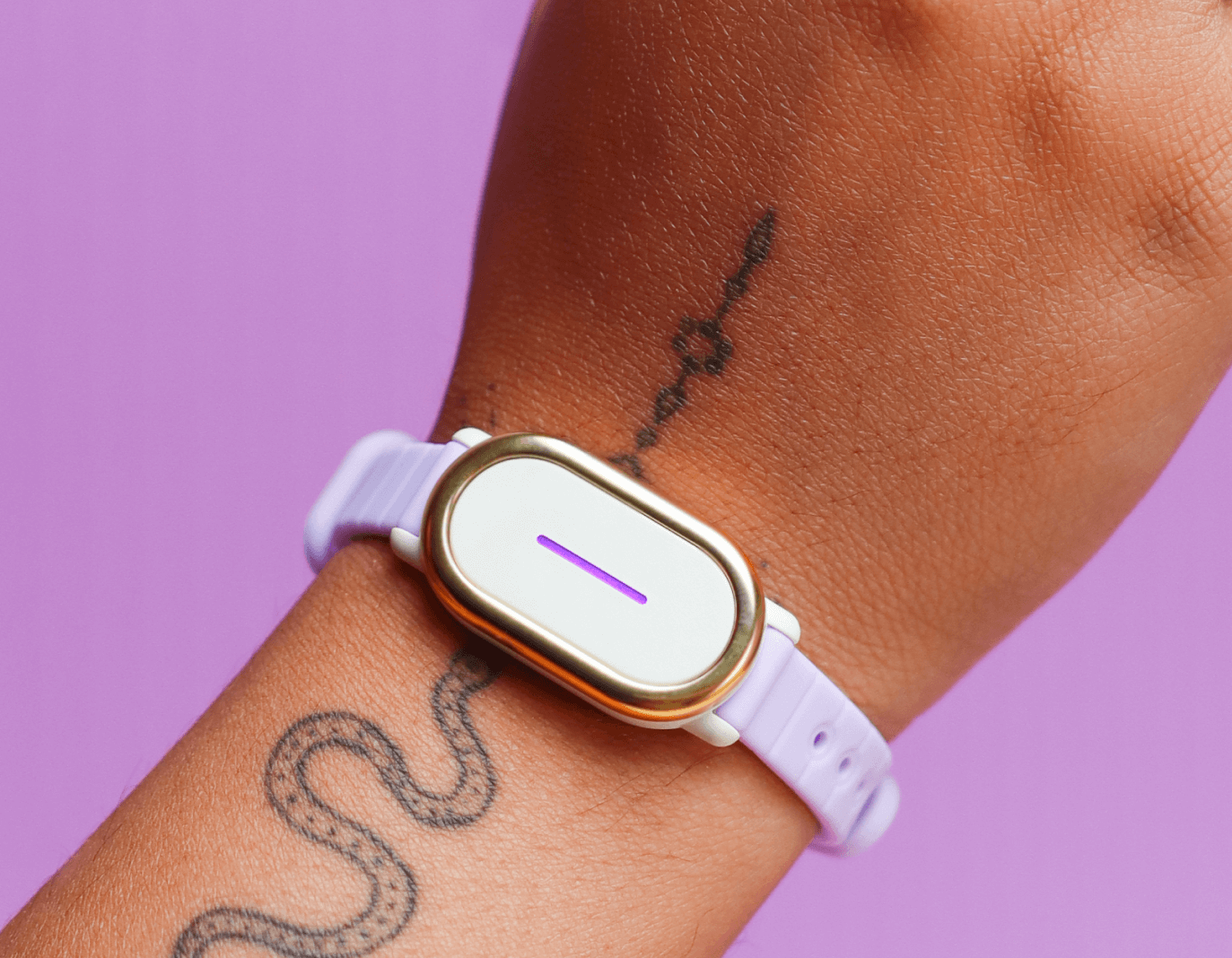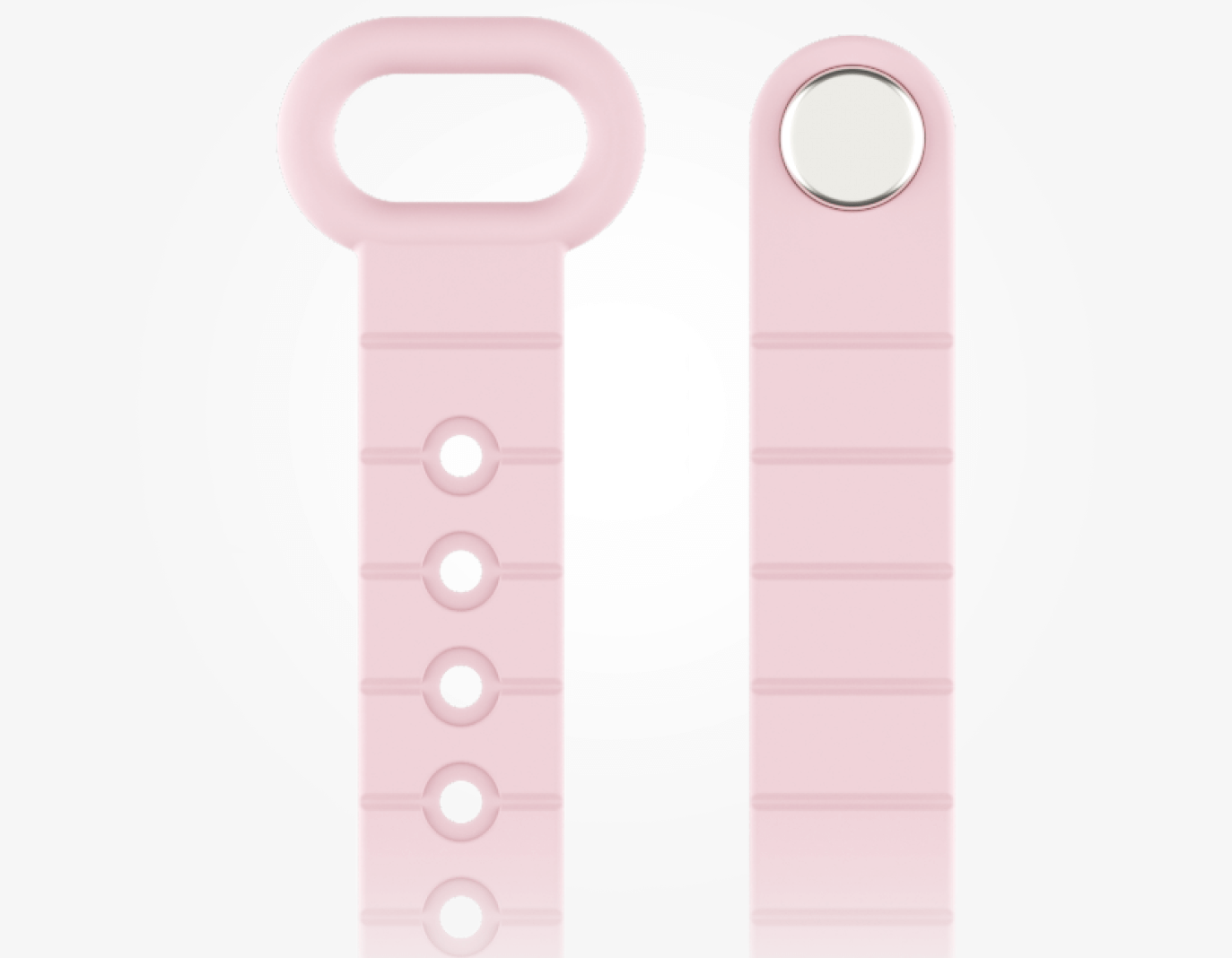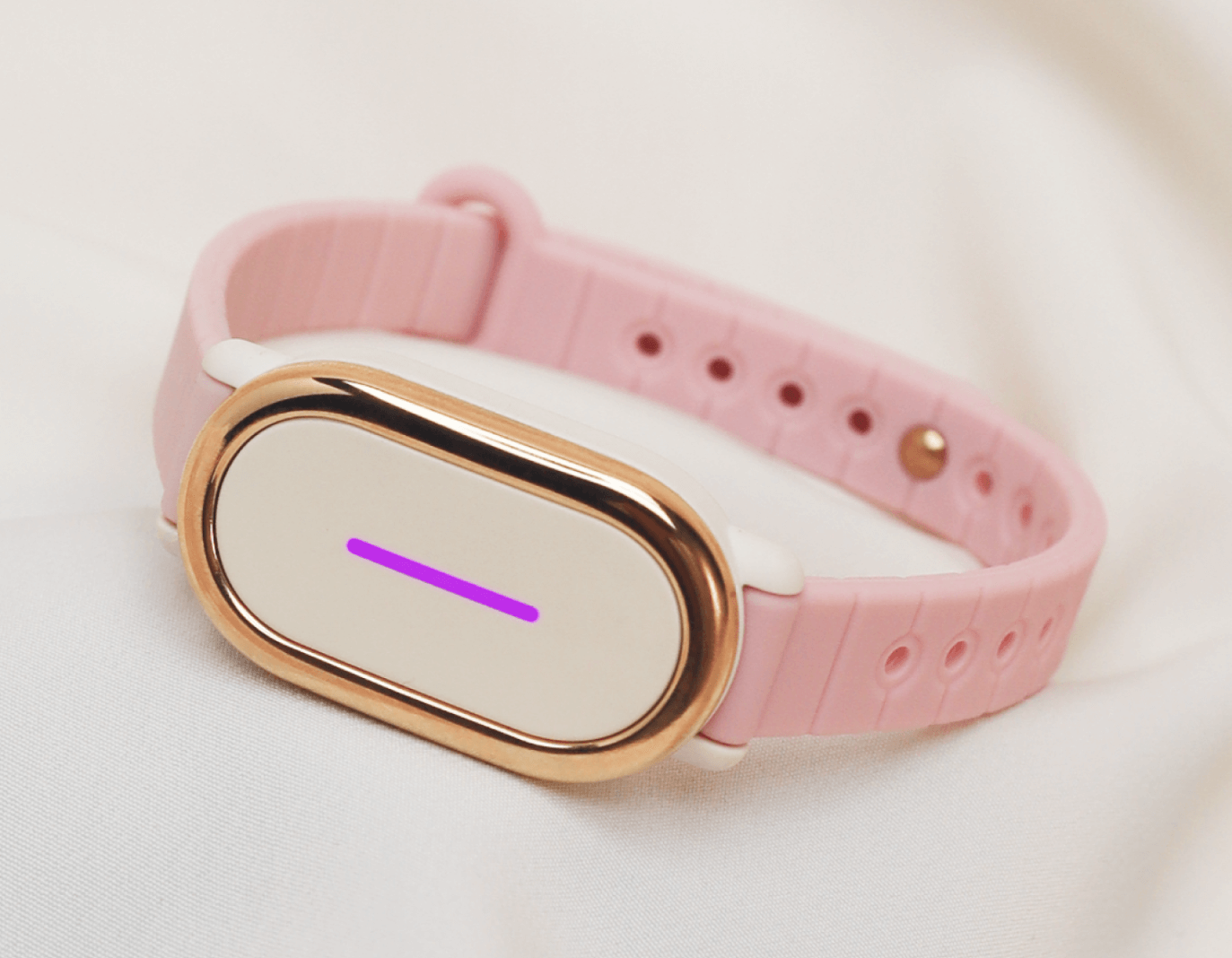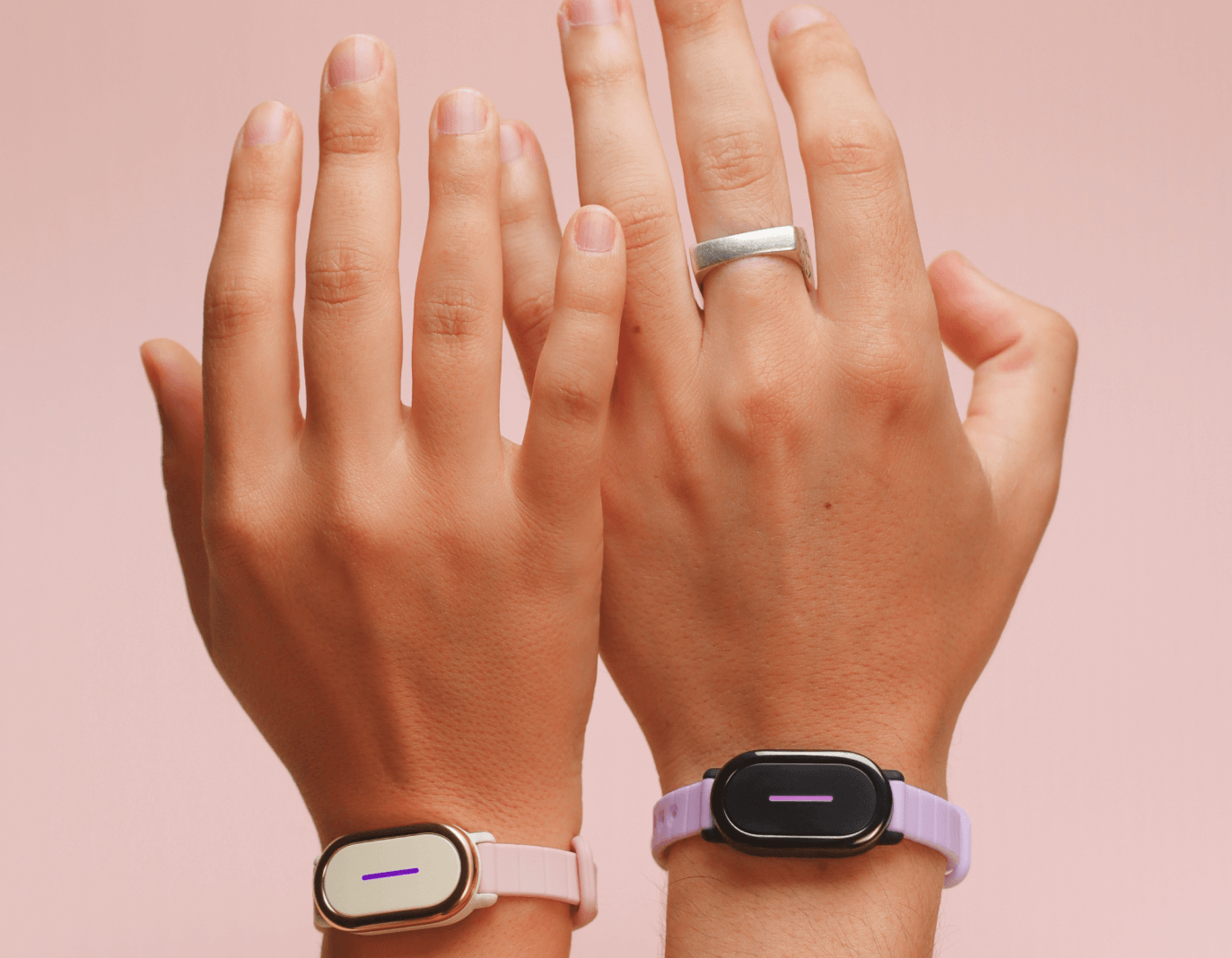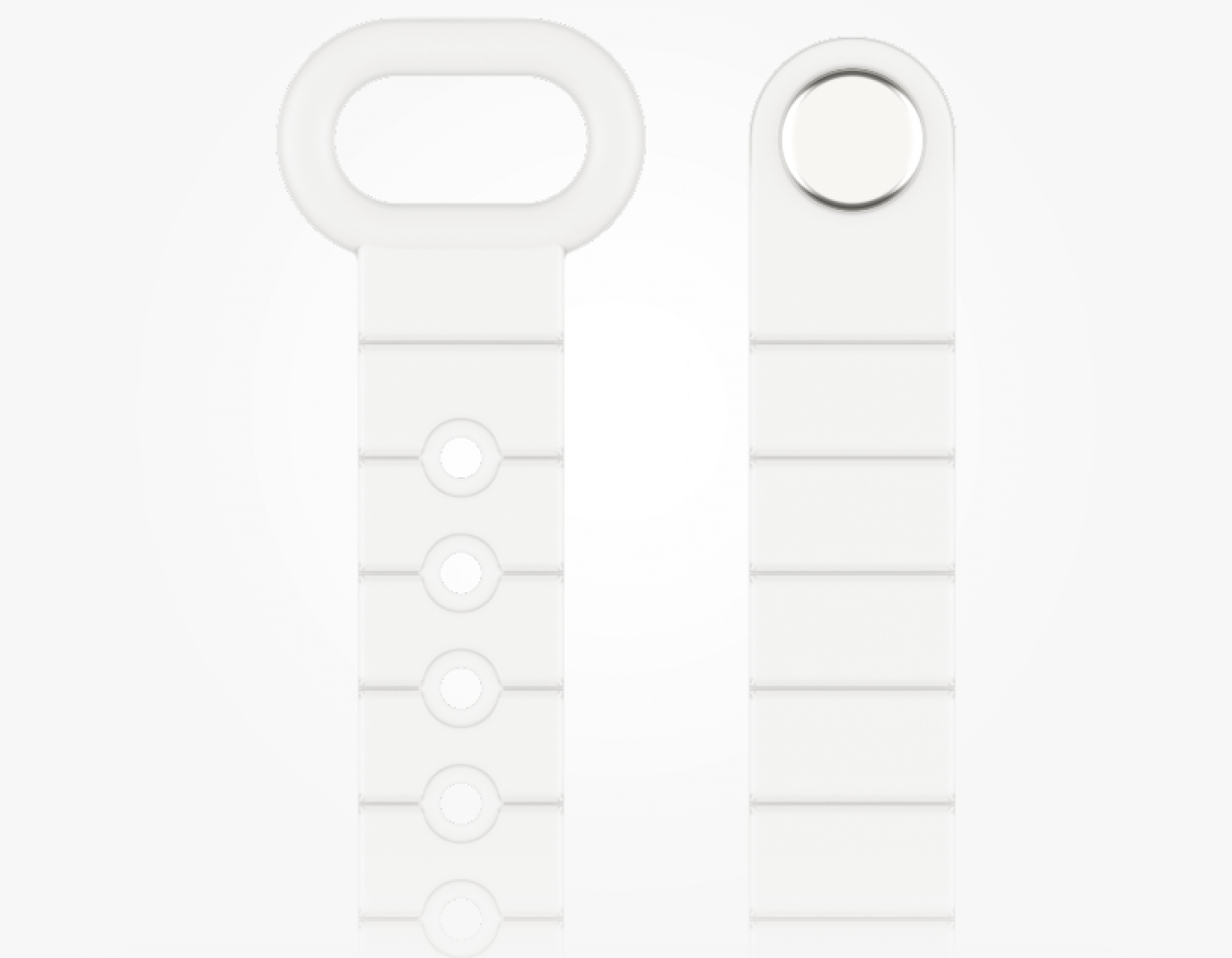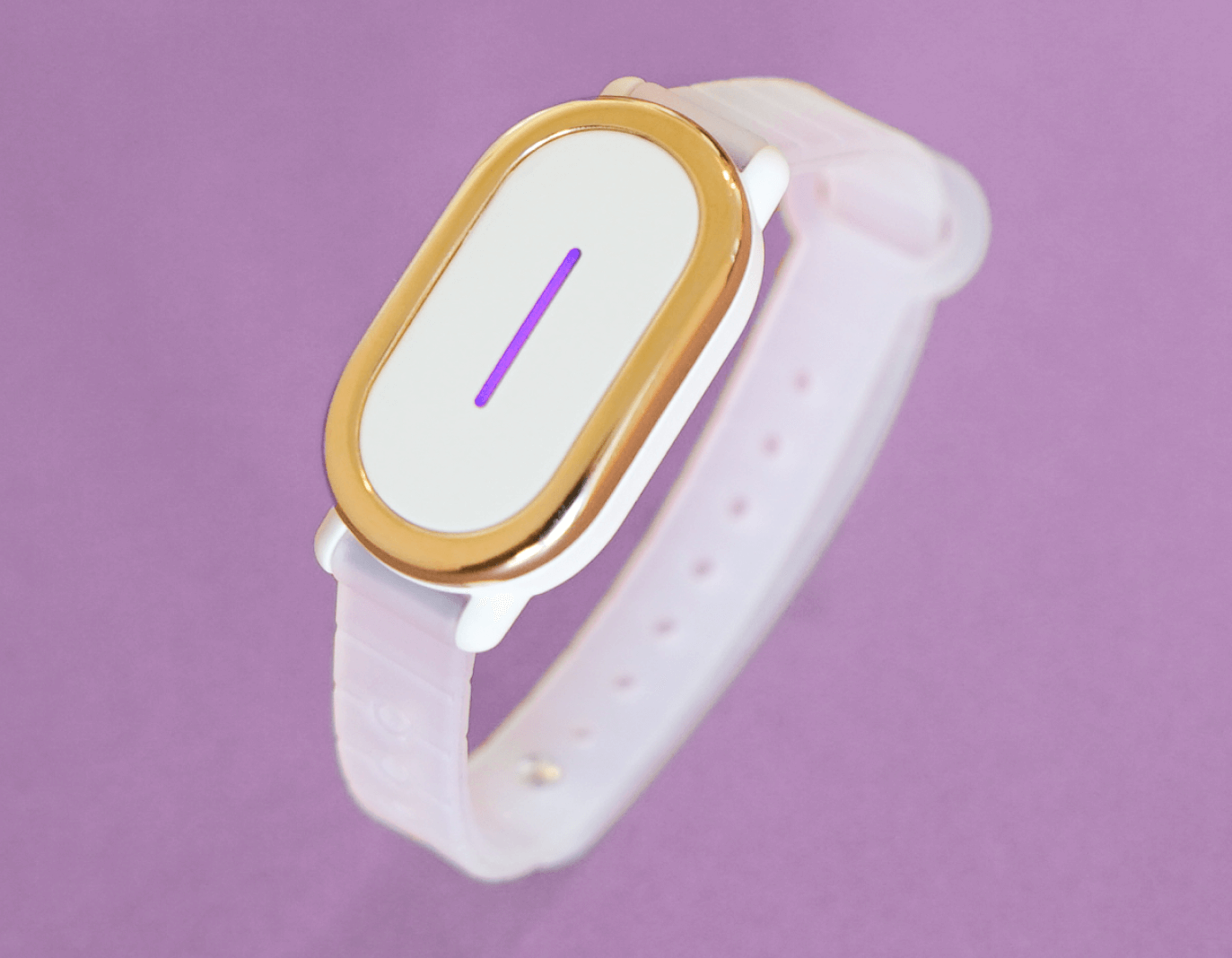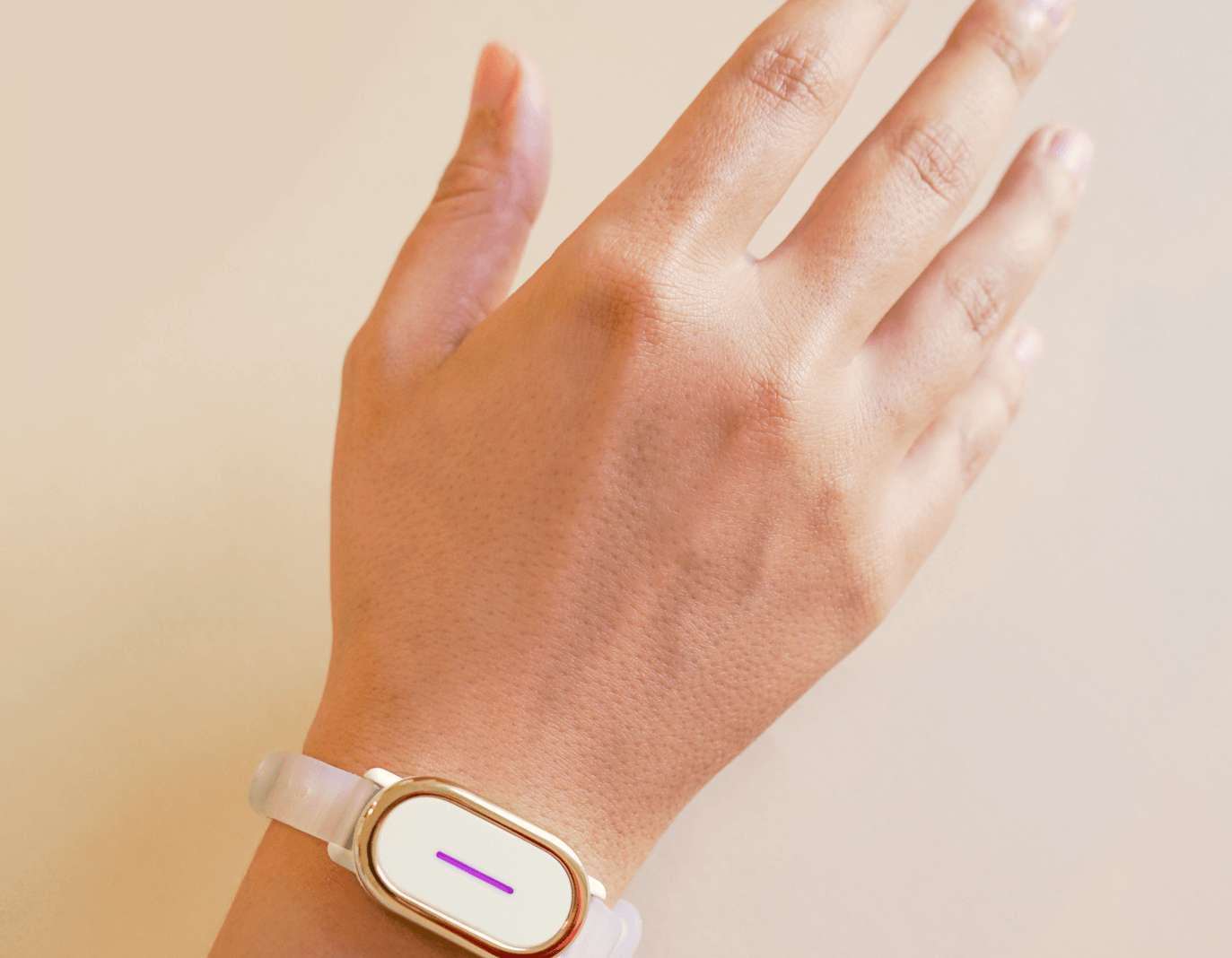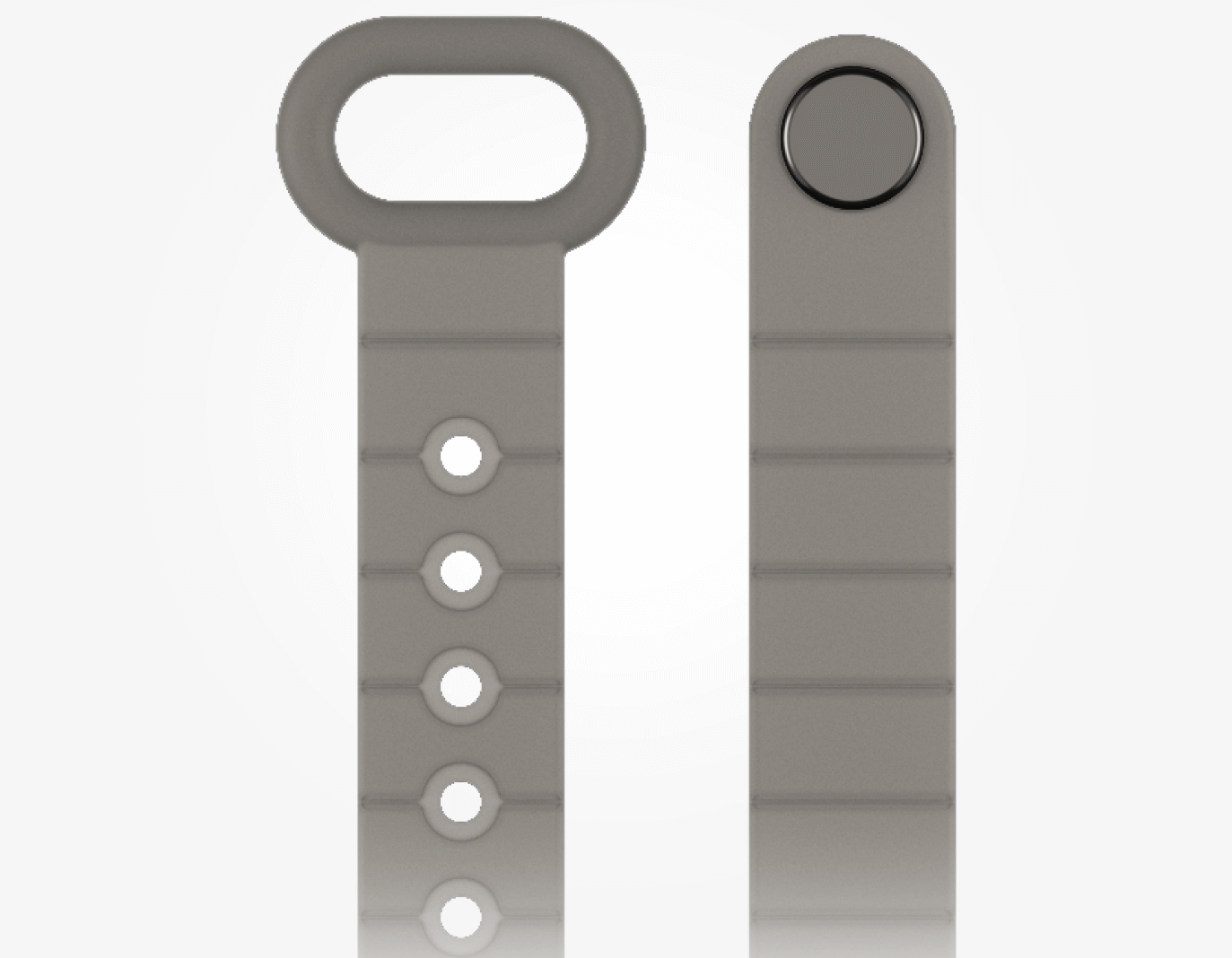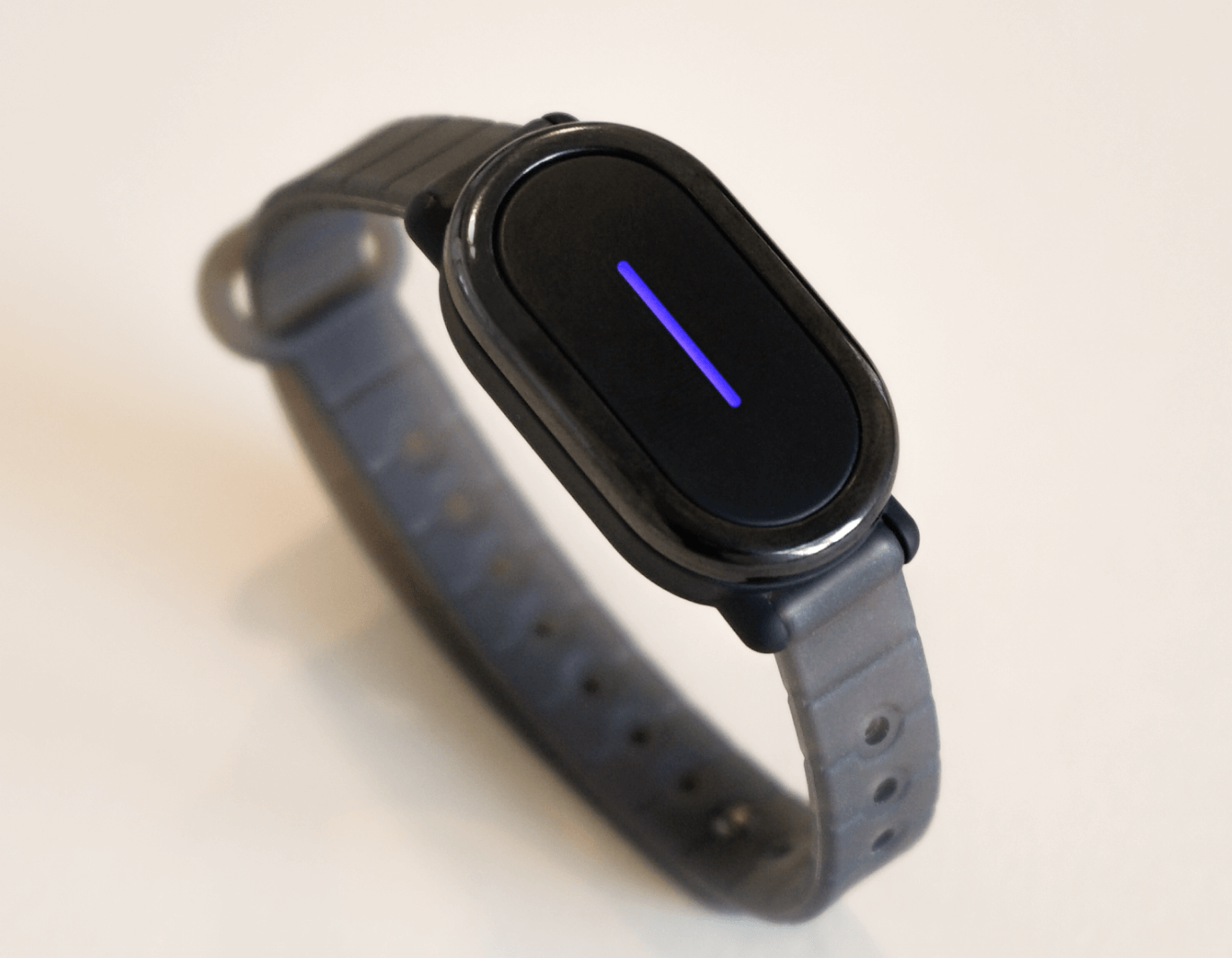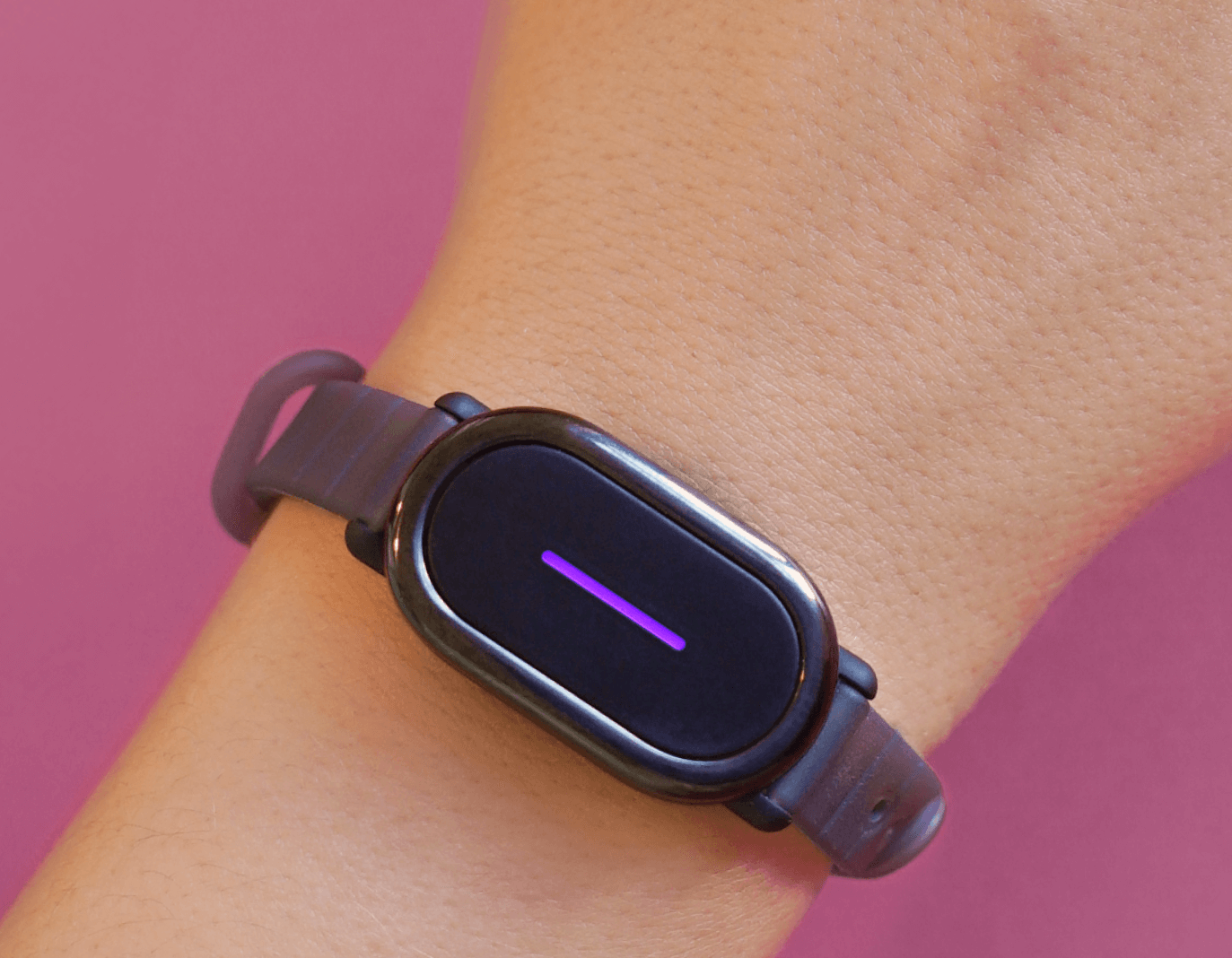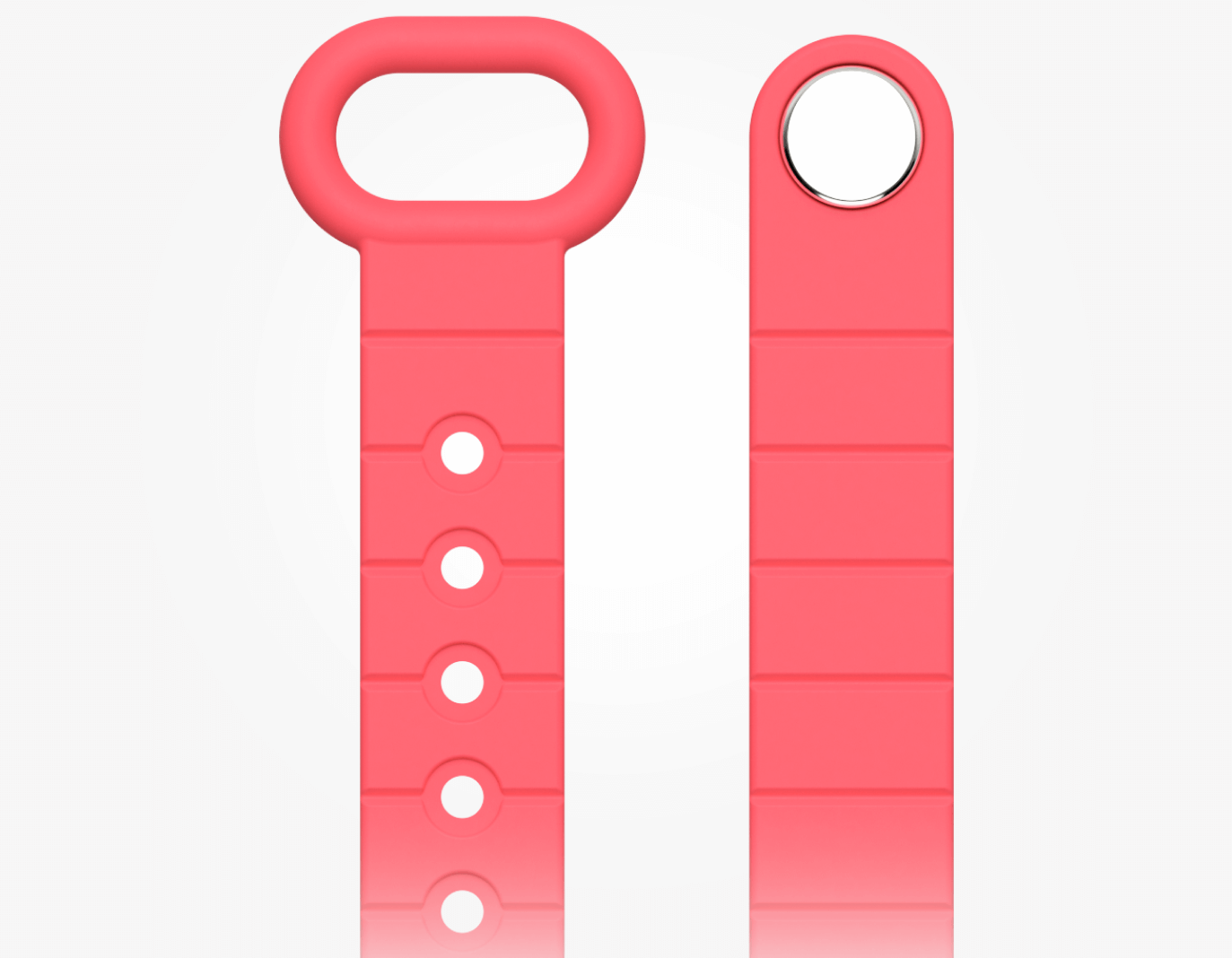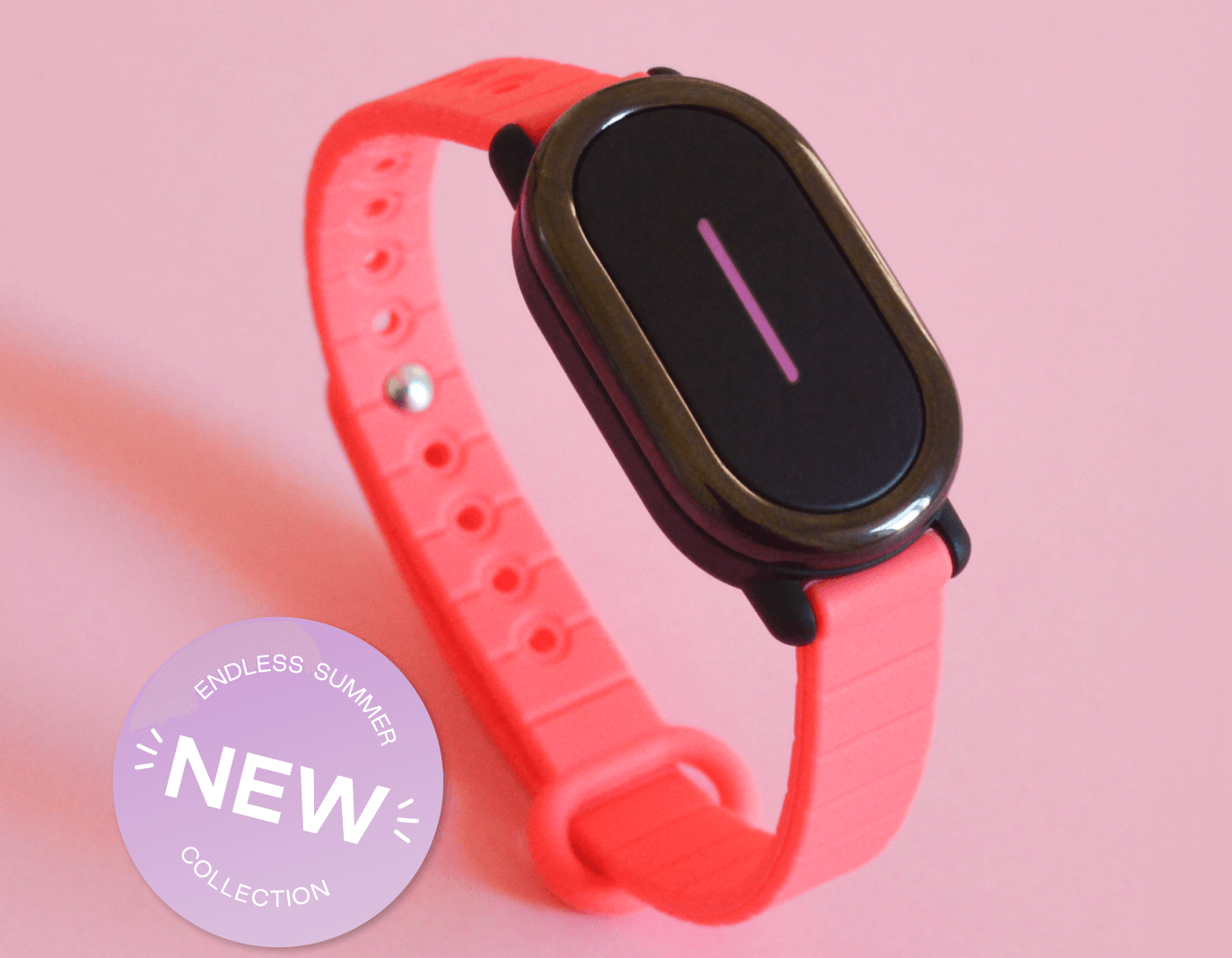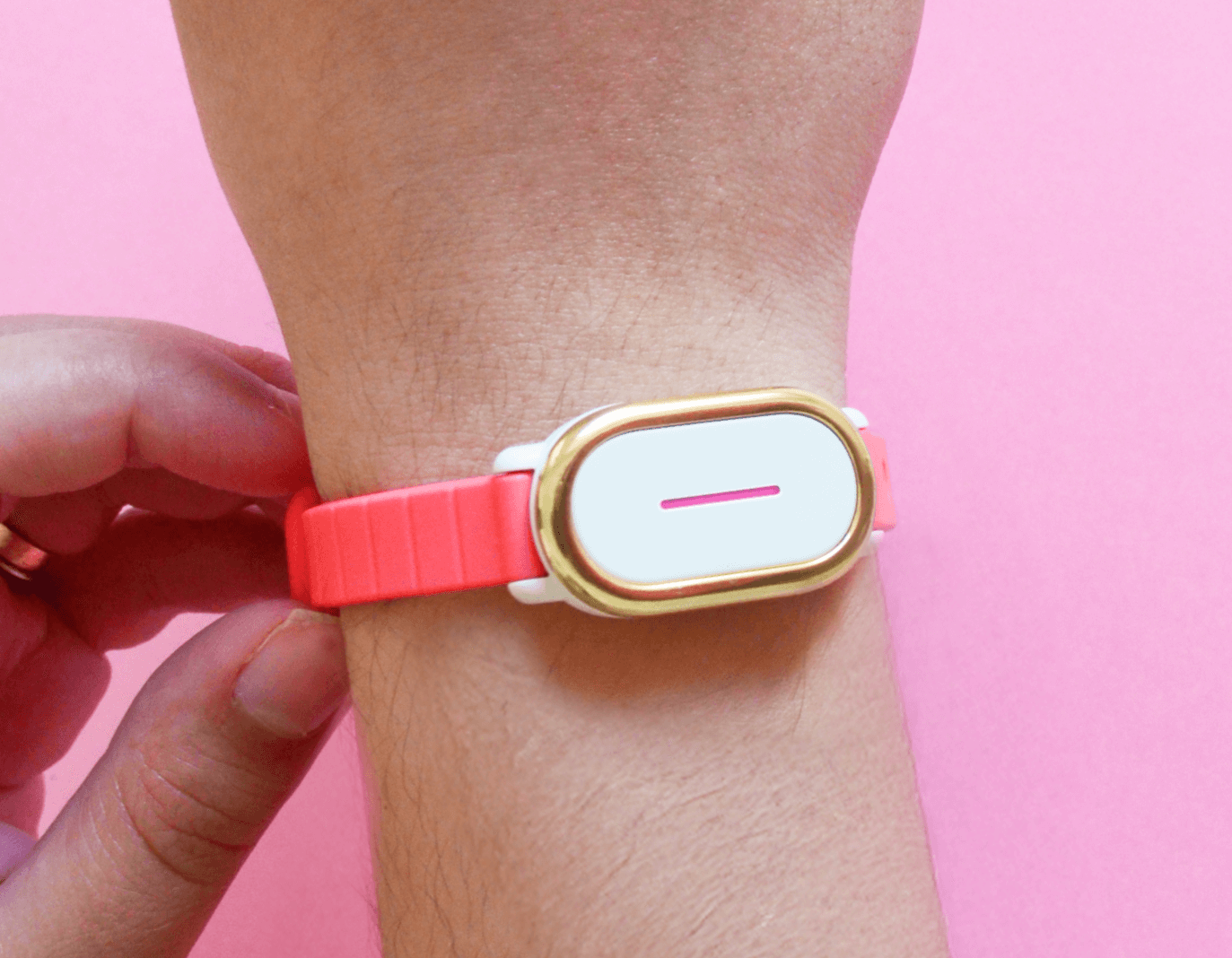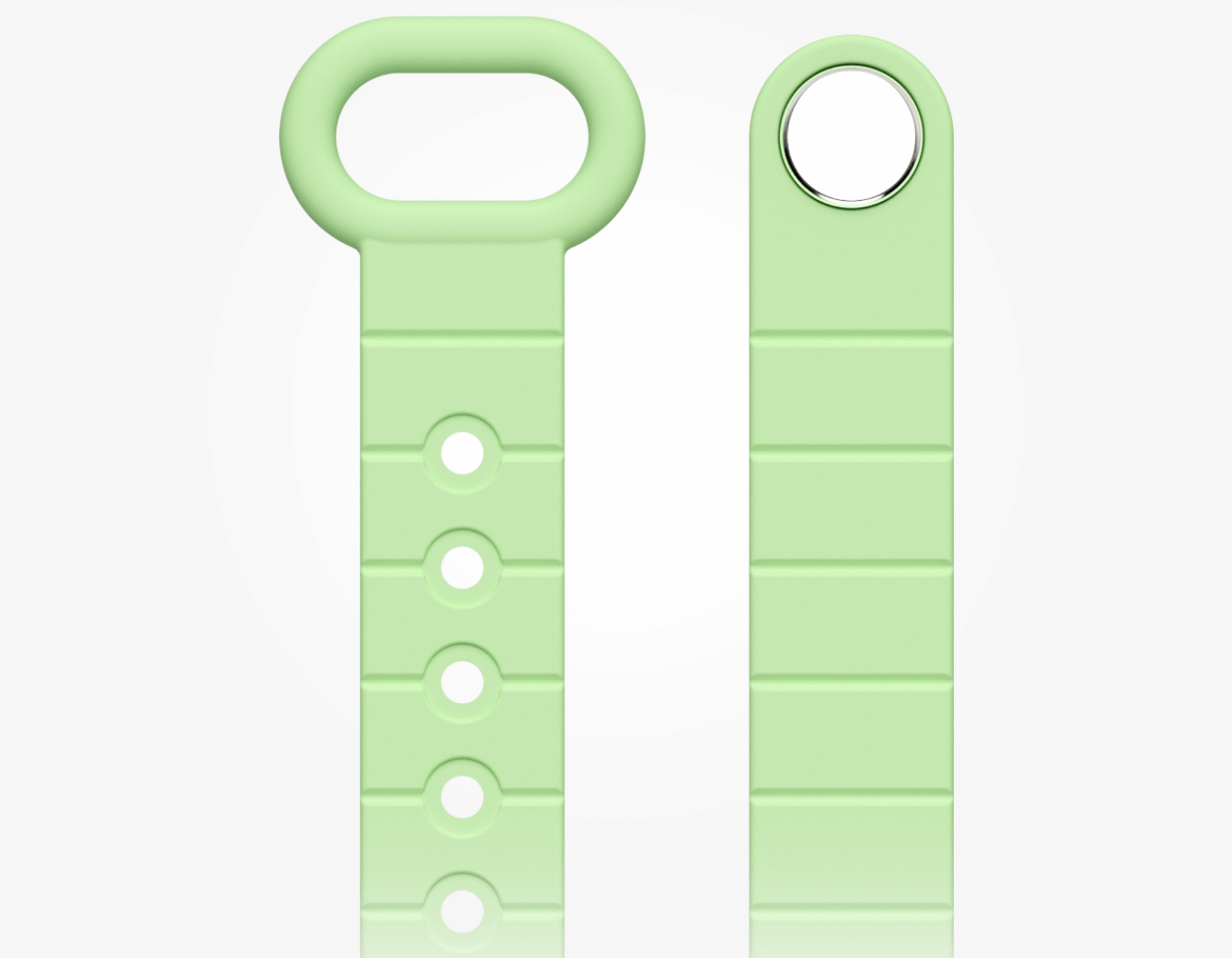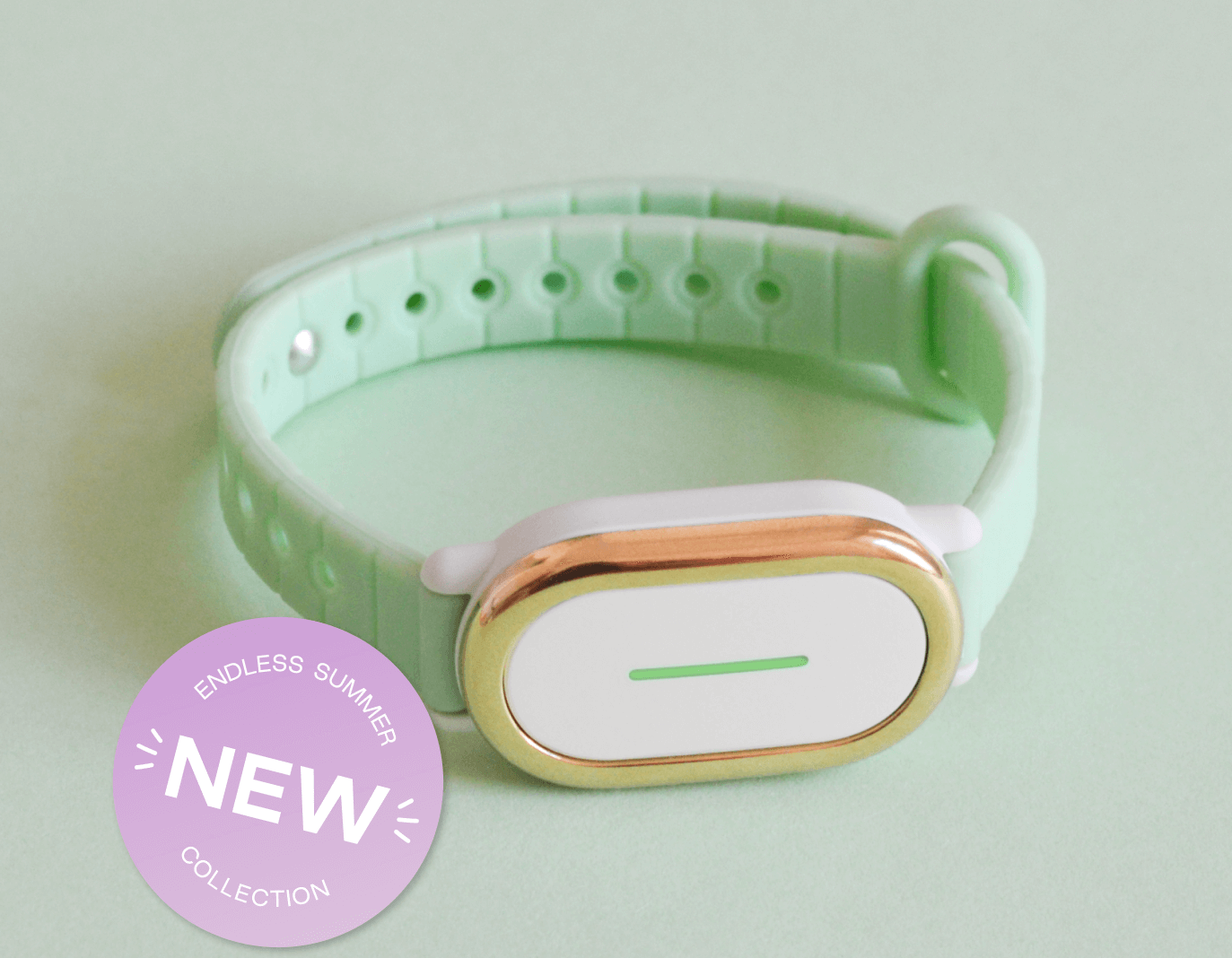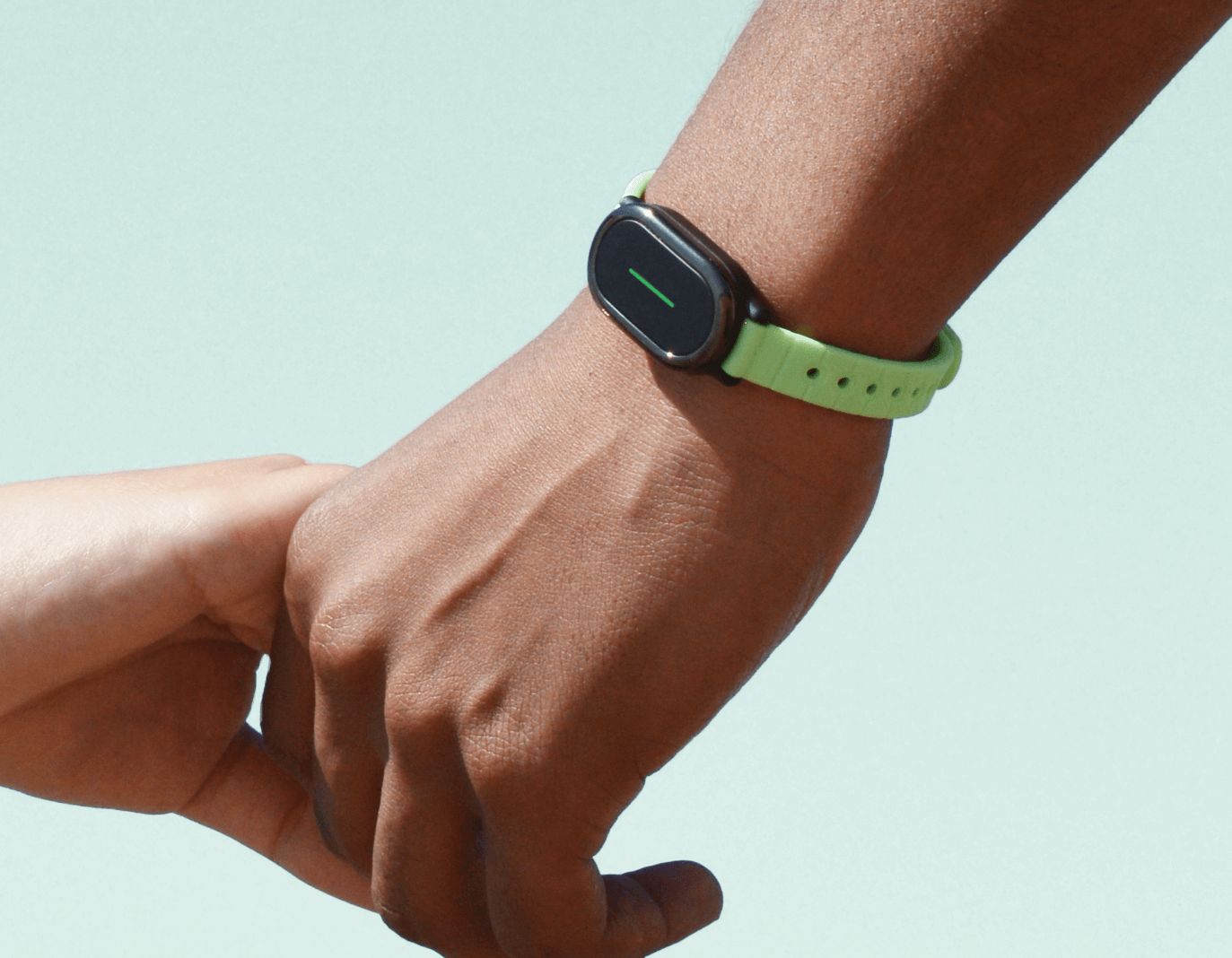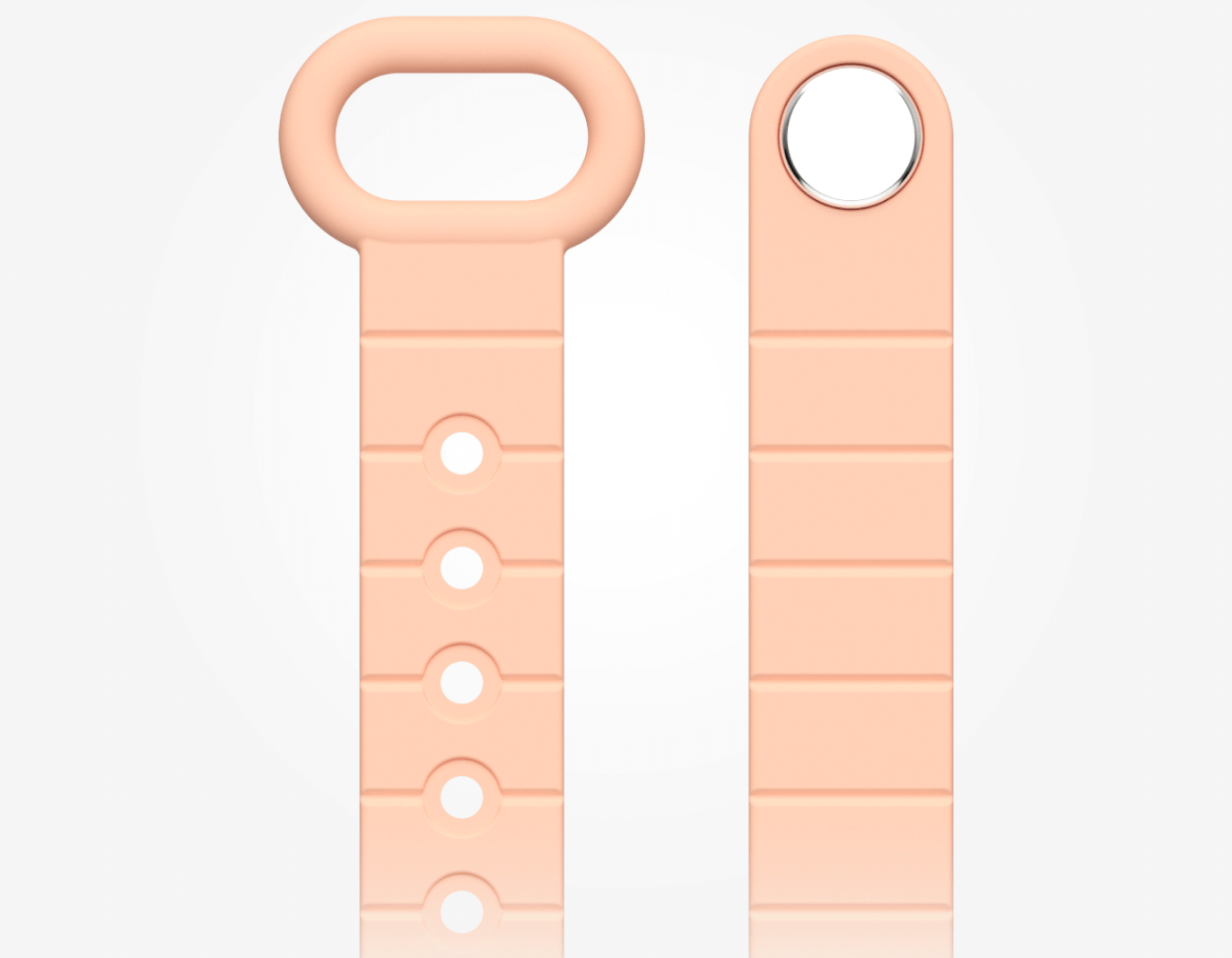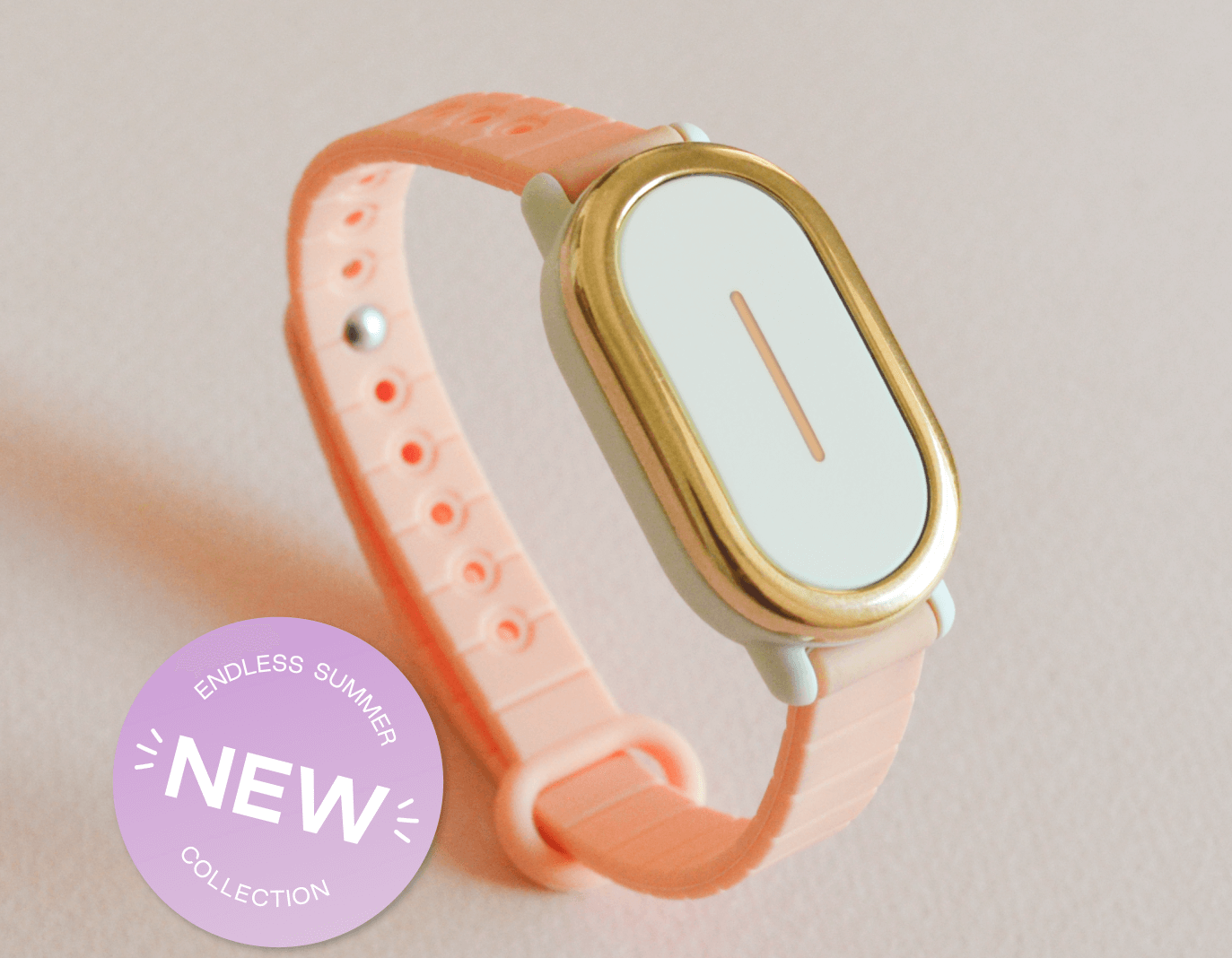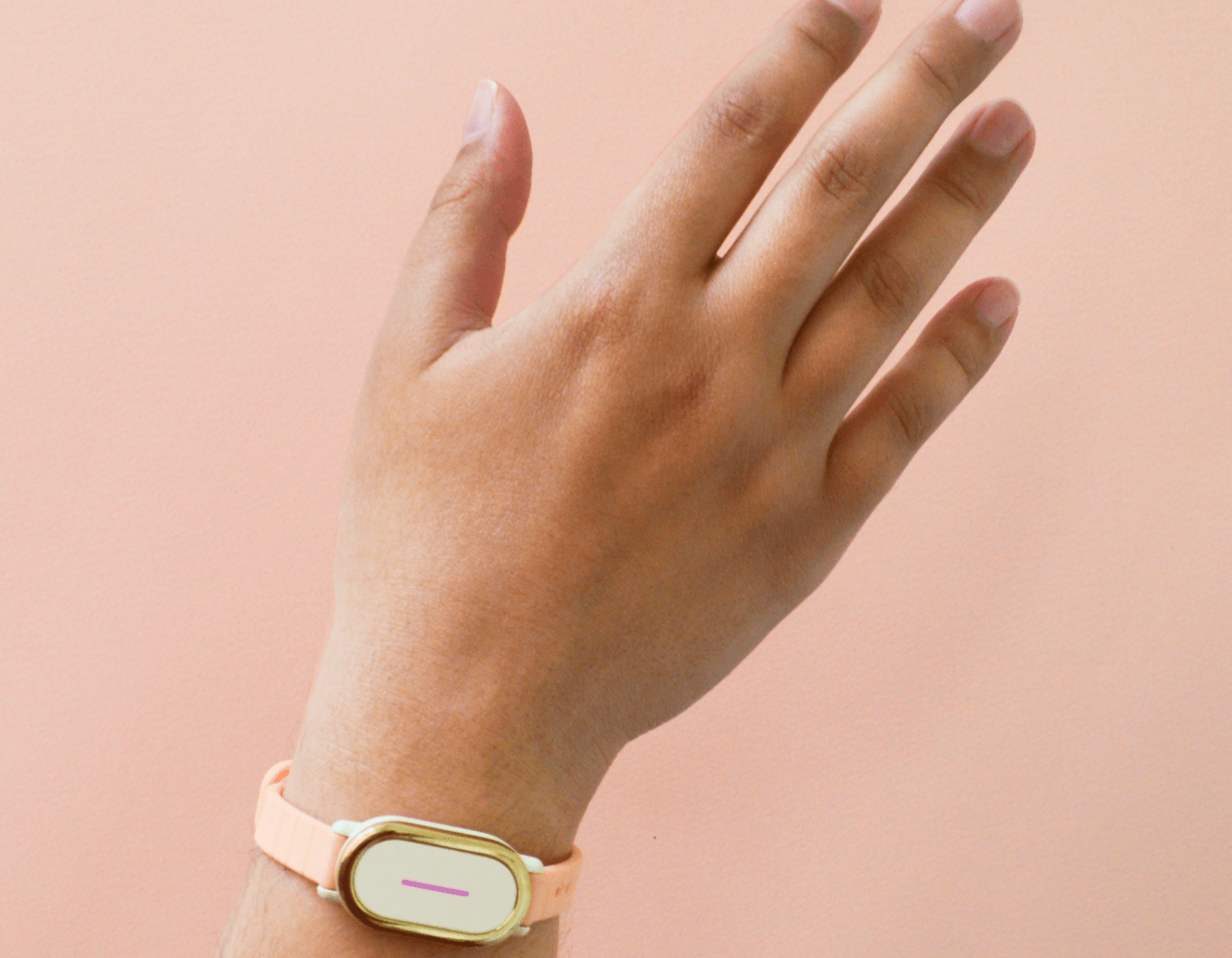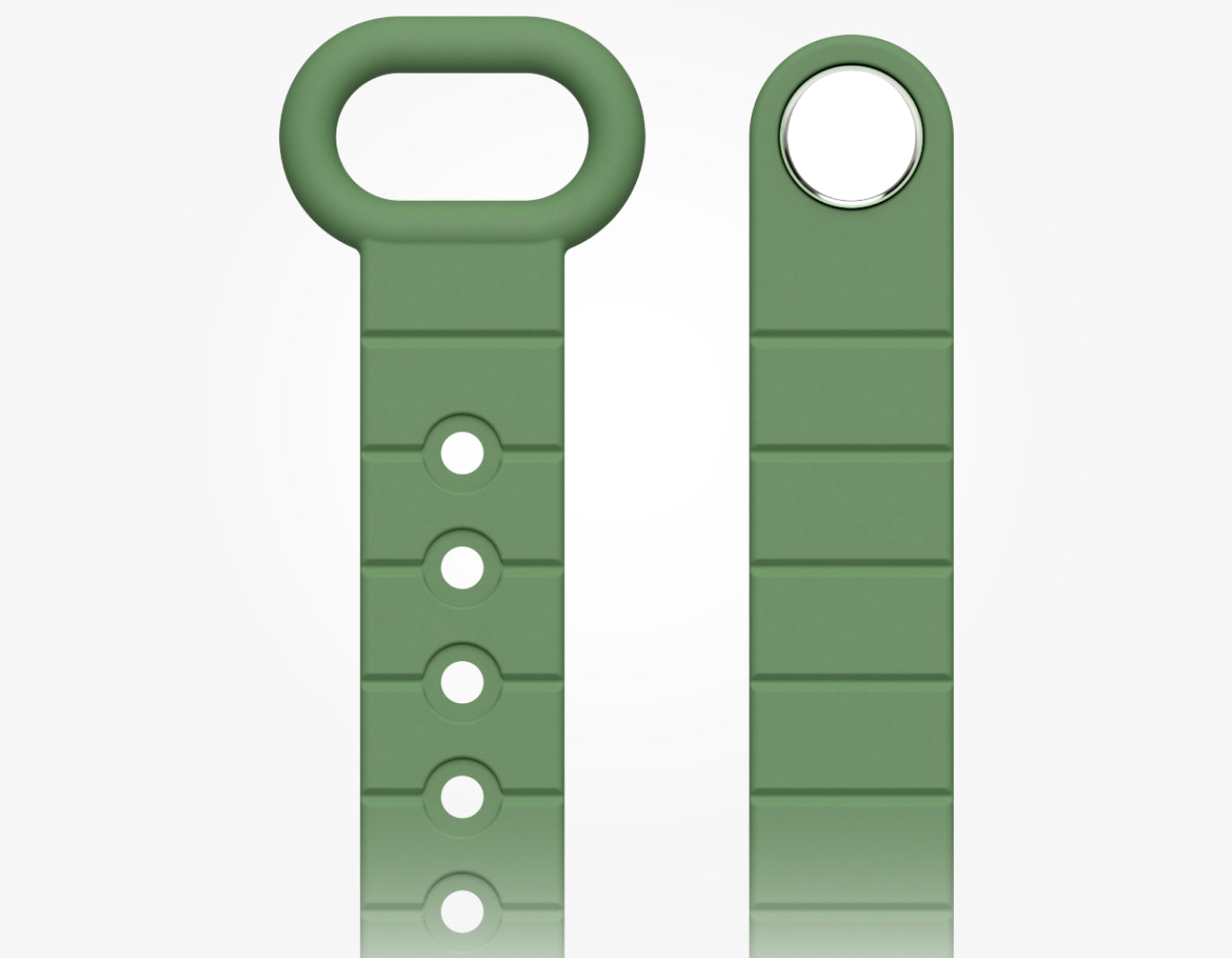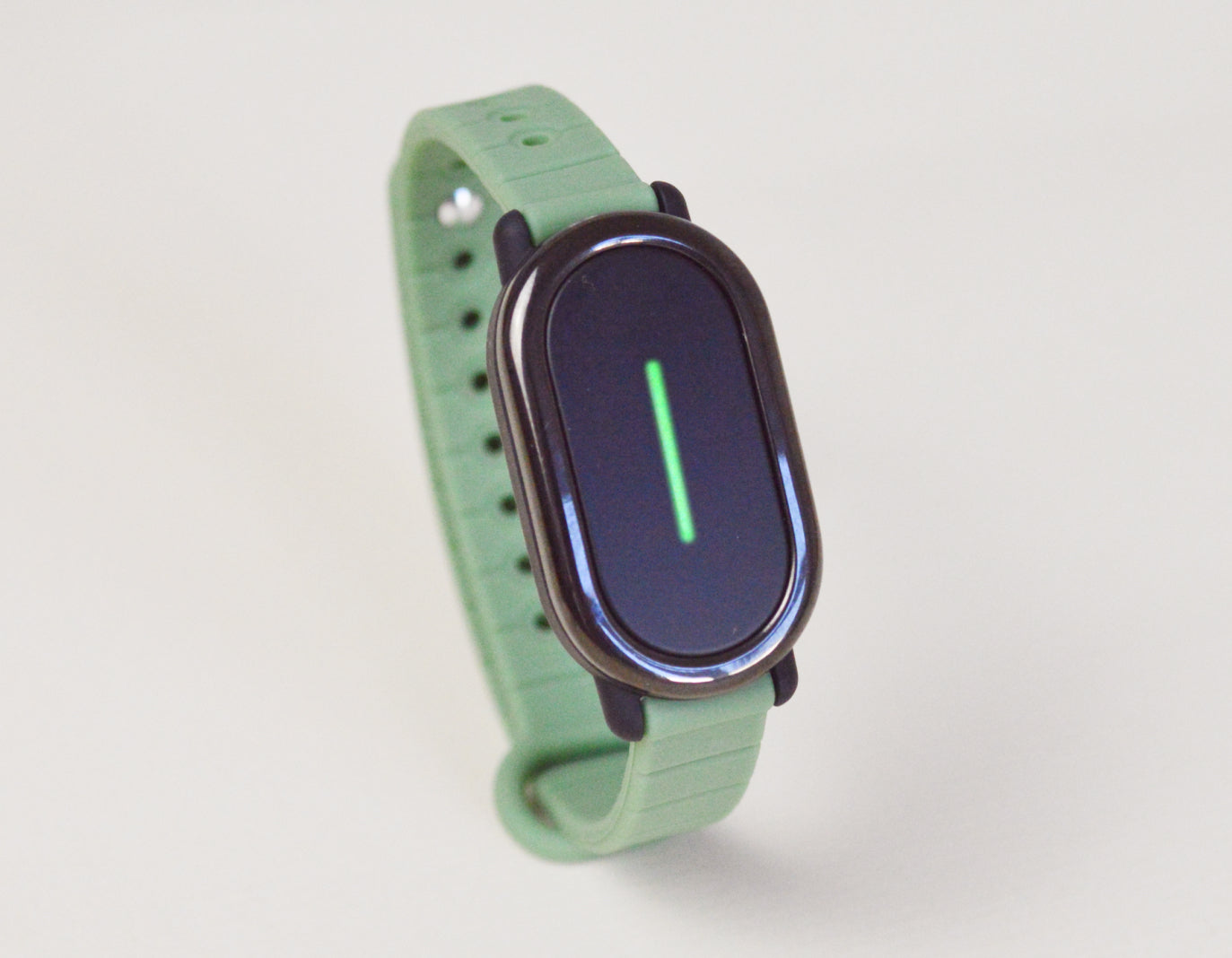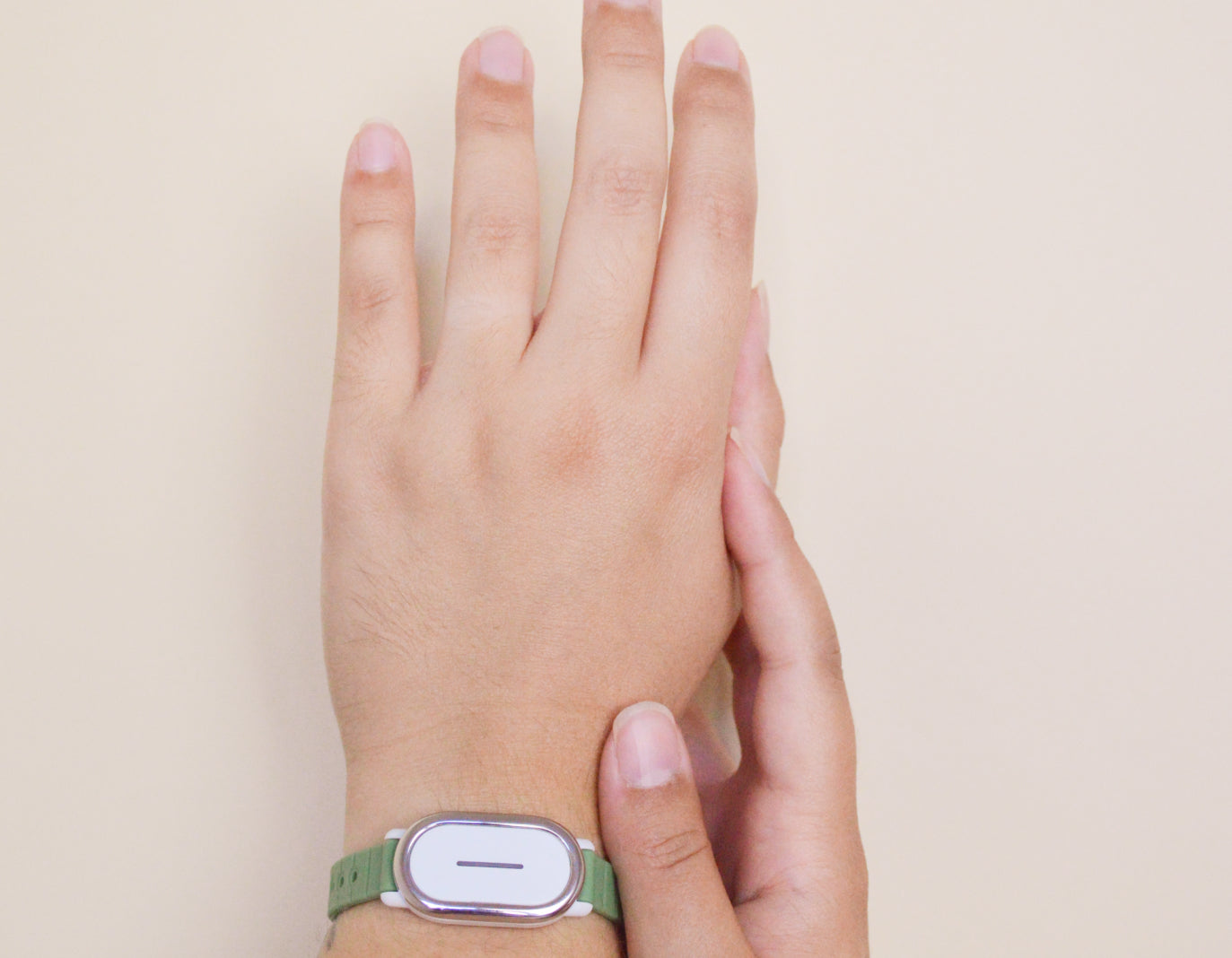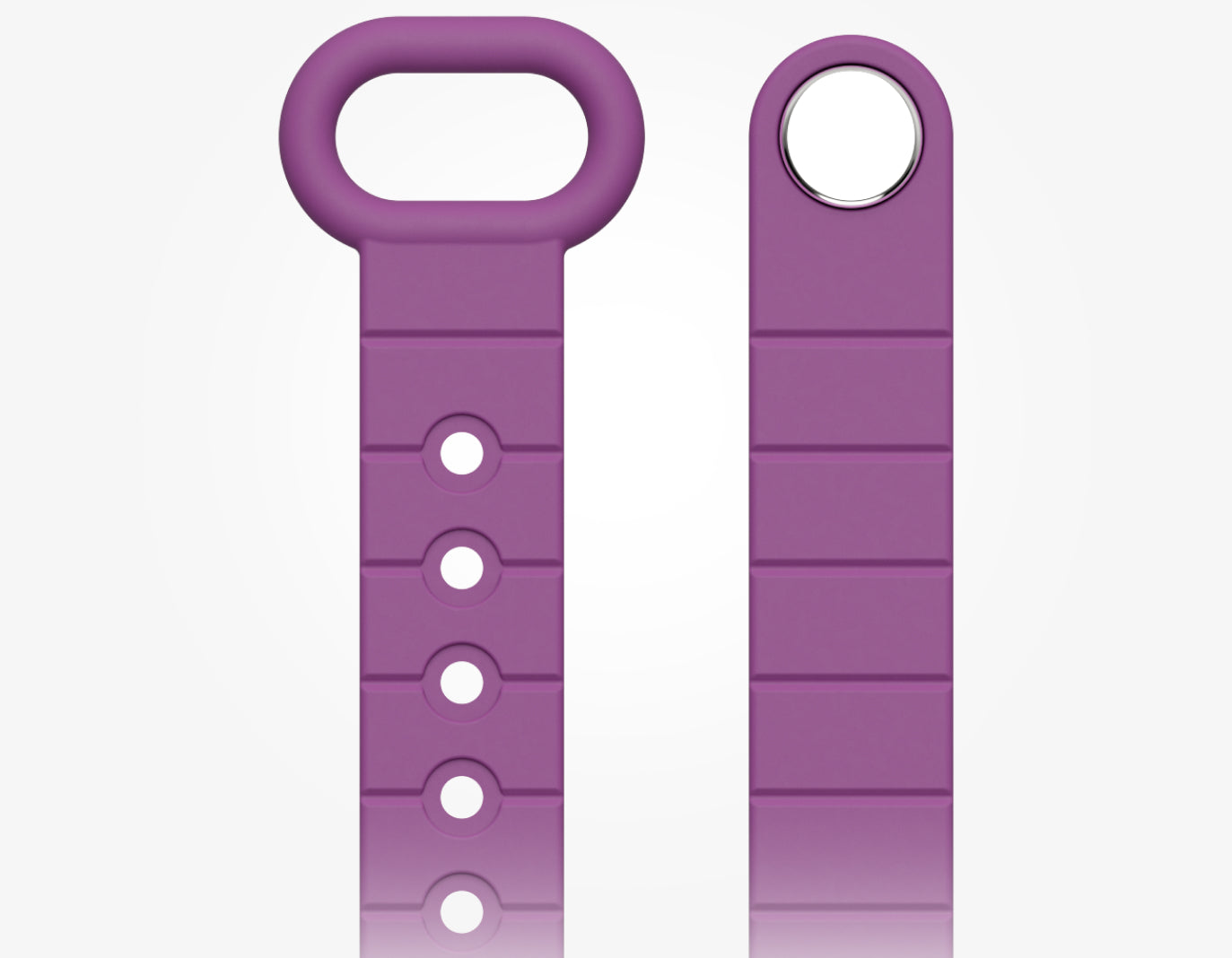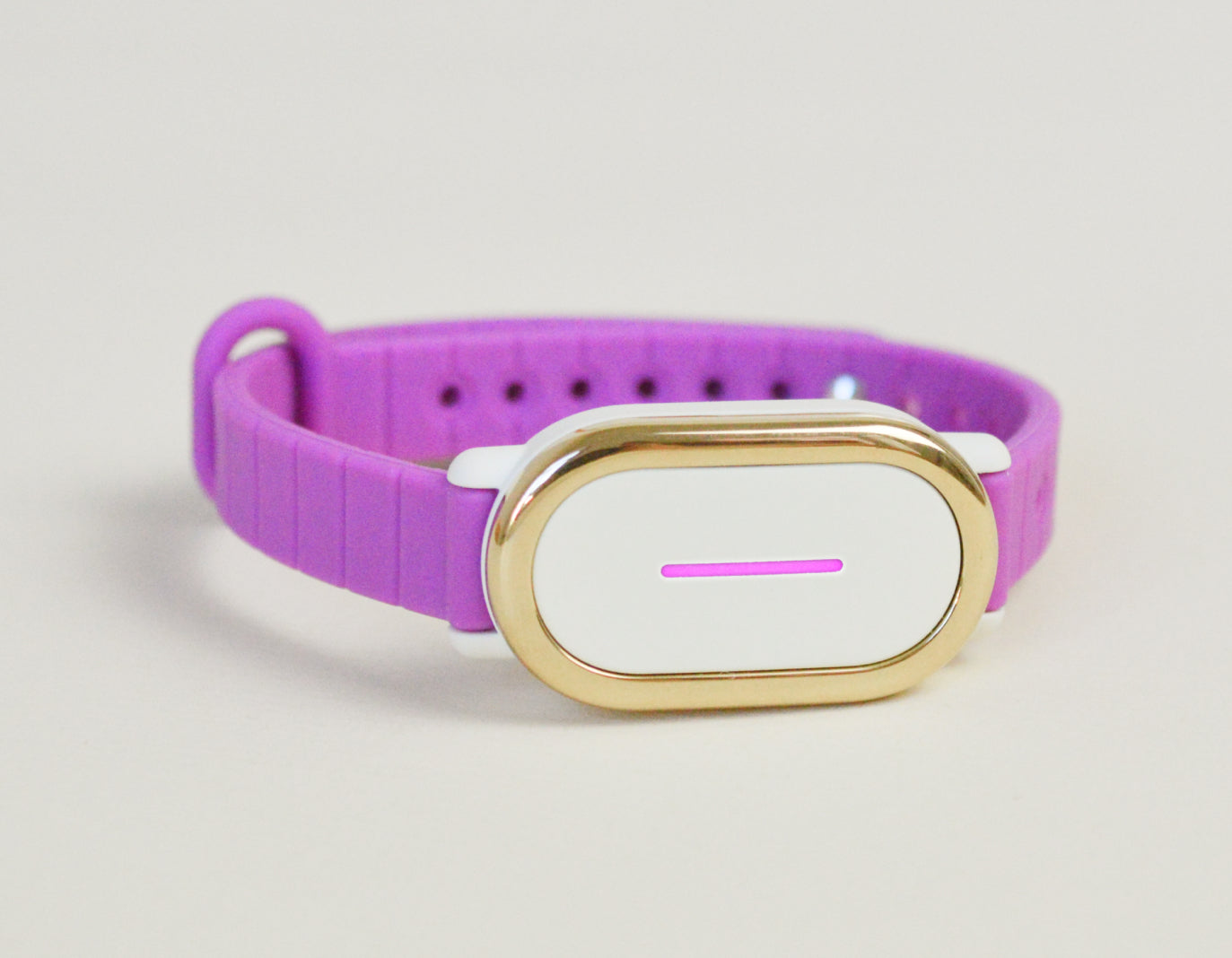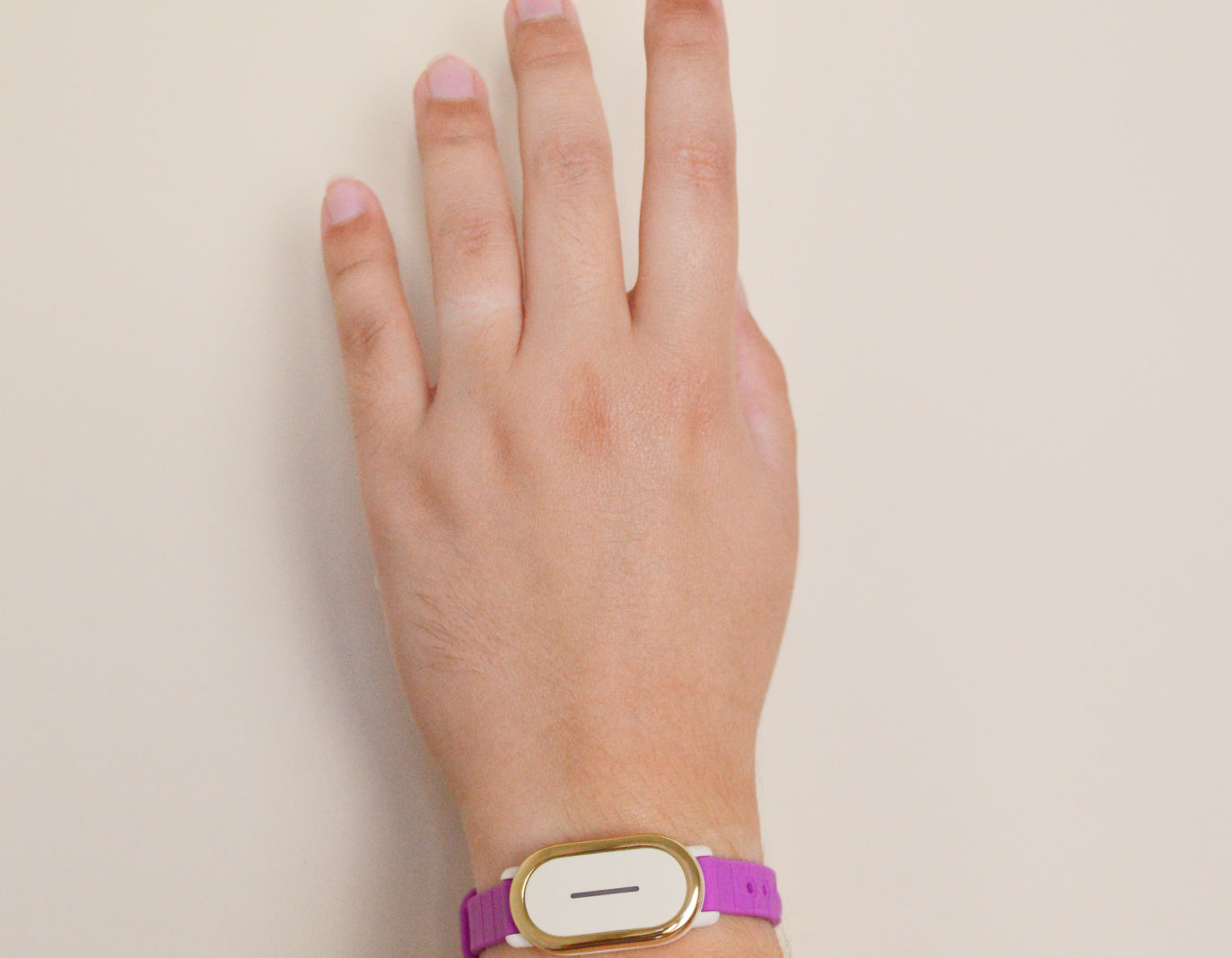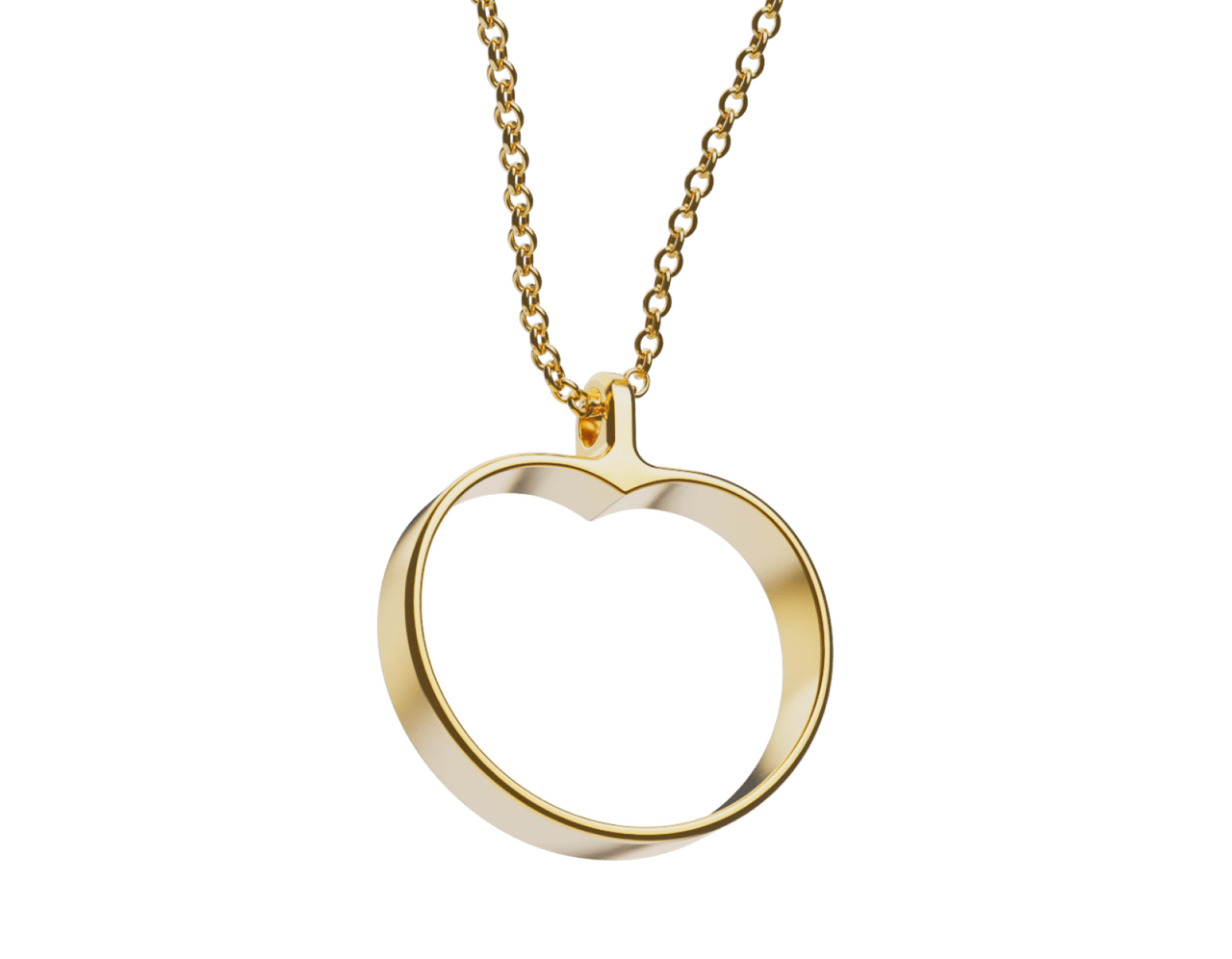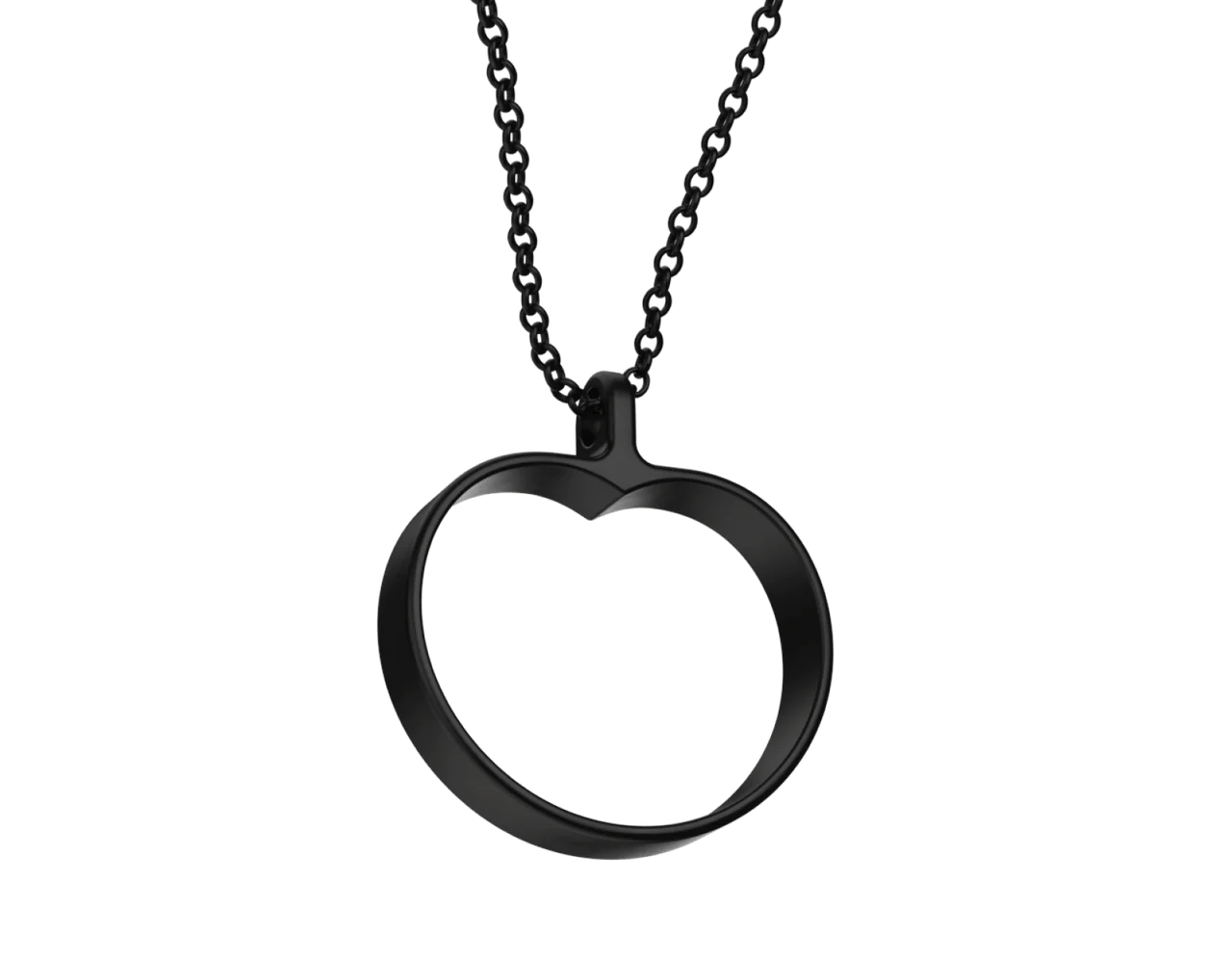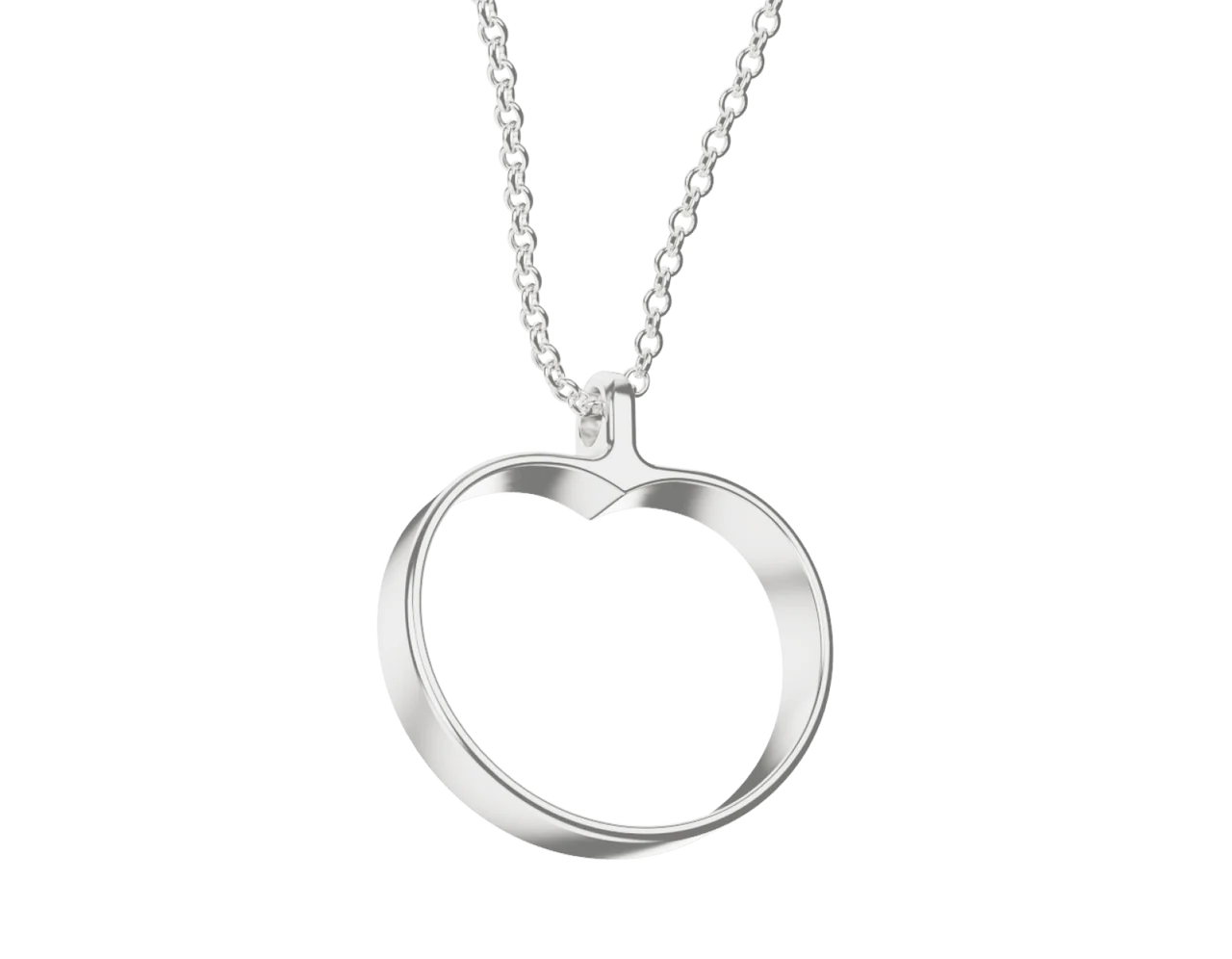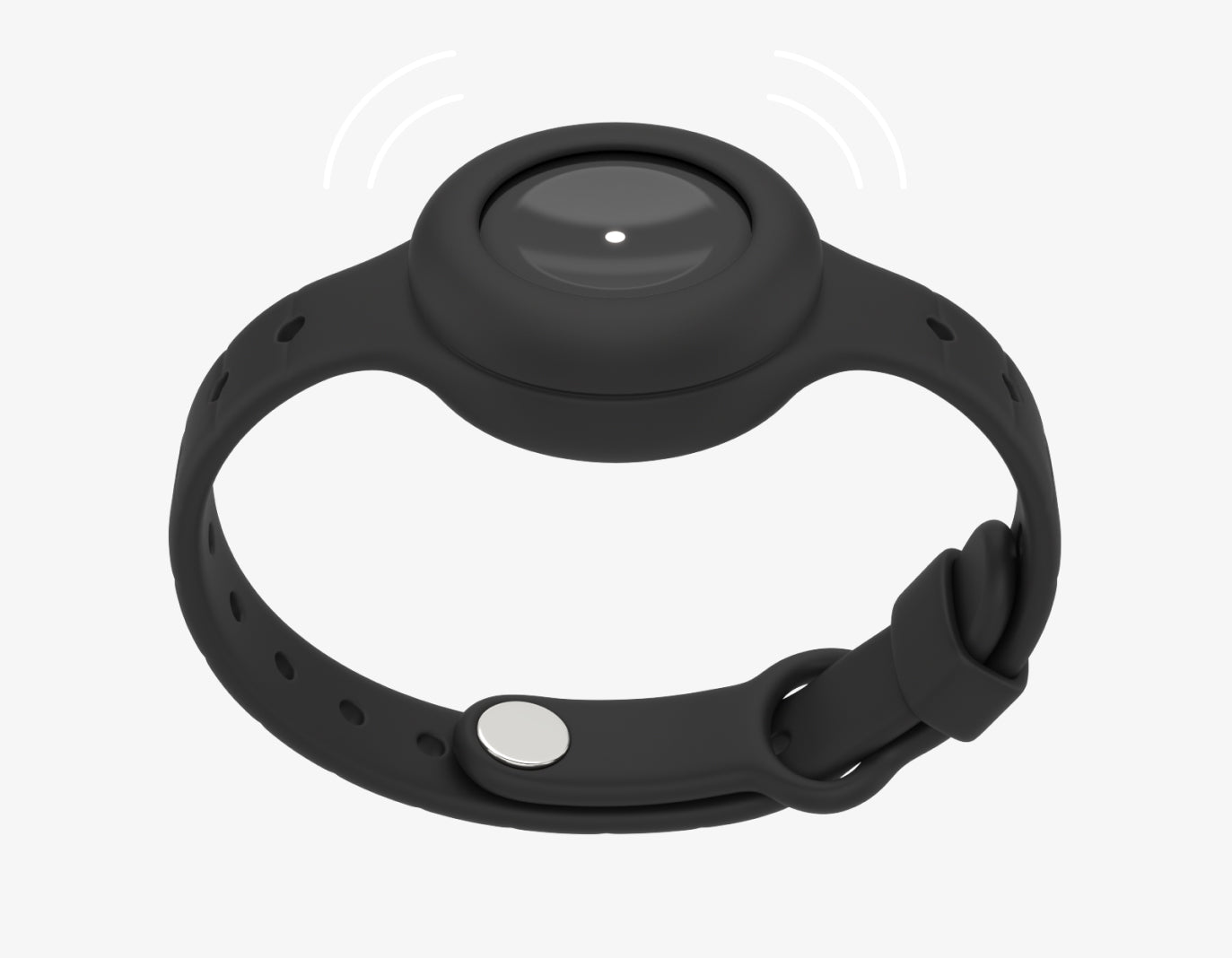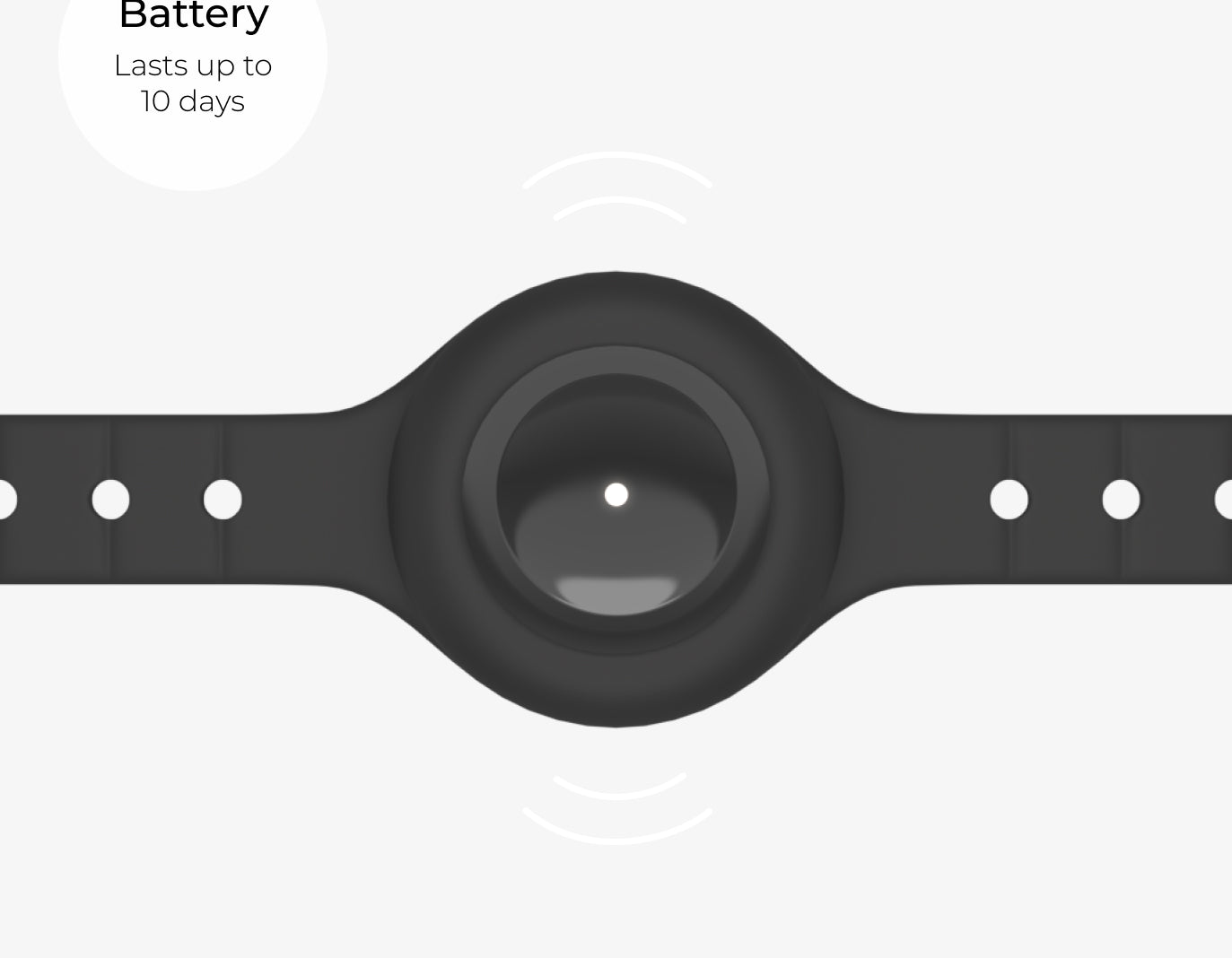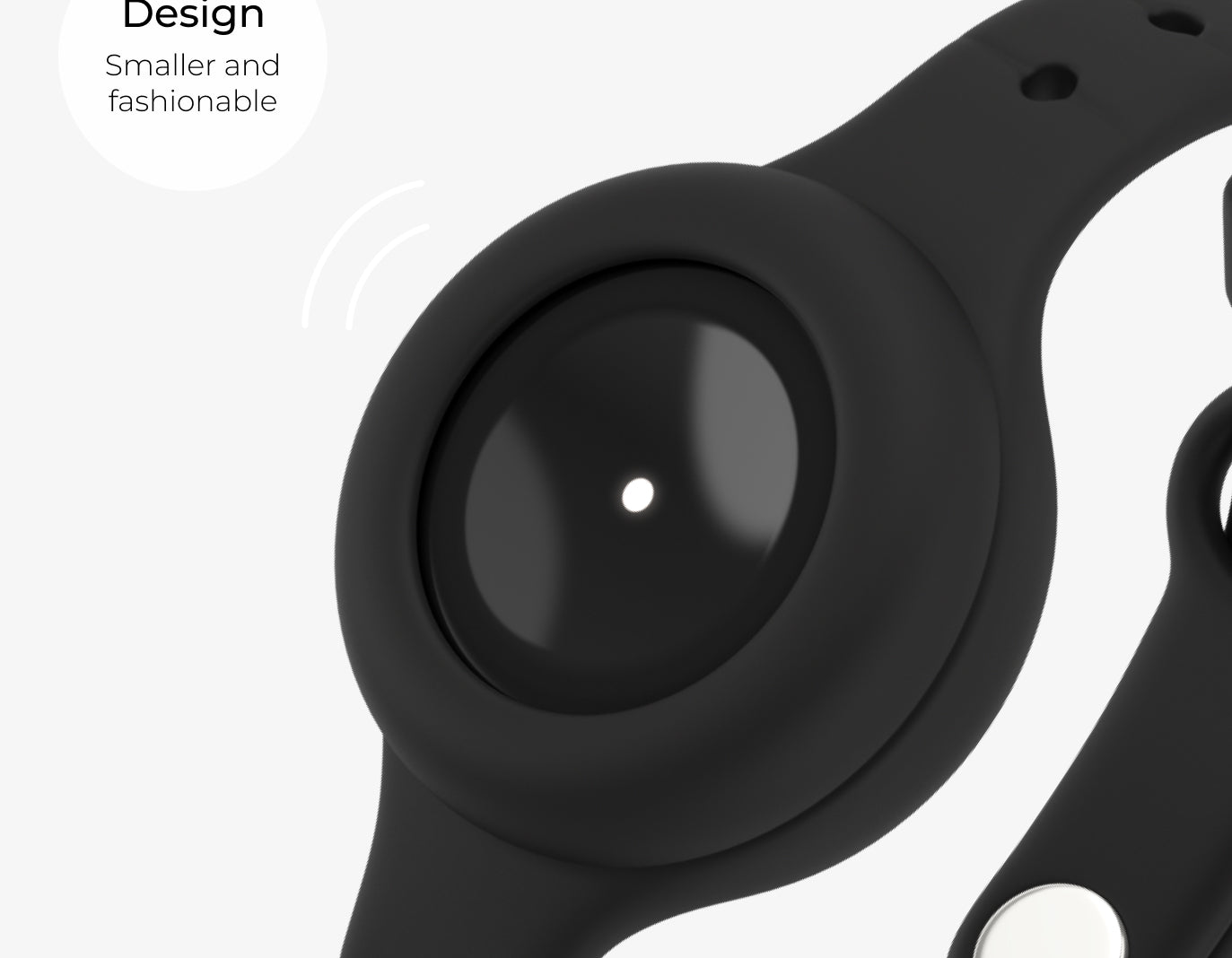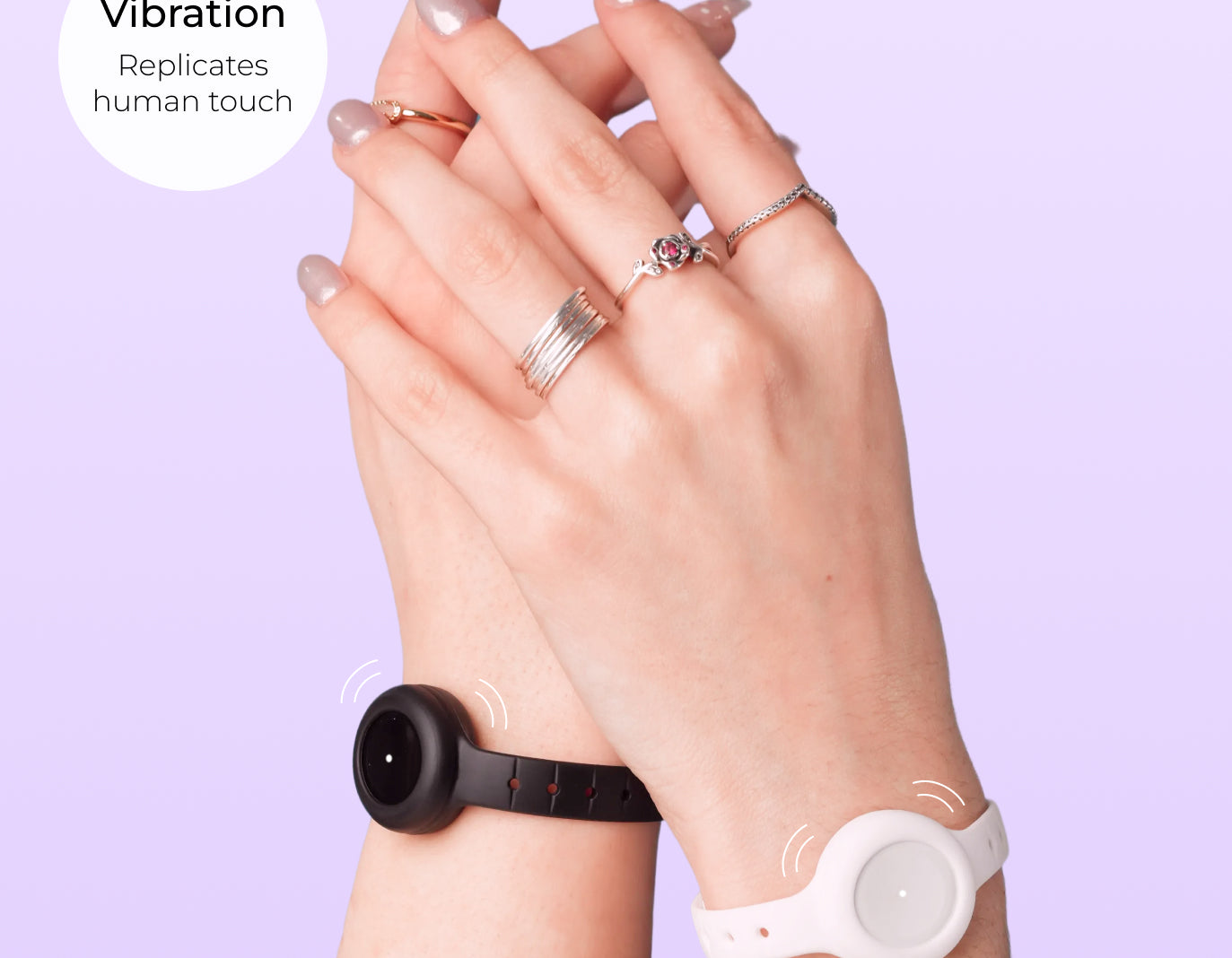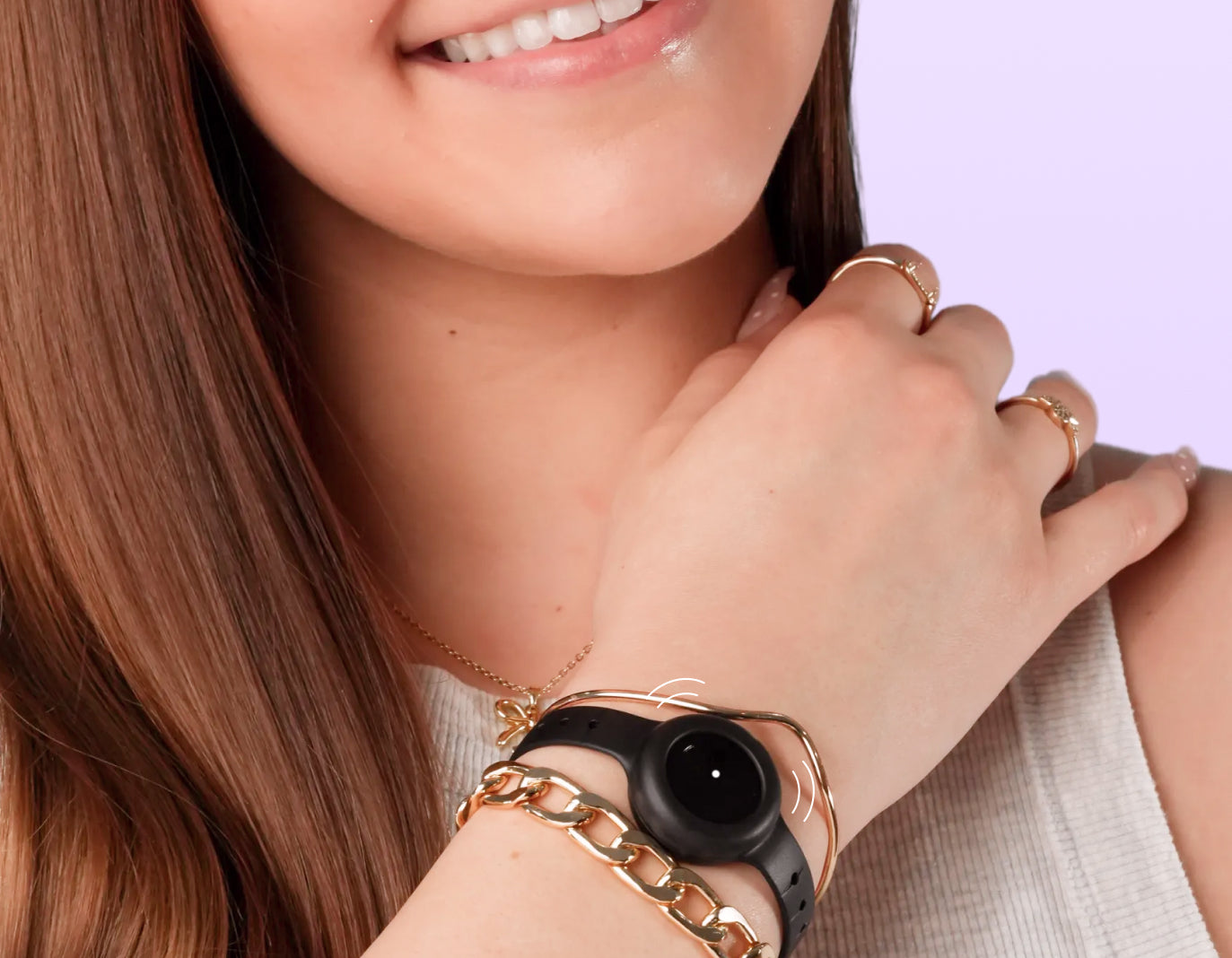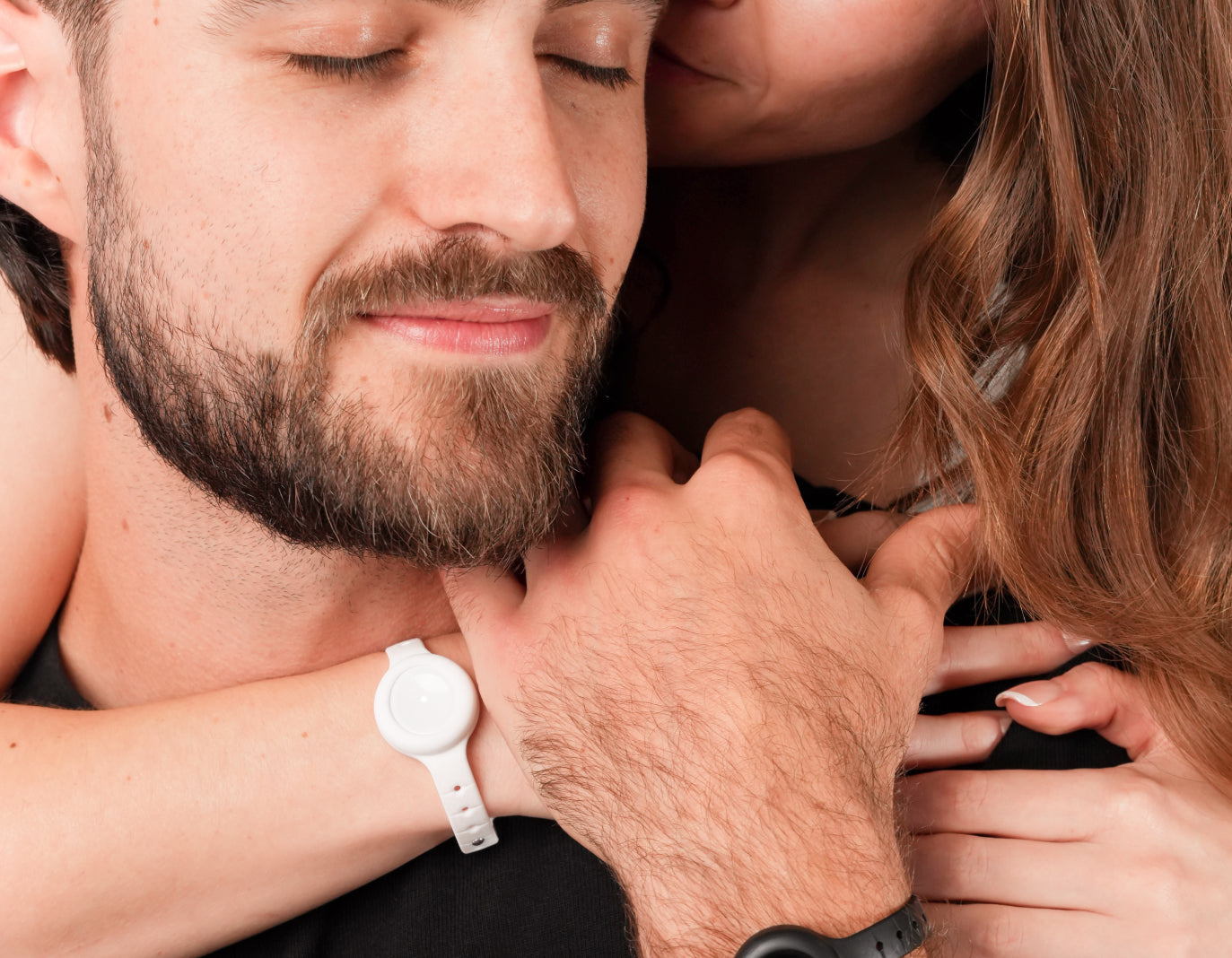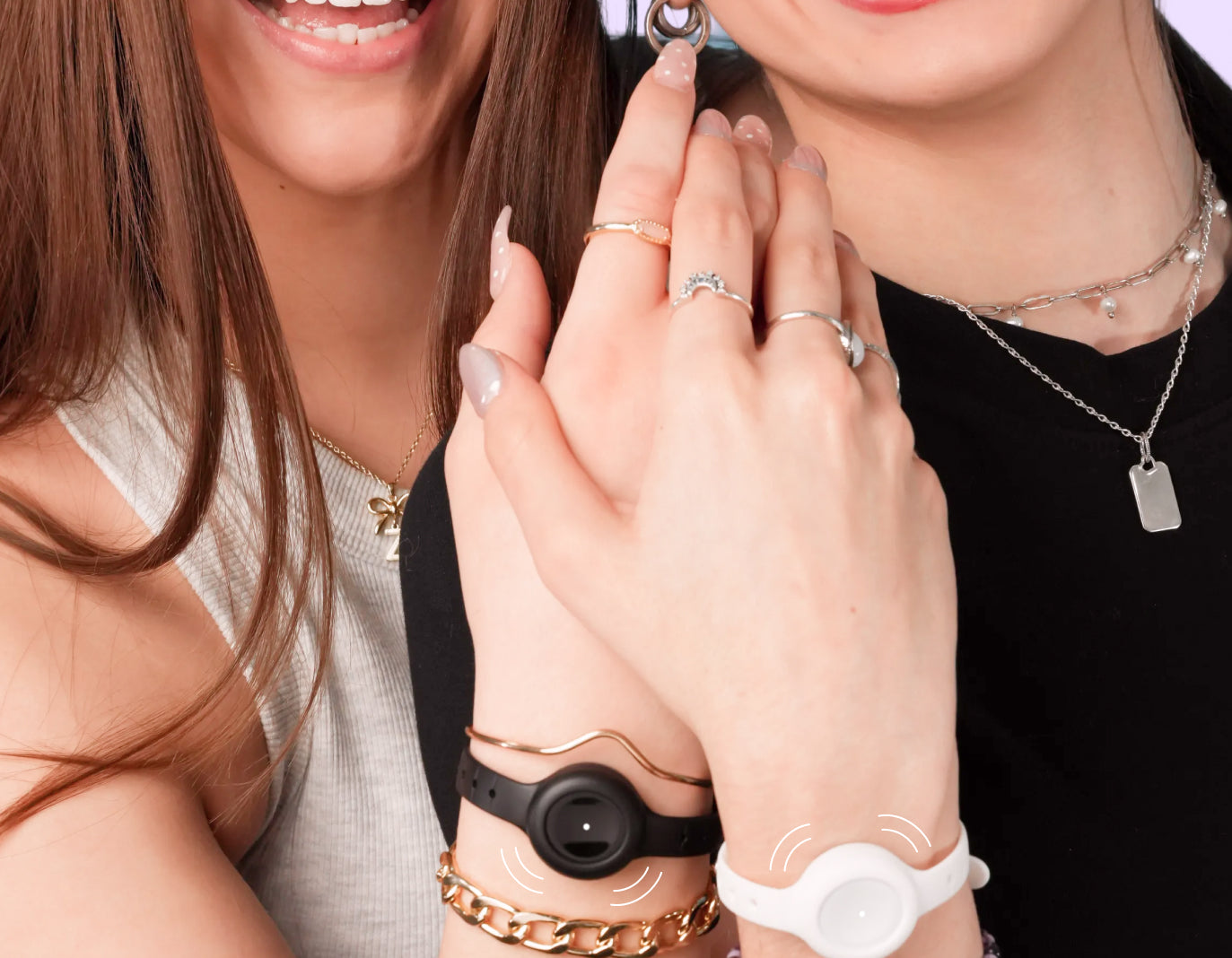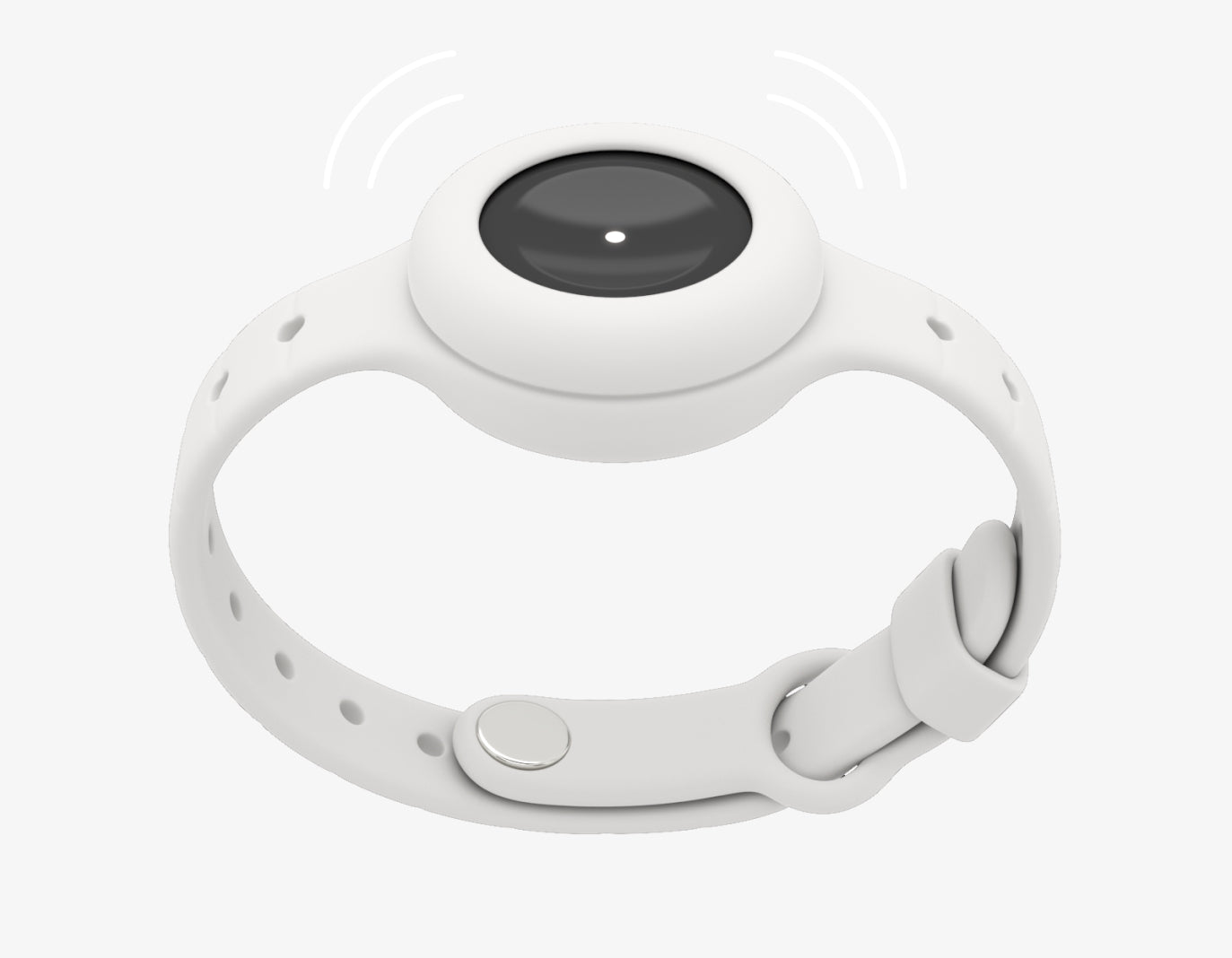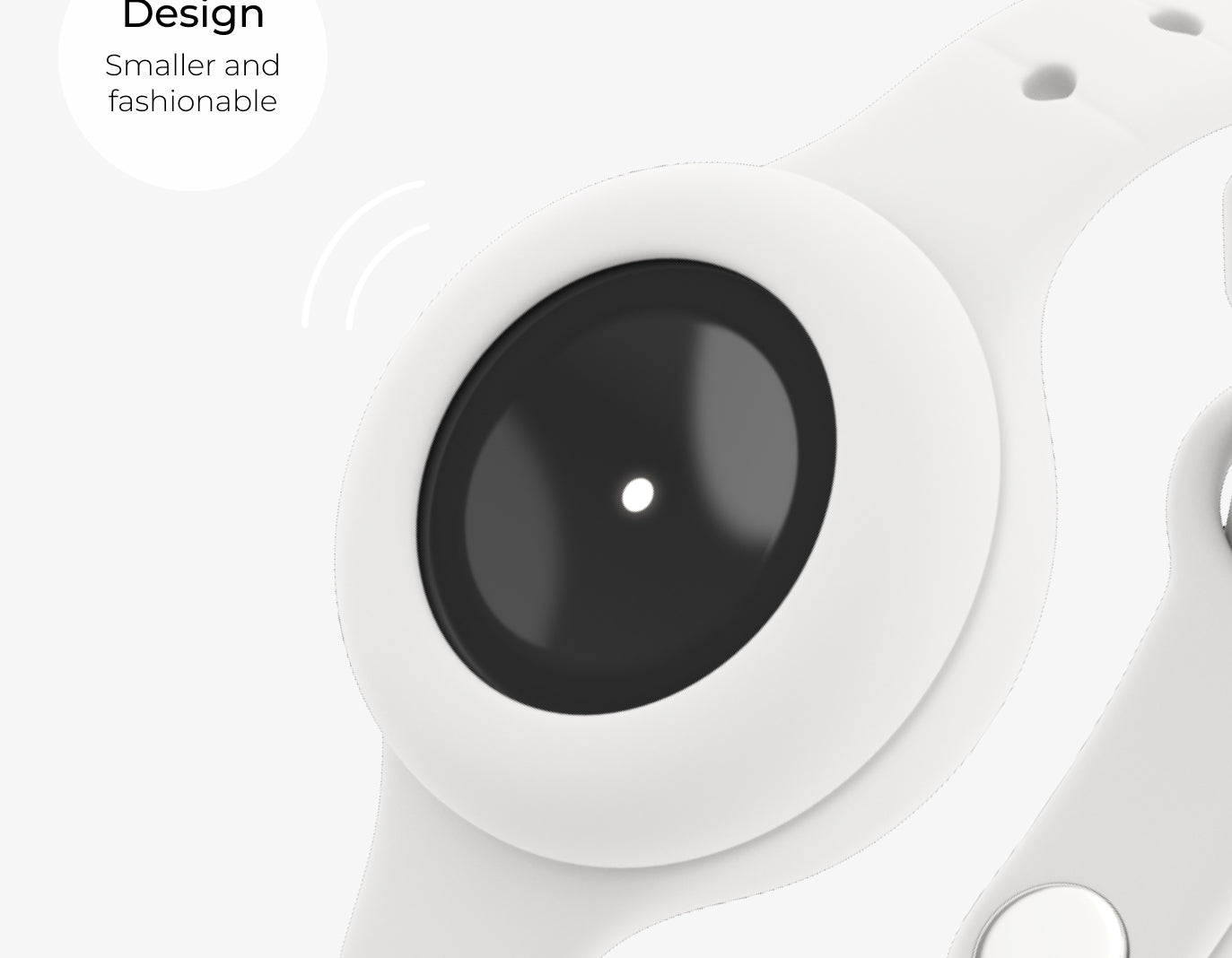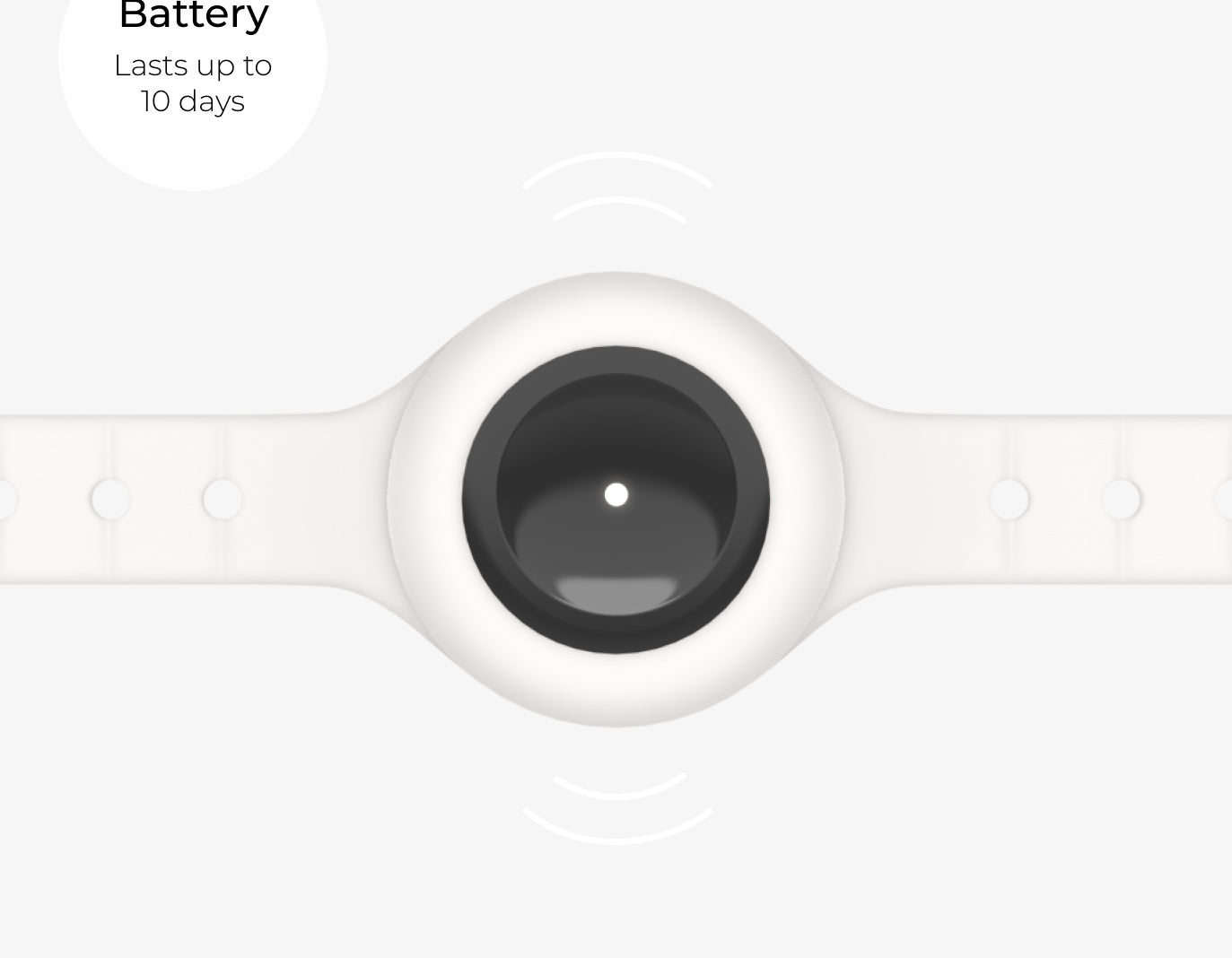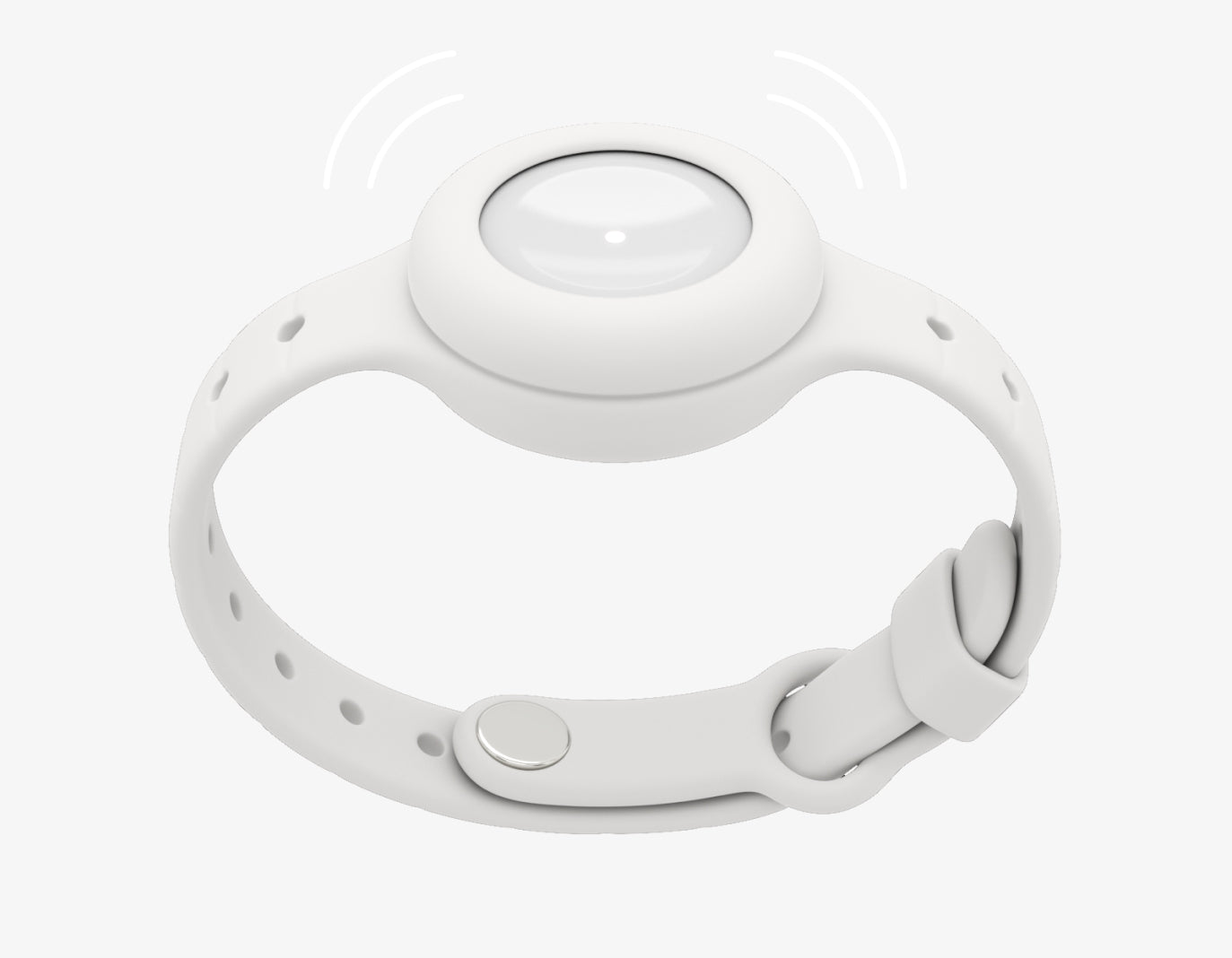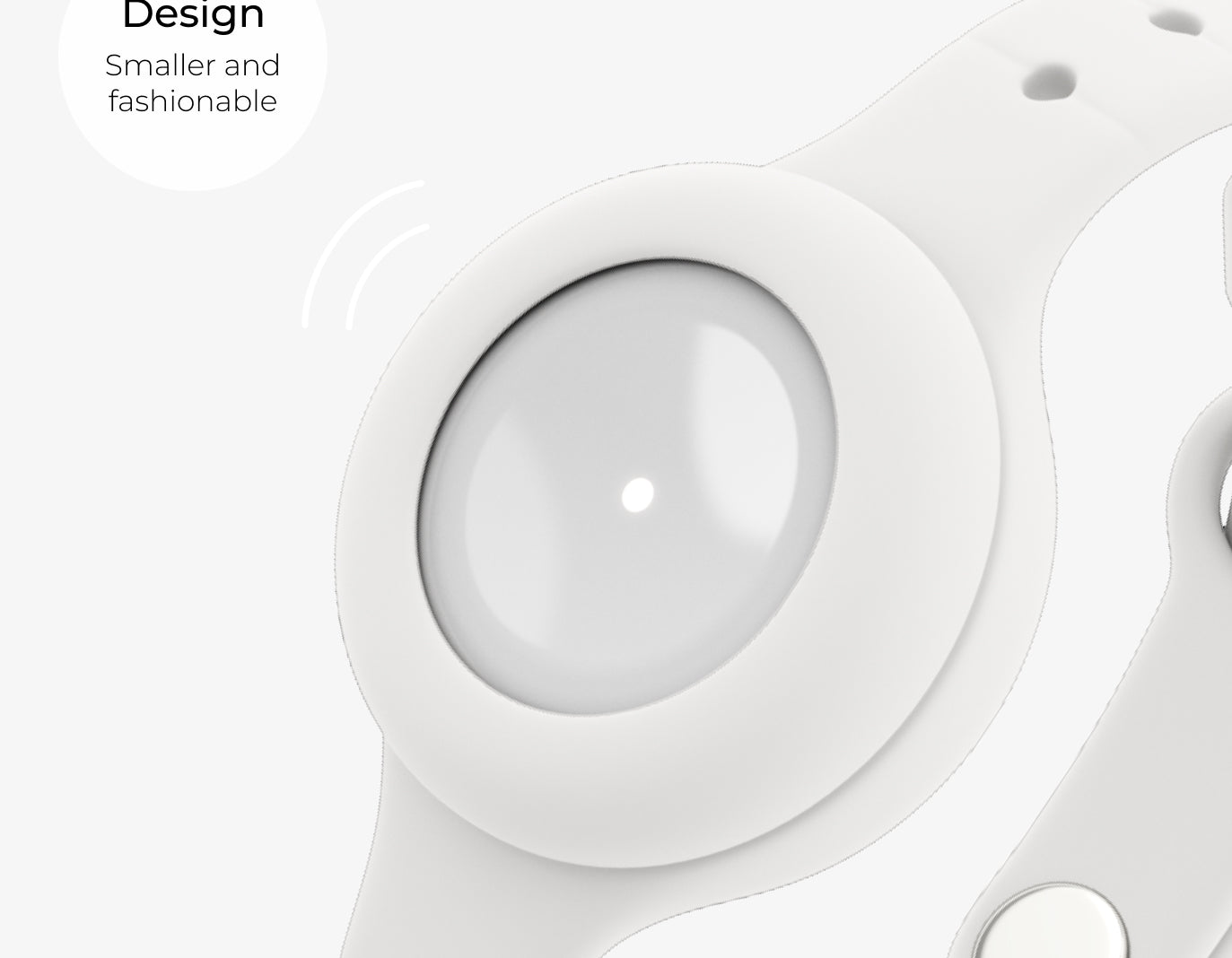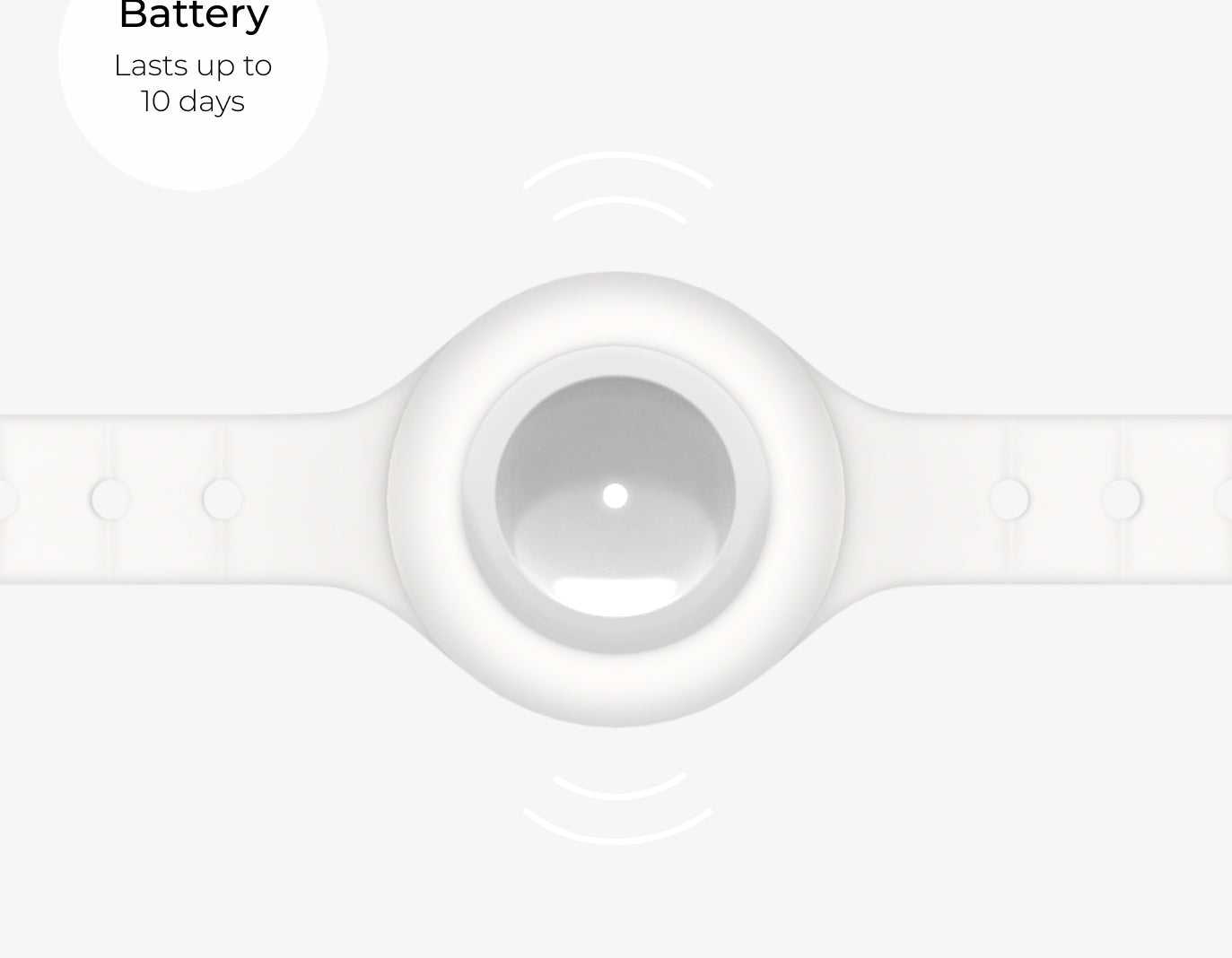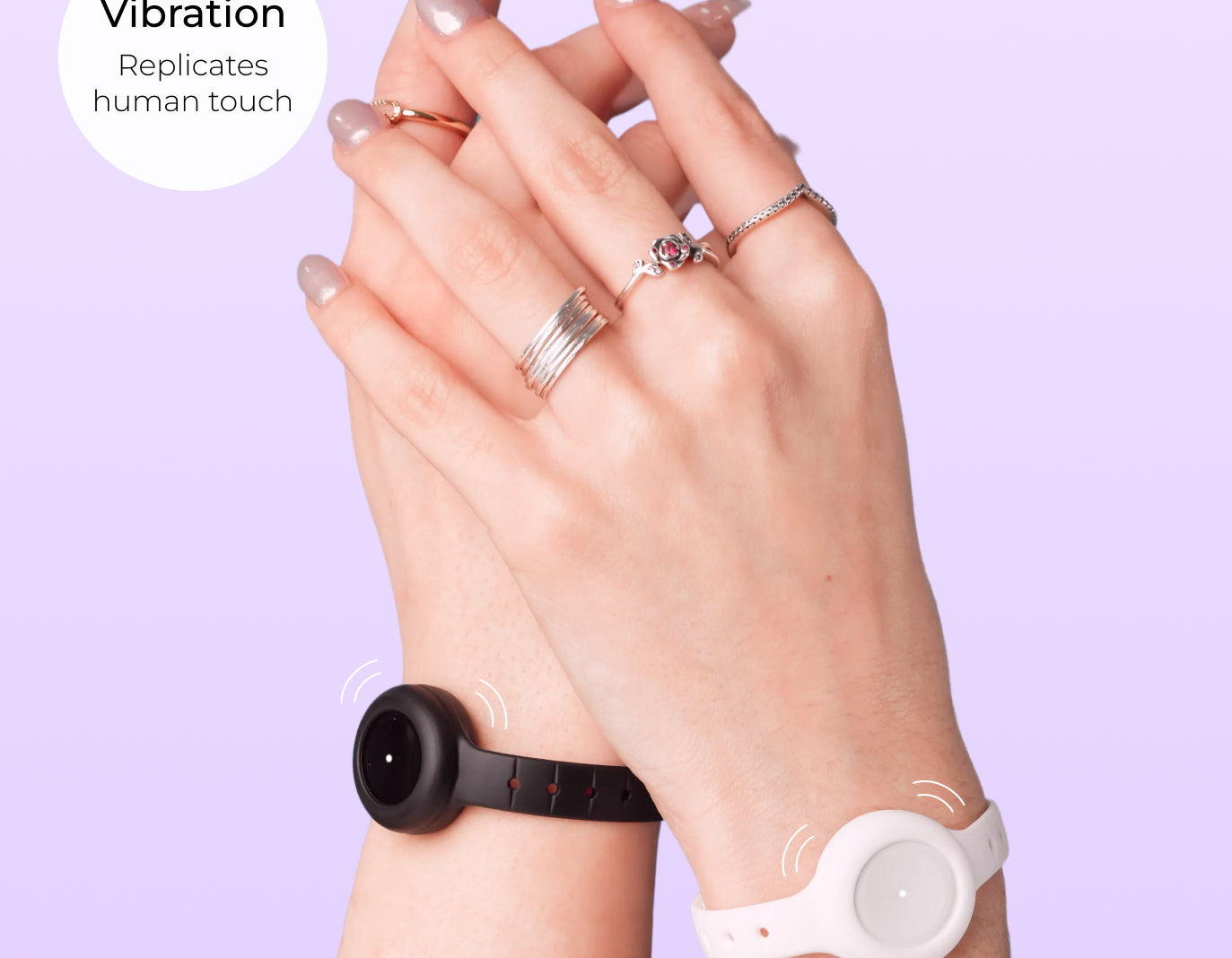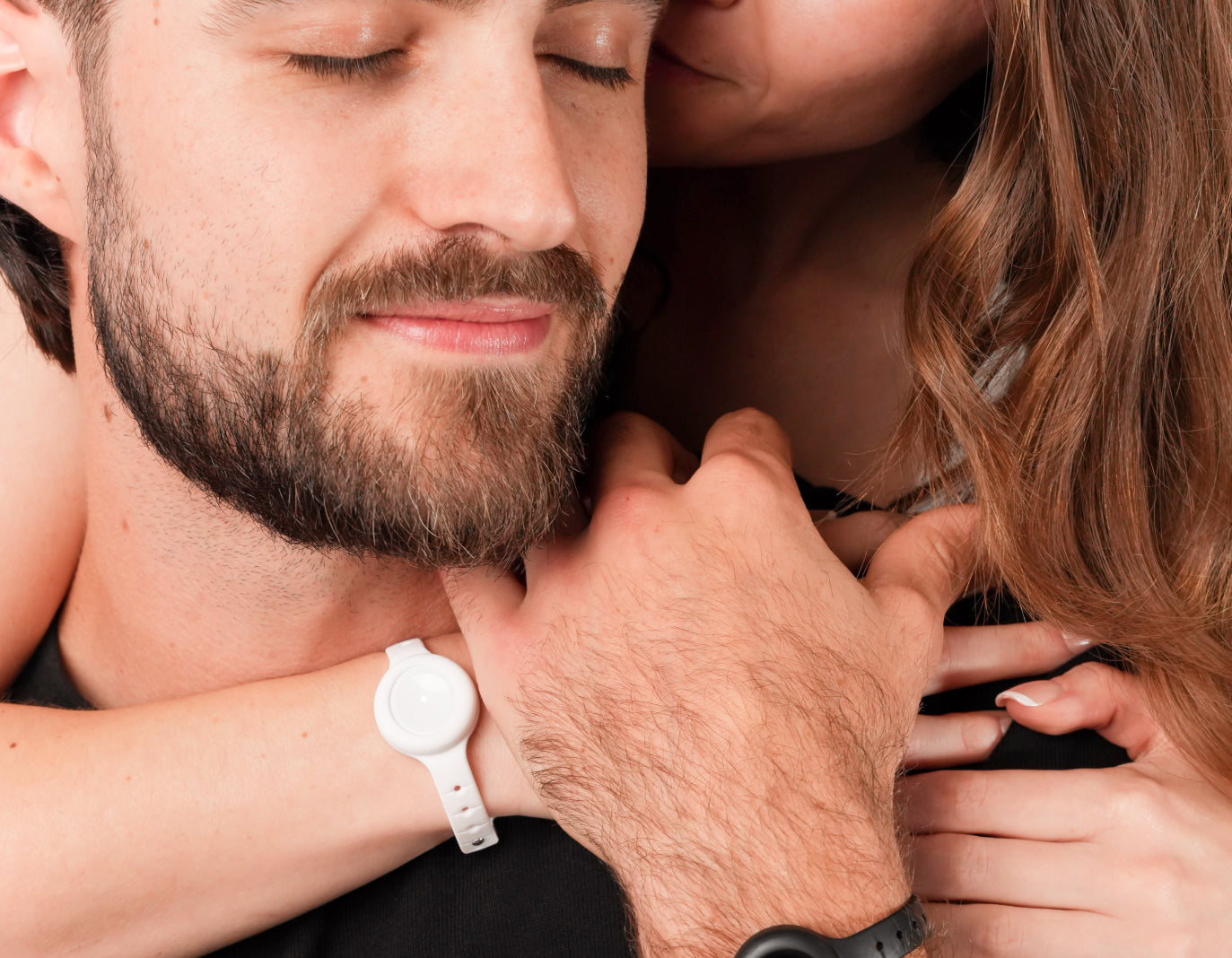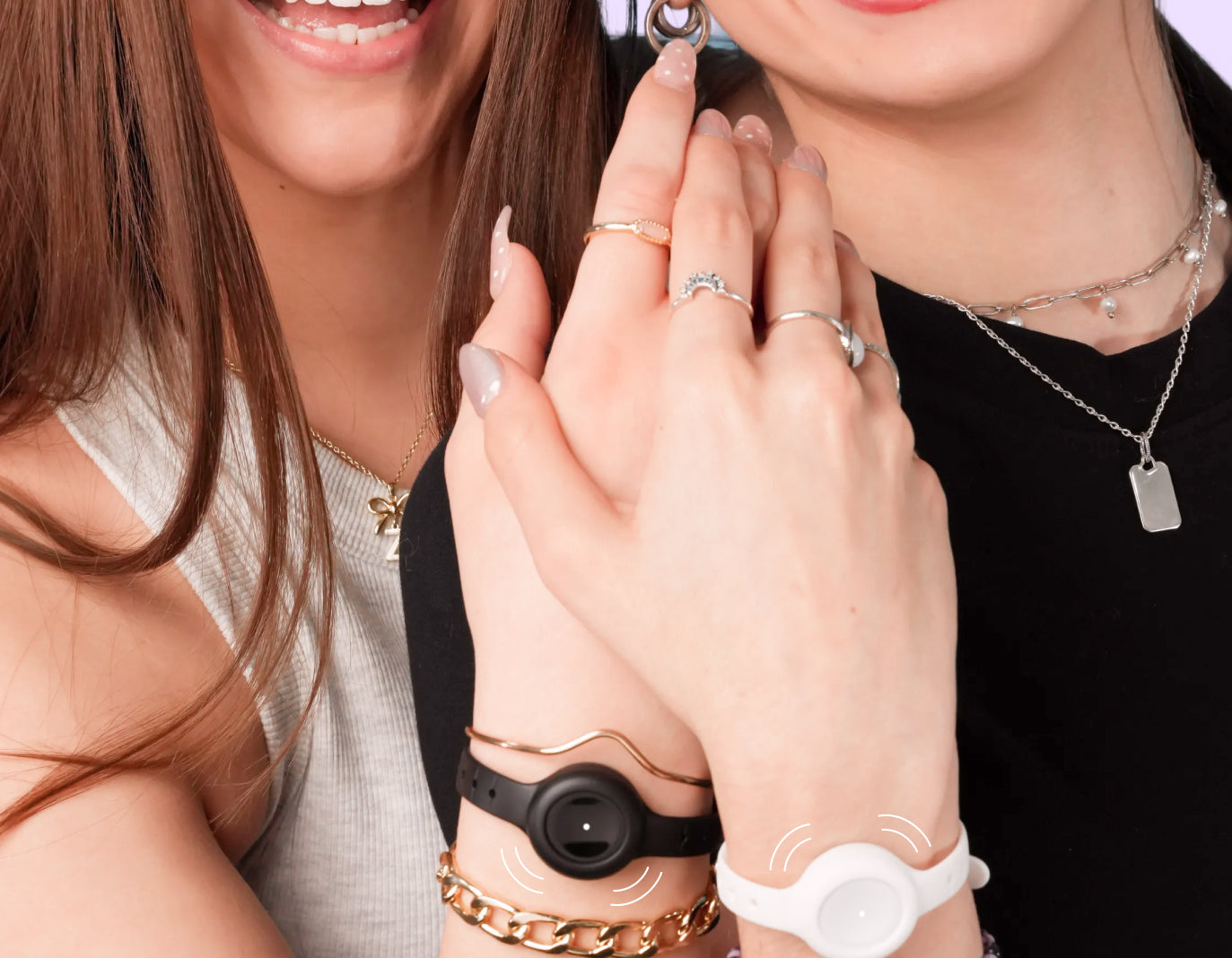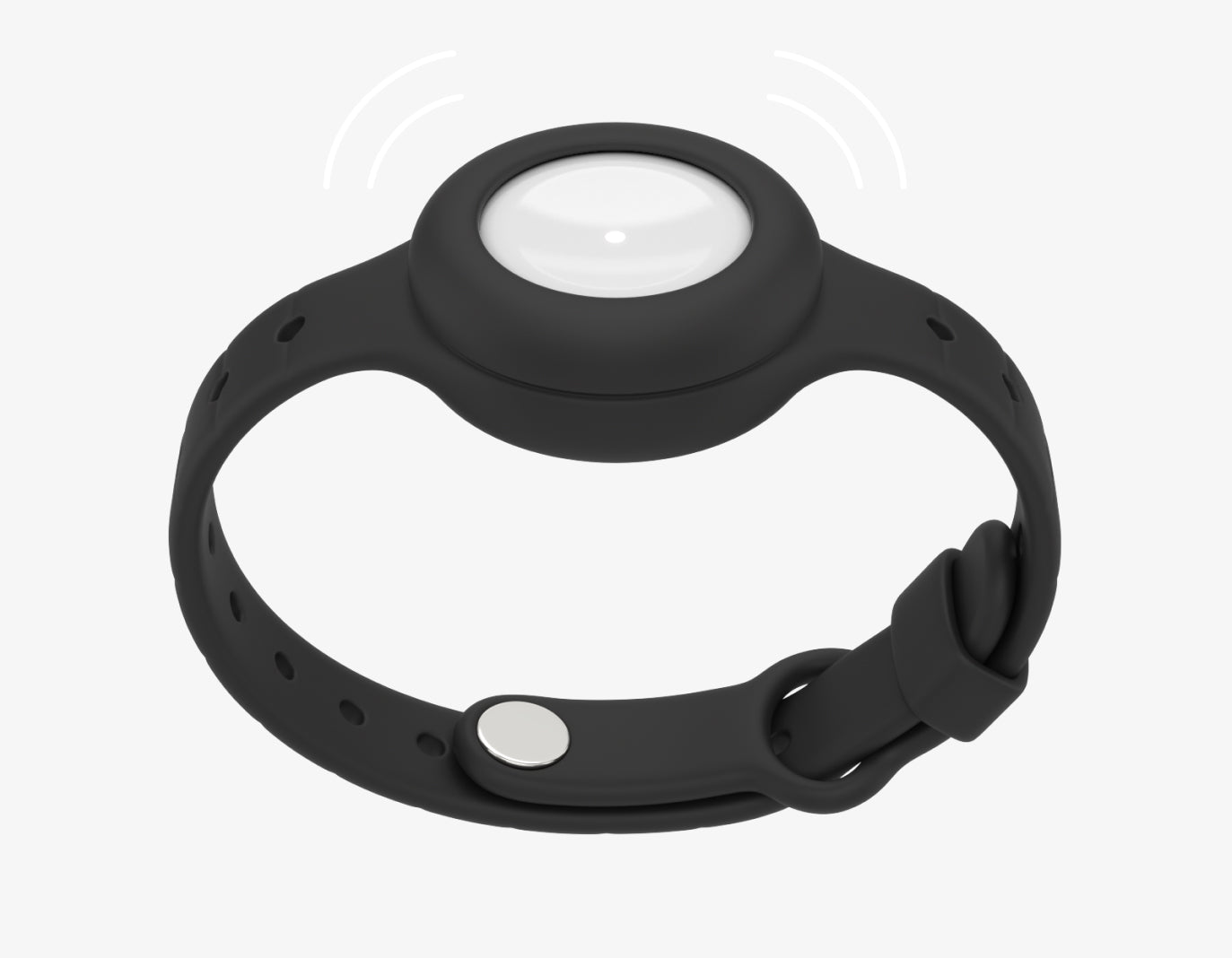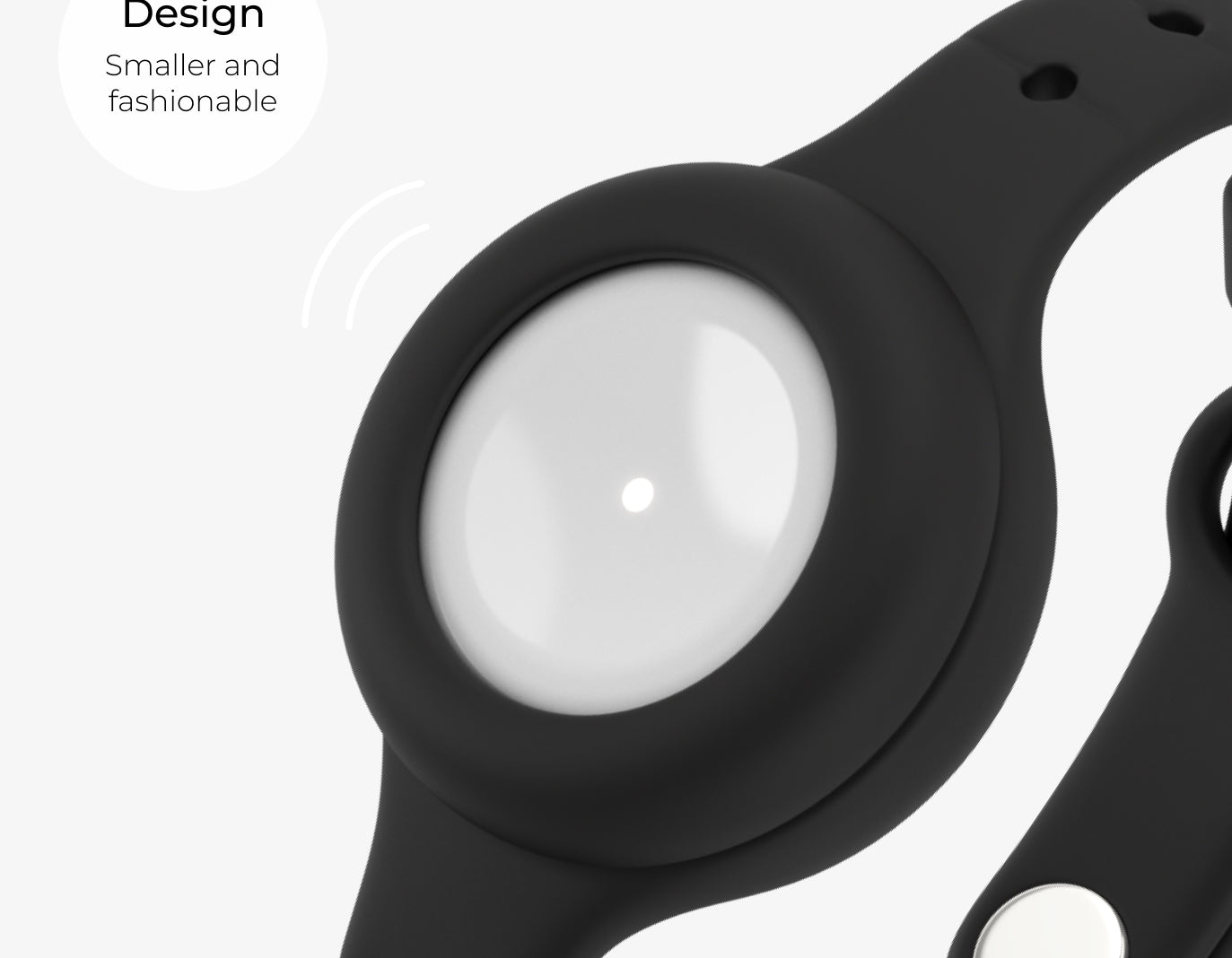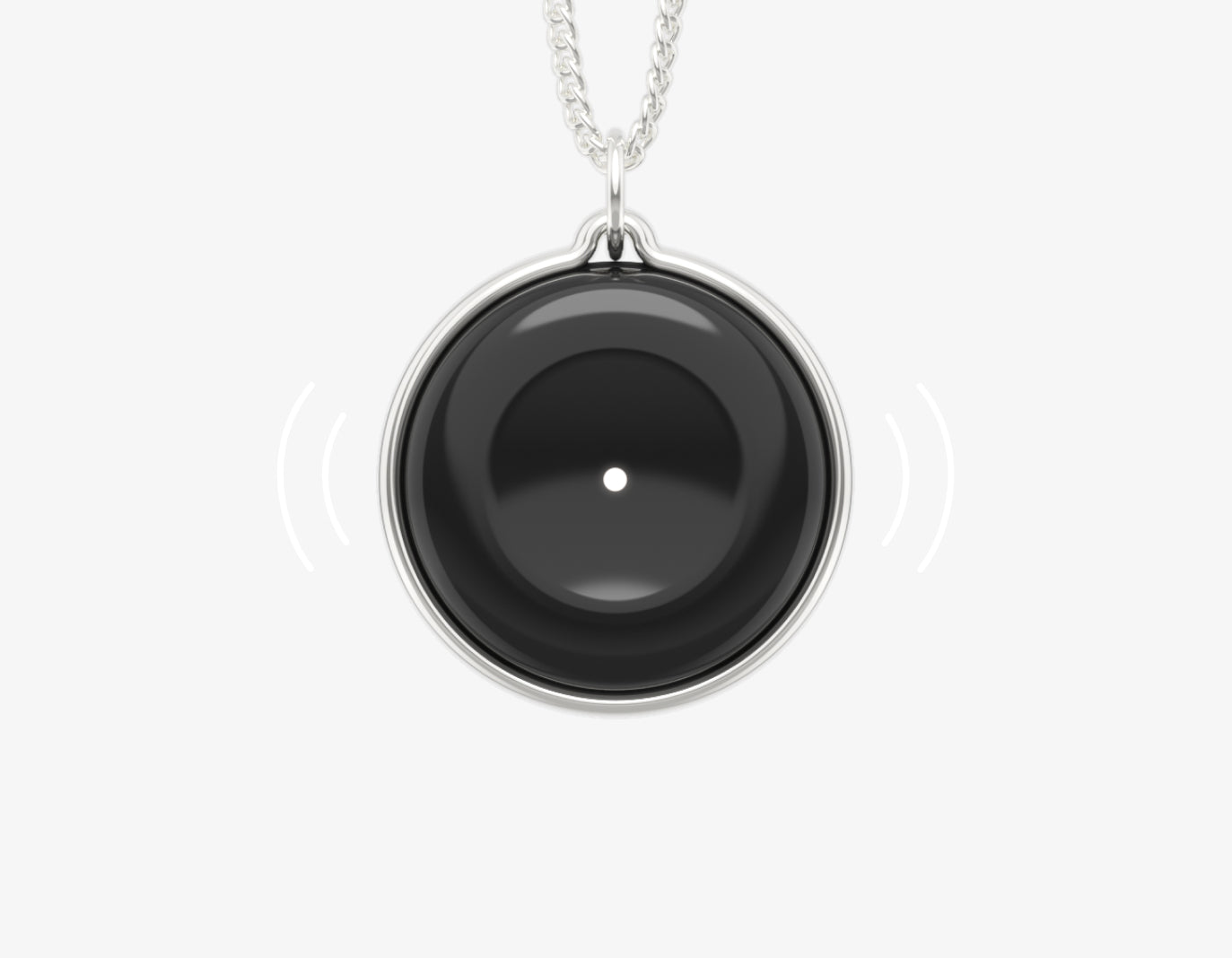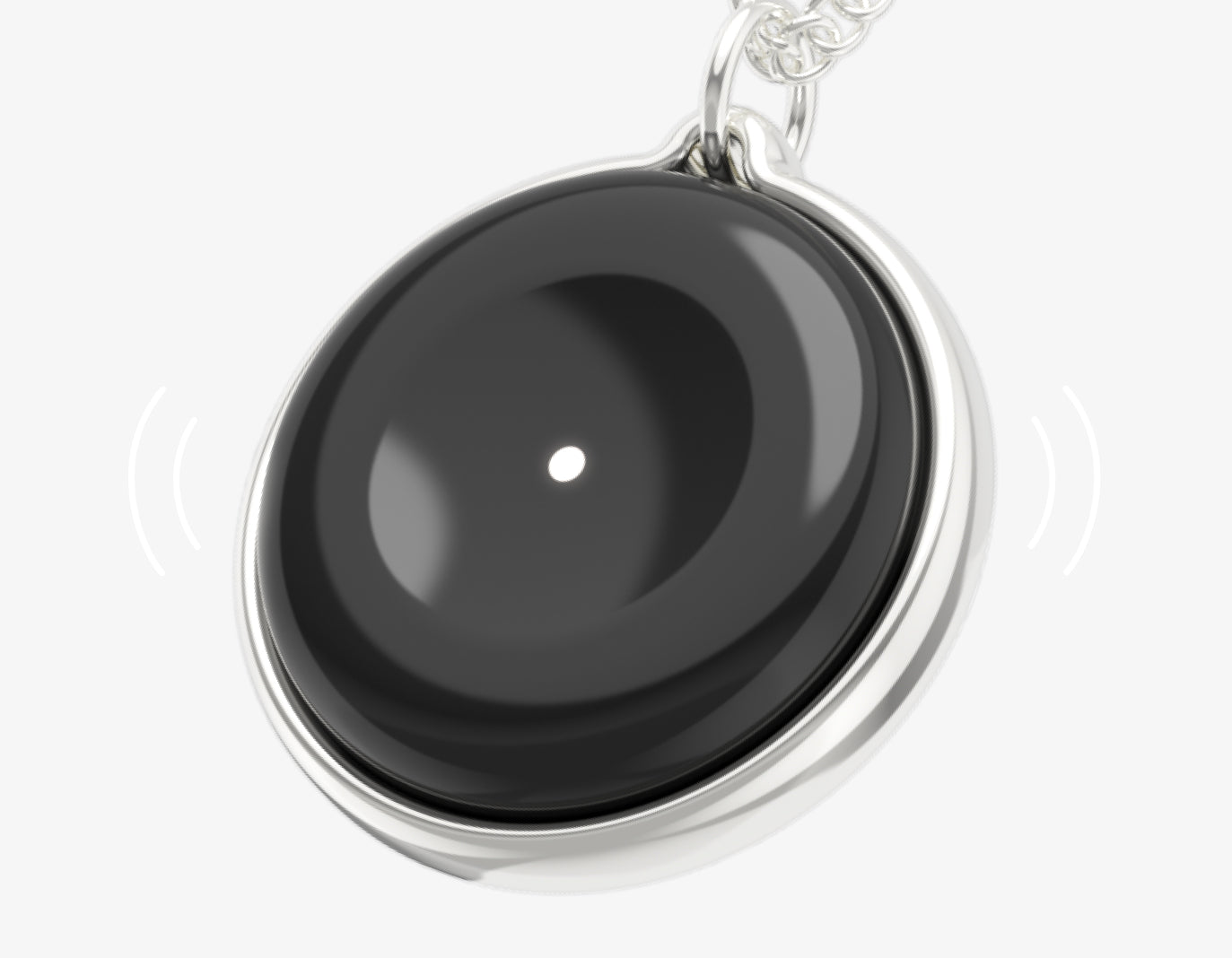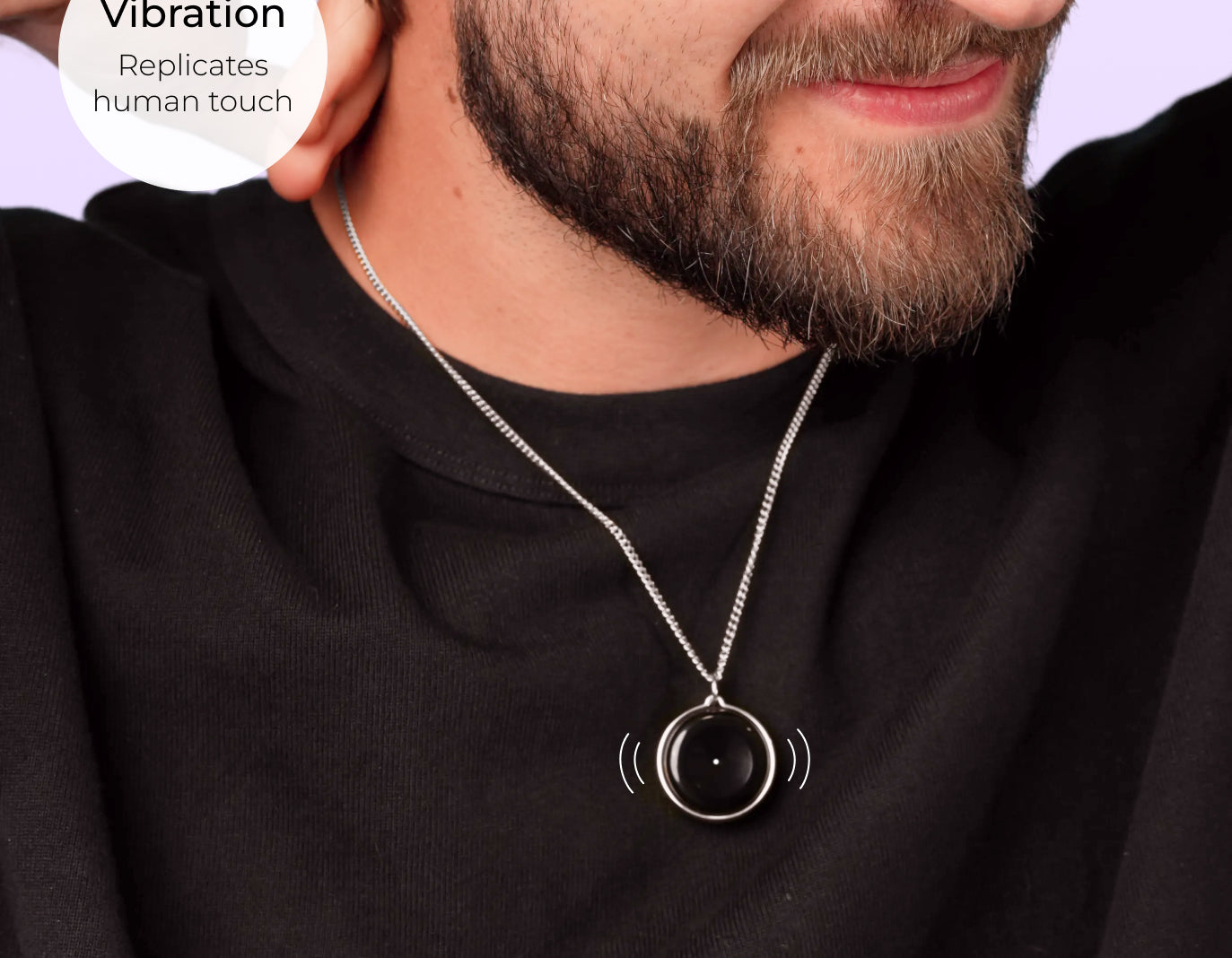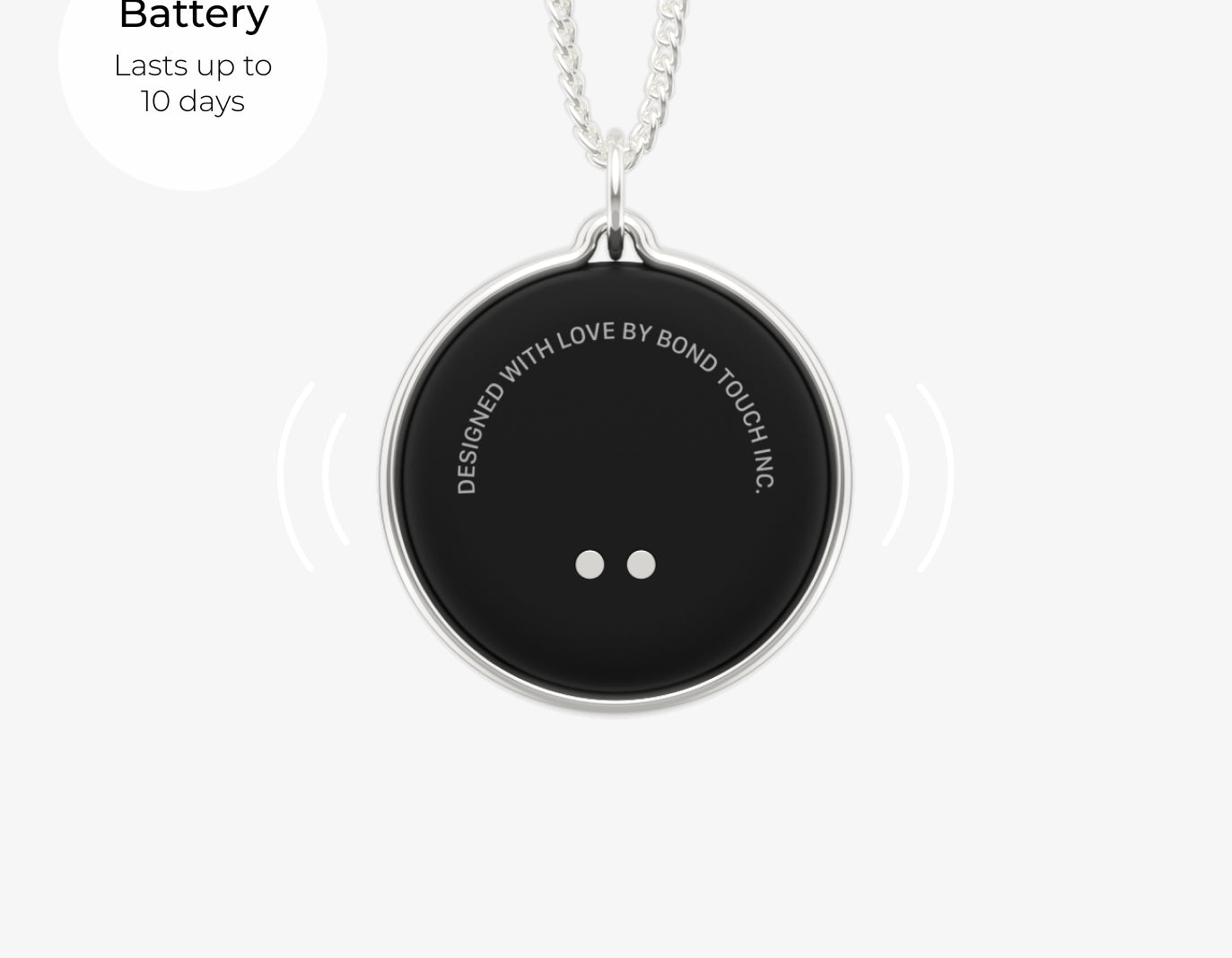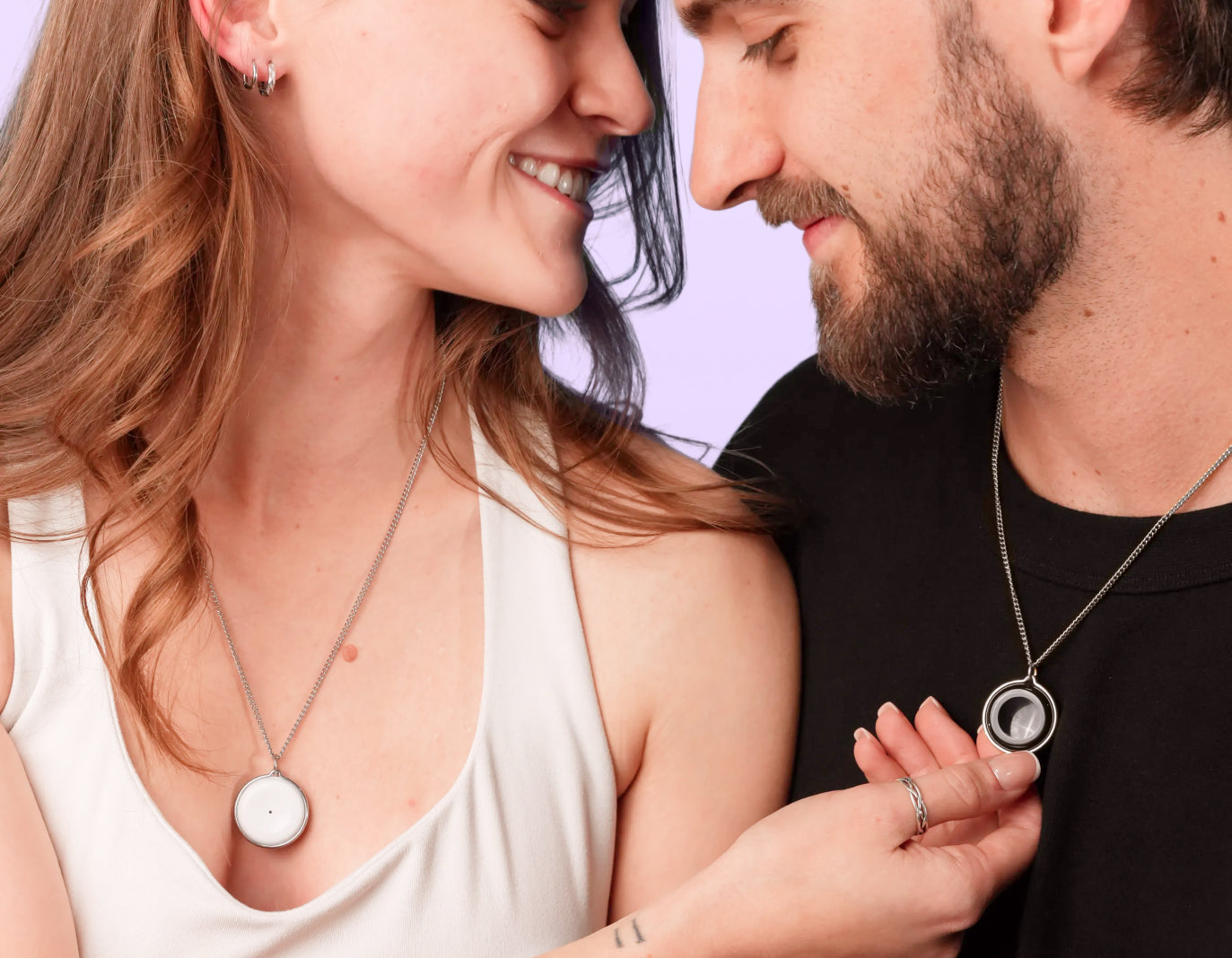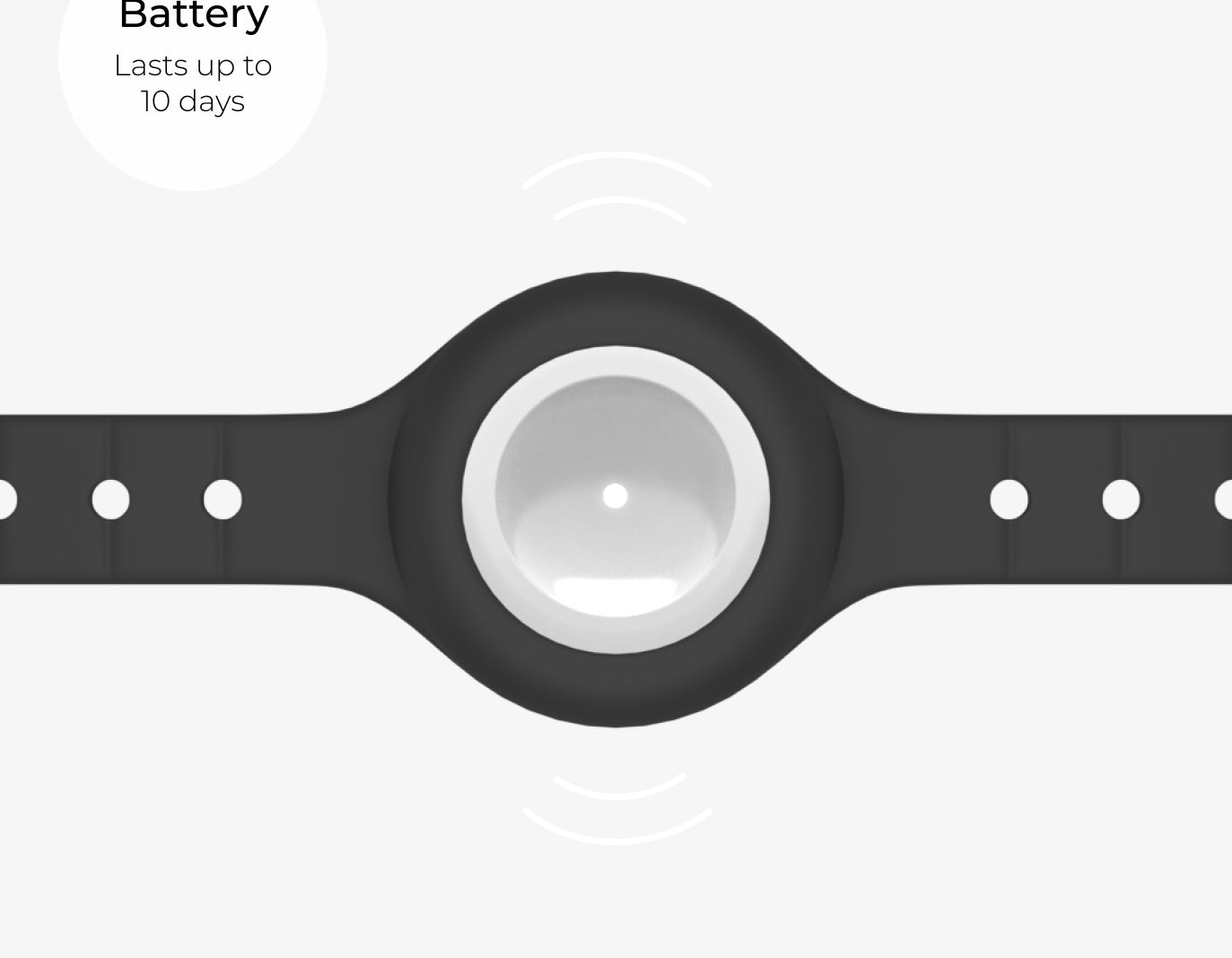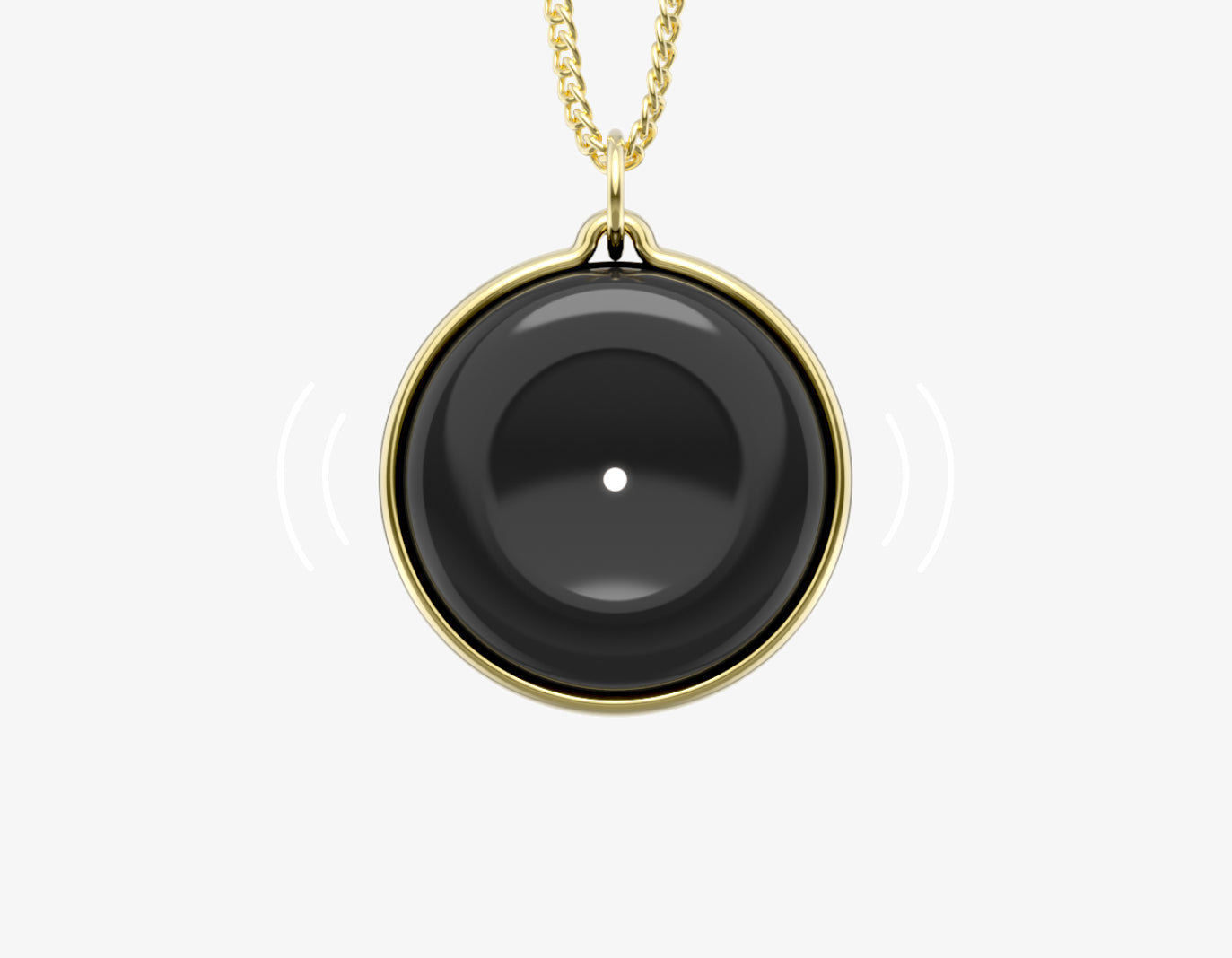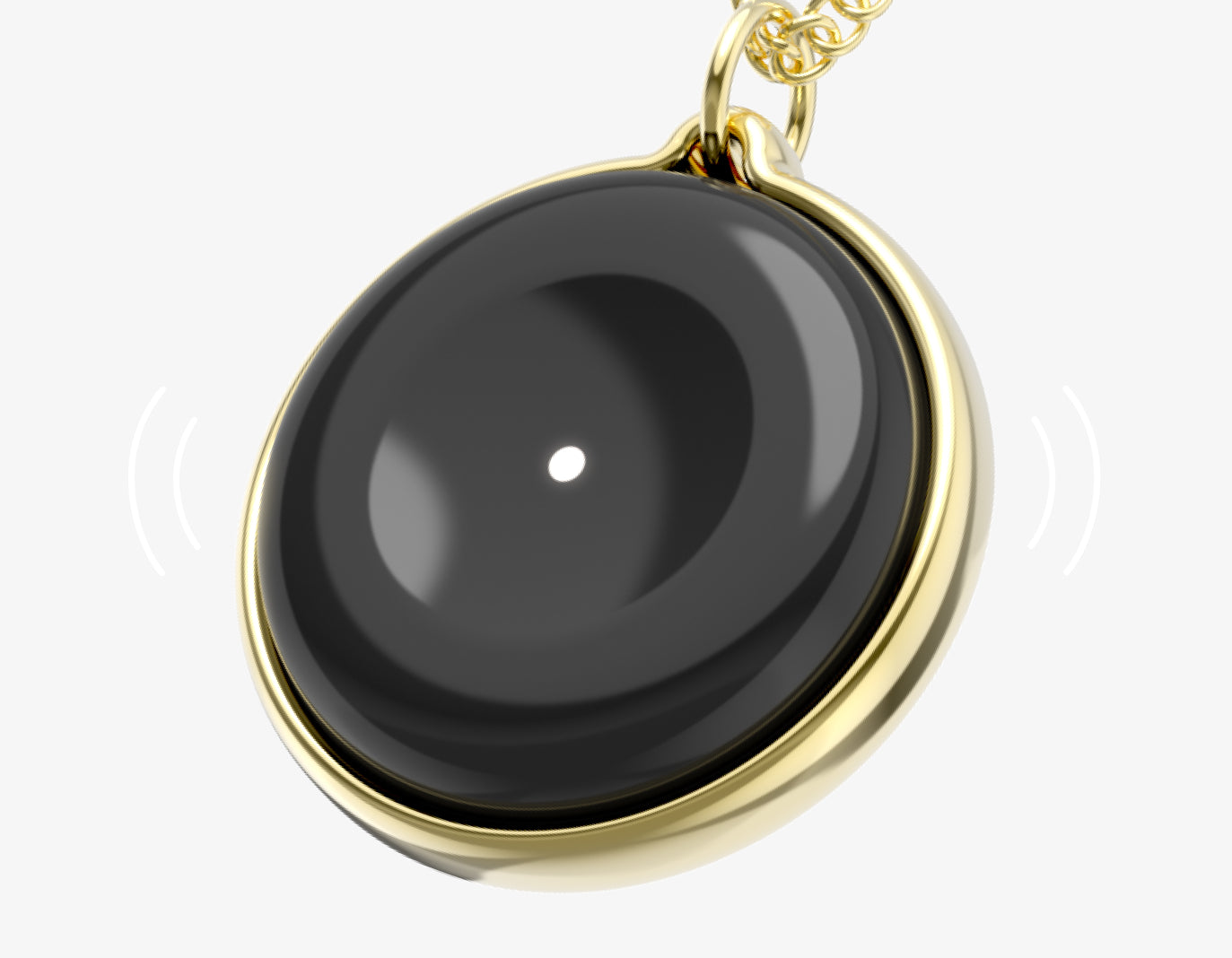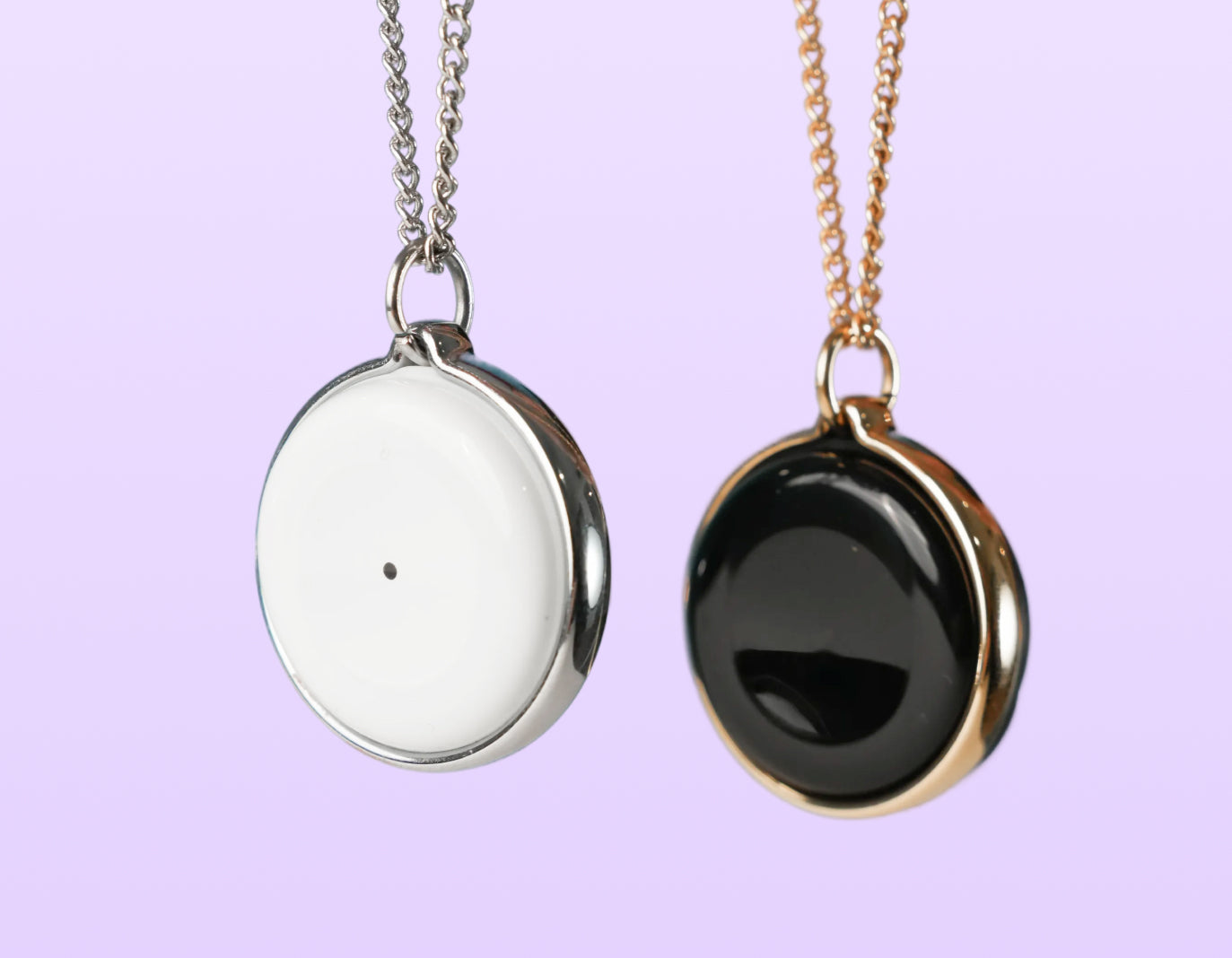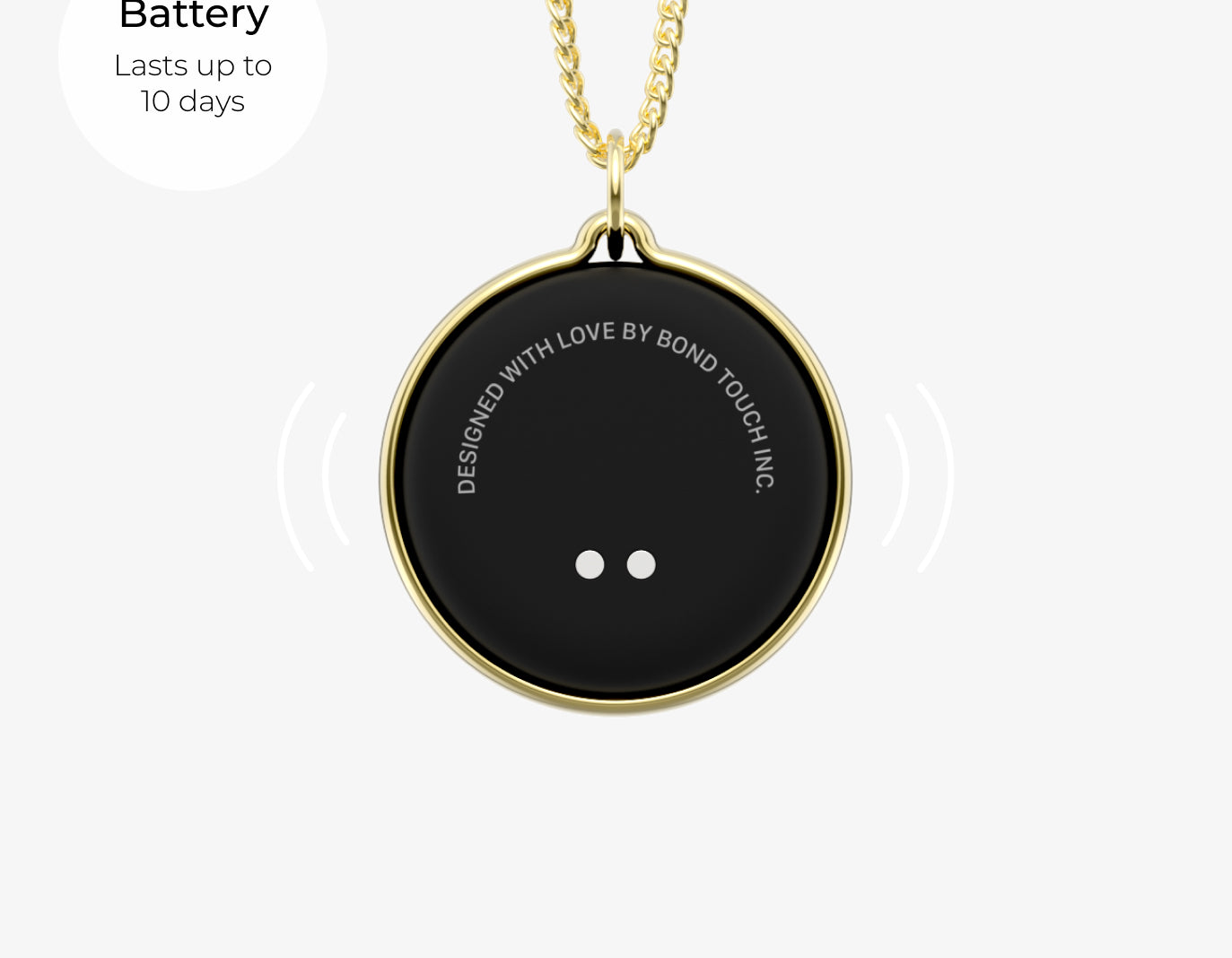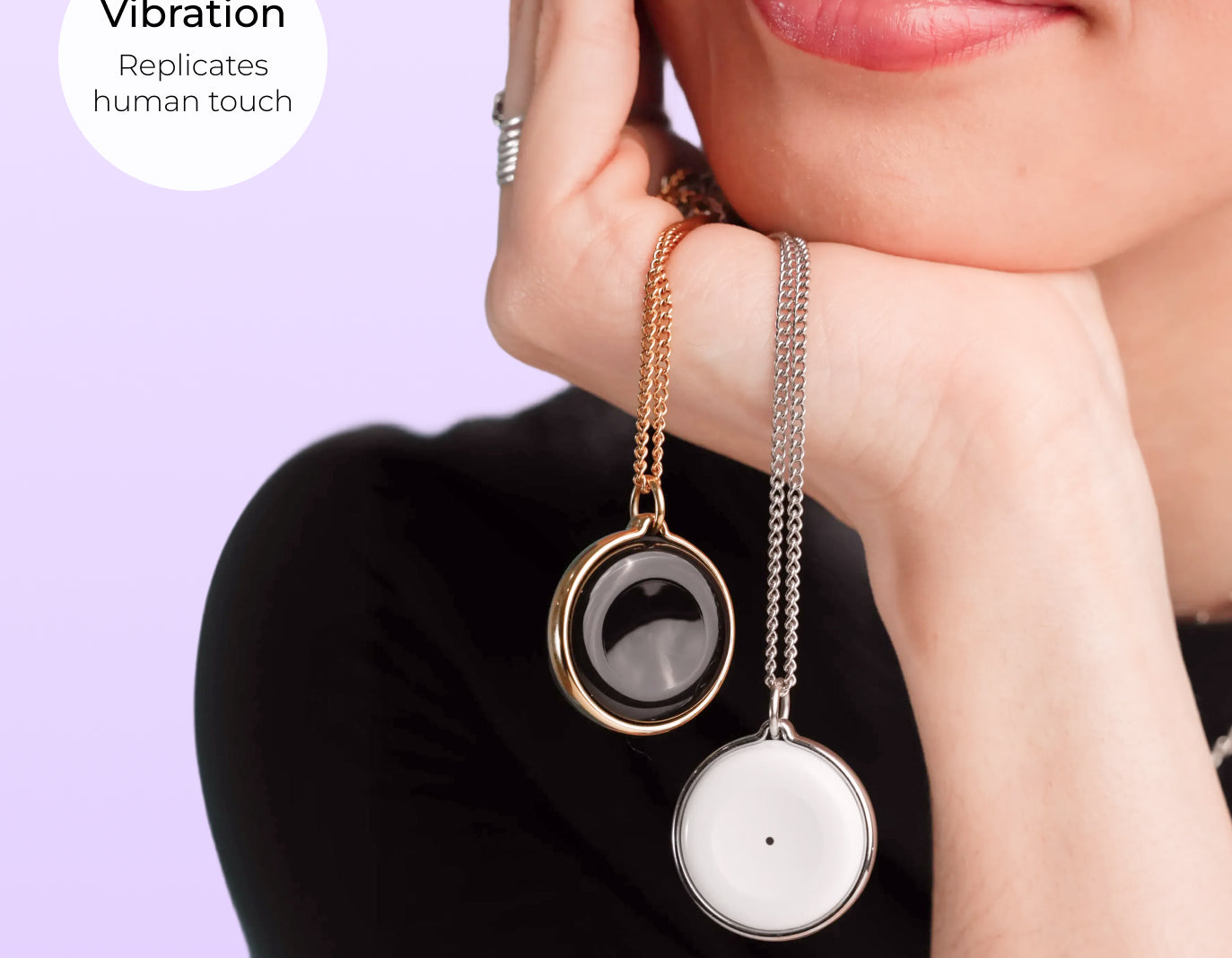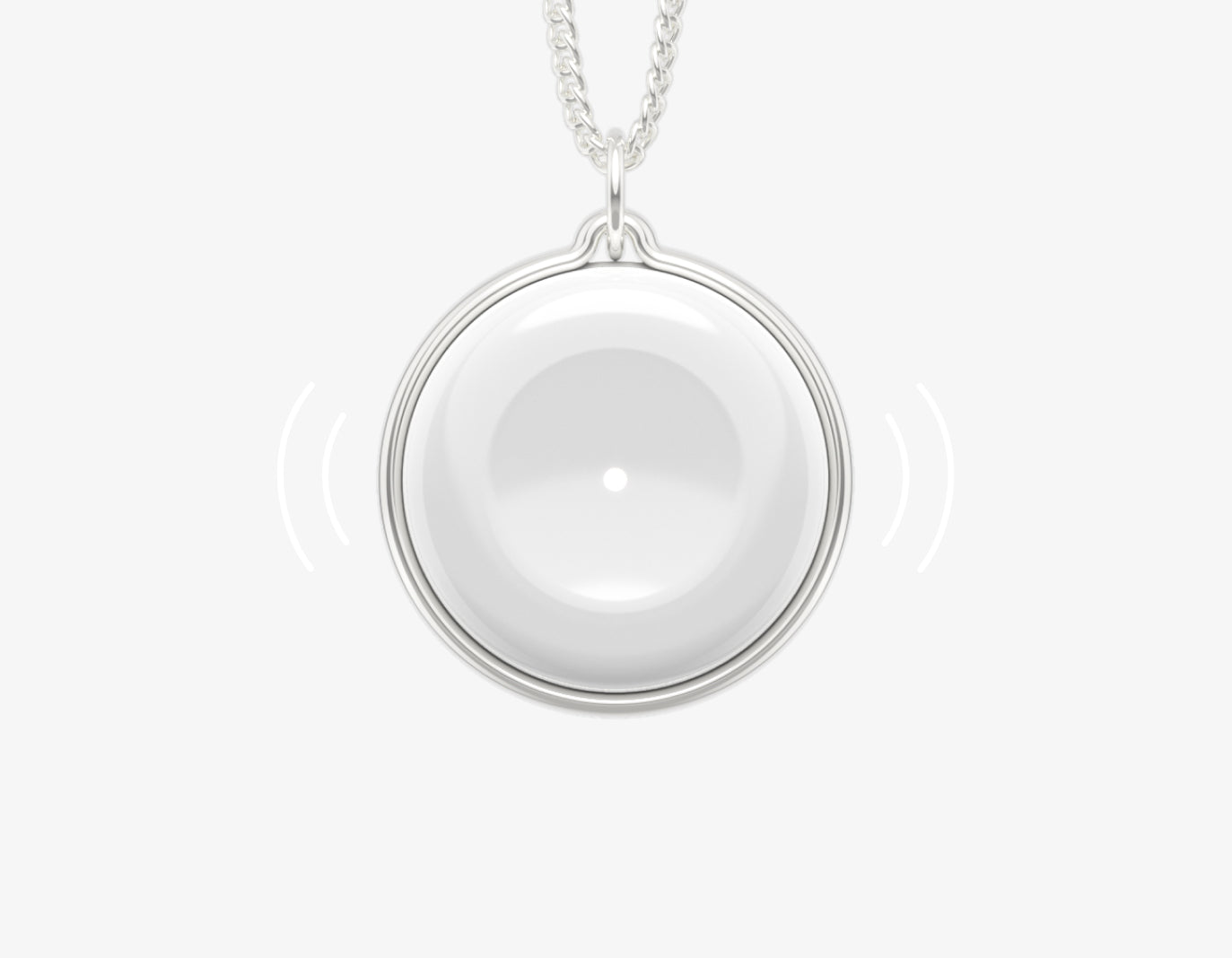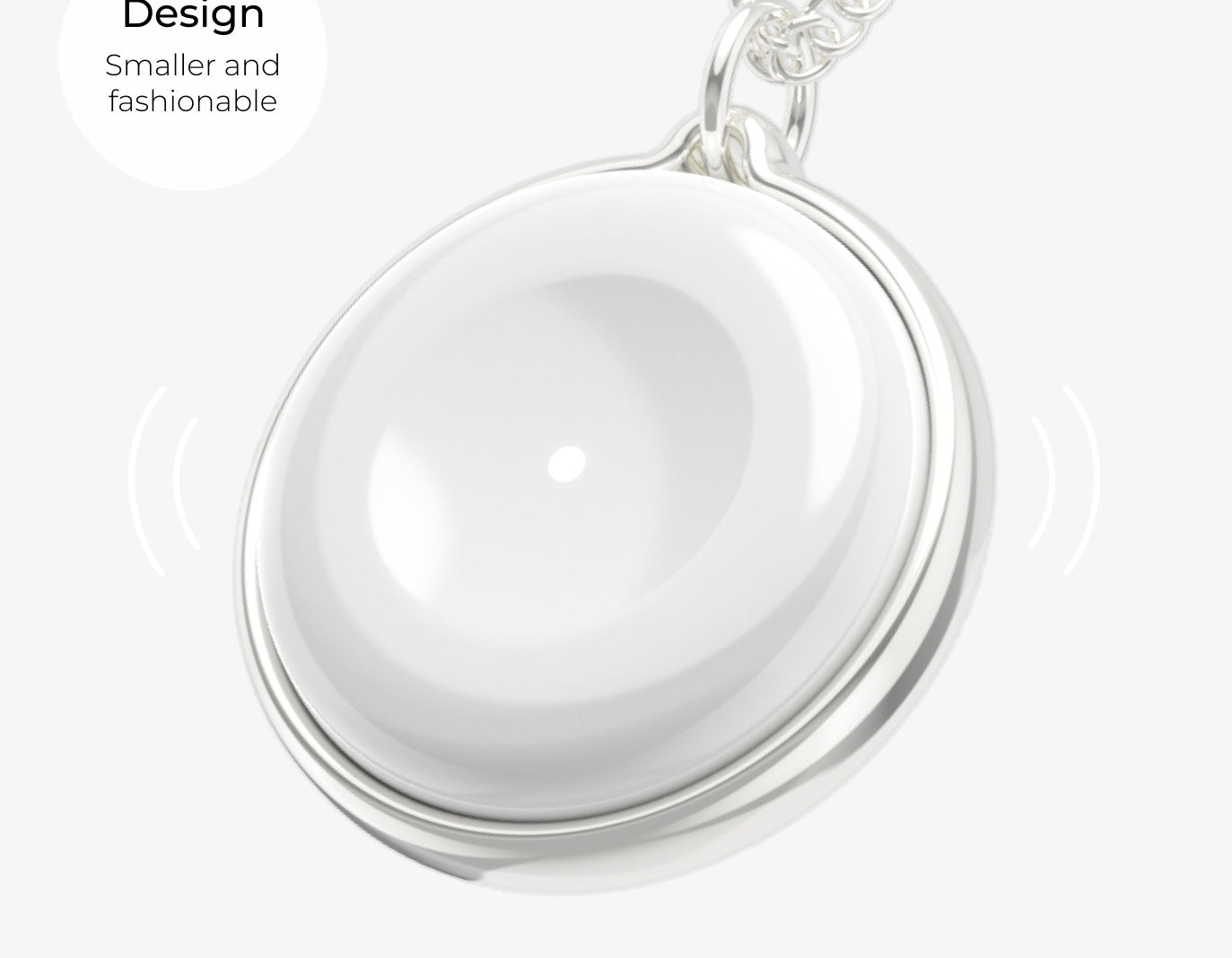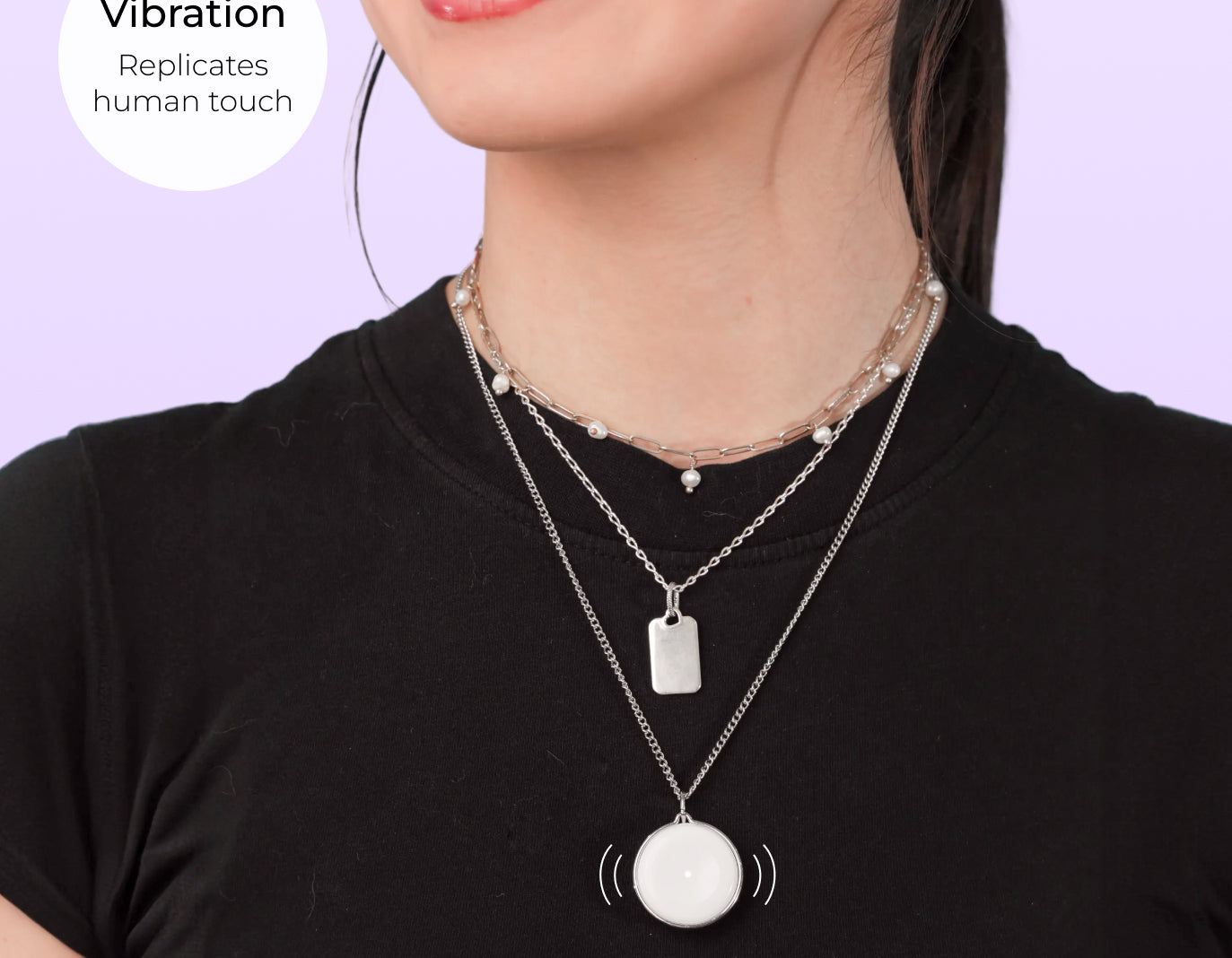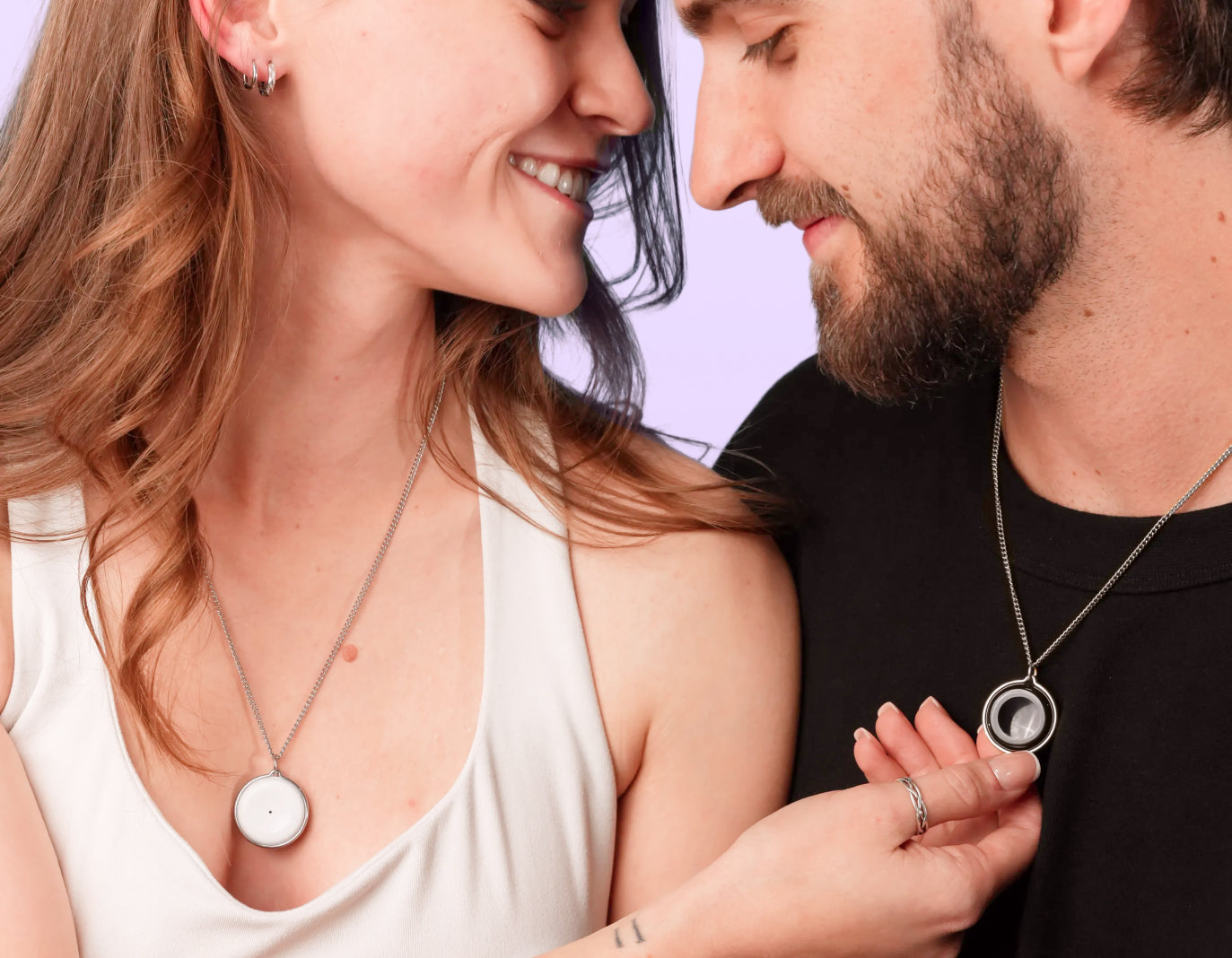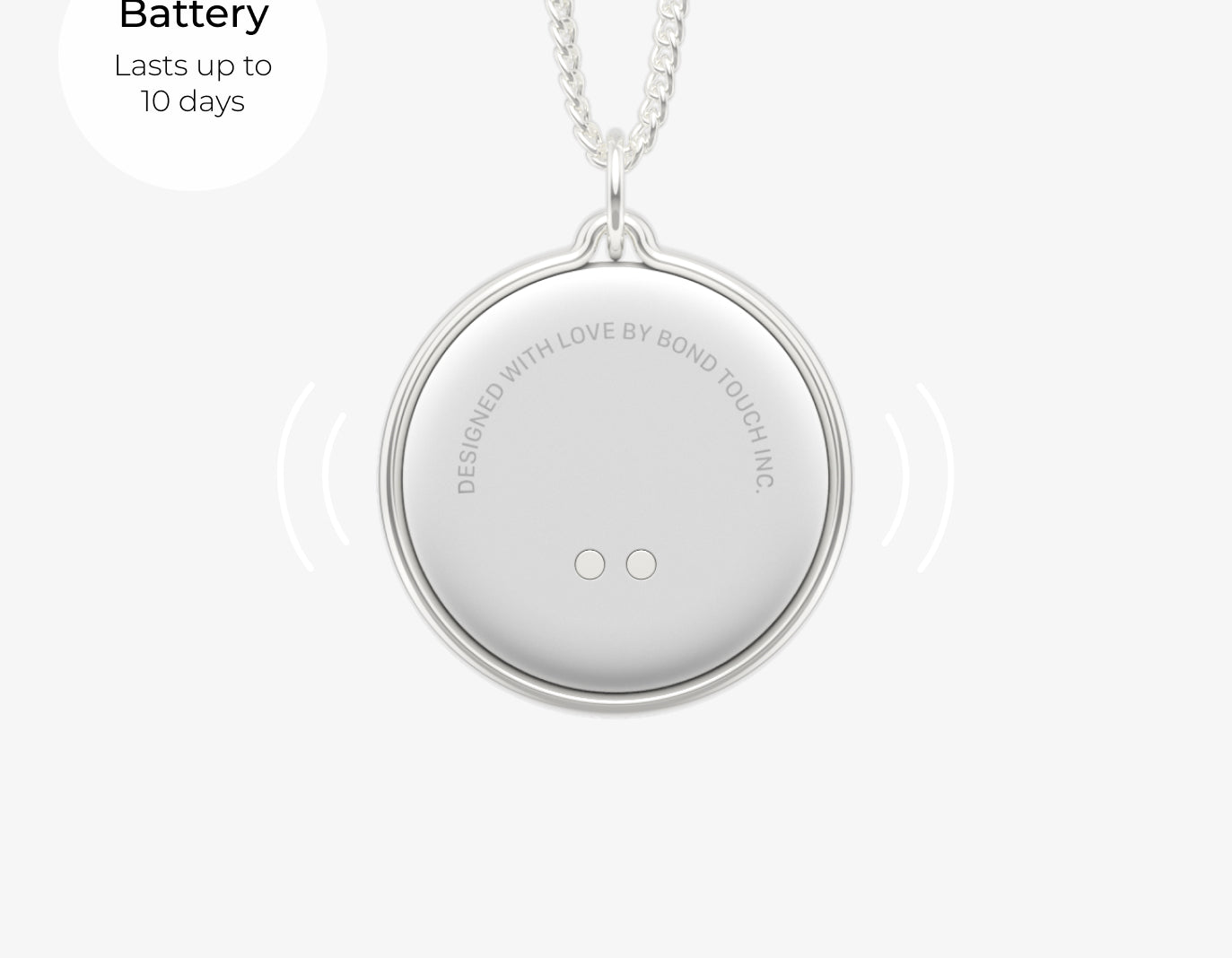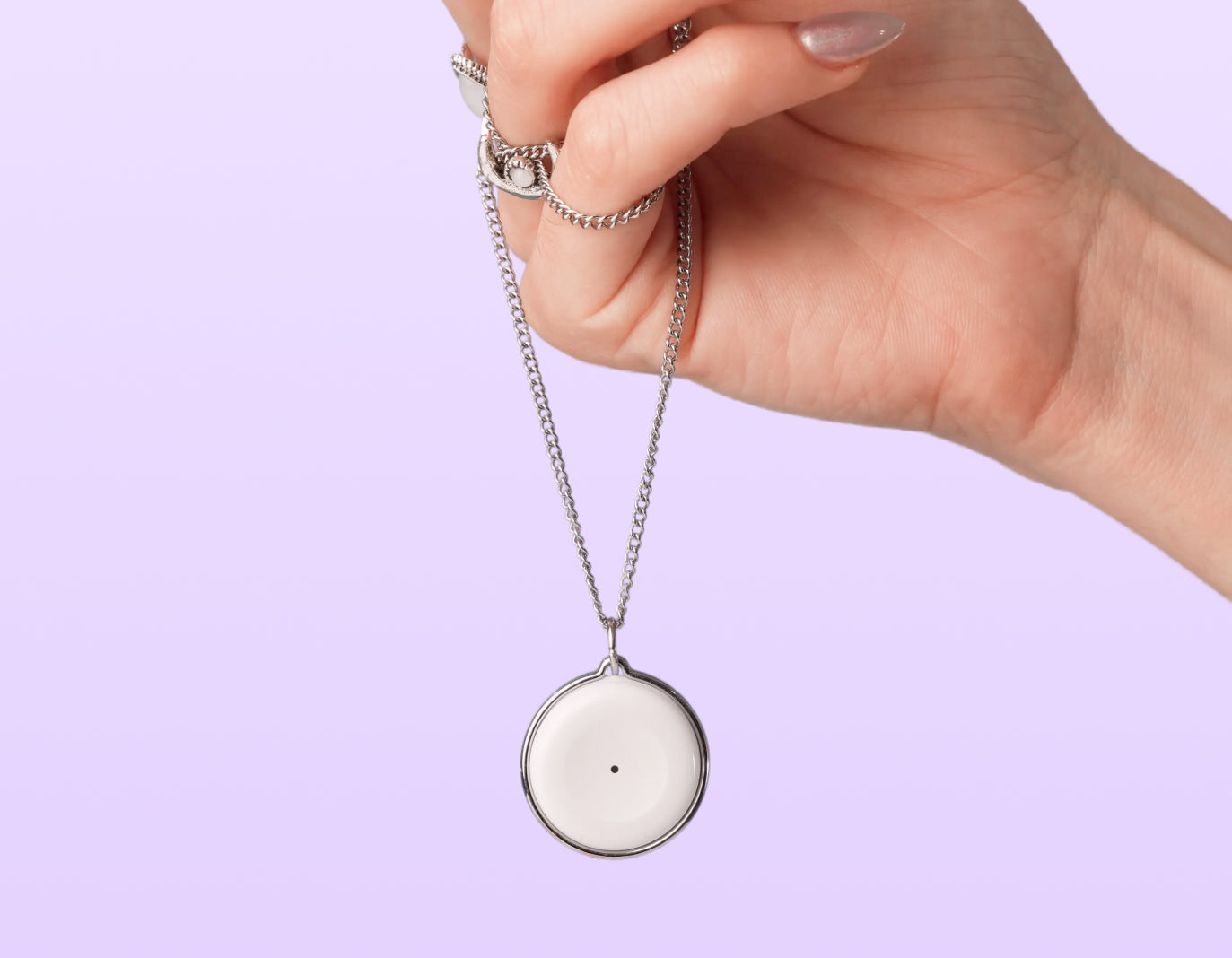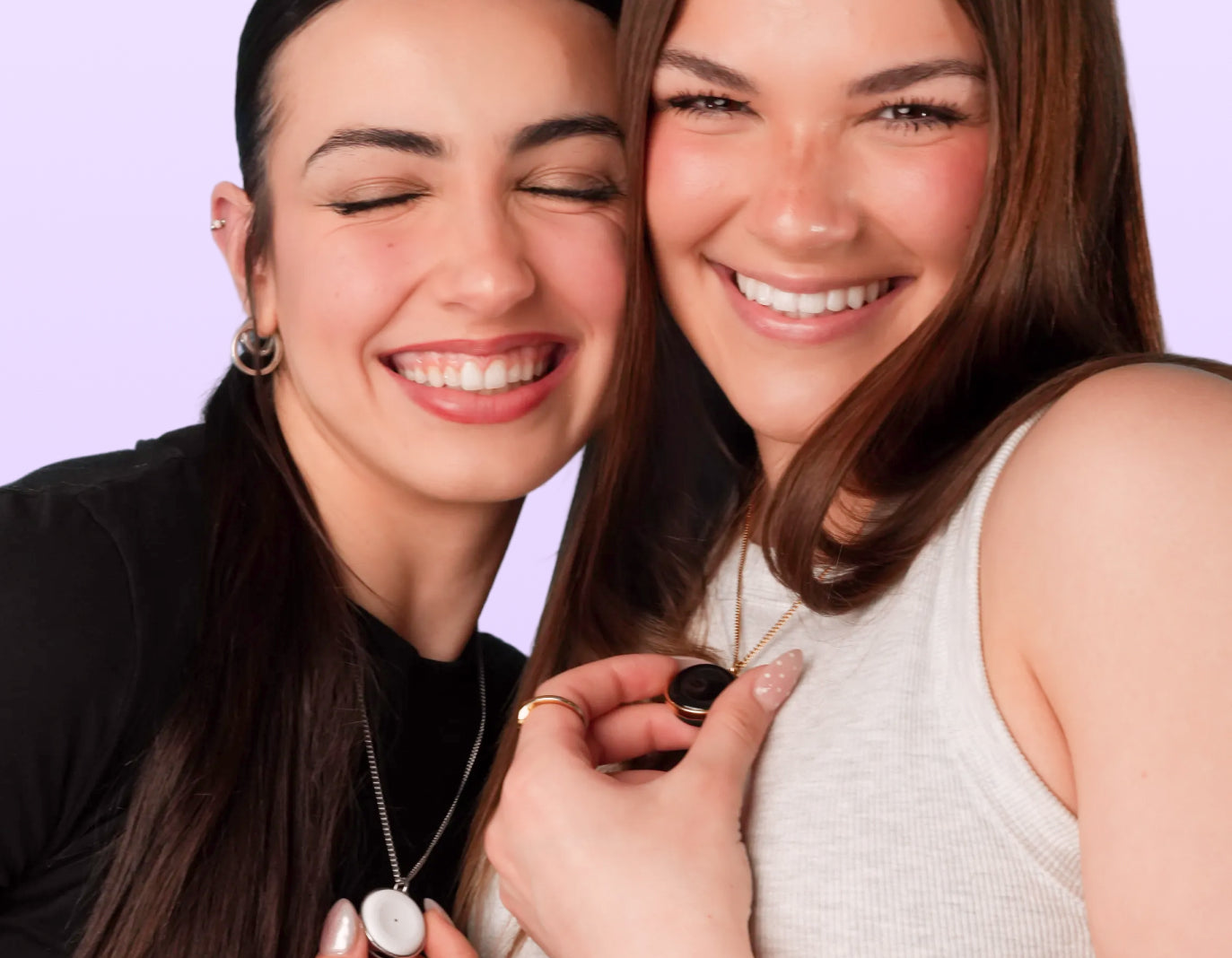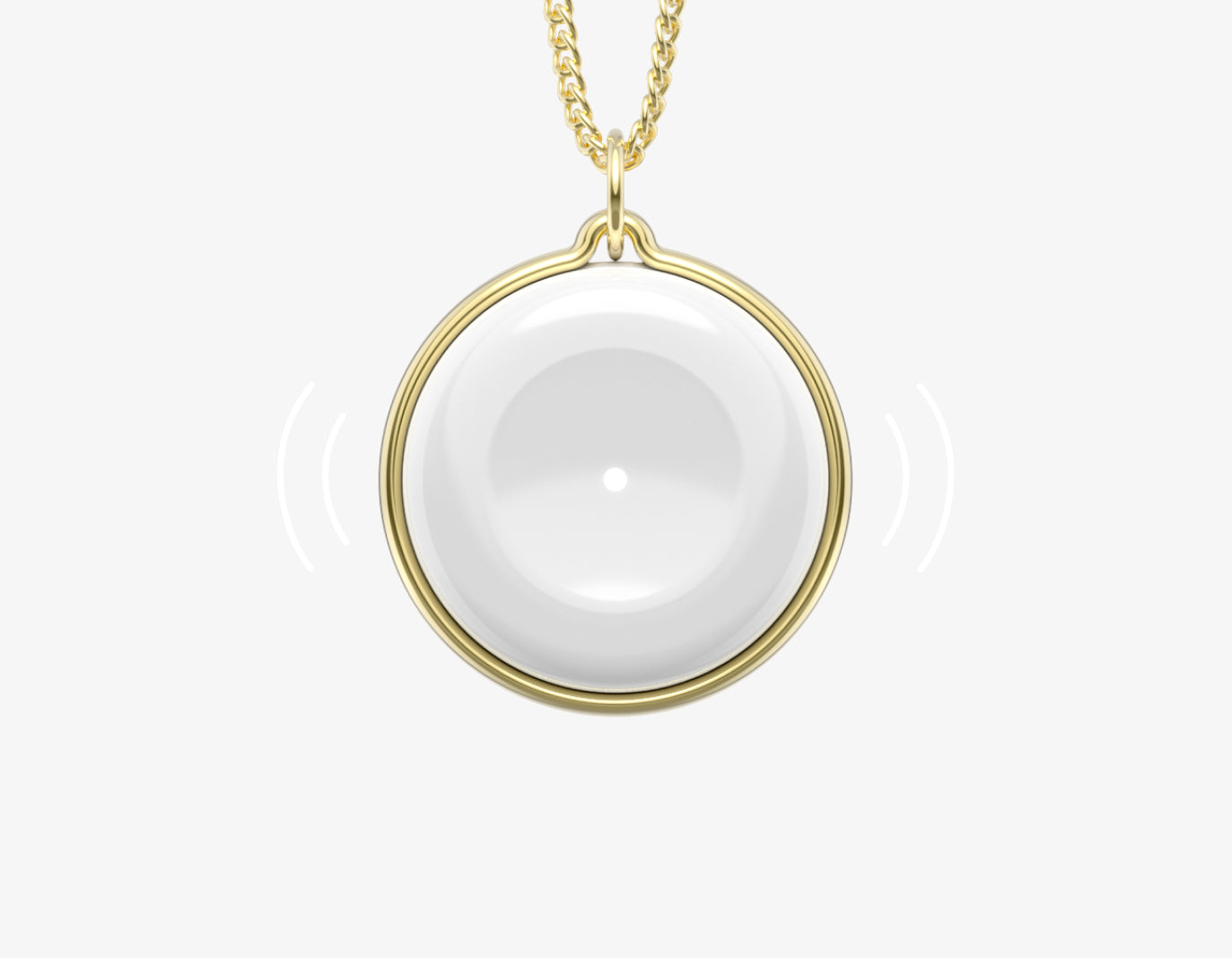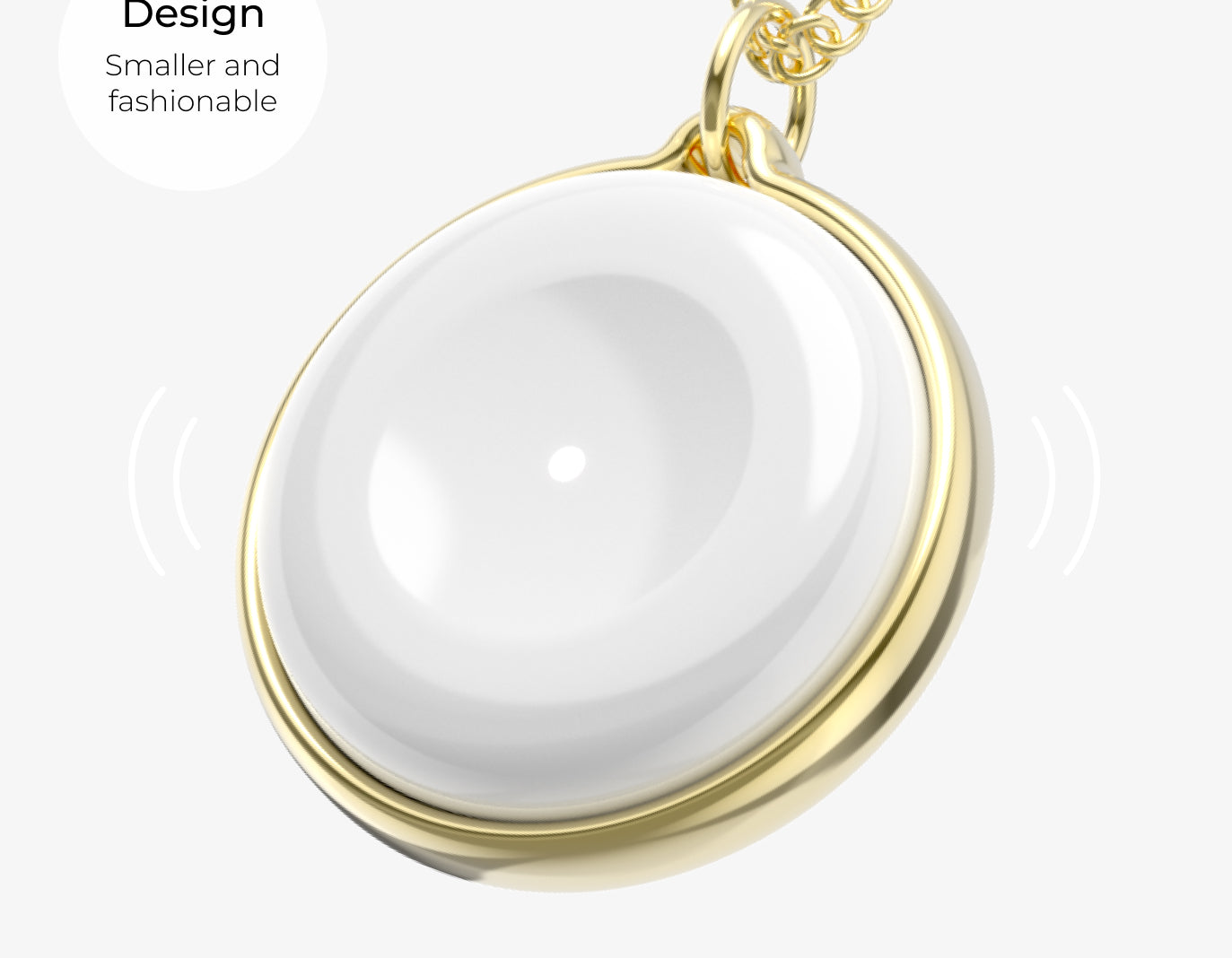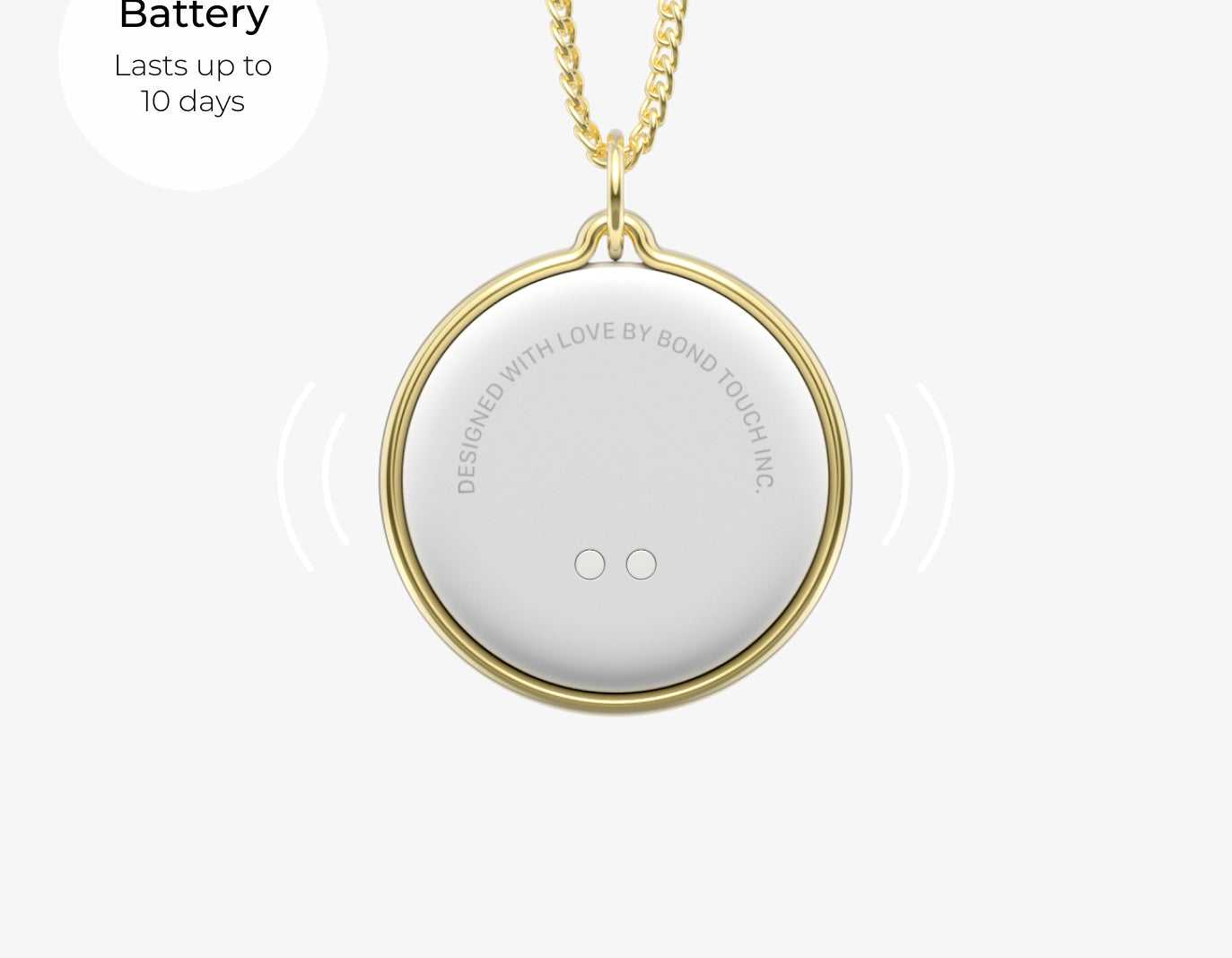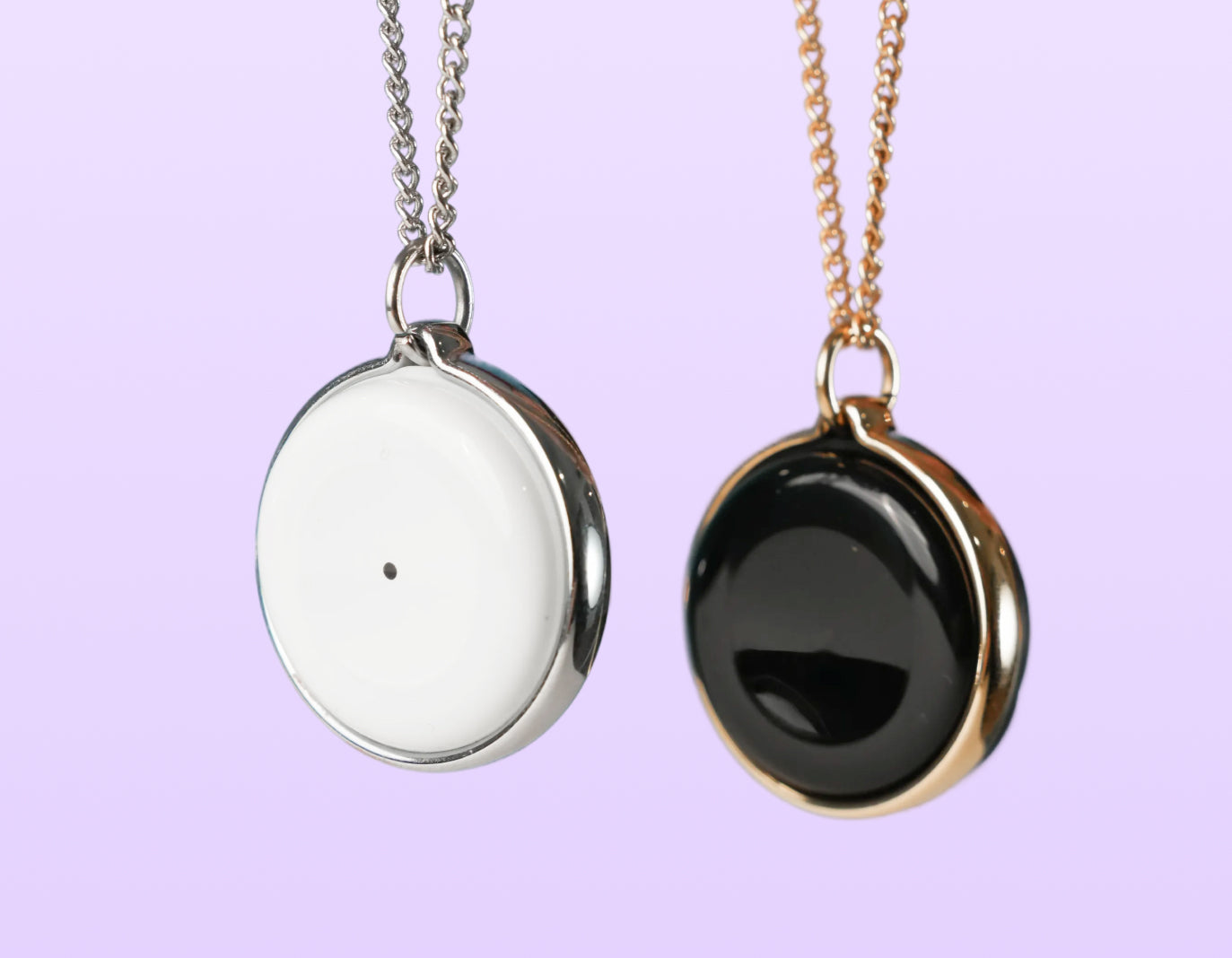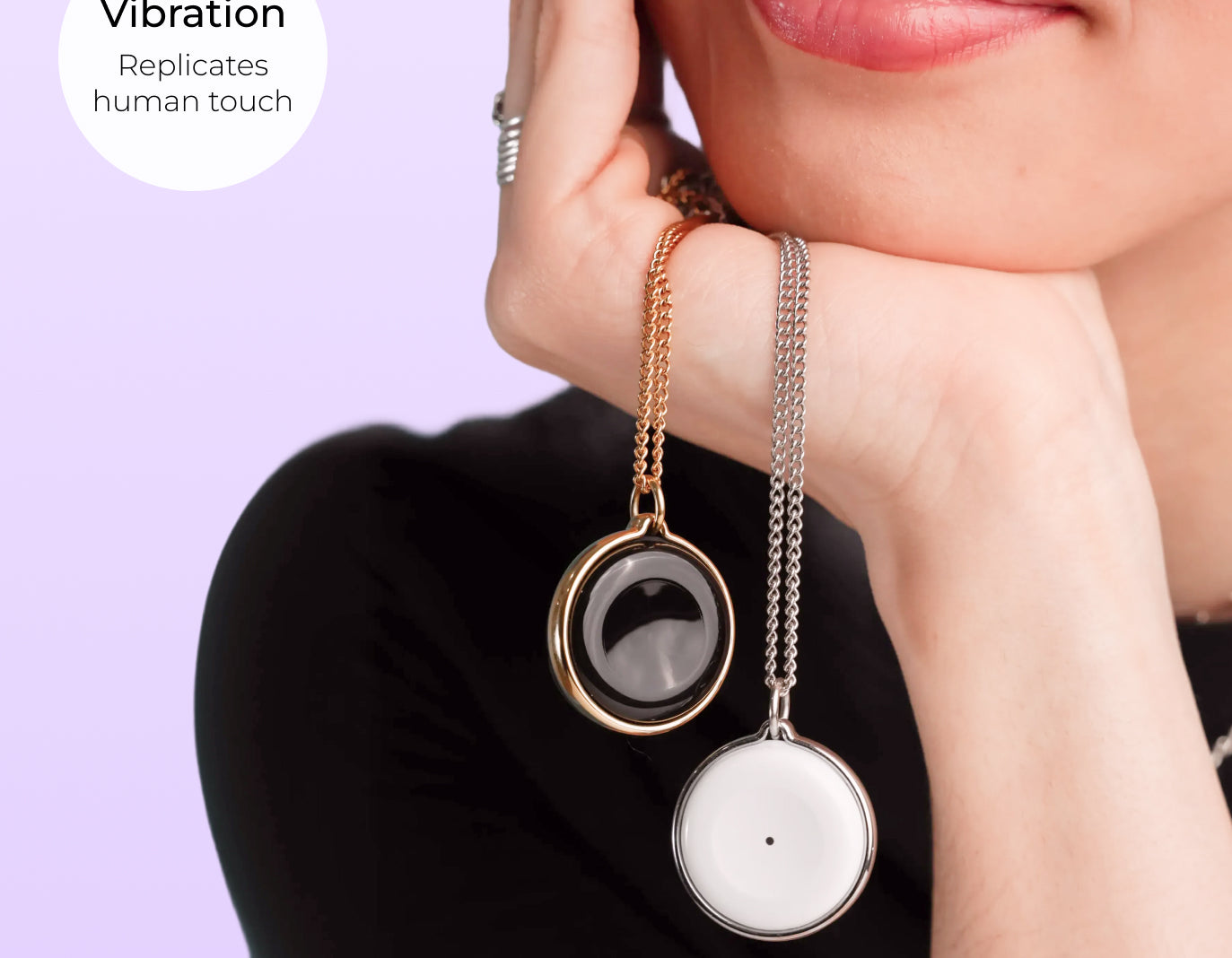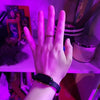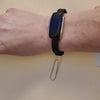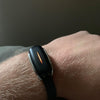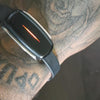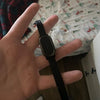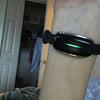Trigger warnings: this piece on broken self-trust explores the personal experience of the writer. It describes a series of consequences of that lack of self-trust that include severe anxiety, depression and self-harm.
Prologue: self-trust and hunting bears.
She pulls out her feelings wheel and tells me to scan my body. What do I notice? What am I feeling?
“Thoughts are not feelings,” she says.
“Feelings are feelings.”
My therapist assigns me this exercise as homework whenever my anxiety takes over my thoughts. Lately, “unpreferred” thoughts rule my world in the most detrimental ways. They feel debilitating. She explains that these thoughts are not my truth — they’re my brain attempting to make sense of the threats my body is perceiving.
It’s a survival mechanism.
This process is designed to keep me safe, but I certainly don’t feel safe.
The problem is that our brains aren’t perfect. In fact, they often make mistakes. They’re works in progress that can’t distinguish real threats (e.g., being chased by a bear) from perceived threats (e.g., saying the wrong thing).
Living with anxiety constantly feels like I’m about to become that bear’s dinner. My brain takes this sensation, and suddenly I’m in survival mode: spiraling down thought patterns that I don’t believe in yet definitely feel true. And when you don’t know that those aren’t your actual beliefs, they can derail your entire sense of self. That’s what happened to me.
Age 5: Overwhelmed. Gaslighted. Terrified.
I can’t leave my parents’ side at the grocery store. Whispered “Sorry”s pour out of my mouth as I keep accidentally stepping on the backs of their shoes. I don’t mean to, but I need to be as close to them as possible.
I’m terrified of being alone.
They tell me to go to the next aisle to pick out granola bars for the school week ahead. School is terrifying too. And walking over to the next aisle by myself?
No way.
I can’t do that.
But they nudge me along, telling me I’ll be okay. I don’t believe that, but I also know that if I don’t go, I won’t get my granola bars (and I really want granola bars). I hate both options, but the longer I refuse, the more shame I feel, and the more this feels like a life or death situation.
***
Even at the time, I knew it seemed silly. But my fears didn’t exist within the activity itself: my problems were with trust.
I didn’t trust my own competency, that I’d be able to get by even if they didn’t go as planned. What ifs scrambled my brain. What if my parents are gone when I come back? What if I don’t have anyone to play with at recess tomorrow?
I didn’t trust that I’d be able to work through it or that embarrassing myself wasn’t detrimental.
I didn’t trust unpredictability either.
I didn’t trust myself.
Anxiety overwhelmed me at age five, gaslighting me into believing that I couldn’t even protect myself. Knowing that my fears weren’t logical only made it worse. Who can I trust if I can’t even rely on my brain to inform my thoughts and feelings accurately?
How can I believe that the world isn’t going to hurt me?
Or that I won’t hurt me?
Age 12: desperate times and desperate measures.
Five-year-old me was right.
I can’t trust that I won’t hurt myself because that’s exactly what I do now. The anxiety I carried as a child waxed and waned, but now it’s at an all-time low.
Anxiety turned into depression, and depression turned into self-harm.
I feel helpless. Worthless. Numb and apathetic.
The world hurts me. It challenges me on my worst days and offers no condolences on the better ones. And for the record, “better” is all relative. But it’s an emotional pain — mental, even. So while I can’t control this type of internal suffering, I can control a physical one. So I do. I know it’s wrong. Yet, there’s a calmness in holding the deciding vote for once: having something operate under my terms even if it hurts me.
This, I can rule.
It’s wrong, but it’s mine.
—-
In the thick of my pre-teen depression, the darkest time in my life, the entire world sat on my shoulders, crushing me underneath it. I didn’t trust that there was a way out or that I was even worthy of one.
Still, I survived. Though I leaned on resources around me like therapy, music, writing, and community, I decided that it was ultimately me who carried myself through. I was the one who accepted help, who fought through hell just to feel neutral. I even grew resentful that anyone ever “let me” reach such a low point.
So when I found happiness again, I decided no one was ever going to take it away from me. It was mine.
I flipped the script, falsely believing that I was the only person who wouldn’t let me down.
Age 15: safety in cynicism.
The only thing I can trust is that I can trust no one.
Well, that’s a lie.
Sure, I trust people, but not enough to believe they’d catch me if I fall. So, falling isn’t an option. I’m my own safety net, my own knight in shining armor. I have to watch out for myself because no one else will. At the end of the day, it’s just you.
No one else has to care.
But I’m not cynical. It can’t be cynicism if it’s factual, right?
And the fact is that I pulled myself from the deepest valley to the highest summit. No one will ever drag me back down to that place — not if I have something to say about it — especially not a romantic partner.
I find it funny how people get into relationships and become one with their significant other. Actually, it’s not funny: it’s sad. Ninety percent of relationships fail, and those are not odds I’m willing to bet my happiness on — not when I’ve worked so hard to find it in the first place. So that’s why I’ve developed a mantra:
“I won’t rely on anyone else for happiness because others will let me down.”
It’s the one thing I trust to be true.
—-
Of course, I was cynical. I was extremely cynical. I was so scared to wind up in that dark place again that I wouldn’t let myself be vulnerable with people, fearing they’d sabotage my progress. I outwardly believed in my autonomy so strongly, yet I didn’t trust my resiliency.
Now, I still don’t believe in growing dependent on another person for happiness, but that’s not the case 15-year-old me made. I felt that accepting happiness from other people — namely romantic partners — would jinx the whole thing. I feared that the moment I started expecting them to be there, they’d leave me in the dust. And I was not willing to take this chance.
See, I knew what my rock bottom looked like. It nearly killed me. So truth be told, I didn’t think I’d make it out alive if I wound up back in that place again. Though I didn’t know it at the time, I was still in survival mode, constantly searching for hungry bears ready to attack.
Refusing to put my eggs in other people’s baskets comforted me because if they did crack, at least I’d be the one dropping them; I wouldn’t have to use the “I told you so” line on myself. So I carried them all.
But at the time, I also didn’t realize how heavy the basket was. I was so focused on my distrust of others I couldn’t see that the person I truly didn’t trust was me. And this happiness-preservation process was destroying the potential for more happiness to enter my life.
Age 22: that broken self-trust on the mend.
I’m currently 22-years-old, and I’m not going to lie to you by claiming that I’ve cured my self-trust issues. I haven’t. These self-trust issues still burden me.
My wiser self knows that ups and downs are a natural part of life. I would never take all my sadness away, even if I could. Yet I’m intimately aware that vulnerability involves handing over that basket and feeling the bear chase begin. And I still don’t feel capable of surviving that.
So instead, I continue proudly strutting my “independence,” though I know I’ve caused myself a lot of loneliness over the years.
And I mourn the relationships I’ve lost because I couldn’t break down the walls I built.
I’ve spent years examining my relationship with relationships, desperately wondering why running away before it gets real always seems to be my preferred path. I’ve pathologized myself, questioned my romantic orientation, and wondered if my platonic relationships made my need for companionship obsolete.
(They haven’t.)
It wasn’t until this year that I finally started connecting the dots. My therapist invited me to join her trauma workshop, where we’d spent three days learning how to rewire our brains by identifying:
- Traumatic events in our lives
- Learned responses we subsequently developed and what they were trying to protect us from
- Unpreferred thinking patterns we engage in that reinforce our learned responses
- How to choose new, more preferred thinking patterns that reflect our true beliefs and actively engage with those instead
These exercises forced me to dig deep, exposing thought patterns I didn’t know I participated in and experiences I didn’t realize were still influencing my life. I never knew I struggled with self-trust. I certainly never expected that self-trust could be the string tying my five-year-old grocery store anxiety with my 22-year-old instinct to carry everything alone.
I still don’t have a solution.
I haven’t successfully rewired my brain. I can’t offer you a beautiful, happy ending to tie up my self-trust journey. But understanding my thought patterns’ evolution has been immensely validating.
Self-awareness is messy and icky and heartbreaking.
Changing habits can feel impossible. Still, every time I remind myself that the bear isn’t actually chasing me, I feel like I’m one step farther away from survival mode and towards genuine safety.










